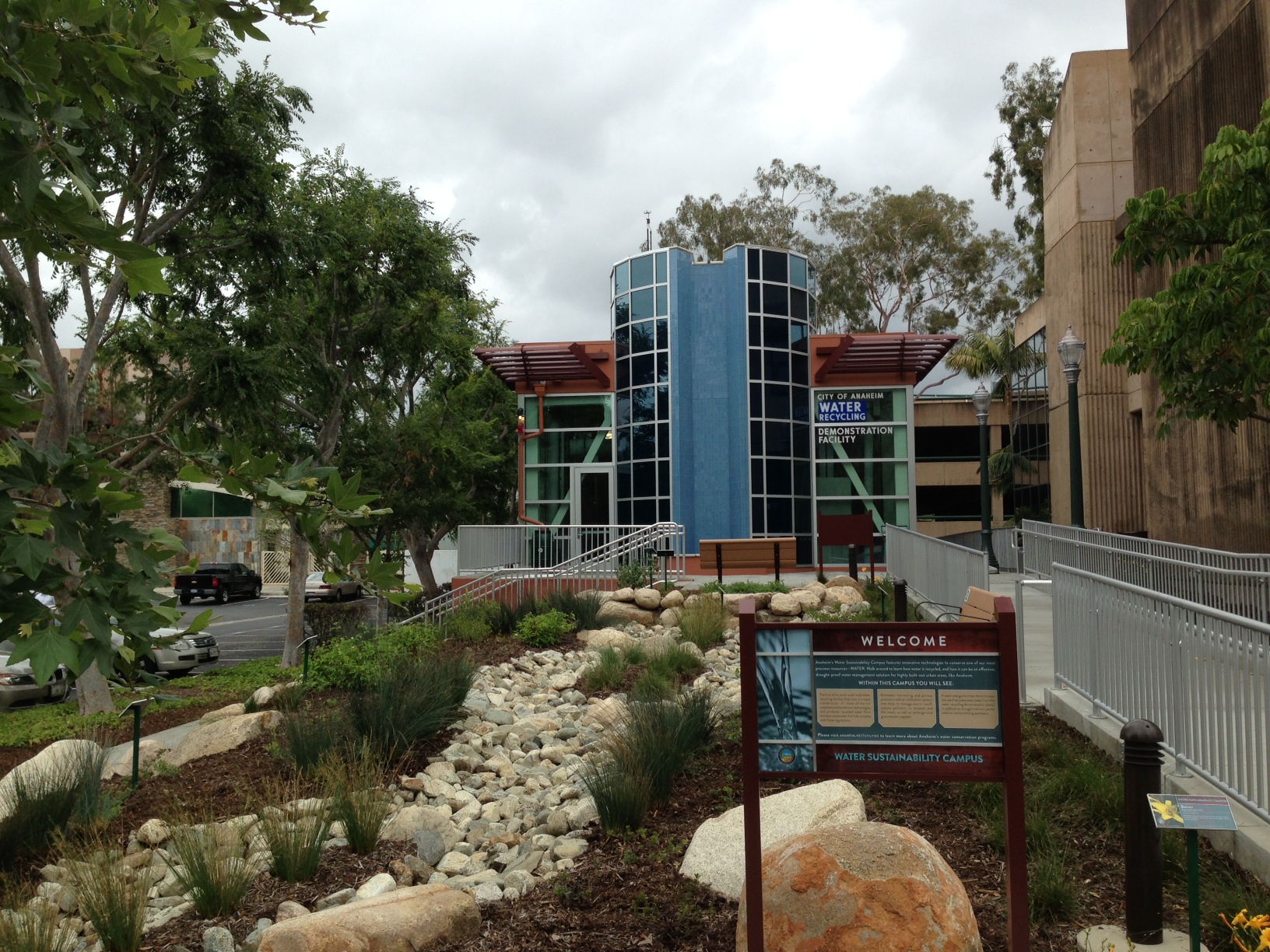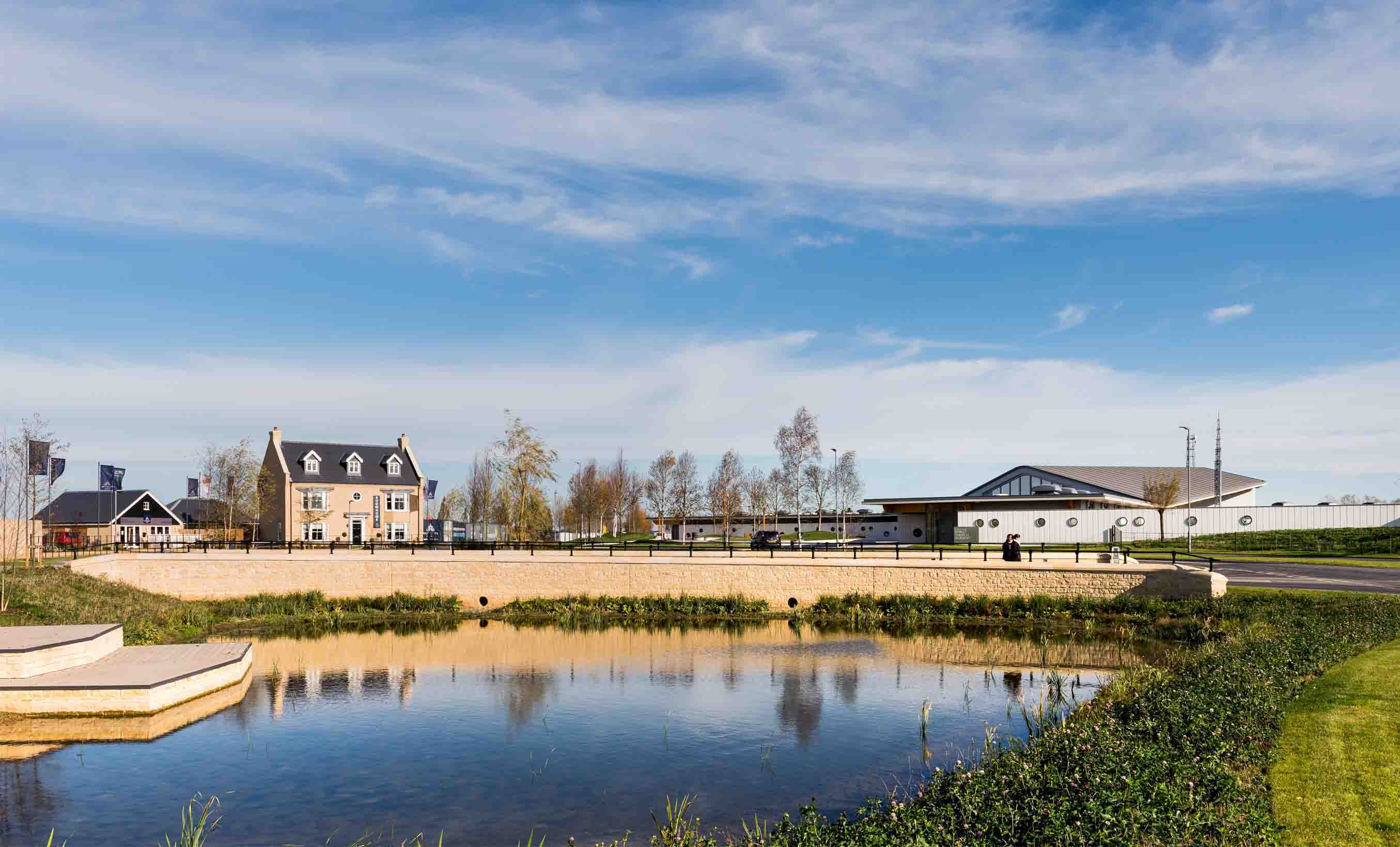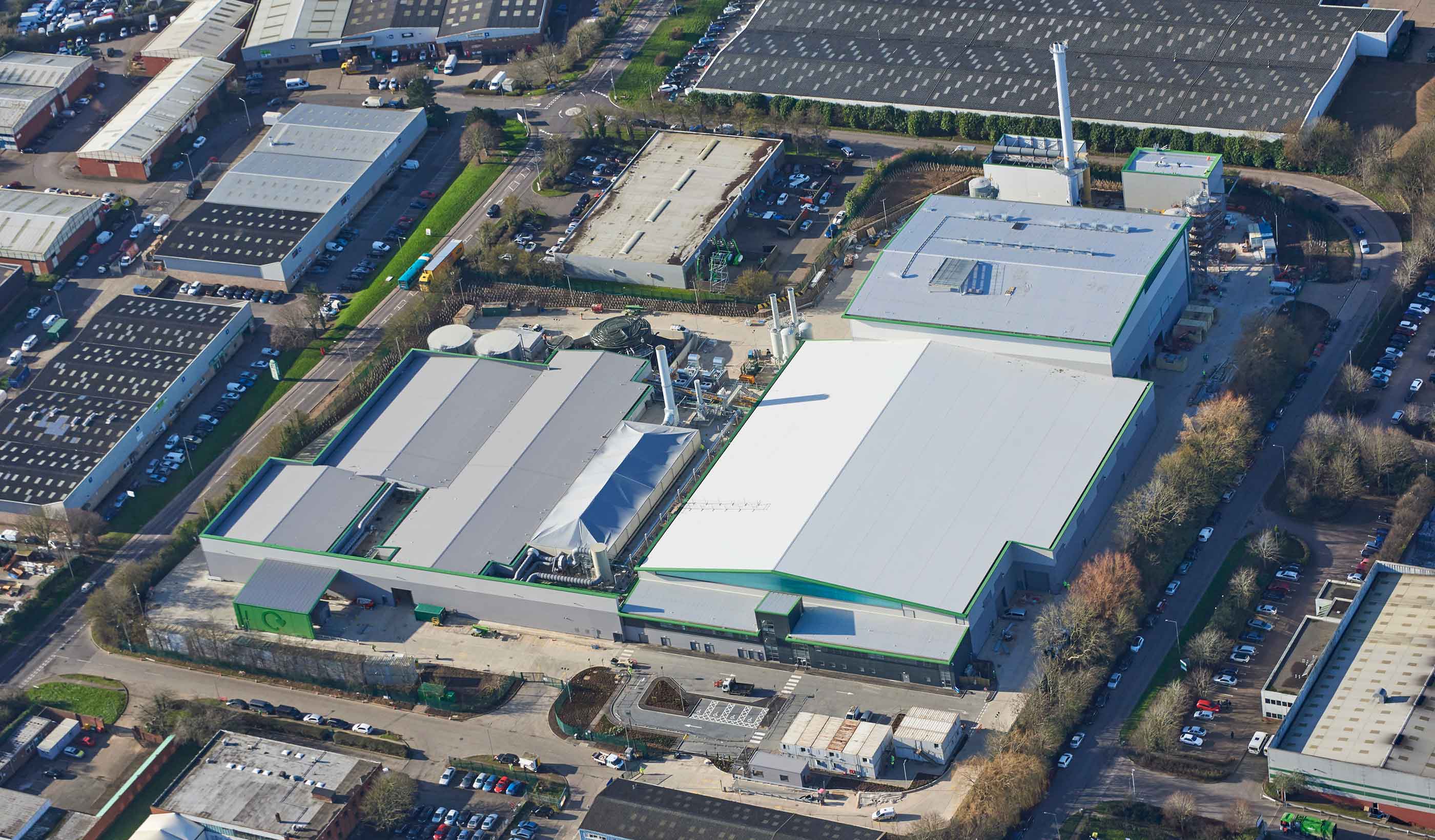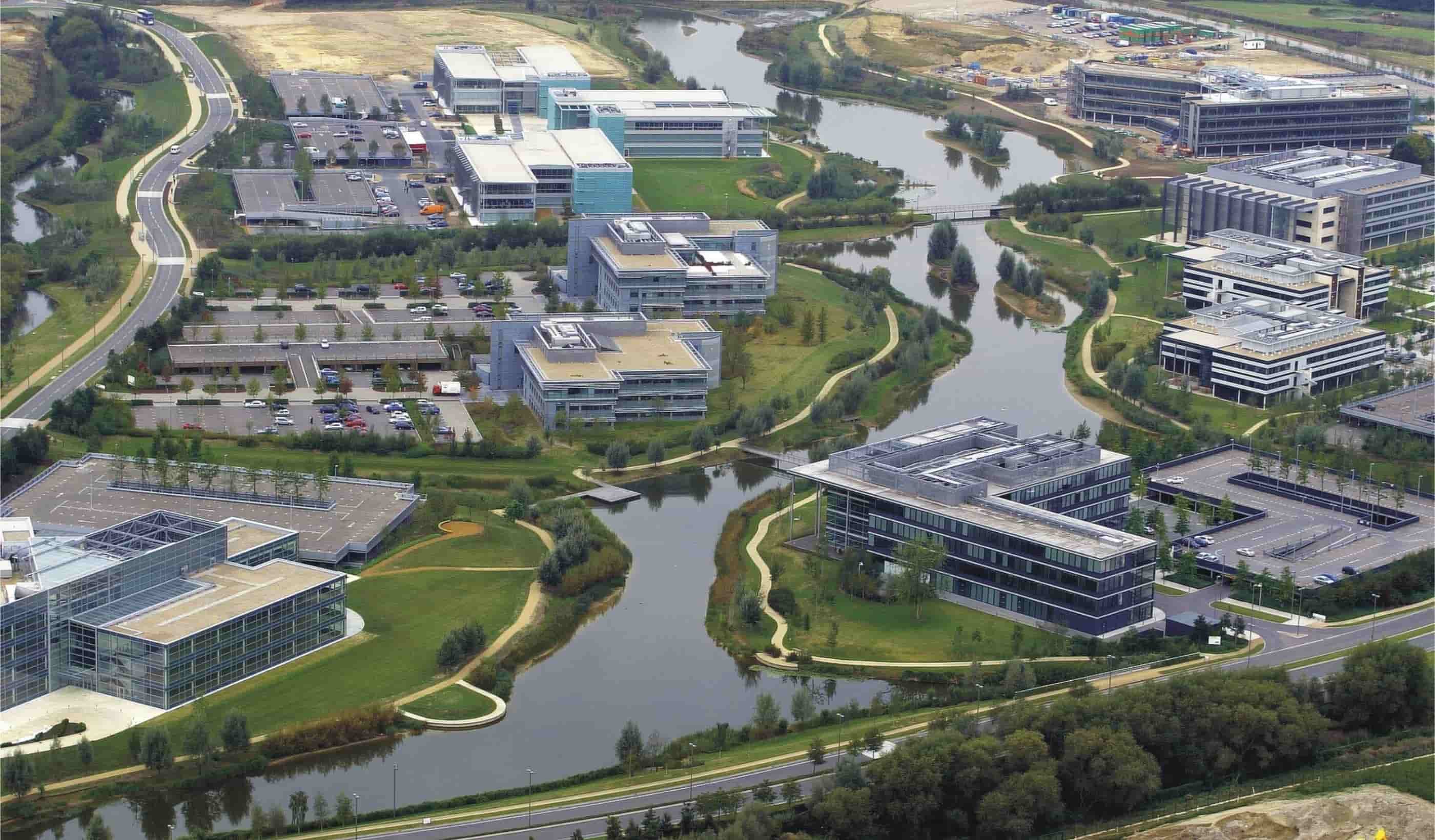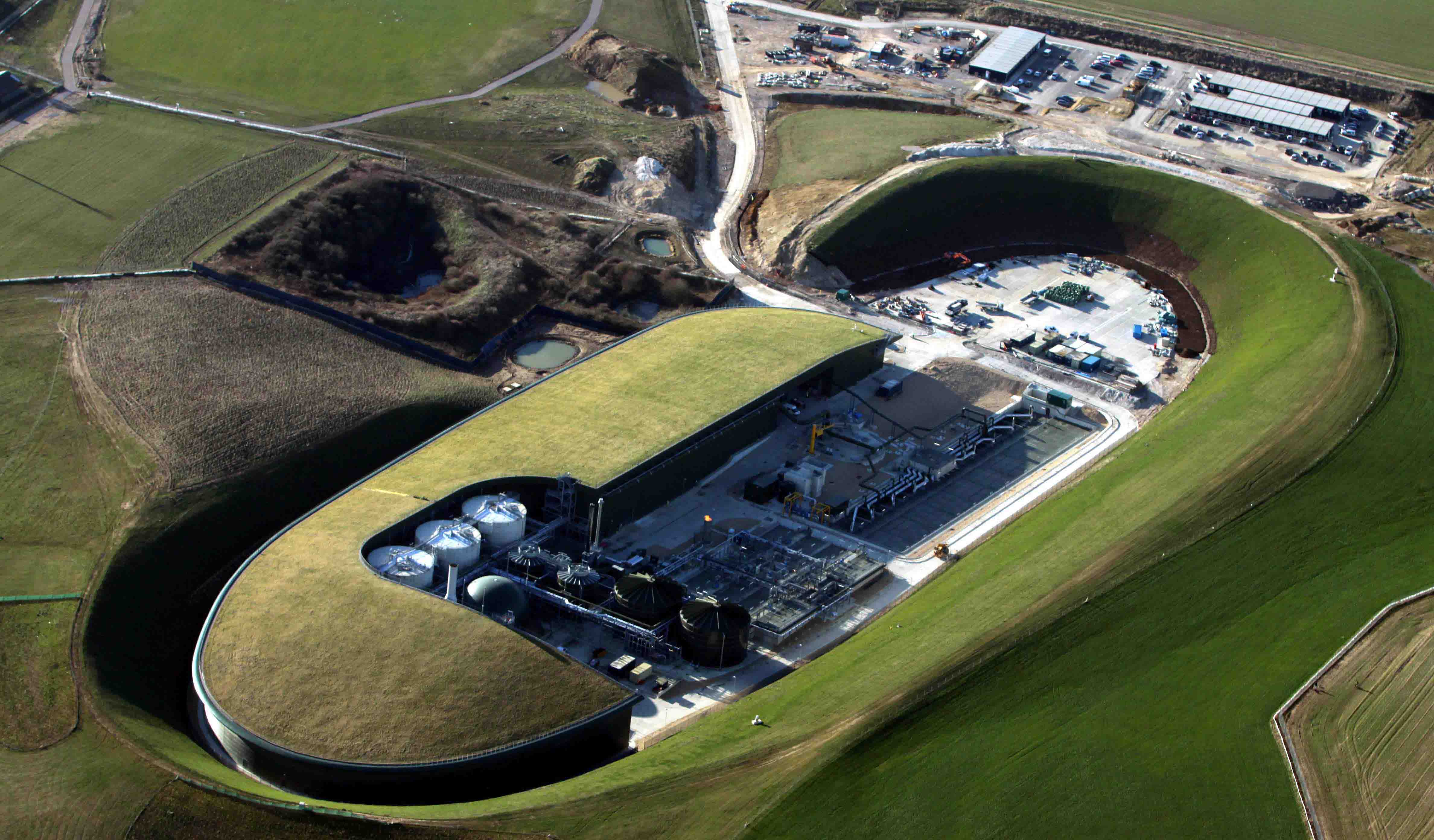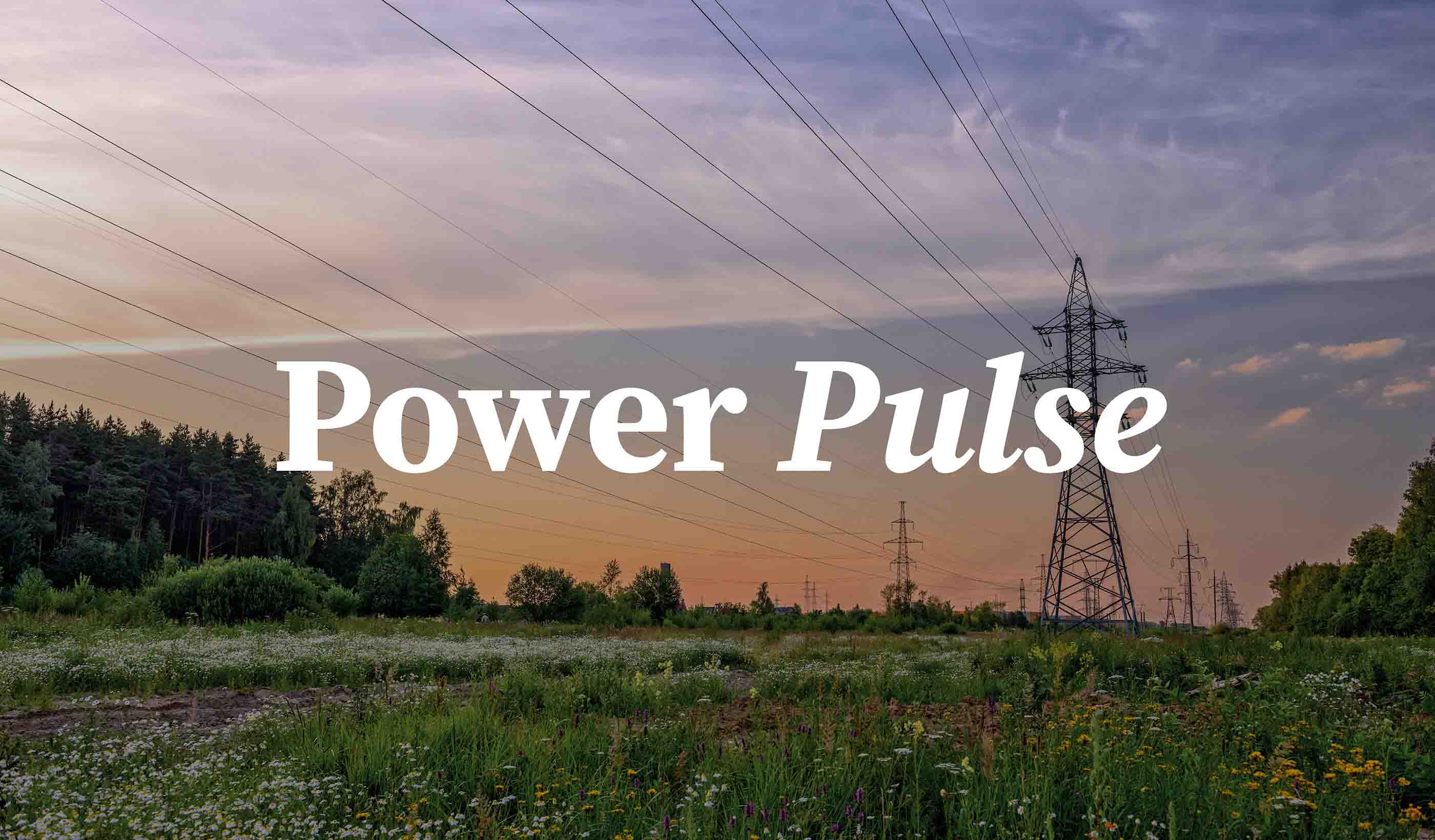-

Blog Post Sustainable timber engineering: A structural solution for the UK’s life sciences sector
-
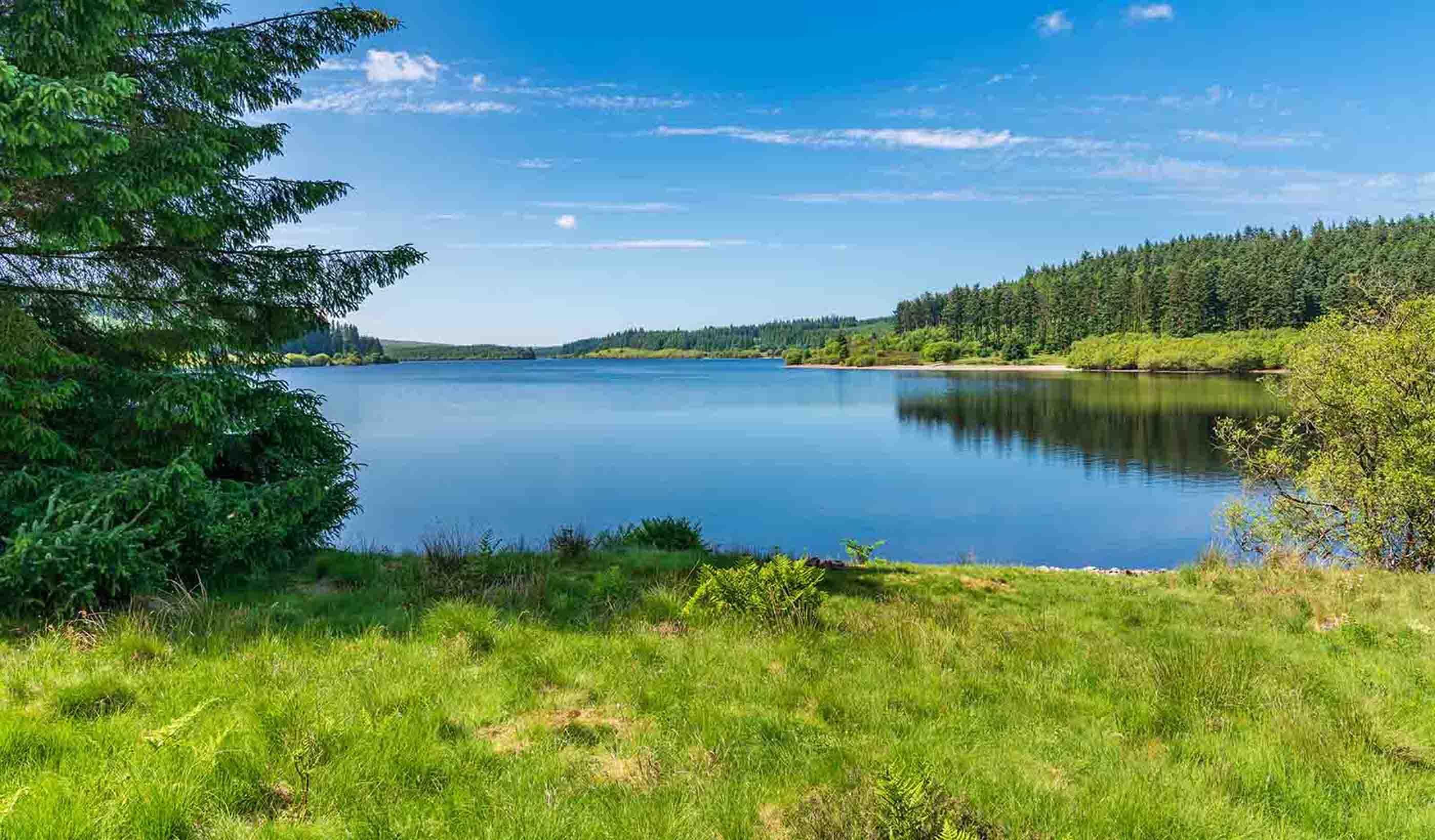
Published Article Moving forward together: A new era beckons the UK water sector
-
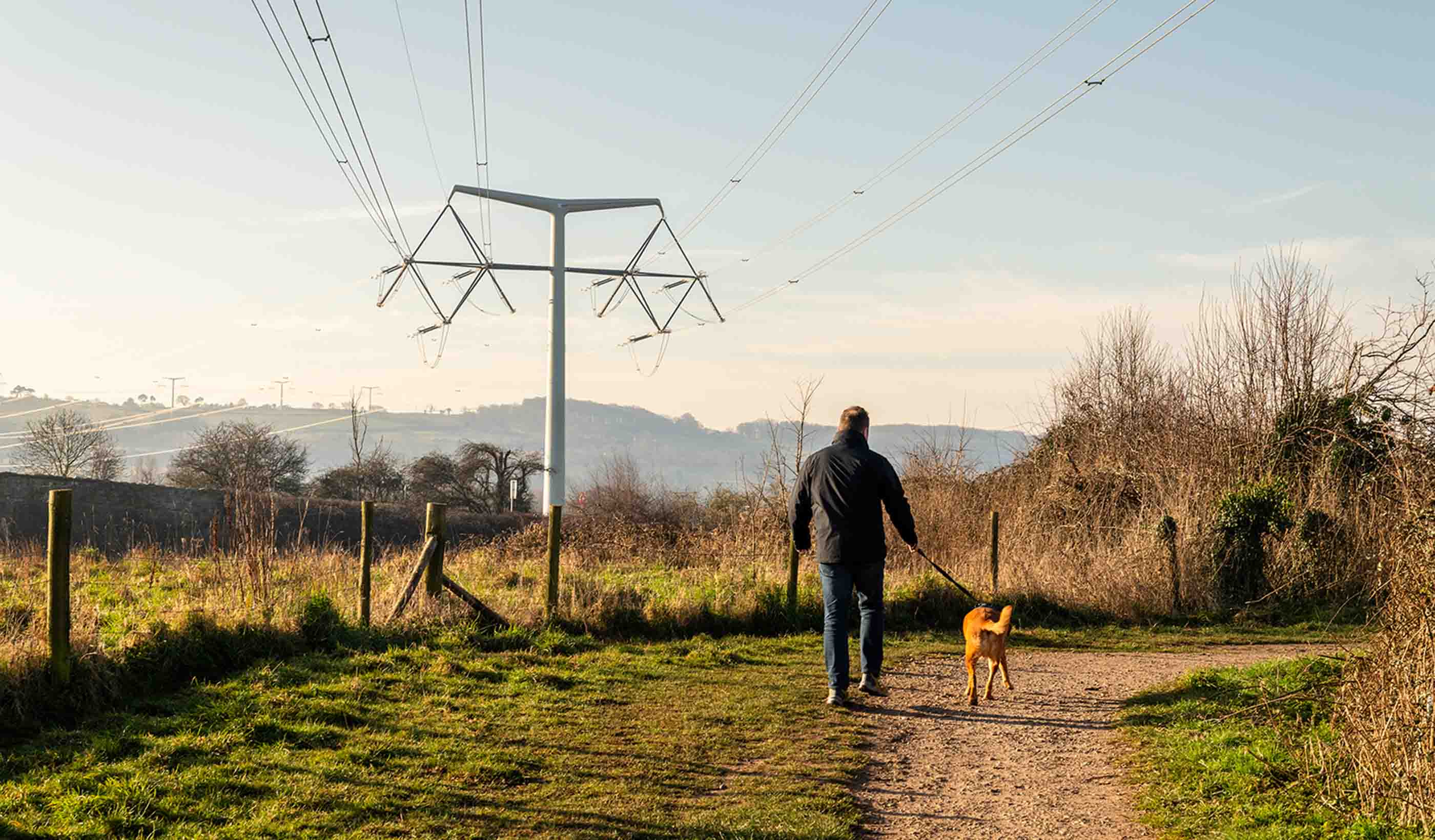
Blog Post Bringing social value to the grid: A roundtable on transmission and distribution
-

Blog Post What are the steps for designing new communities in England?
Ideas
Explore the trends, innovations, and challenges impacting the built and natural environments.
All Ideas
-
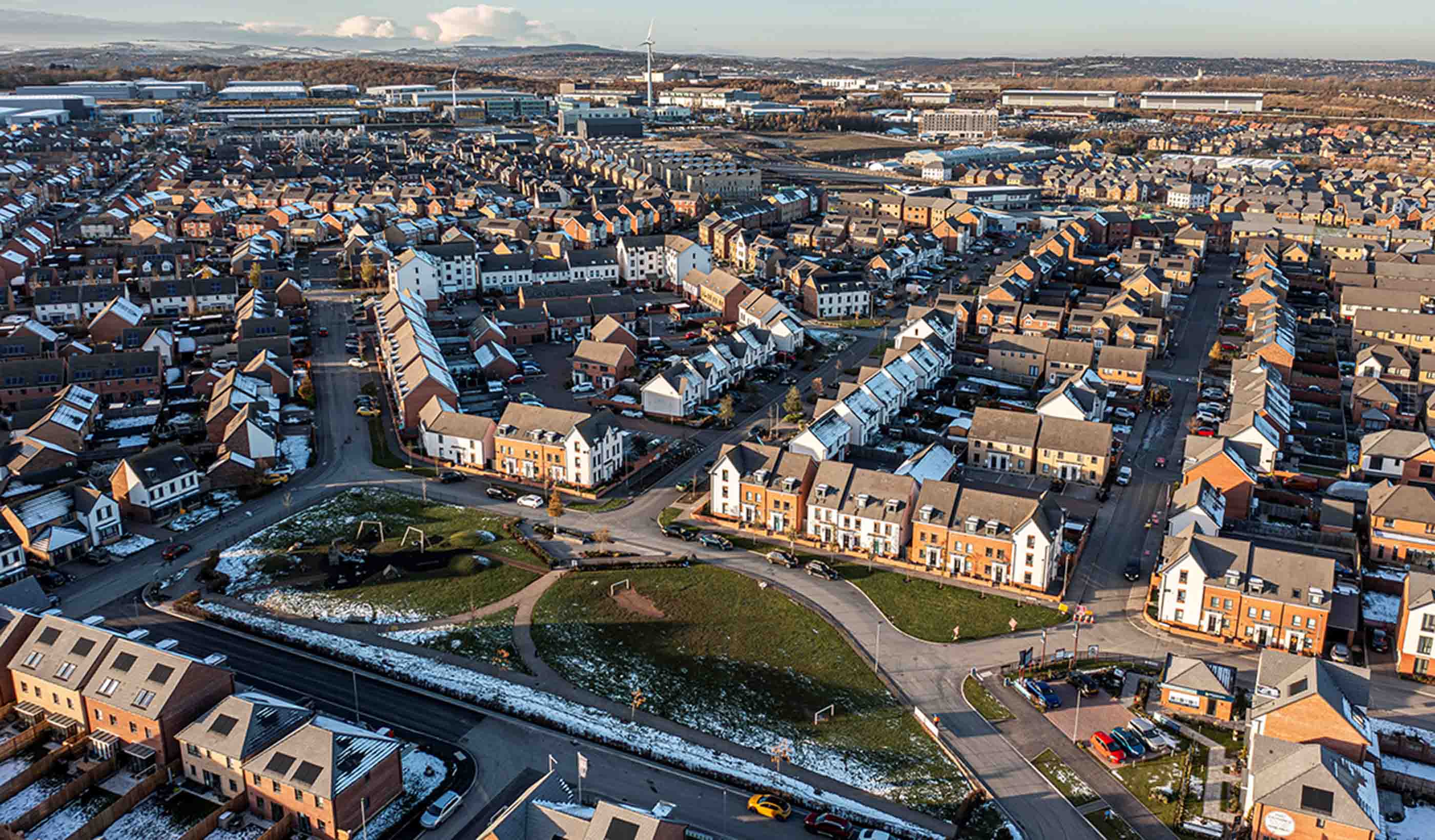
Blog Post Insight-led thinking: Bringing the industry together to deliver new towns in England
-

Report New towns: Creating communities, building trust, realising the opportunity
-

Published Article Moving forward together: A new era beckons the UK water sector
-

Publication Power Pulse October 2025 │ Progress towards Clean Power 2030
-

Video Building Dubai’s first integrated cancer hospital using Autodesk Forma
-

Video Shaping a cleaner future through better air quality monitoring
-
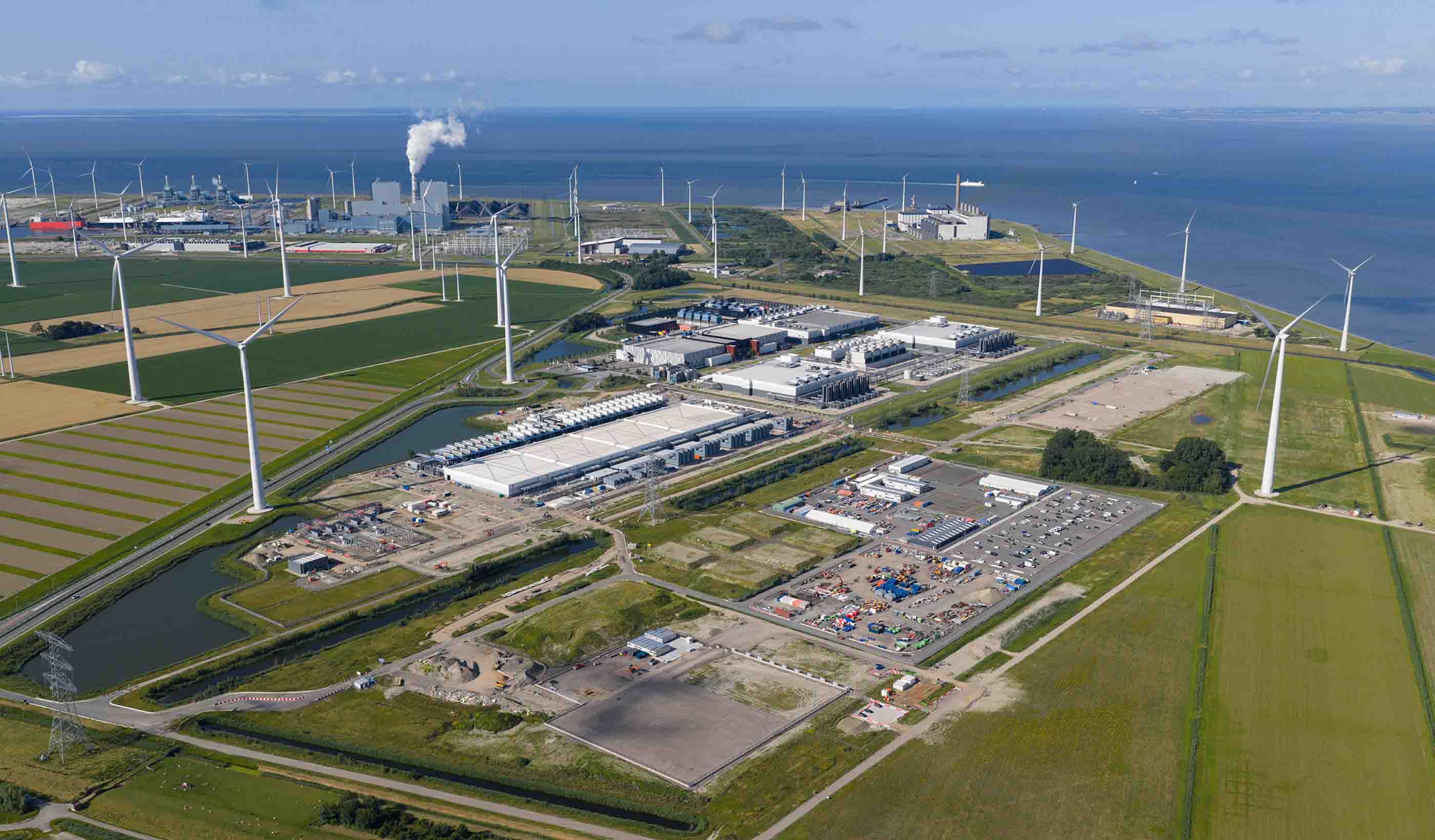
Blog Post Renewable energy is key to building the most sustainable data centres
-

Blog Post Sustainable timber engineering: A structural solution for the UK’s life sciences sector
-

Blog Post Bringing social value to the grid: A roundtable on transmission and distribution
-

Blog Post Data centre power: Using the gas network and hydrogen to power data centres
-
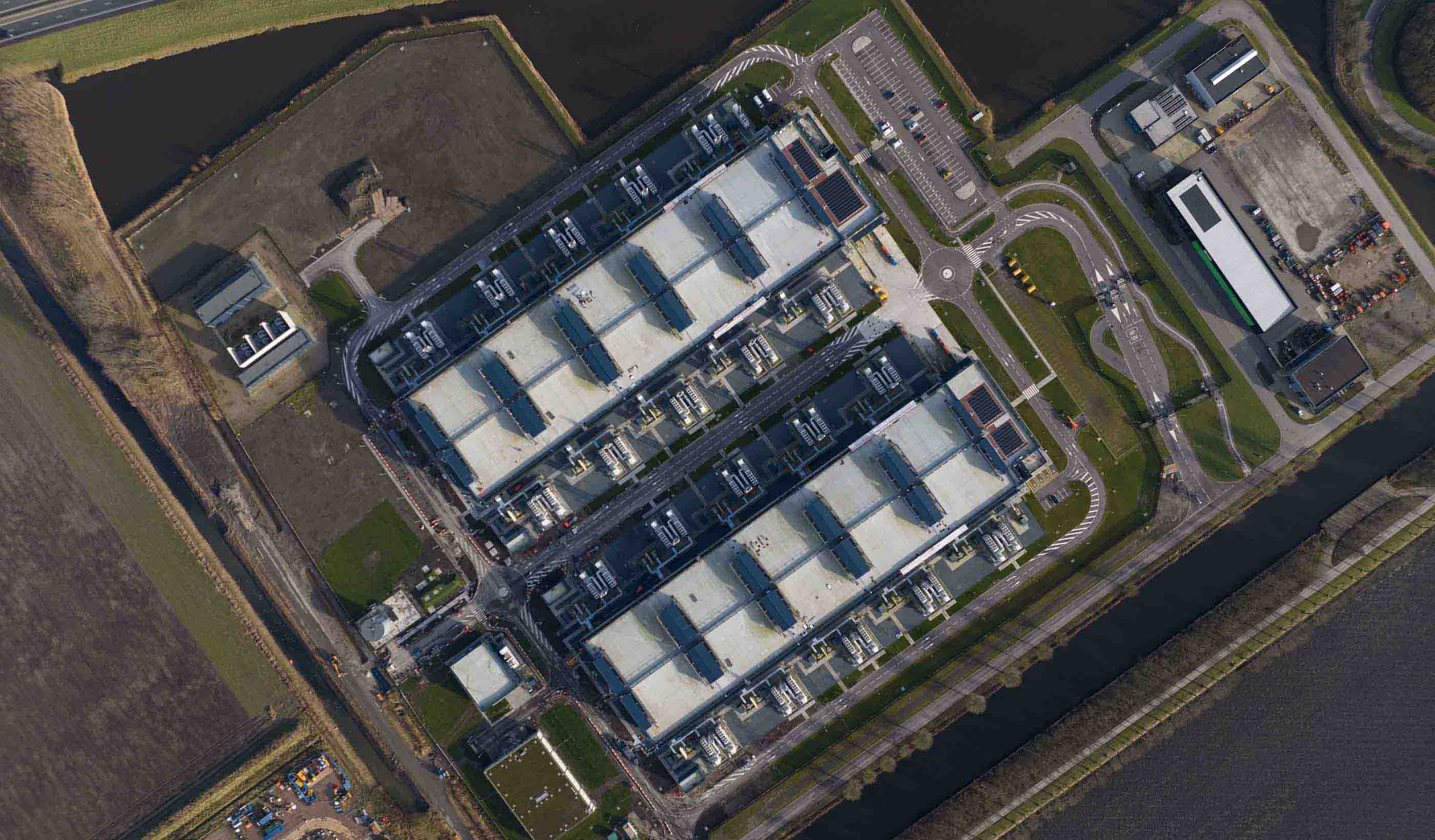
Blog Post Roundtable: Data centre design, power, and the growing need for public engagement
-

Podcast The SCOPE: Designing sustainable data centres
-

Podcast The SCOPE: Powering the UK’s data centres—the need for new ideas
-

Blog Post What are the steps for designing new communities in England?
-

Podcast The SCOPE: Data centres and net zero communities
-
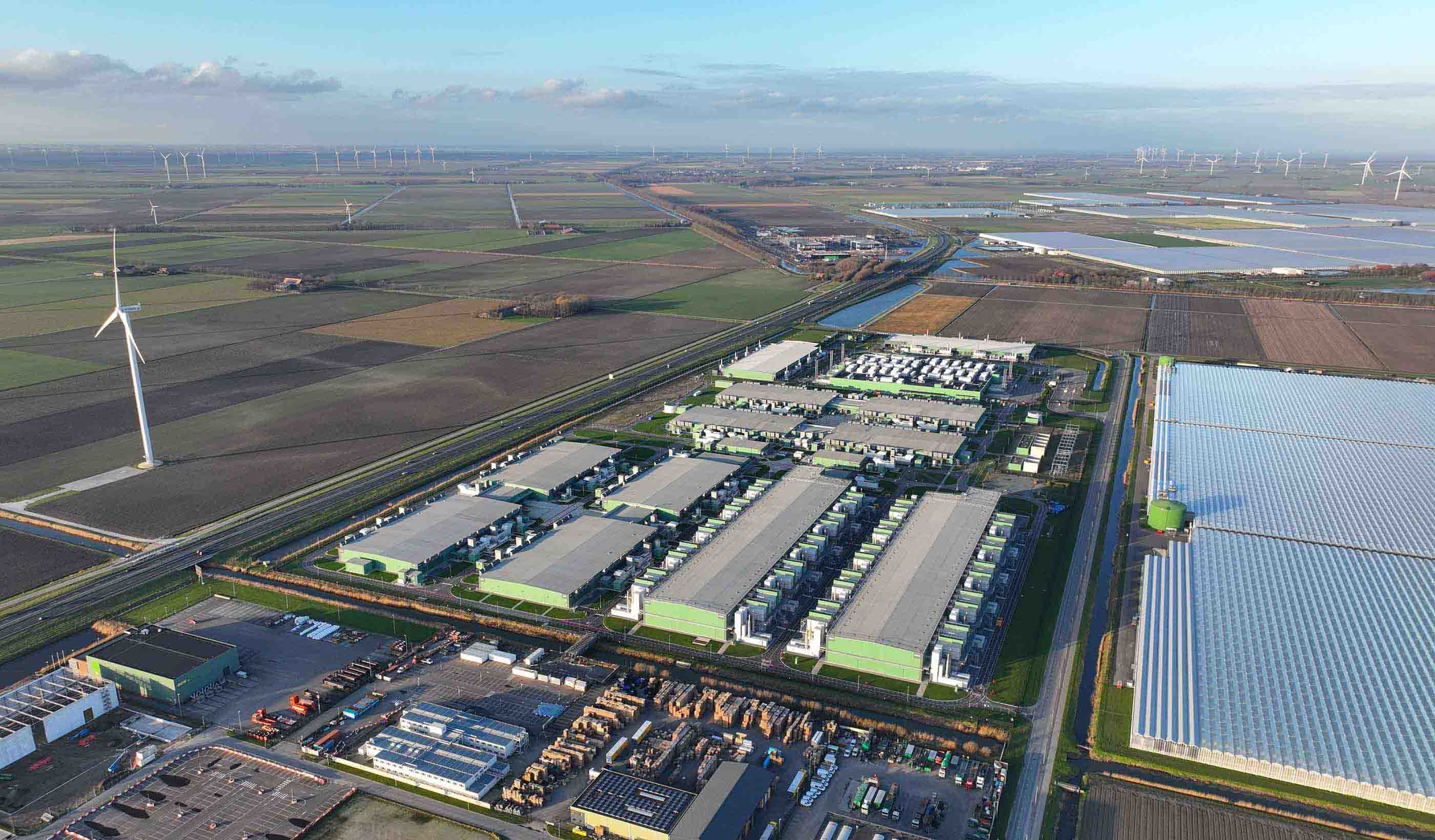
Blog Post 3 ways material choices can improve data centre construction and reduce carbon
-
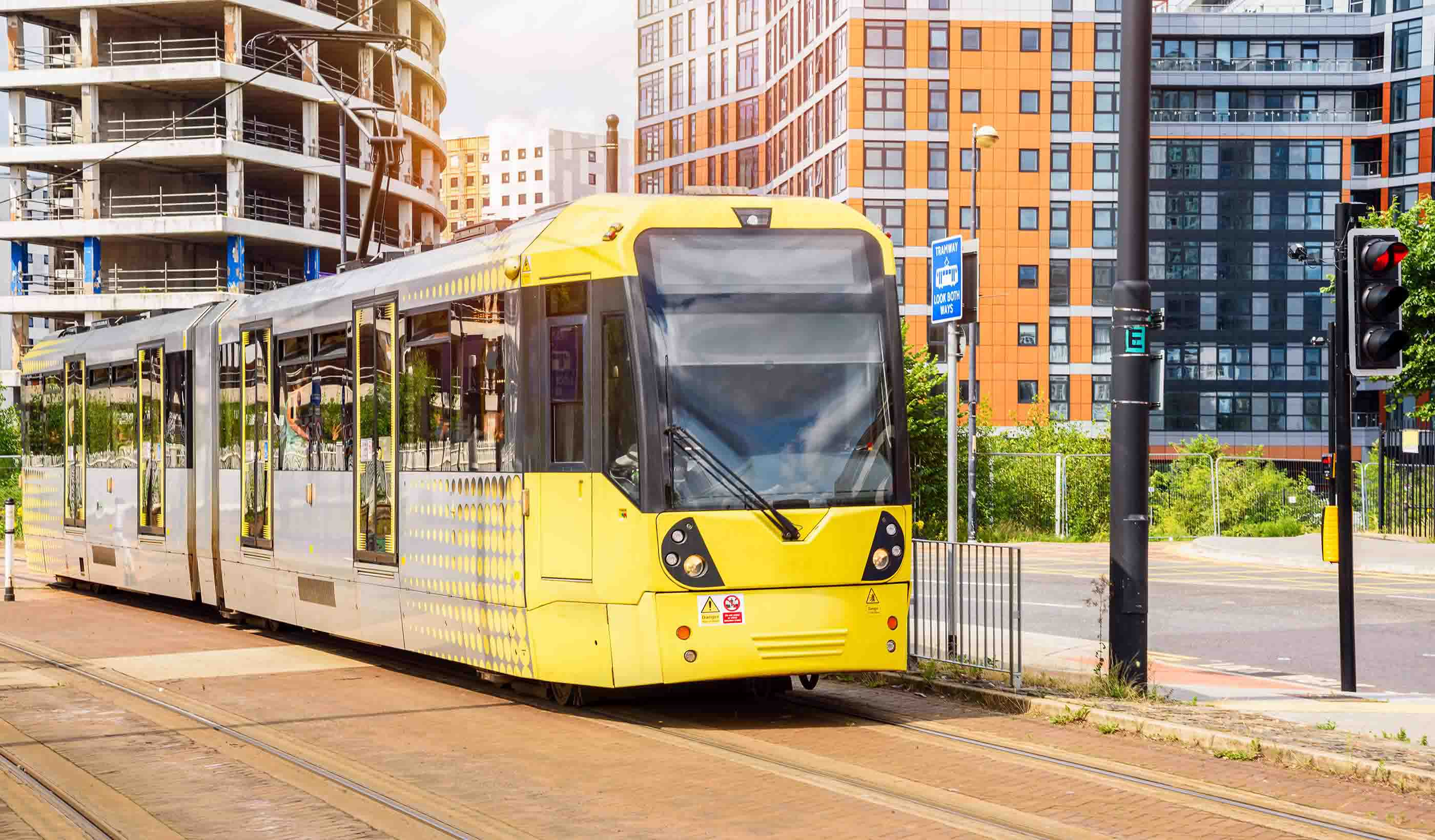
Blog Post Interchange: How transforming transport will drive growth and better UK mobility
-
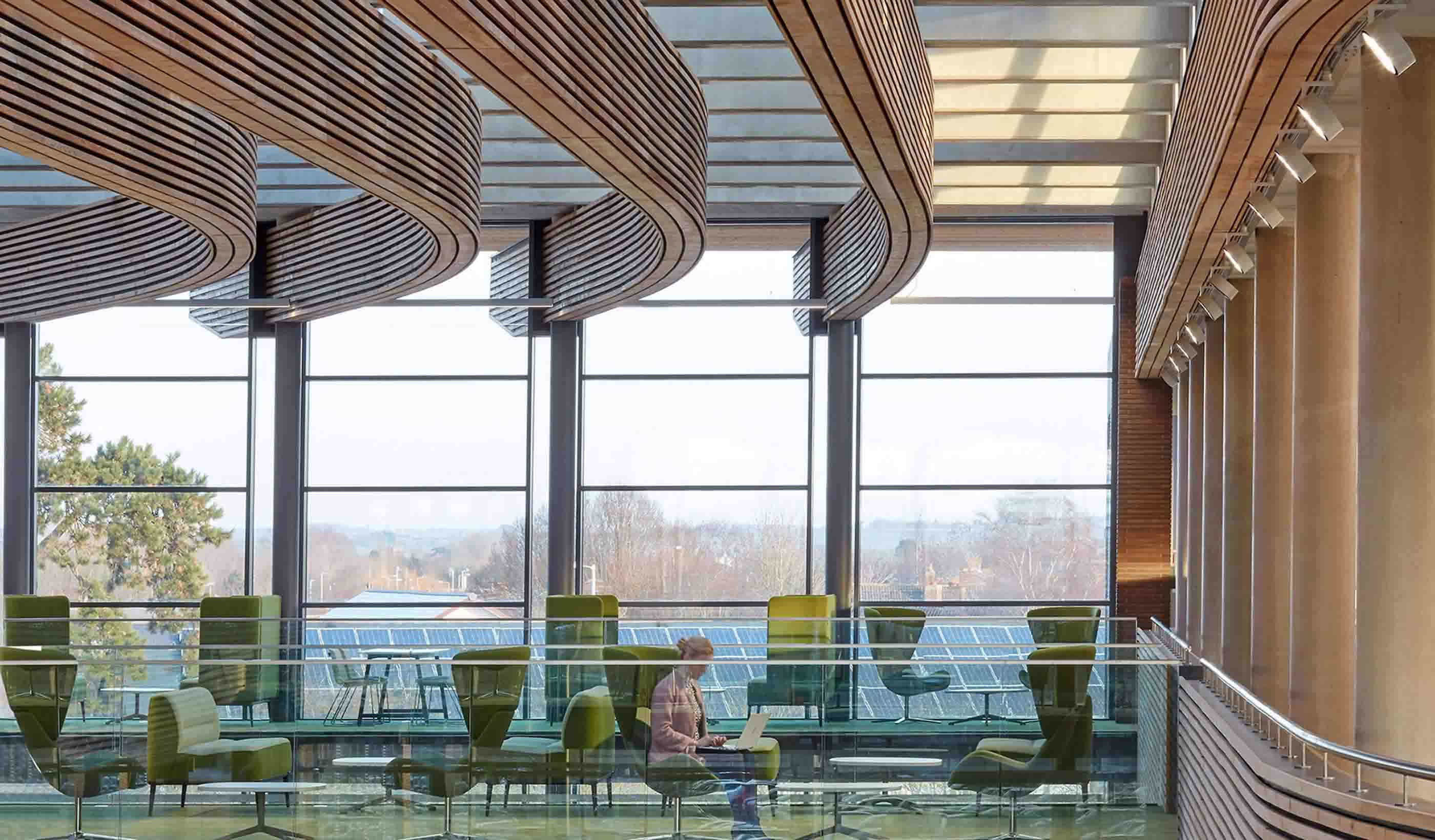
Blog Post Adapting to climate change: An evidence-based approach to the built environment
-
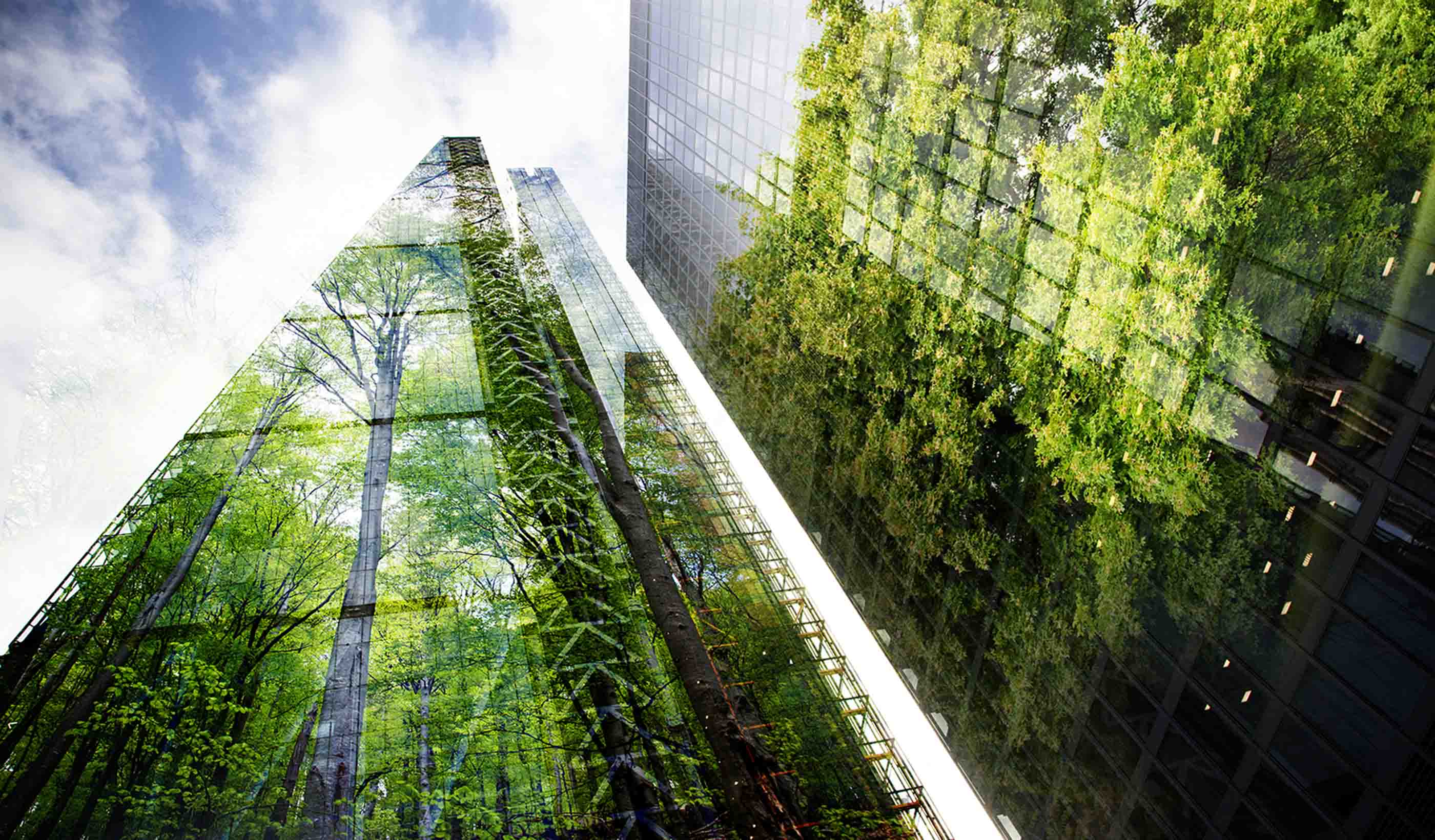
Podcast Stantec.io Podcast: The impact of nature-based solutions in design and engineering
-
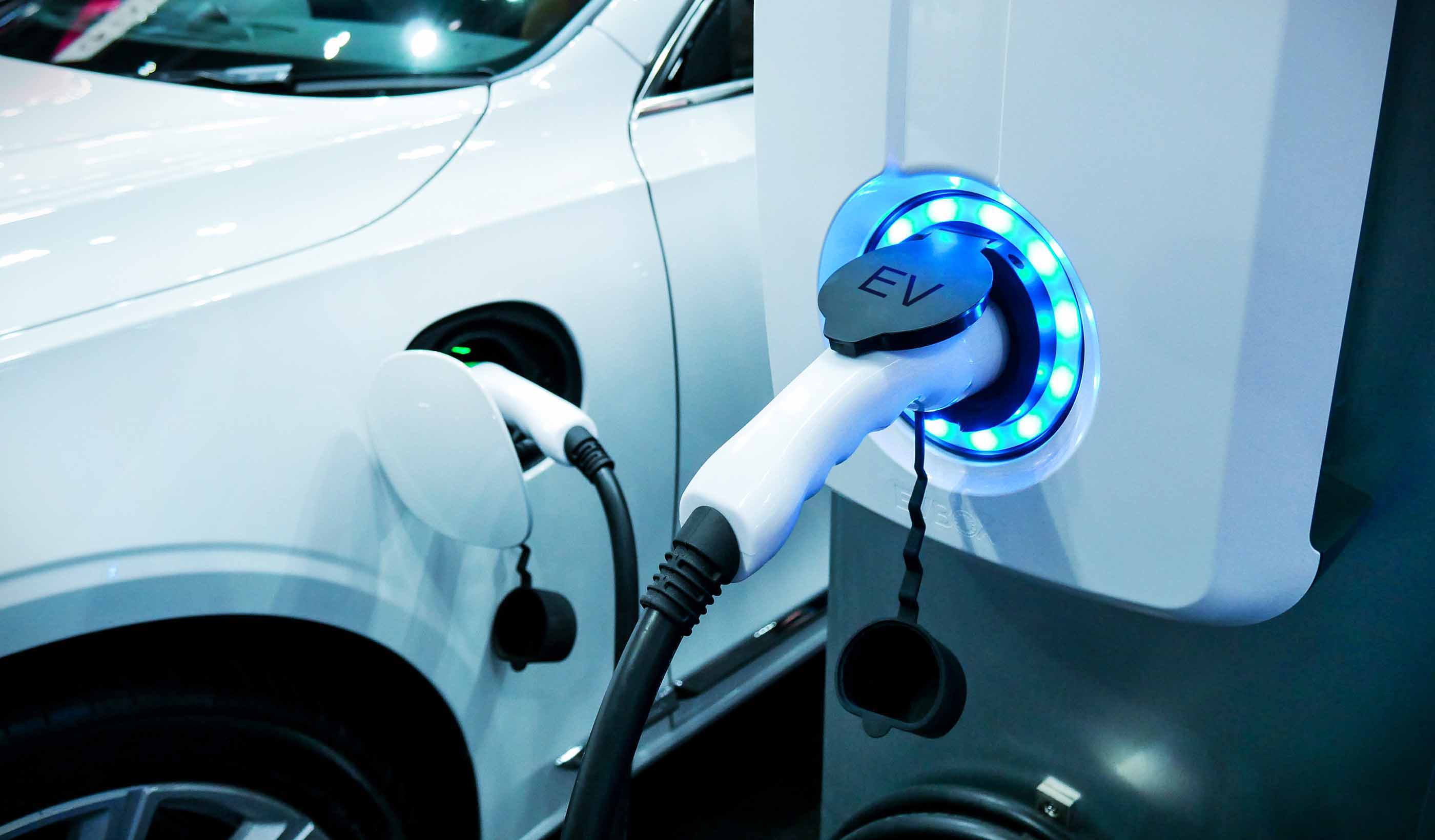
Podcast The SCOPE: Smart grids—what are they?
-

Blog Post Roundtable: Time for momentum on ambitious local plan making
-

Podcast The SCOPE: Understanding the Building Safety Act
-
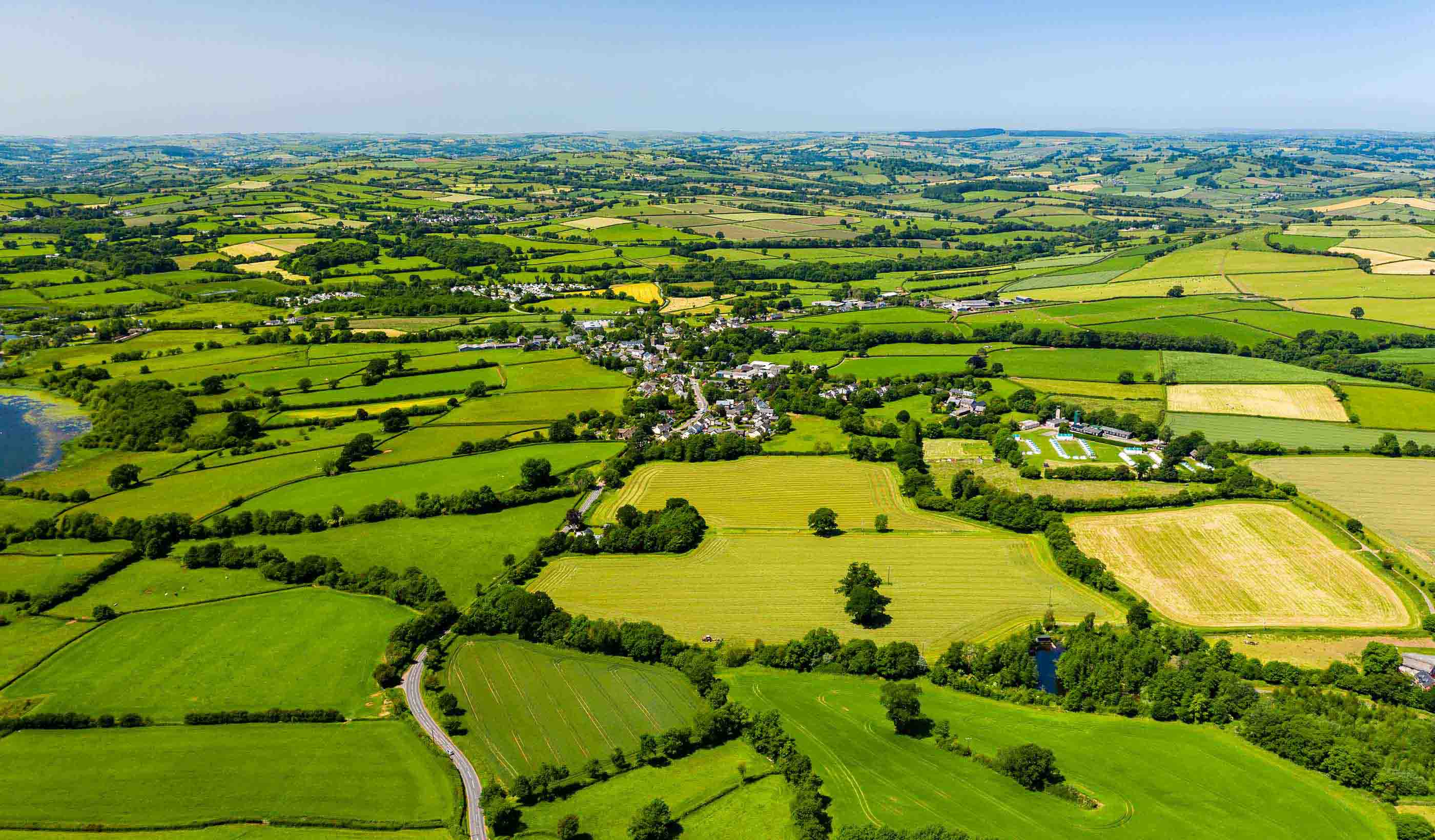
Blog Post How to achieve balance with compulsory purchase orders
-
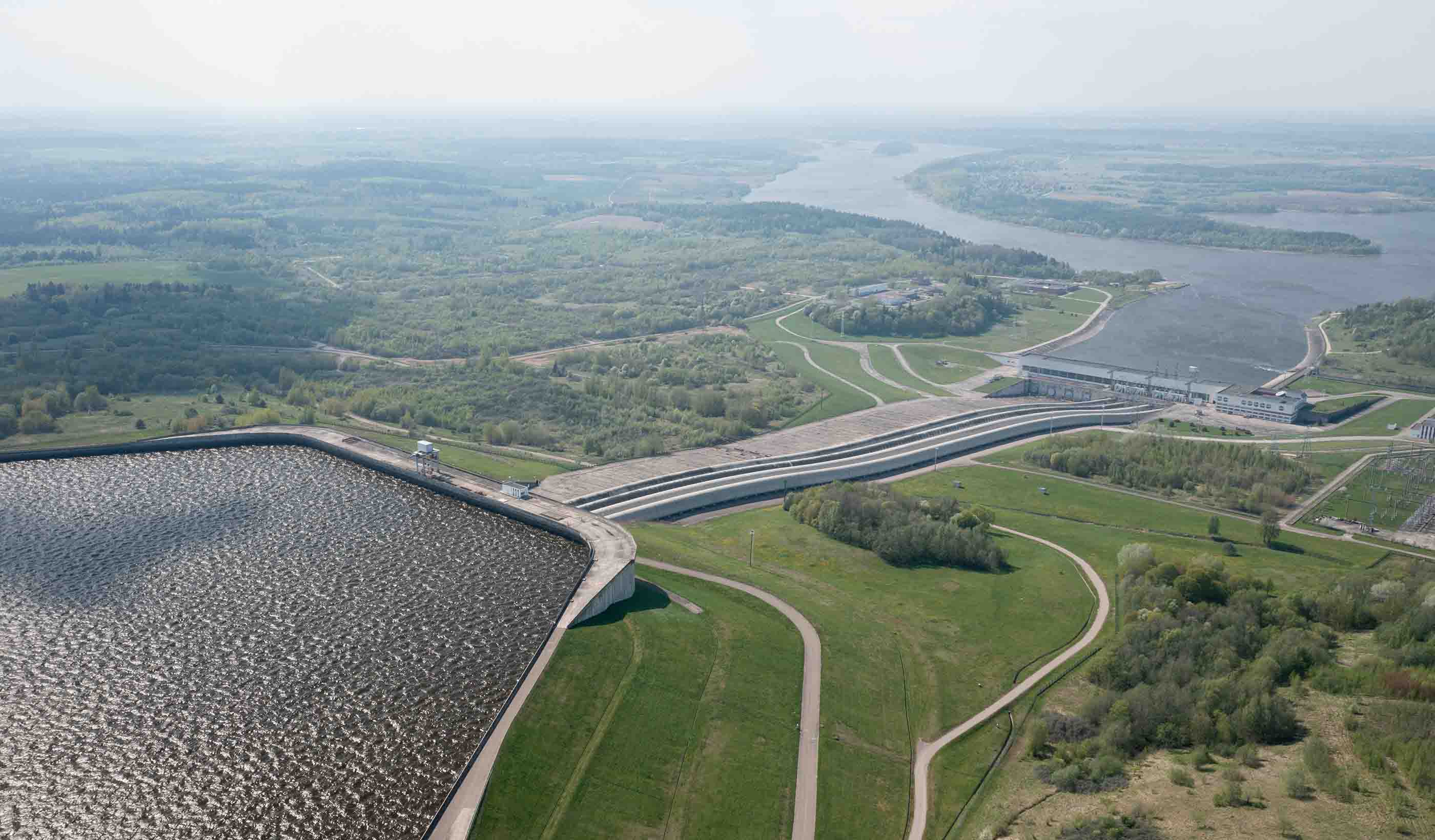
Podcast Stantec.io Podcast: How pumped storage hydropower can help the global energy transition
-

Podcast The SCOPE: Culture change and the Building Safety Act
-
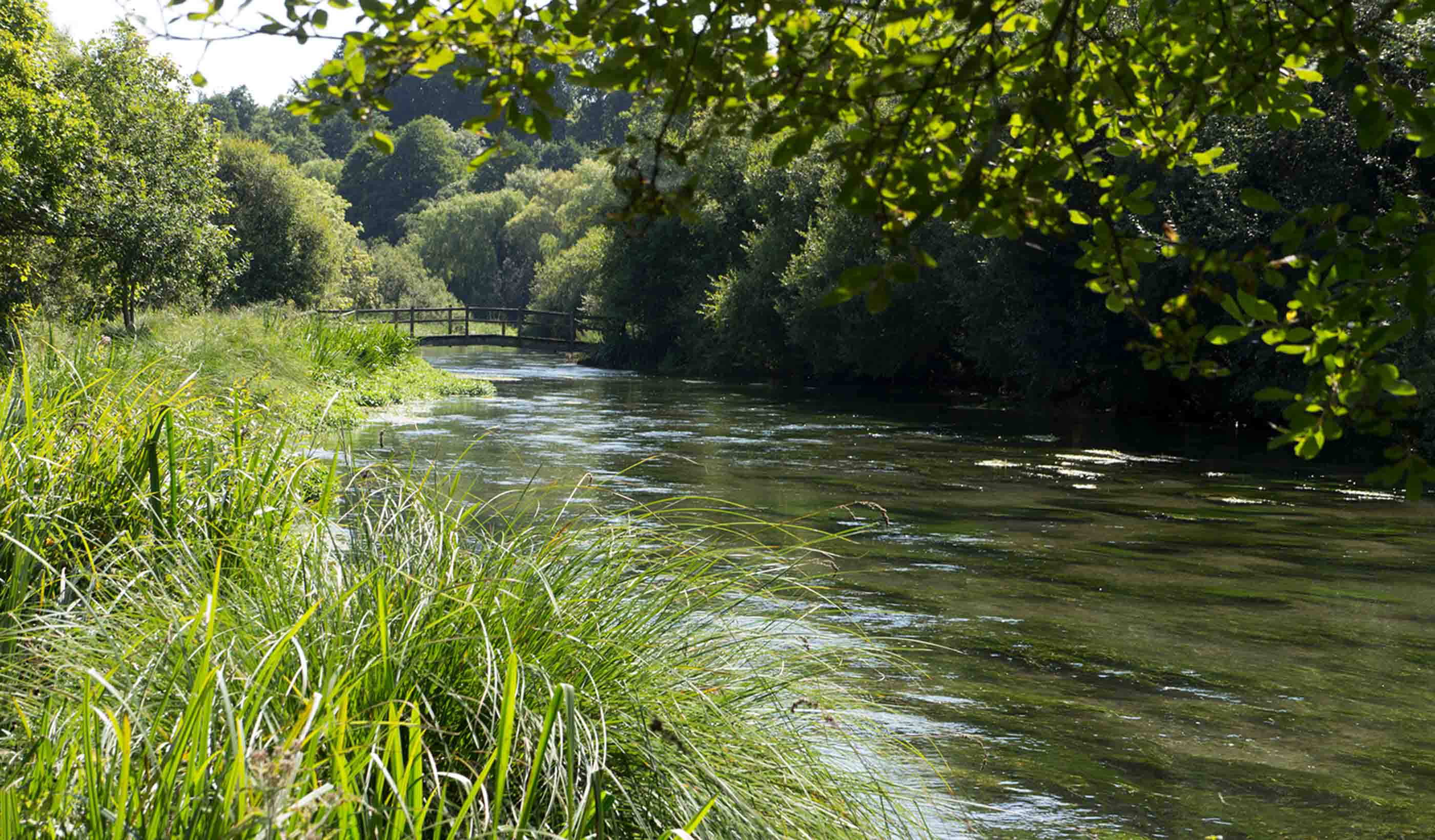
Published Article Integrated catchment systems: A paradigm shift in sustainable management
-

Podcast The SCOPE: Competence and the Building Safety Act
-
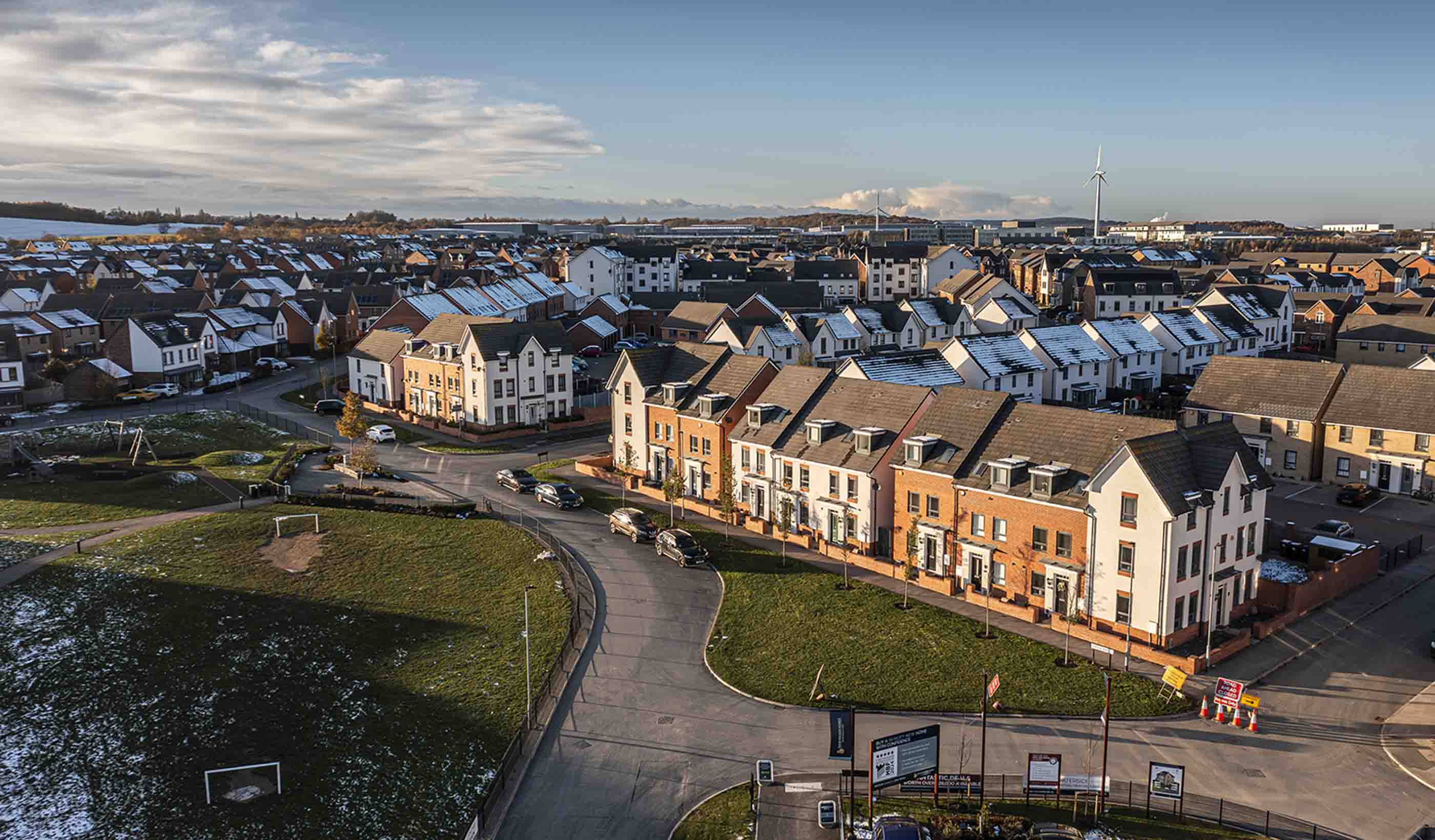
Stantec’s response to Invest 2035: the UK’s modern industrial strategy
-

Blog Post Vision and Validate: Time for a shift in transport planning?
-

Video The impossible fix: Engineering under London
-
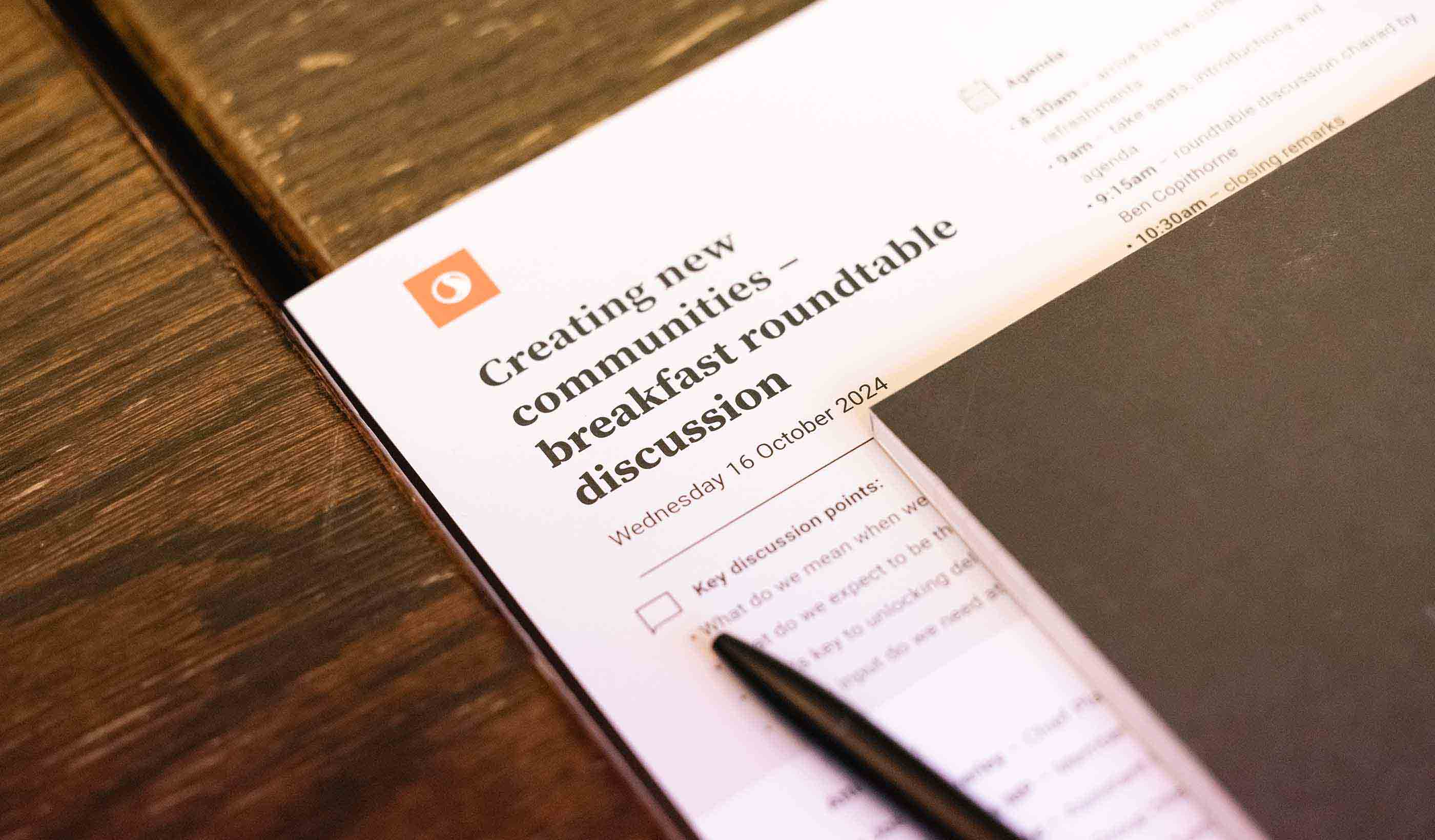
Blog Post Roundtable: 5 starting points for new community planning
-

Blog Post How to use energy grid queue management reforms to get connected
-

Blog Post Supporting better kerbside management for last-mile logistics
-
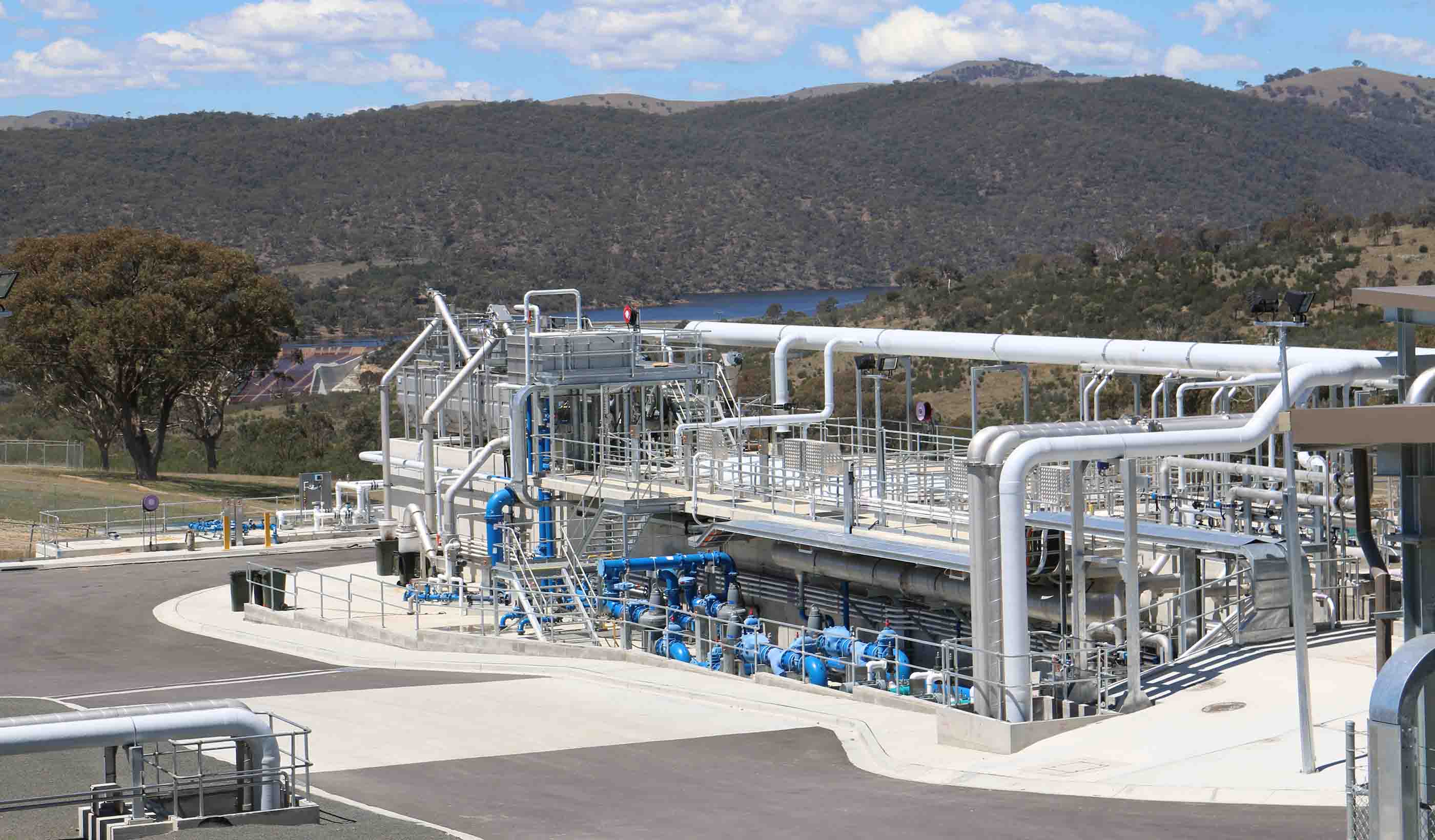
Published Article Sustaining water supplies across the UK
-
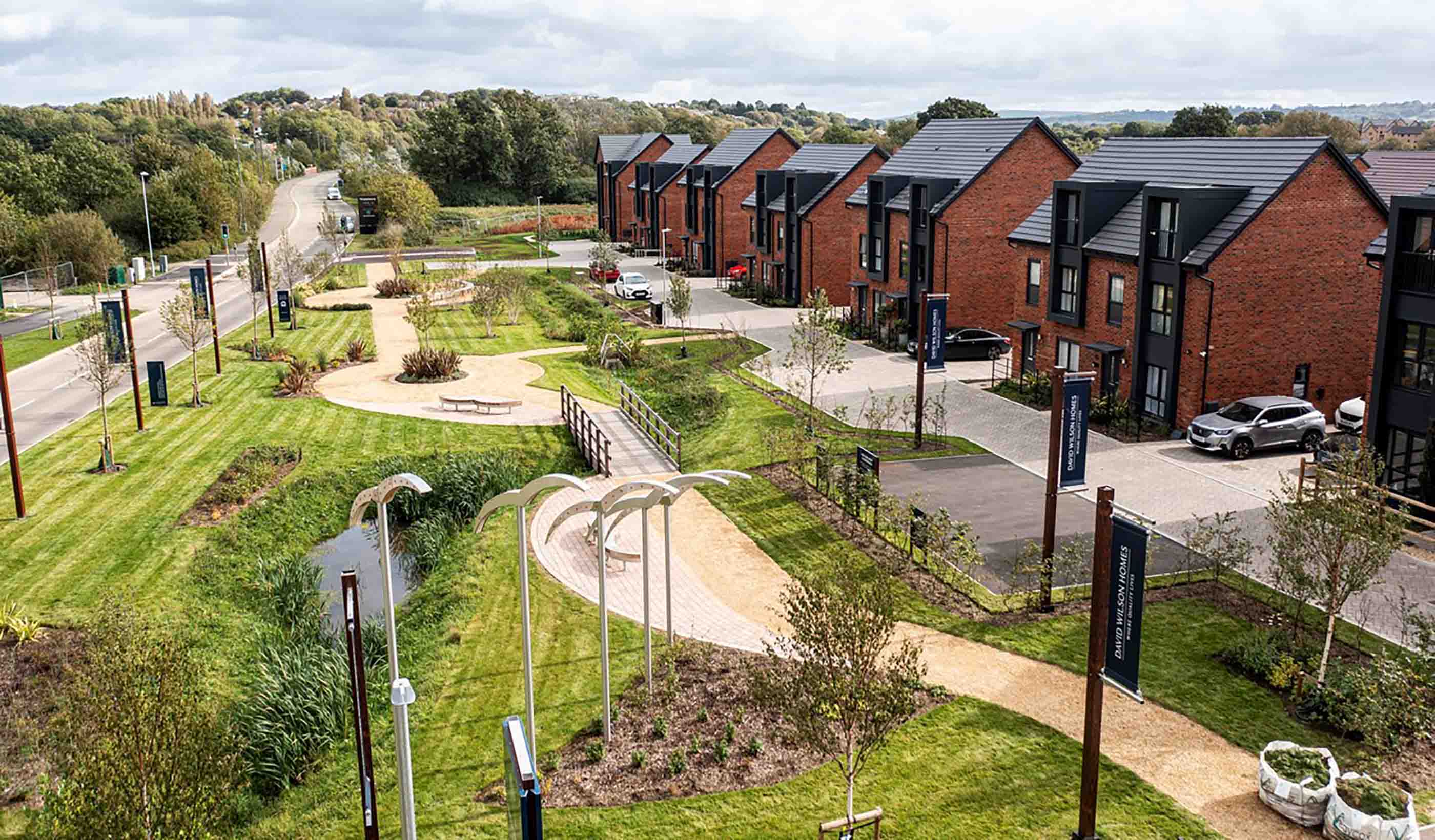
Blog Post The new NPPF: Progress, potential pitfalls, and solutions
-

Published Article Huge increase in private sector investment is essential to address the biodiversity crisis
-

Report An analysis of England’s local housing needs by Stantec’s Development Economics team
-

Blog Post 4 considerations for your next grid-modernisation project
-
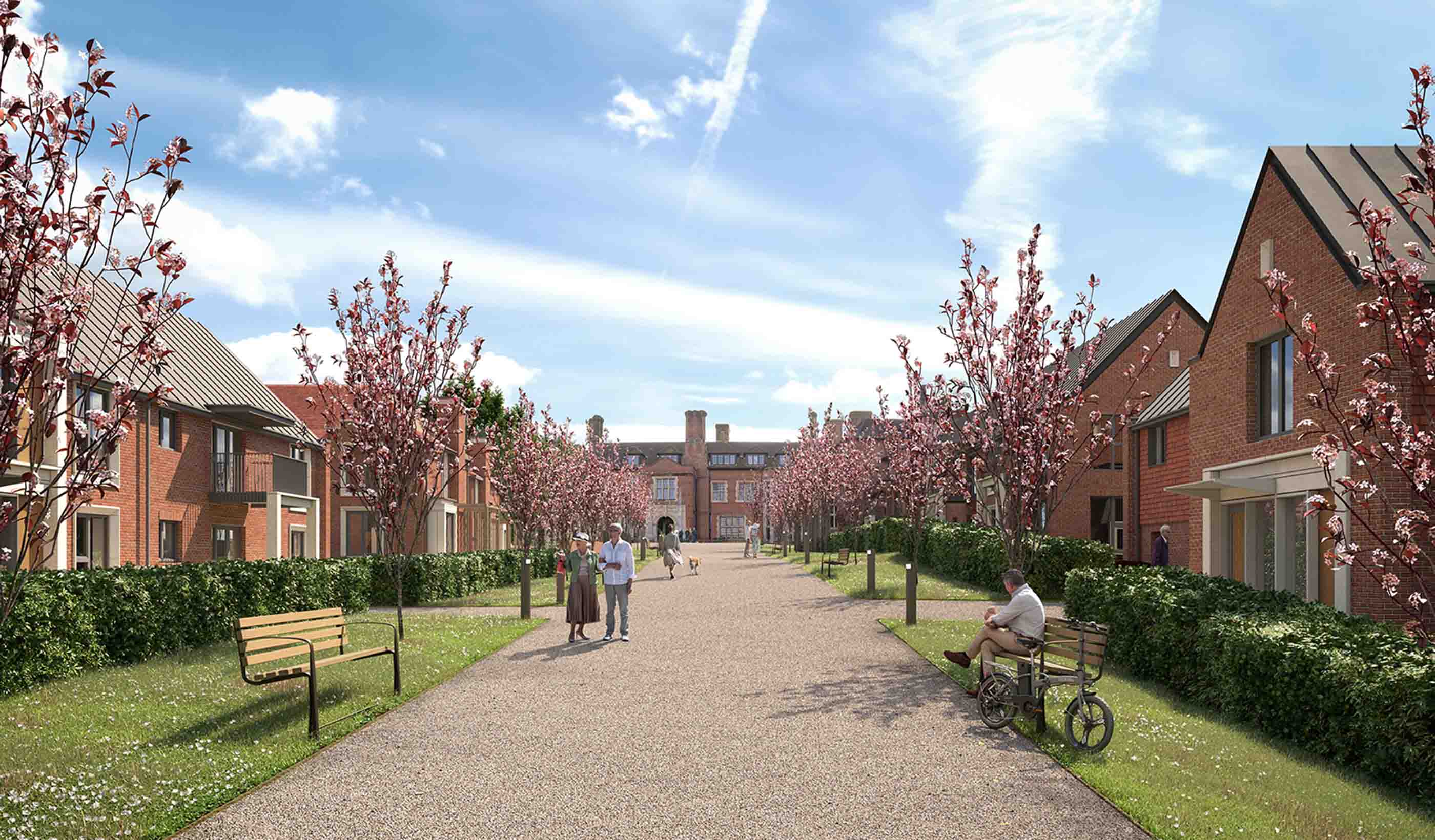
Report Later living: A blueprint for planning to deliver homes for older people
-
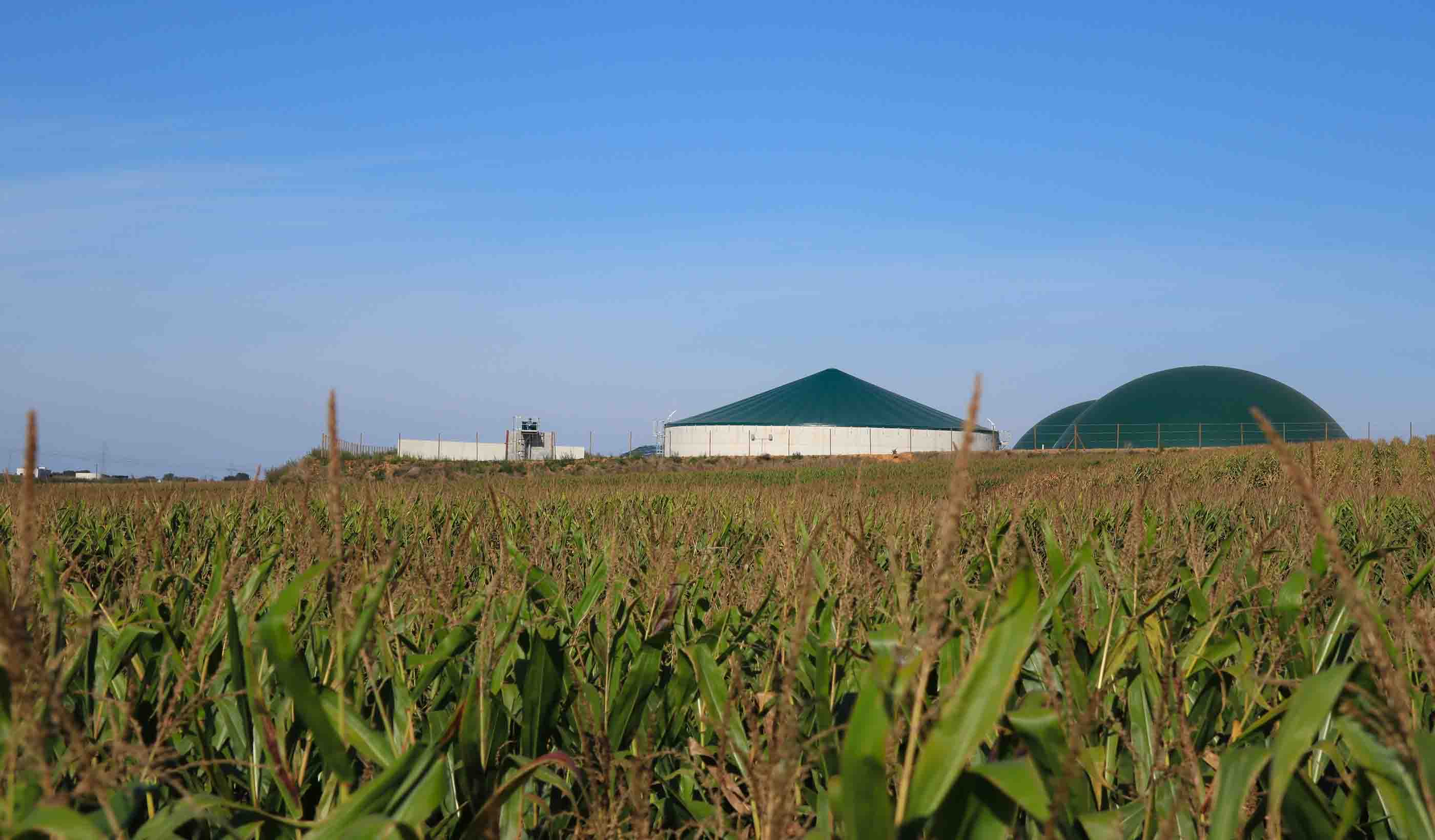
Blog Post Transforming delivery of anaerobic digestion in the United Kingdom
-
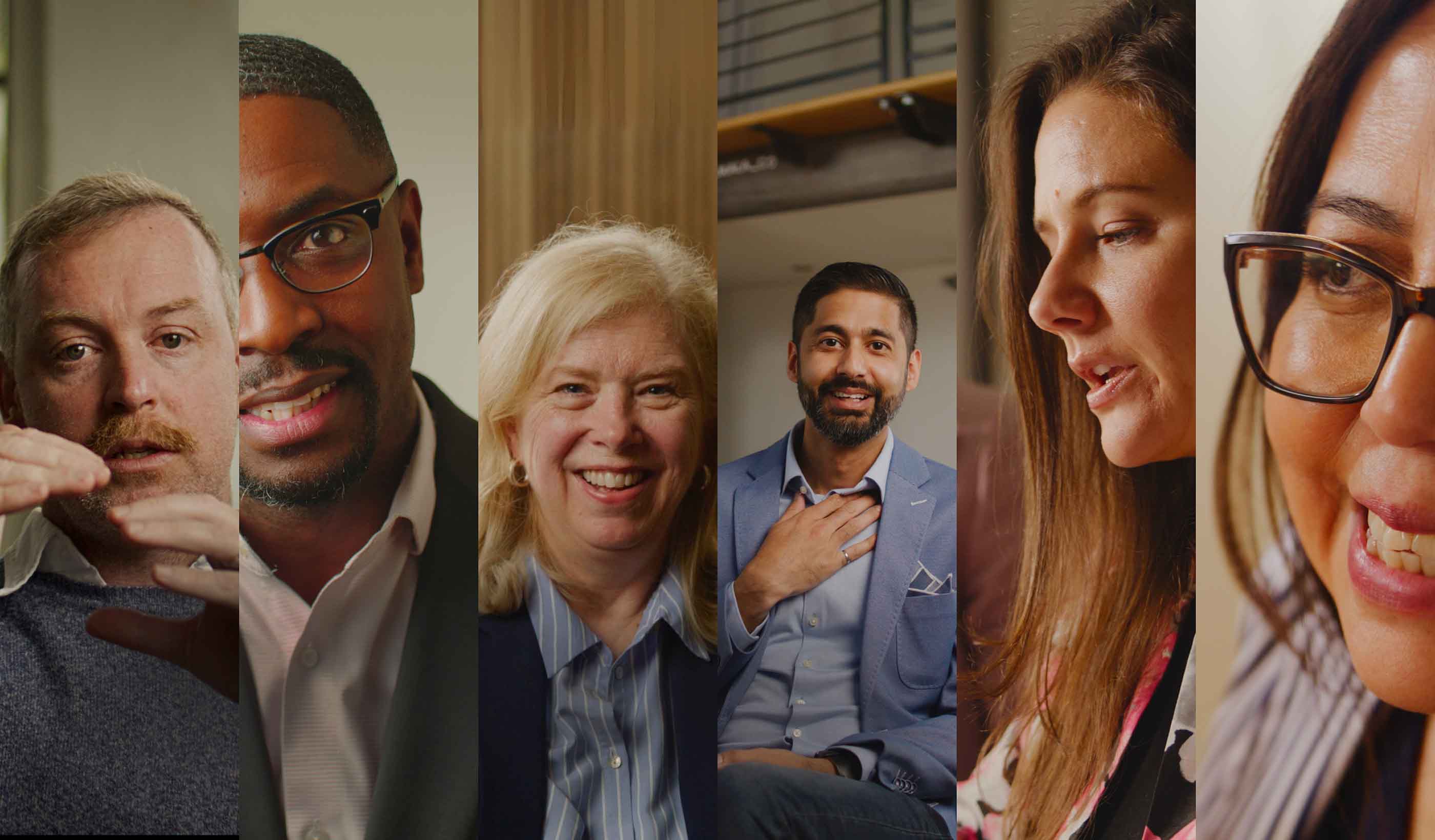
Video With every community, Stantec redefines what’s possible
-
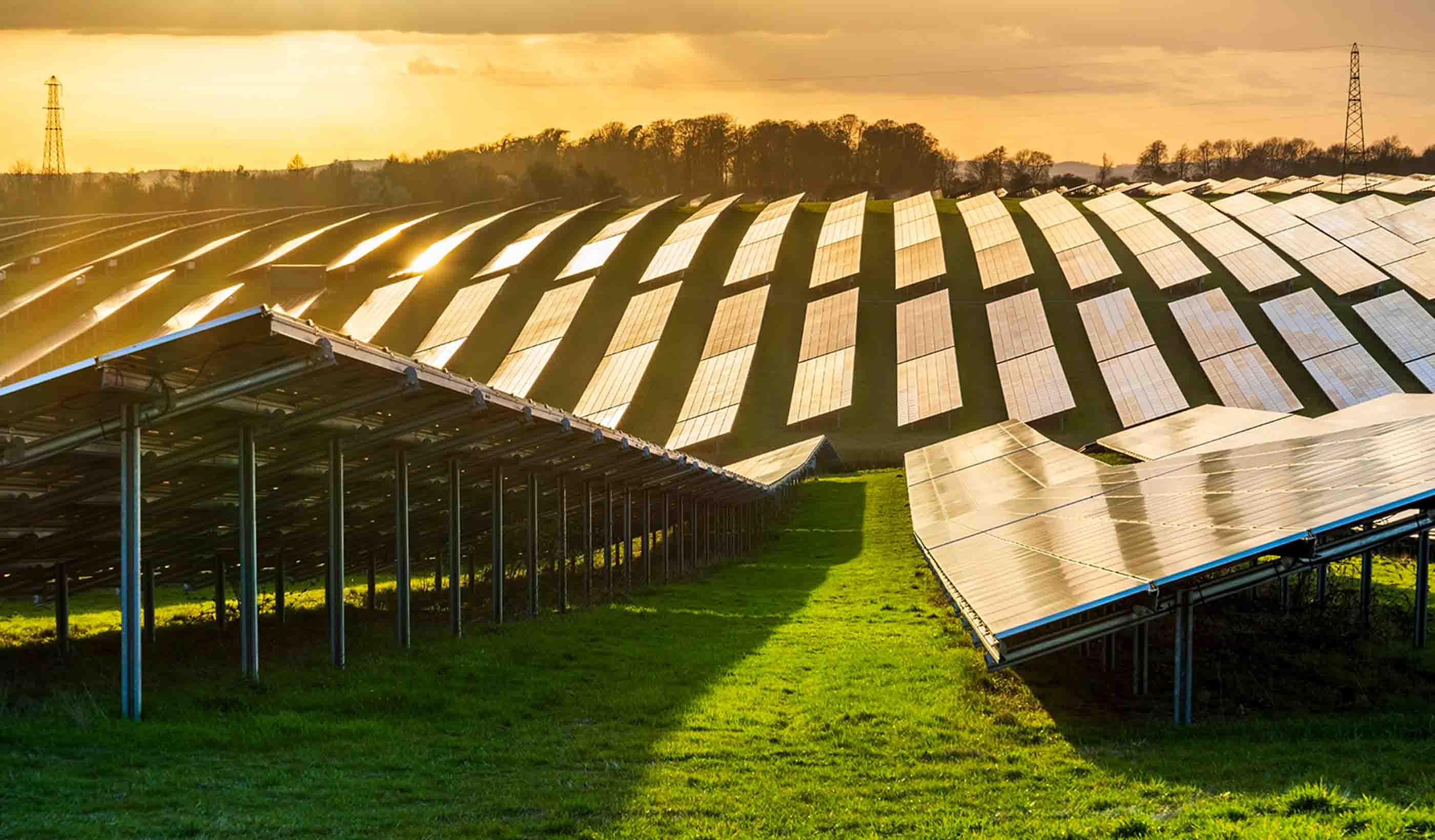
Blog Post 10 things to know about the future of hydrogen development in the UK
-

Report Understanding migration from London to the wider South East of England
-
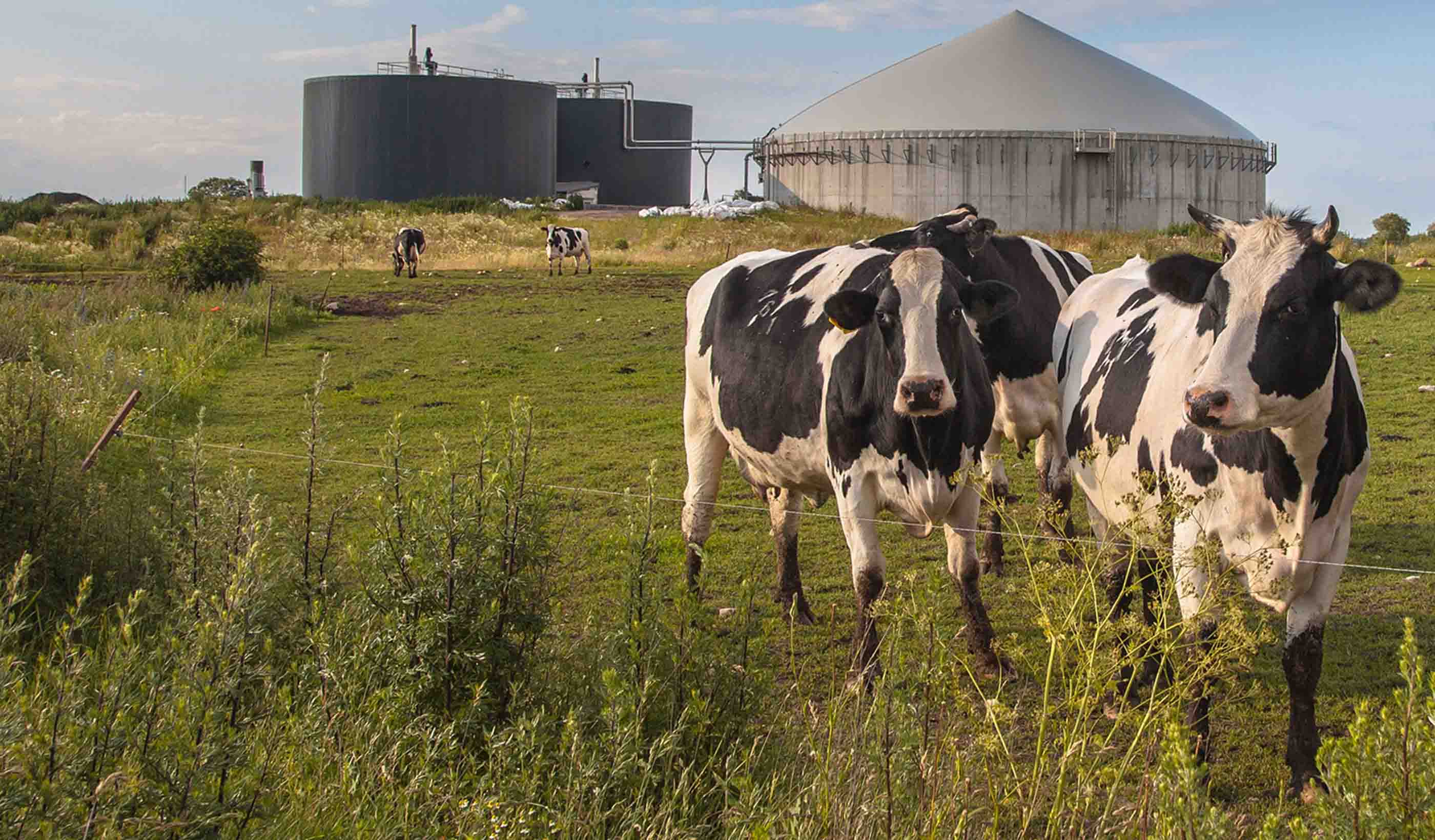
Blog Post A new life for waste: Advancing a circular economy
-
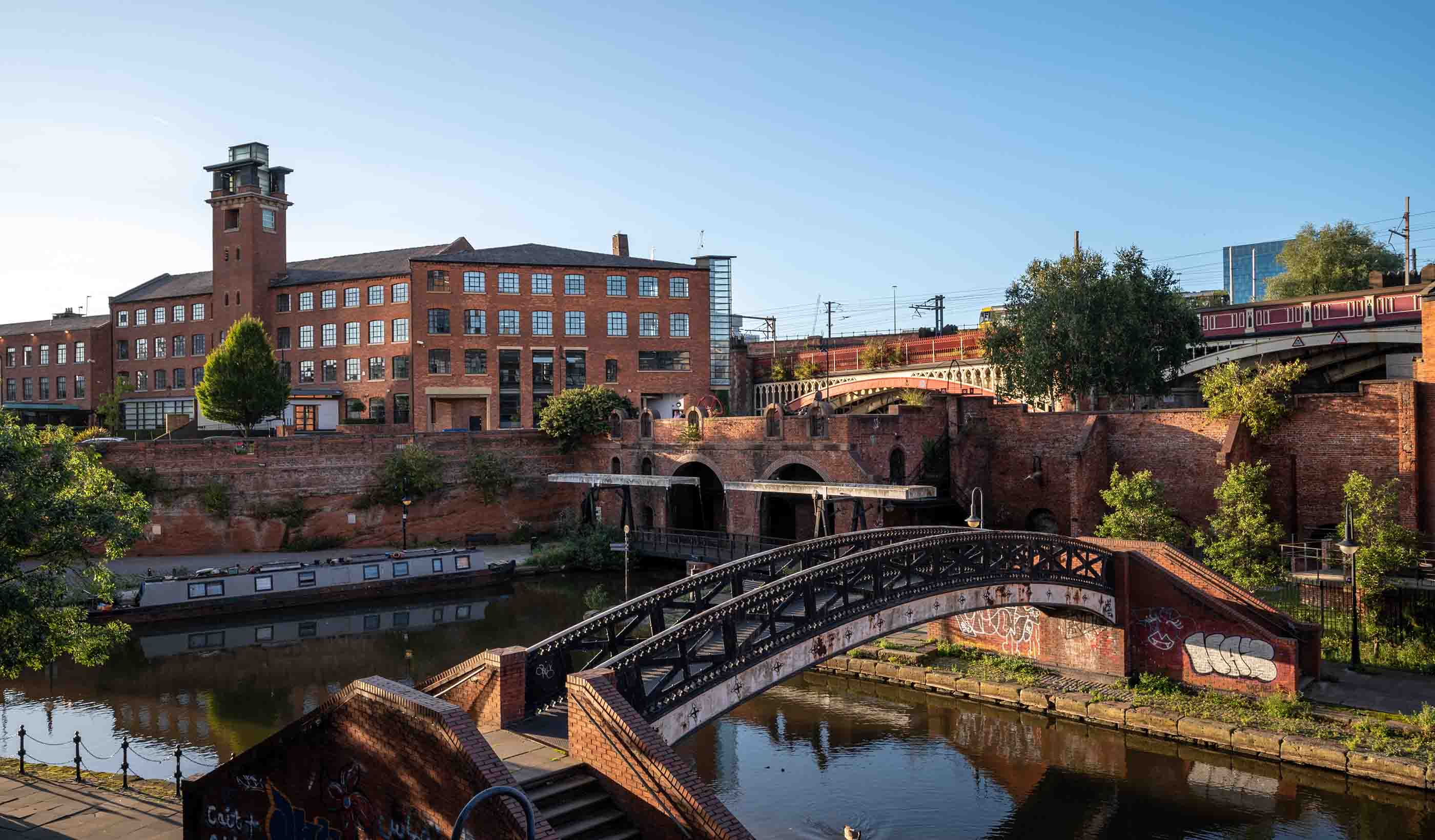
Blog Post 6 ways we can refocus efforts to drive regeneration
-
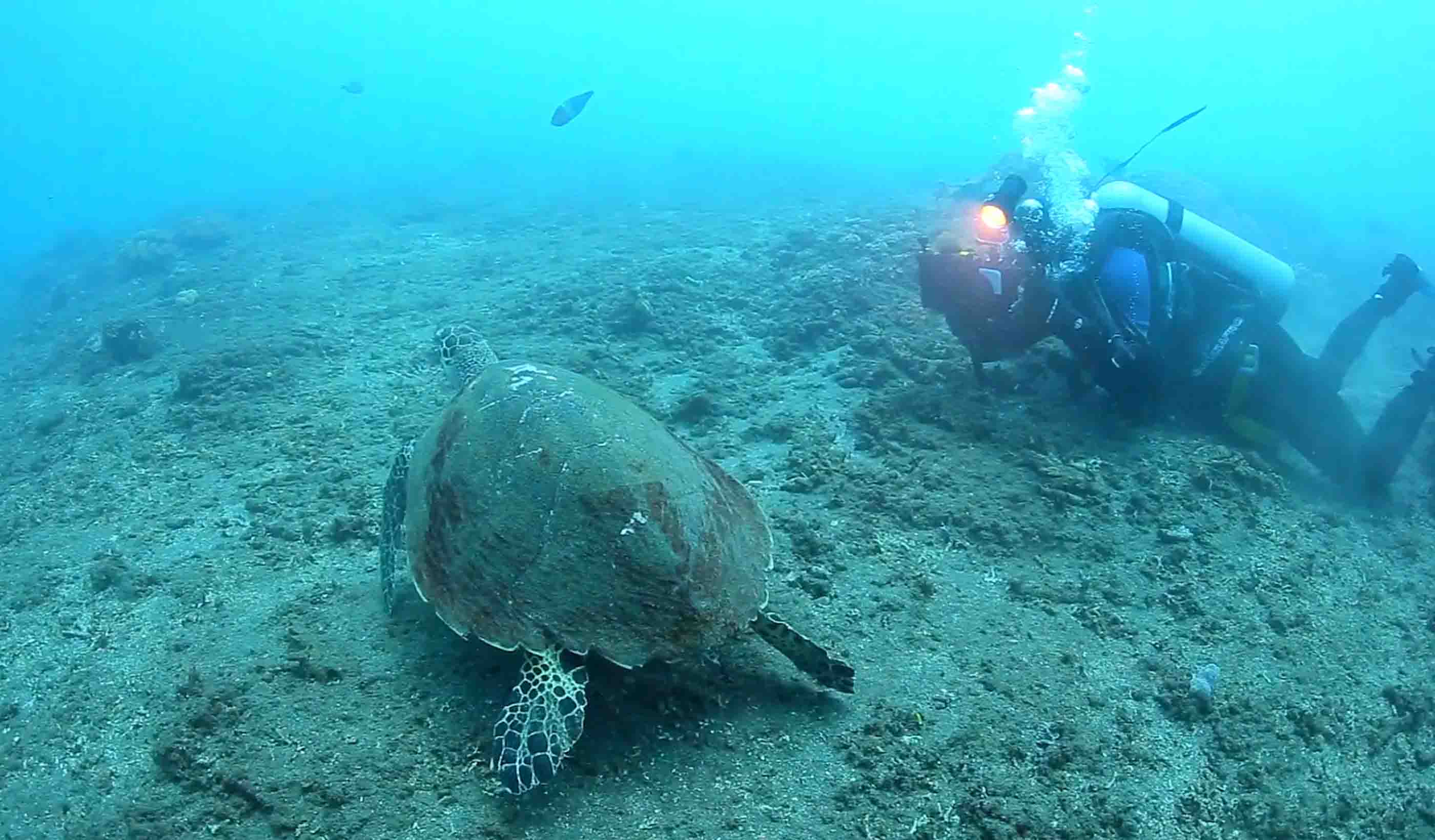
Video Nature-based solutions: Using engineering and nature to solve environmental challenges
-

Blog Post BNG is just the start. We need to break down silos to create a better tomorrow
-
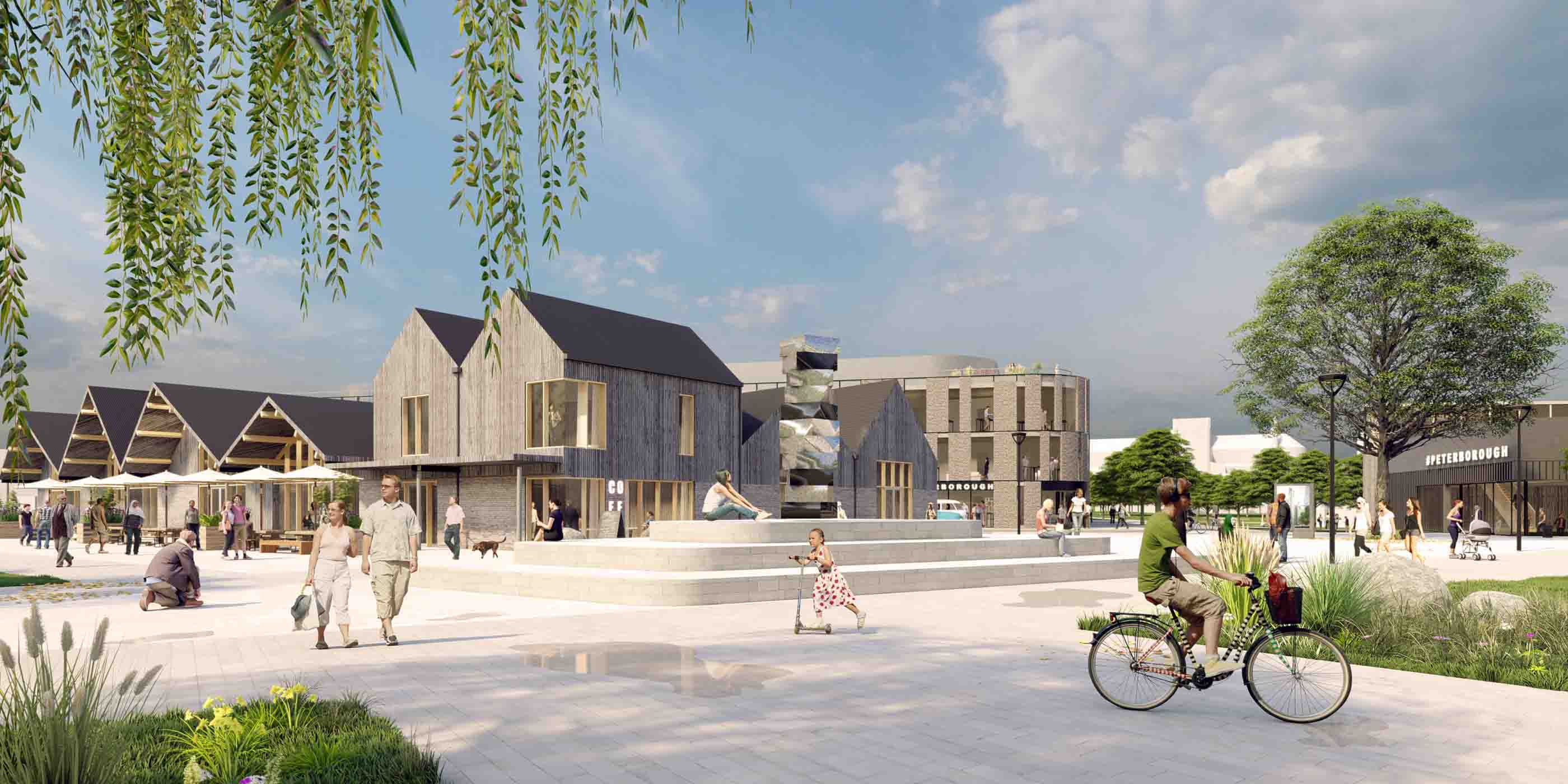
Report Funding regeneration: An art or a science?
-
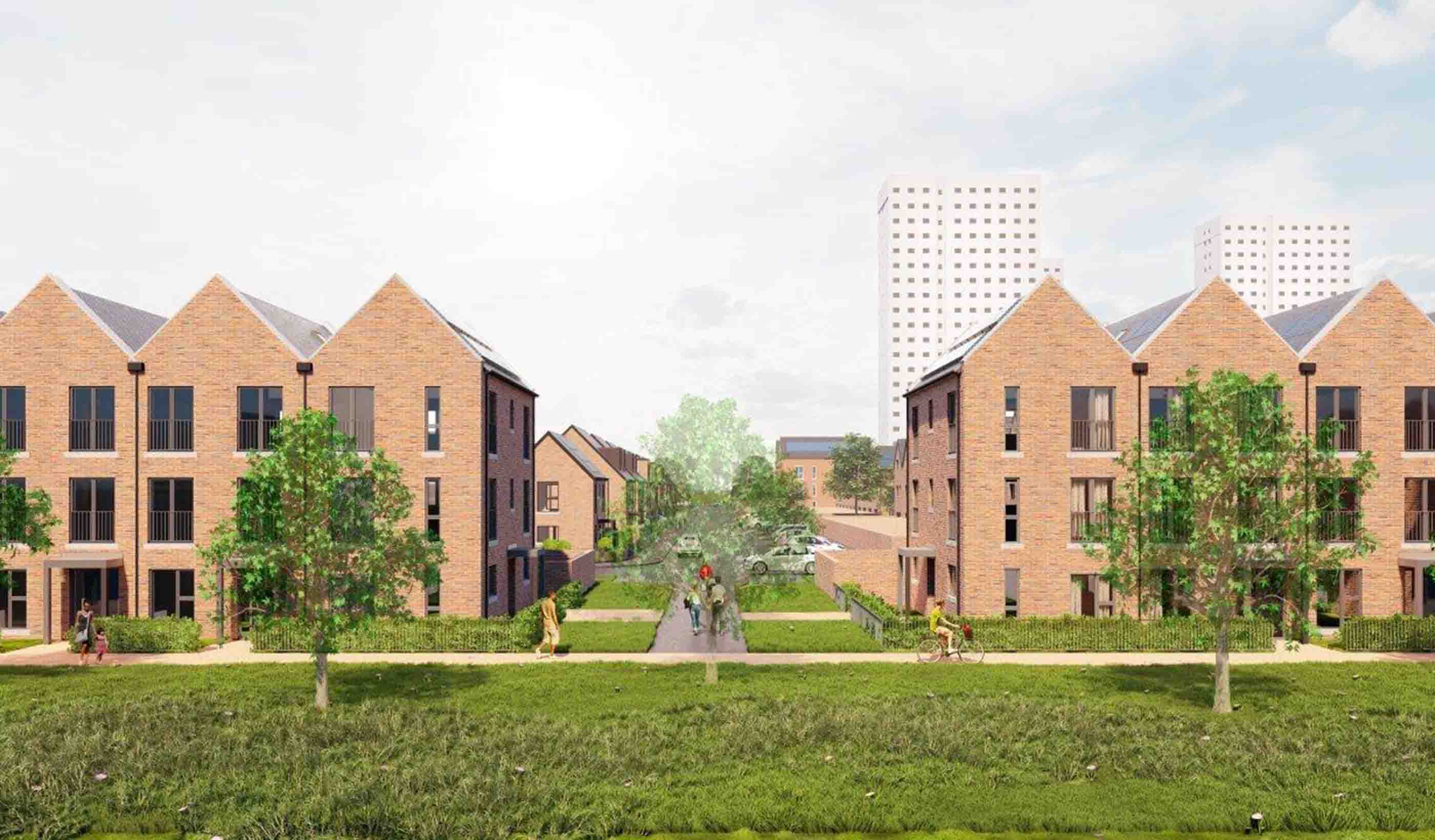
Published Article Getting back to nature
-

Blog Post How integrated thinking can help boost the energy transition
-

Blog Post Challenges and opportunities in the UK’s race to net zero mobility
-
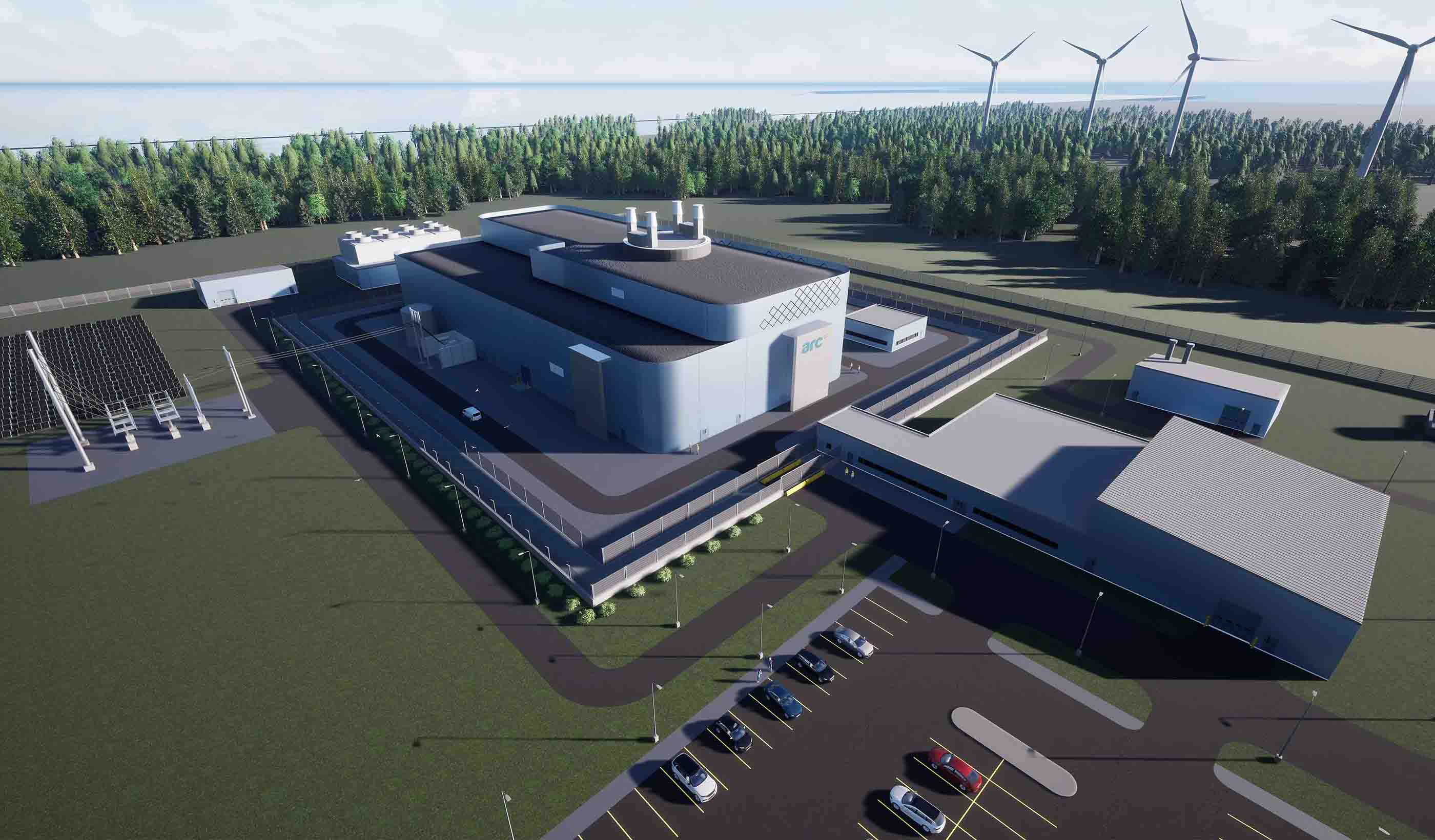
Blog Post Small modular reactors in the UK: Driving energy security with nuclear power
-
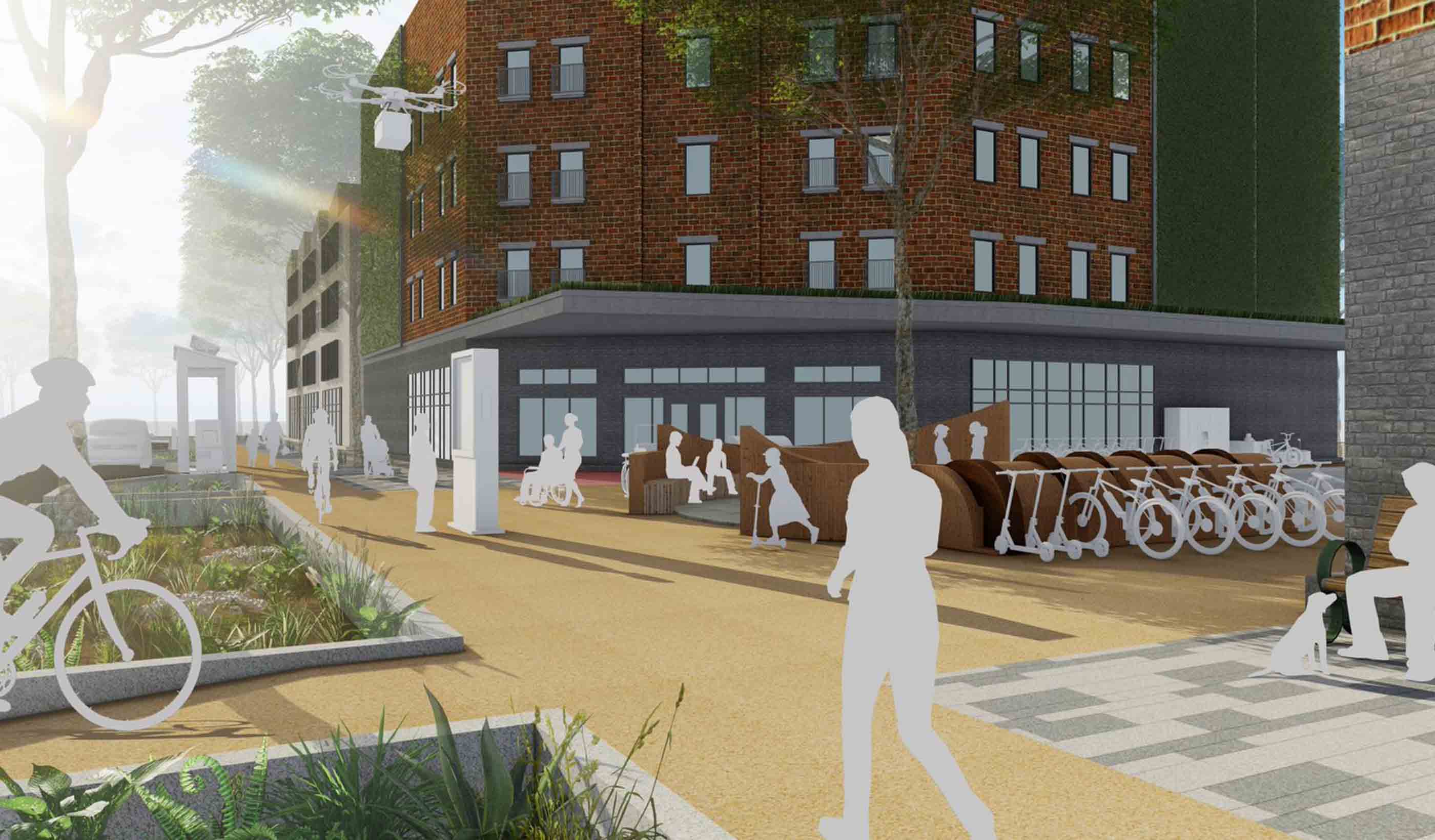
Podcast The SCOPE: Bridging the Gap
-

Report Biodiversity Net Gain: What does this new legislation mean for you?
-
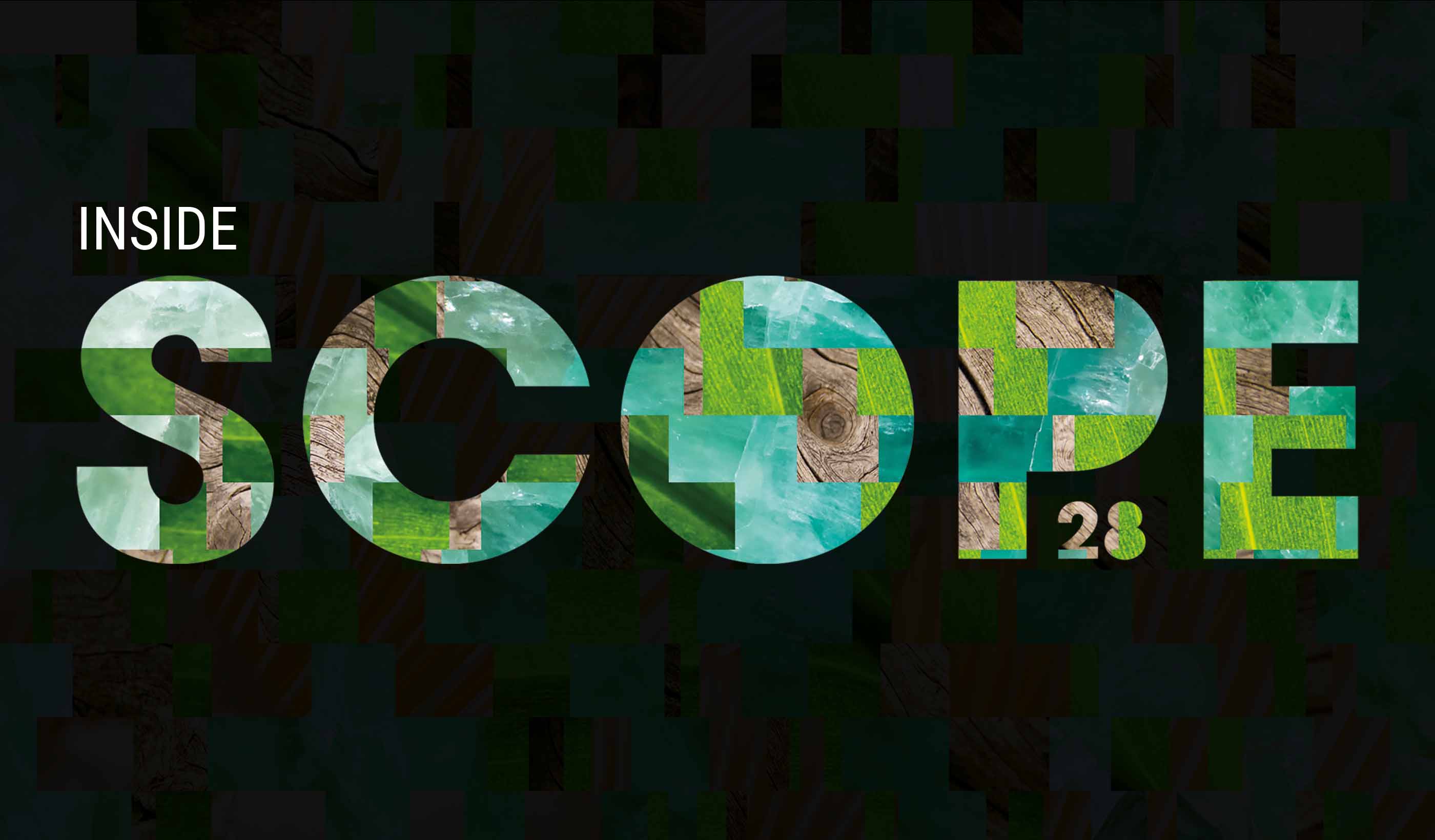
Publication Inside SCOPE at COP28
-
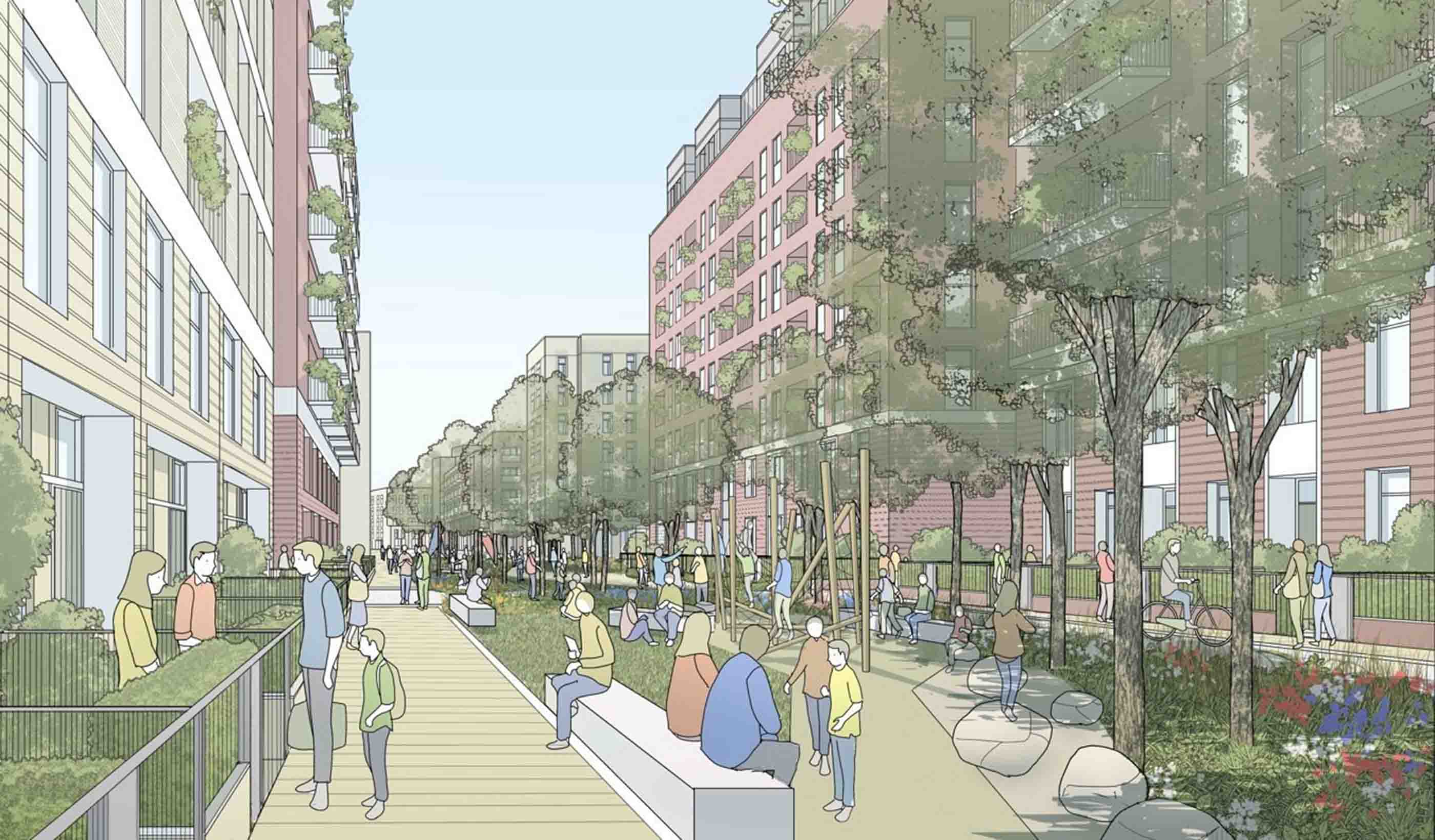
Report A solution for meeting housing needs across London and the wider South East
-

Podcast Stantec.io Podcast: The Rail Episode
-

Report Showcasing success with Nature-based Solutions at COP28
-
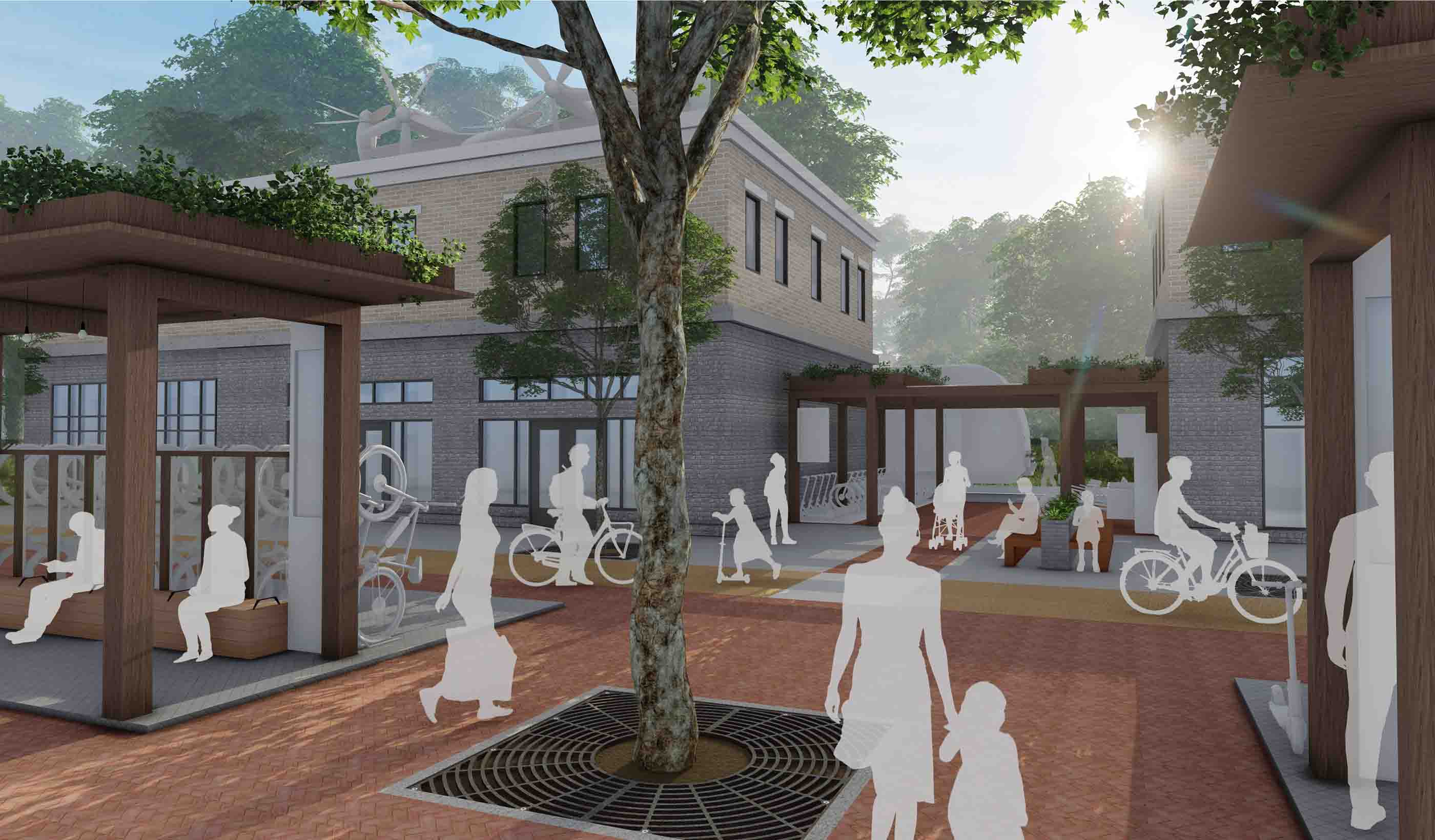
Blog Post Bridging tomorrow’s net zero mobility gap
-
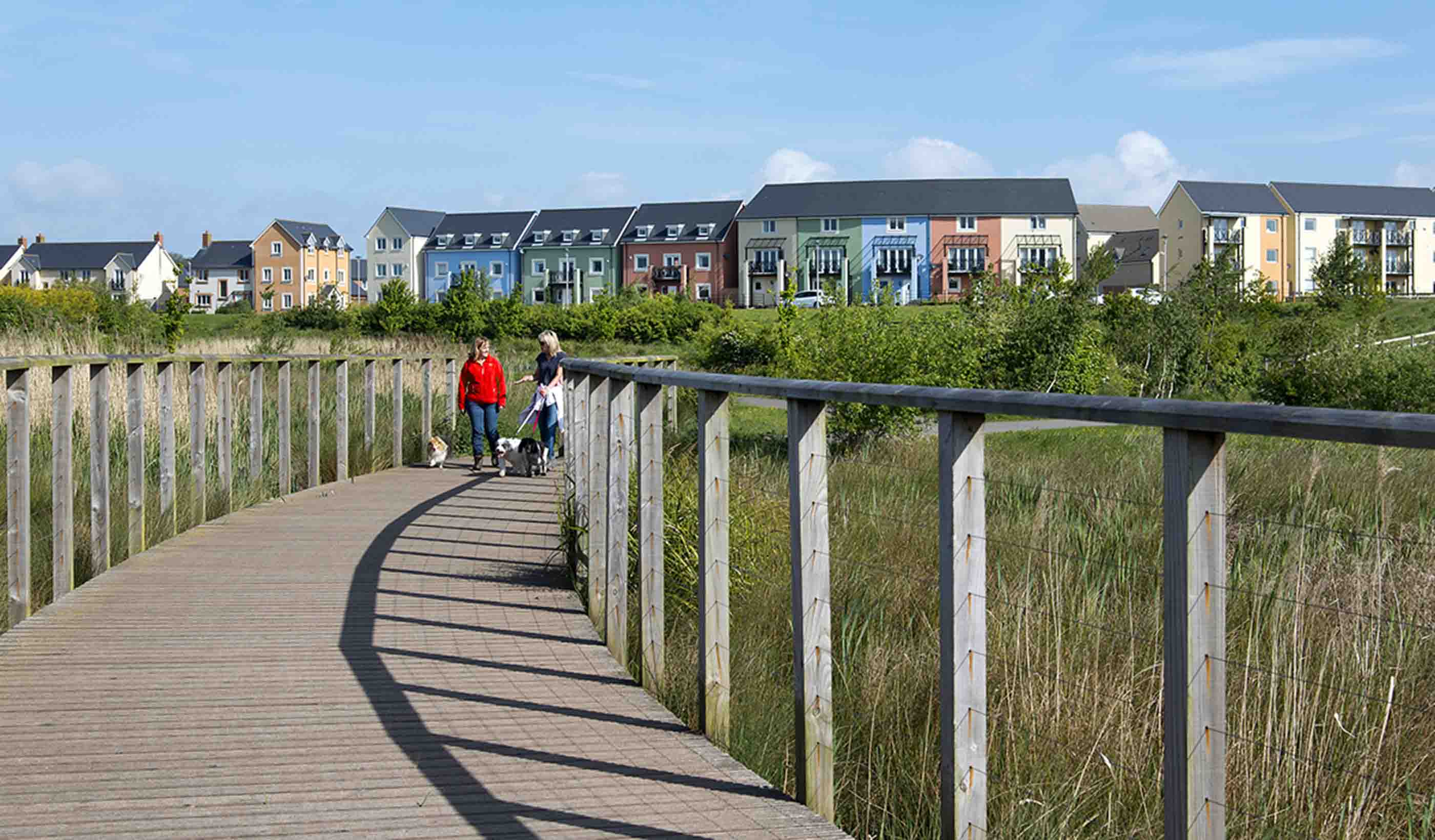
Report Getting to grips with mandatory SuDS
-

Blog Post Can urban density solve our equity, economic, and sustainability woes?
-
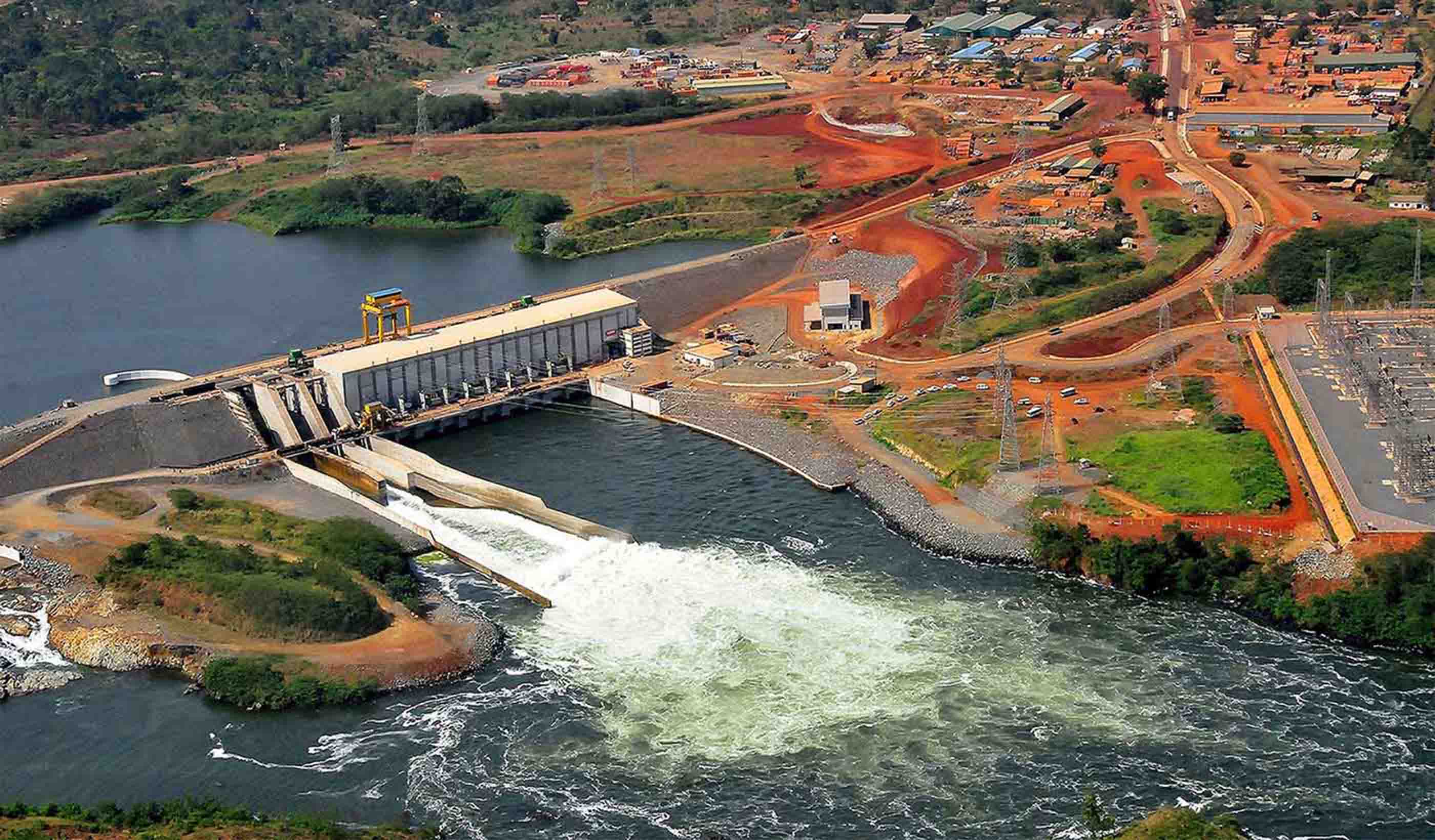
Video How is Stantec making an impact?
-
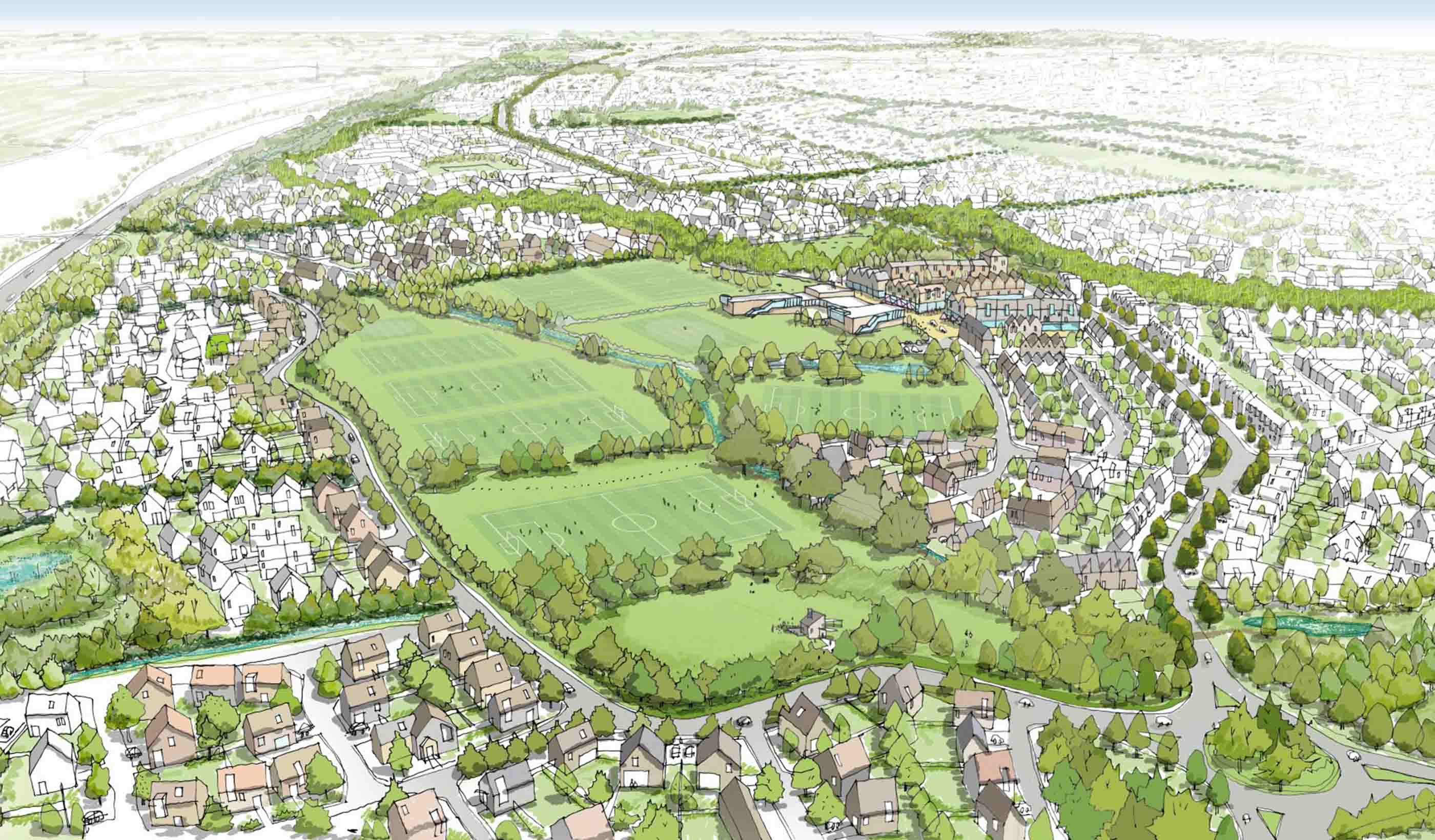
Published Article Got yourself a deal? M&A lessons from Stantec
-
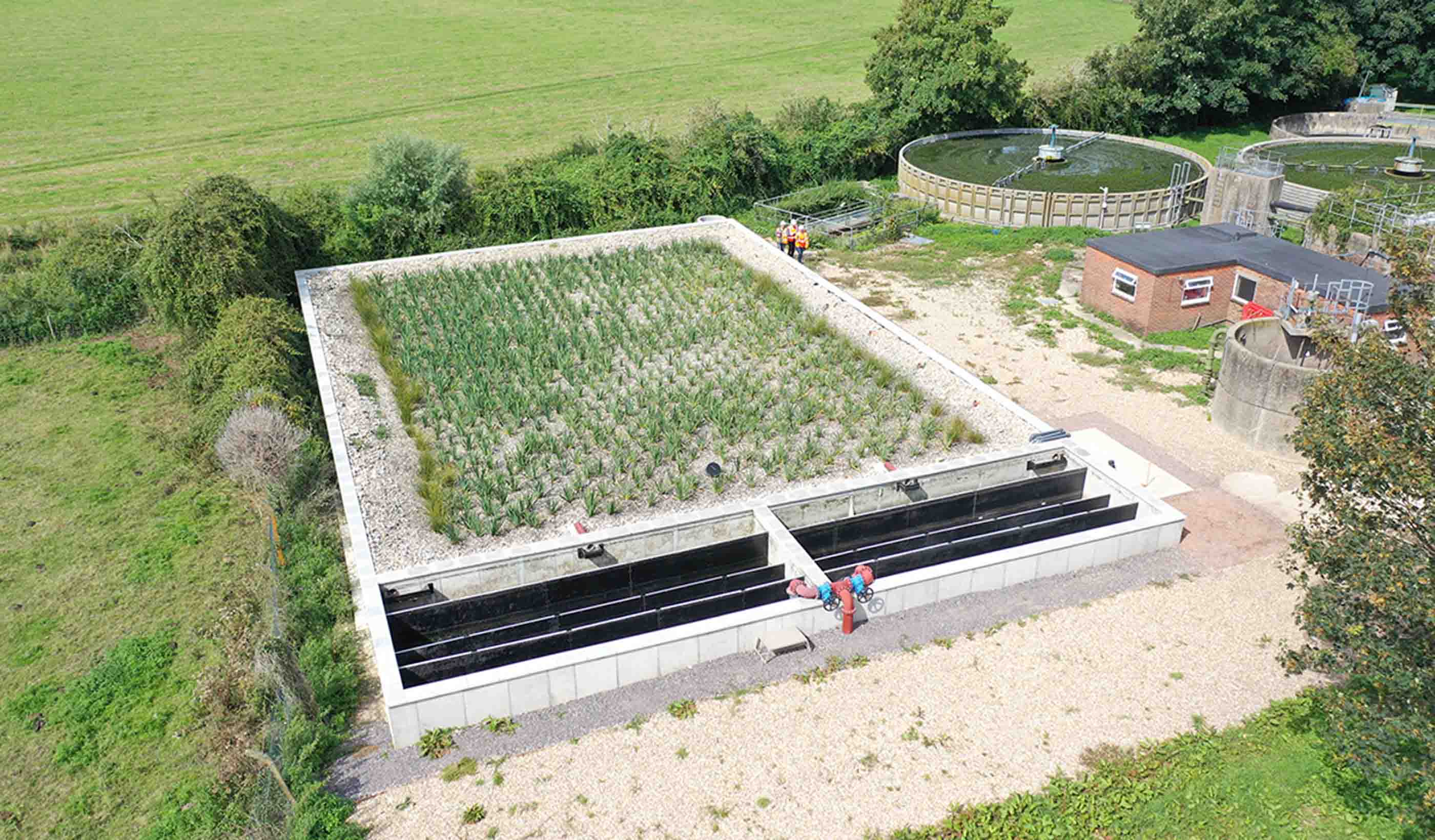
Published Article PAS 2080: Moving from trade-offs to sustainable synergies in the UK water sector
-
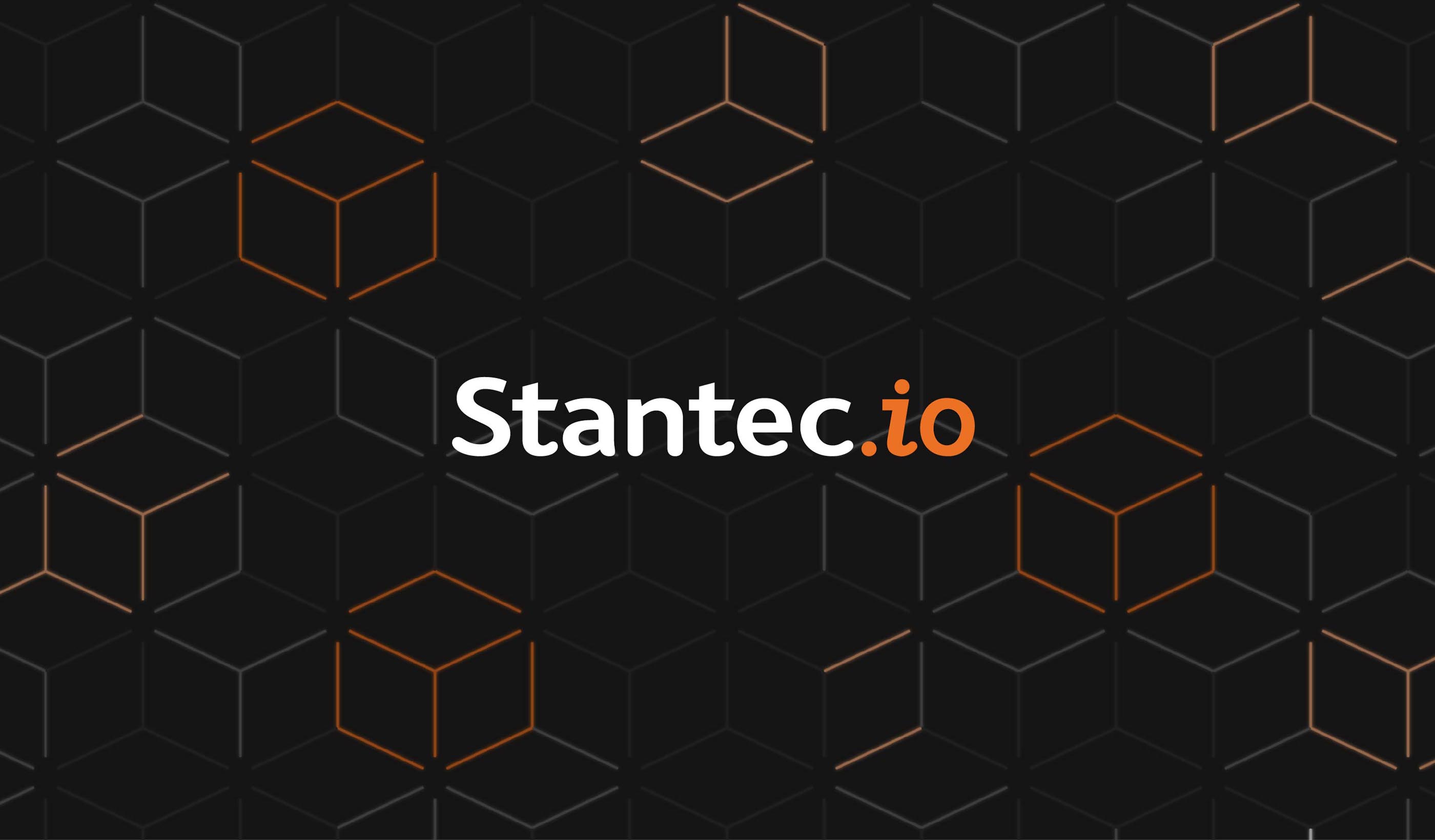
Video What is Stantec.io?
-
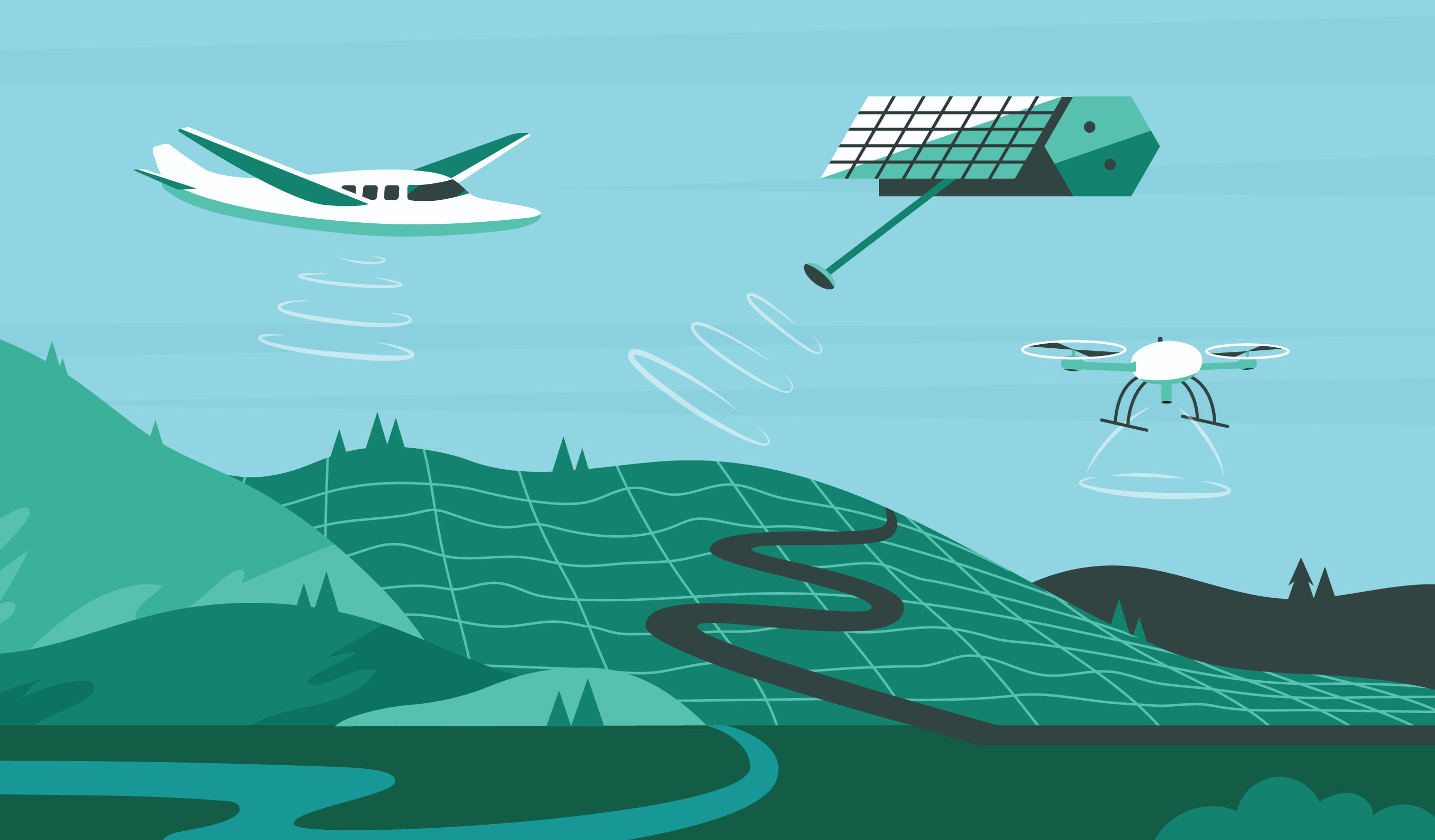
Technical Paper Advancing debris flow hazard and risk assessments with modeling and rainfall intensity data
-

Technical Paper What does landslide triggering rainfall mean?
-
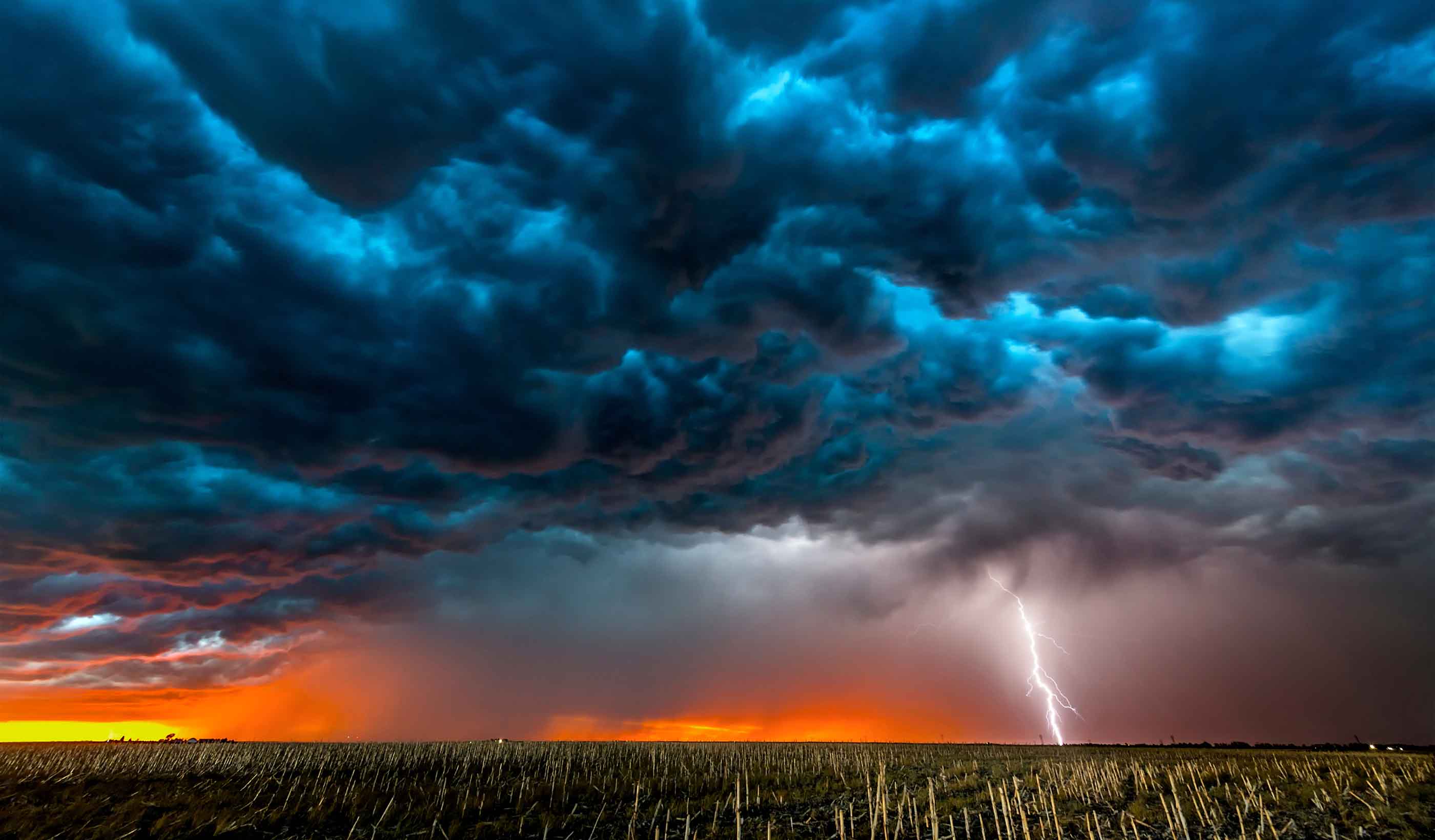
Podcast Stantec.io Podcast: Extreme Weather and Digital Solutions
-

Blog Post Driving behavioural change and delivering a modal shift in mobility
-
Published Article Building trust in water recycling
-
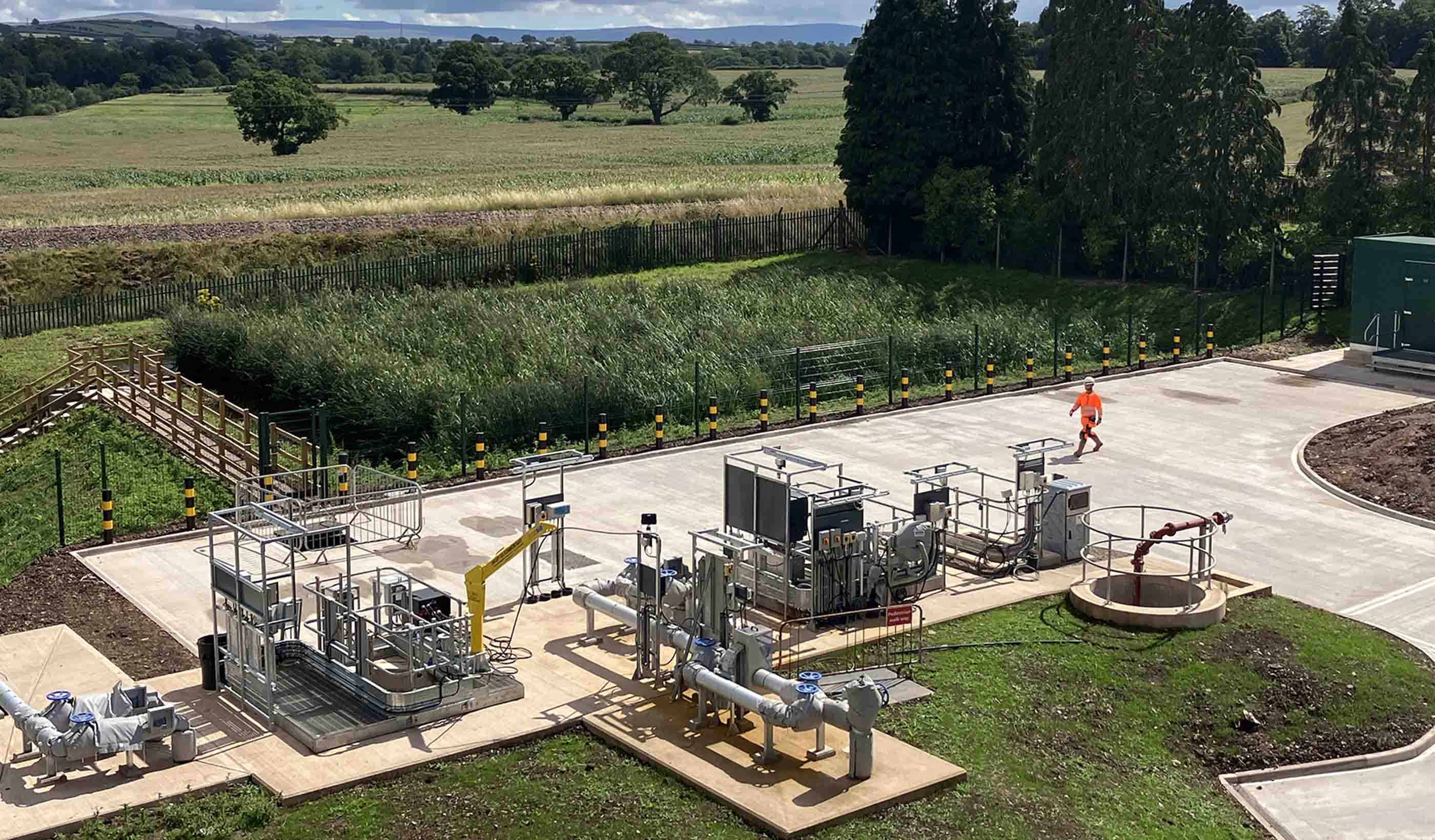
Published Article Nature-based solutions: Crucial innovations for a resilient, sustainable future
-

Blog Post How to create a digital golden thread for existing buildings
-
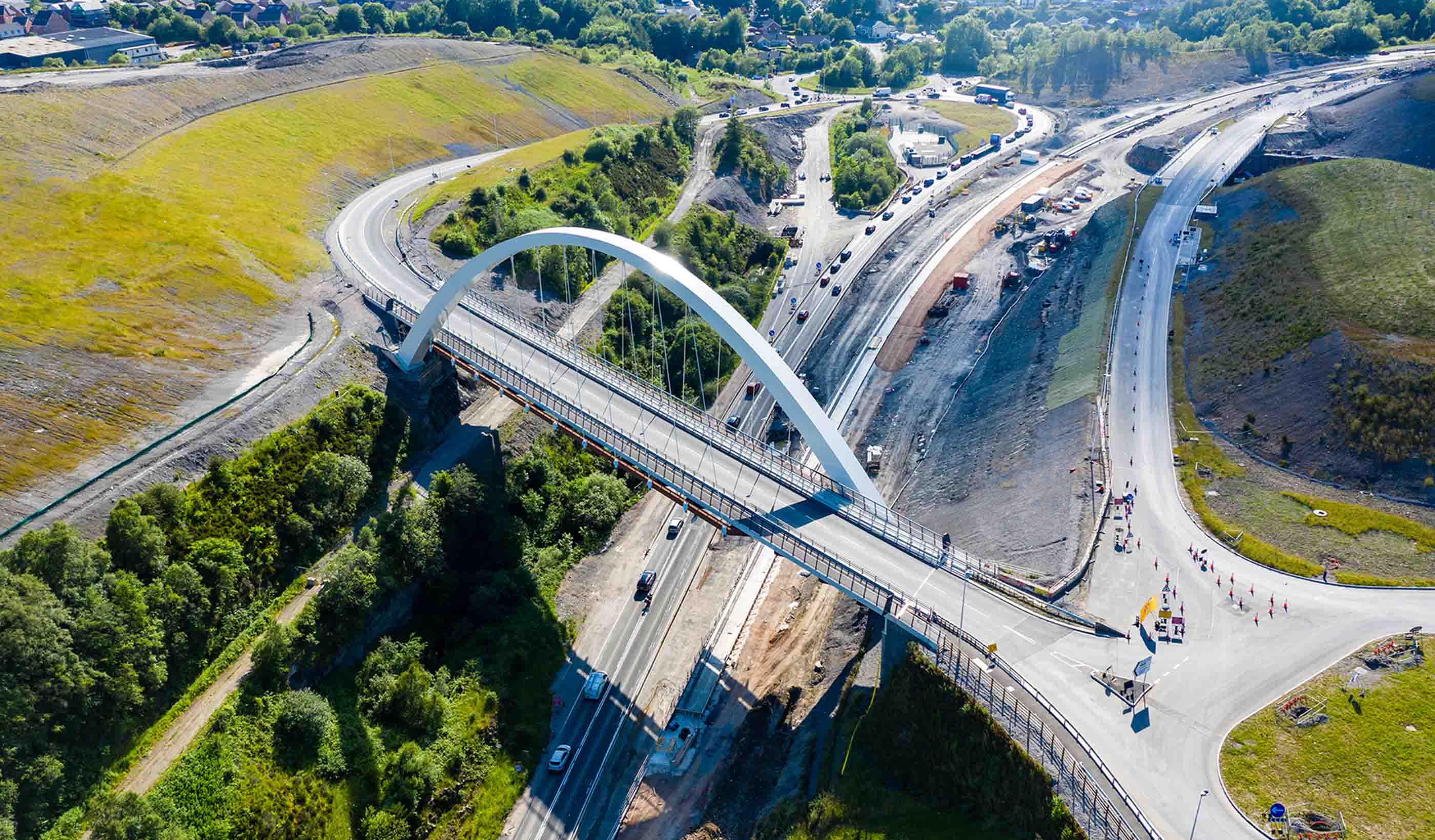
Blog Post PAS 2080: Hitting the right net zero notes, time after time
-
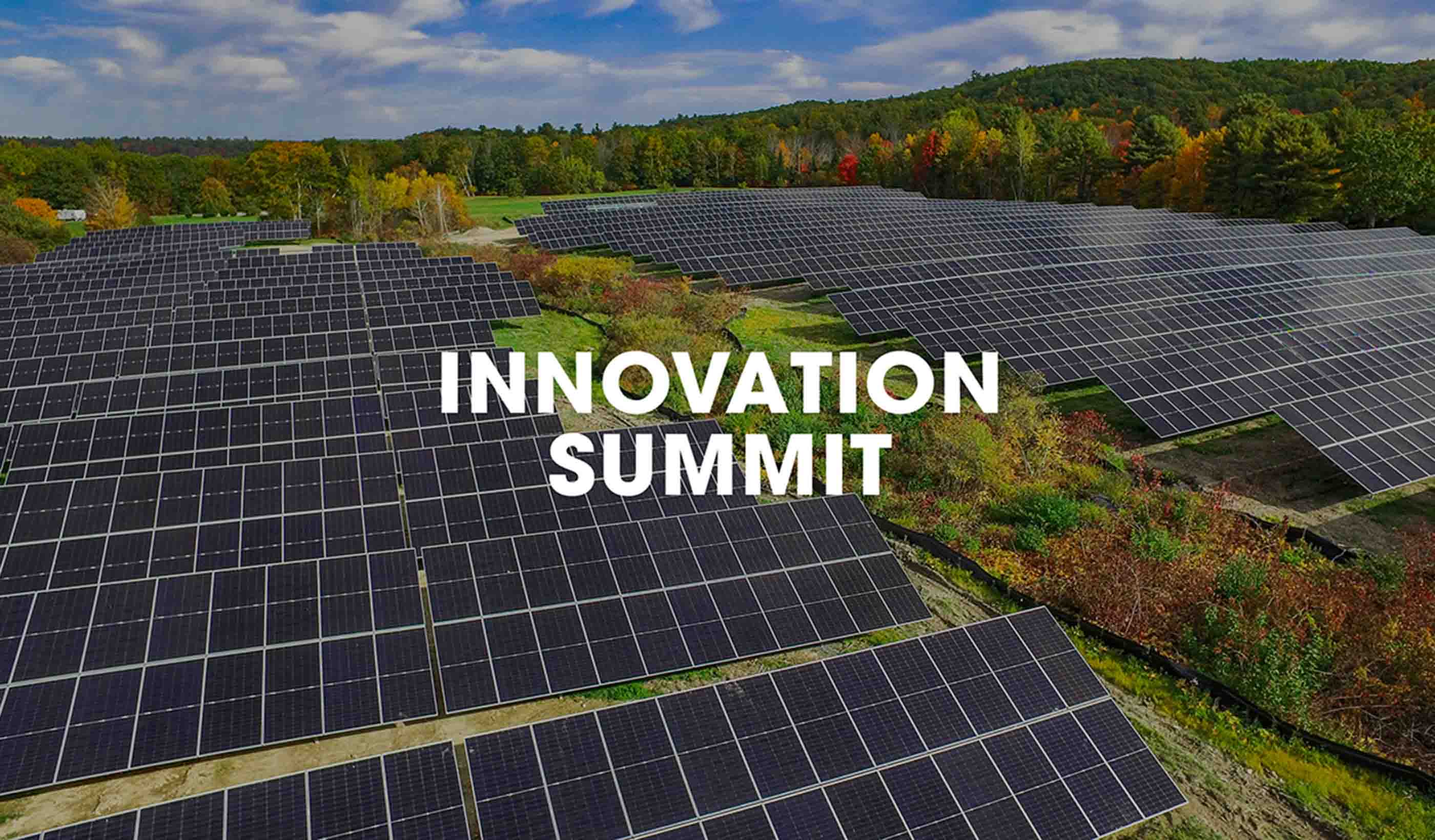
Video How to repeatedly save your client time and money with Stantec Beacon
-
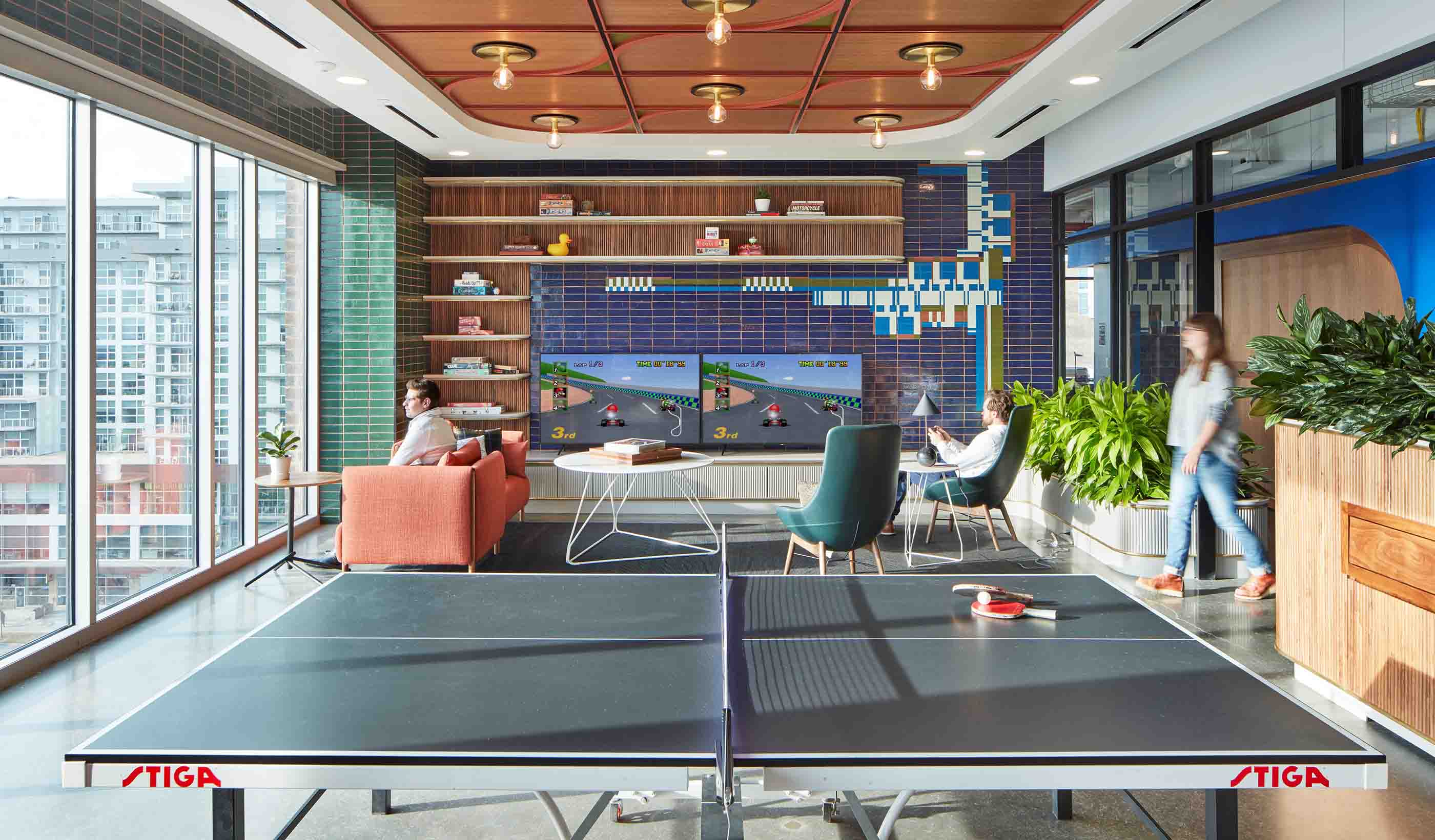
Published Article From A to Gen Z: Designing better workspaces for everyone
-
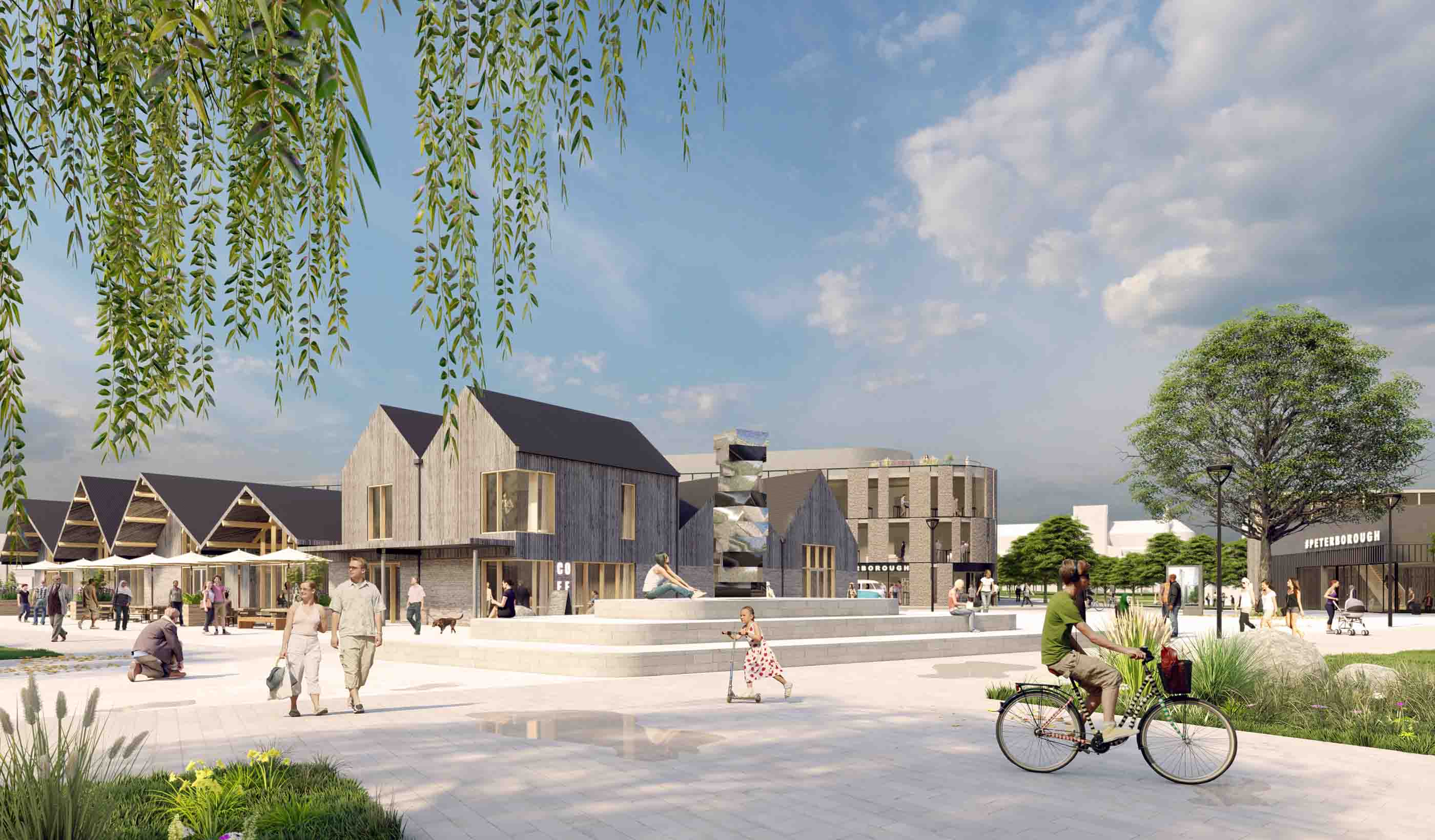
Blog Post Delivering and demystifying social value
-

Blog Post A two-tier system? We must embrace the digital golden thread across the built environment
-

Blog Post Keeping the wheels on the bus moving for a successful post-pandemic journey
-
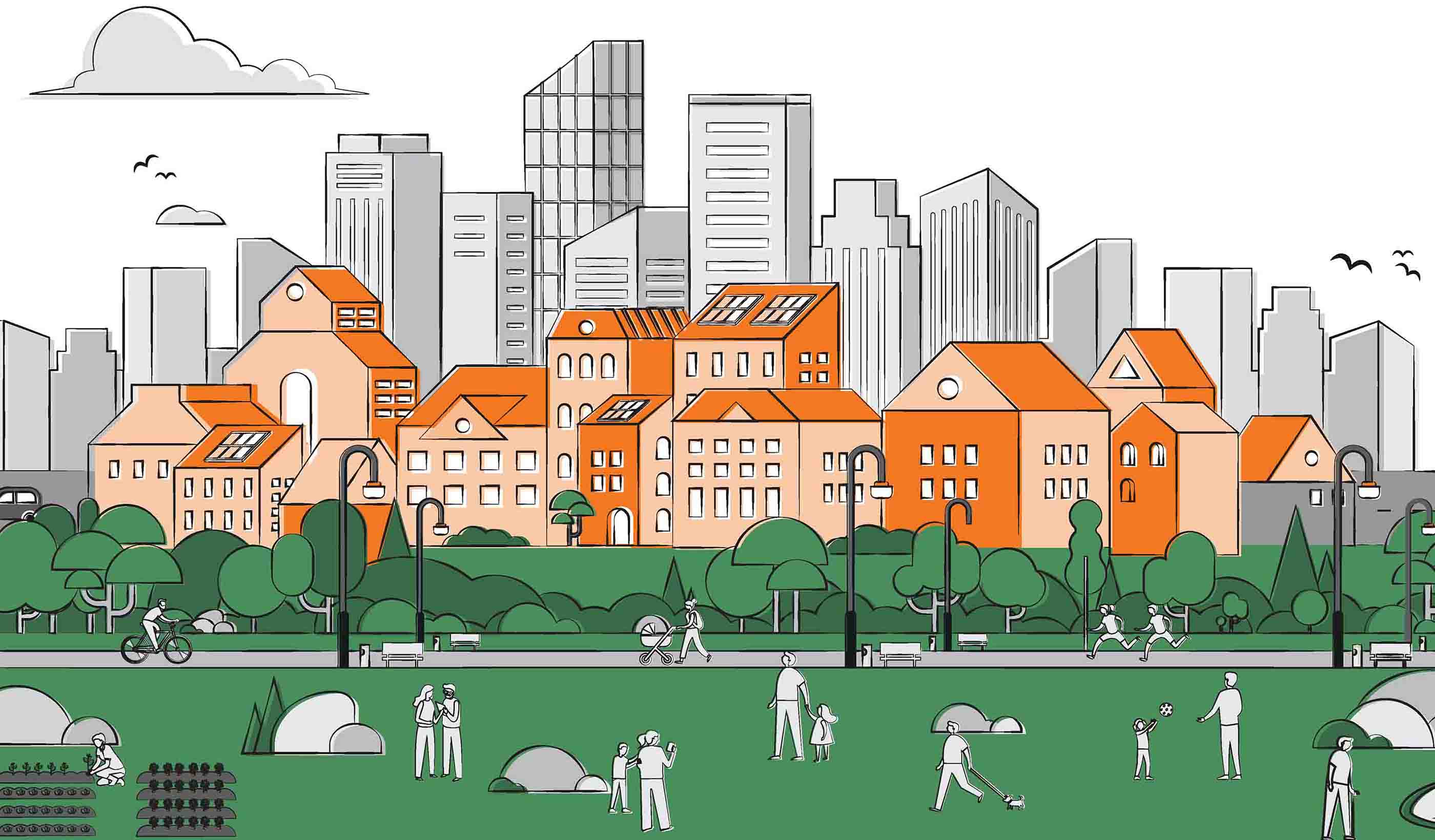
Report Better Places for a Better Quality of Life
-
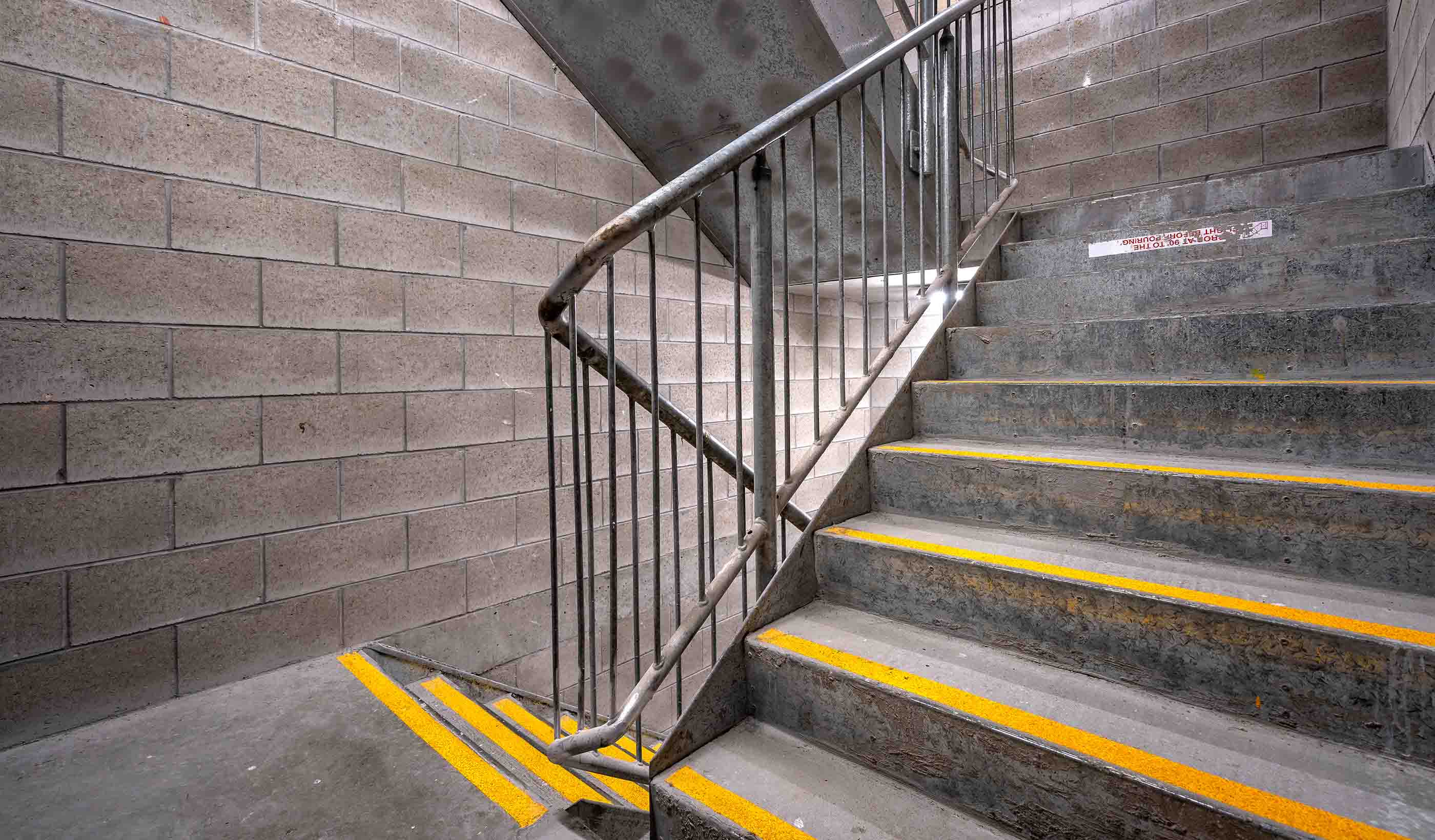
Blog Post Building Safety Act’s second staircase: Is it the easy way out?
-
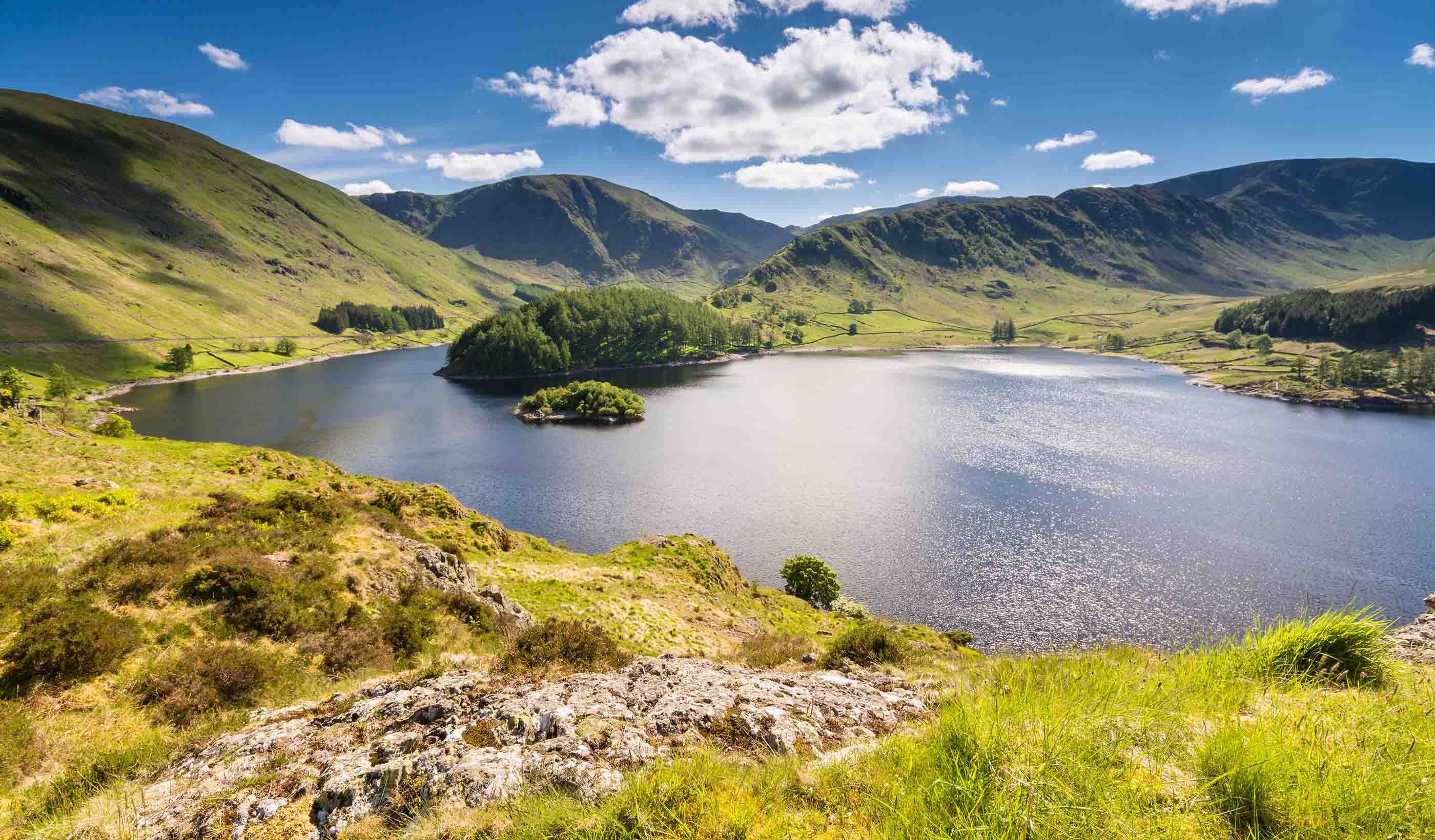
Published Article The cost of delaying water resilience efforts is too high
-

Blog Post 6 design approaches that humanise cancer care amid technology advances
-
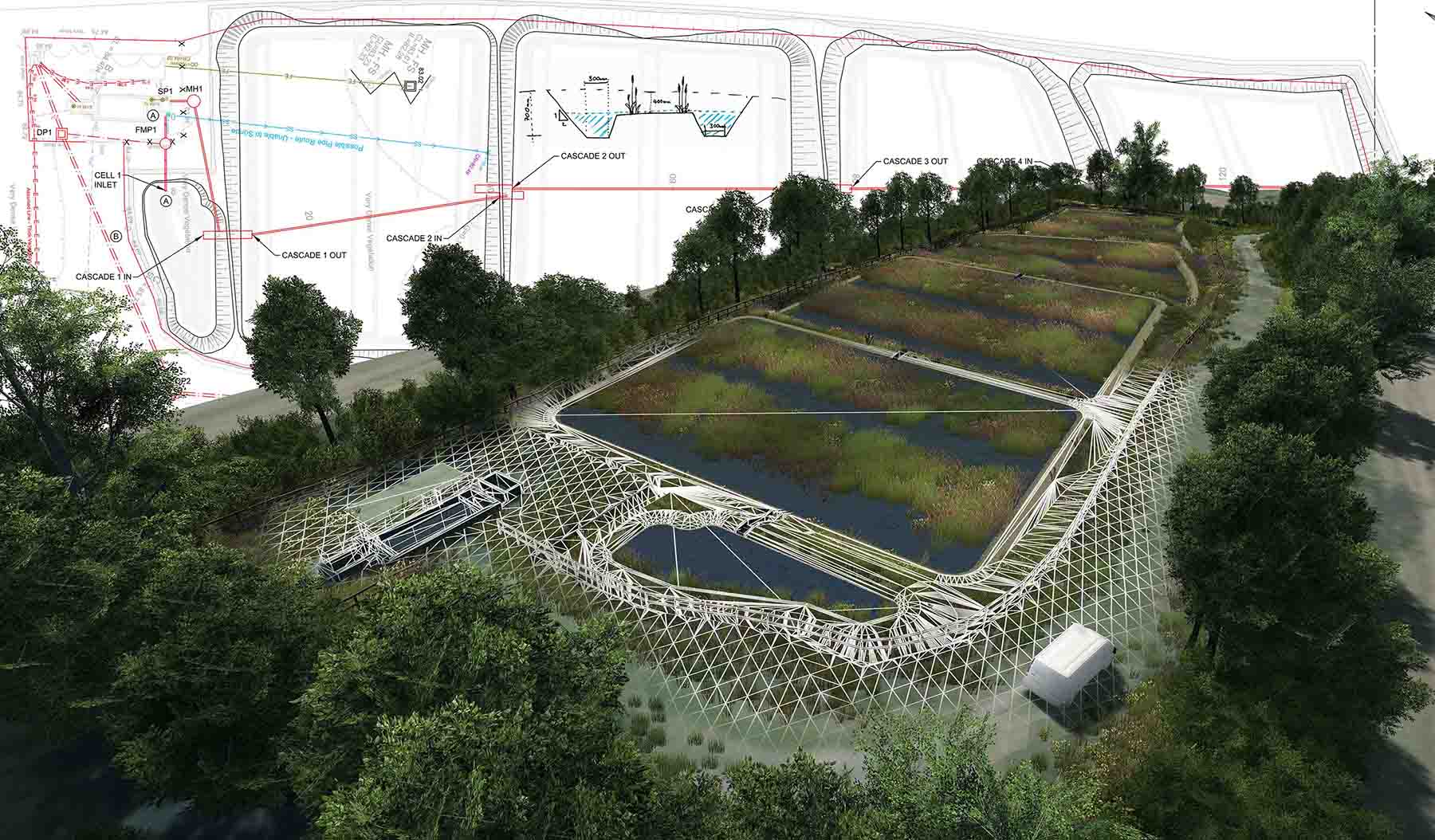
Published Article How to curb skepticism around Nature-based Solutions
-

Blog Post Designing for neurodiversity: Creating spaces that are inclusive of all
-

Blog Post Reducing road rage on streets through better design
-

Blog Post Water and energy: A symbiotic relationship
-

Podcast Stantec.io Podcast: The Smart Cities Episode
-
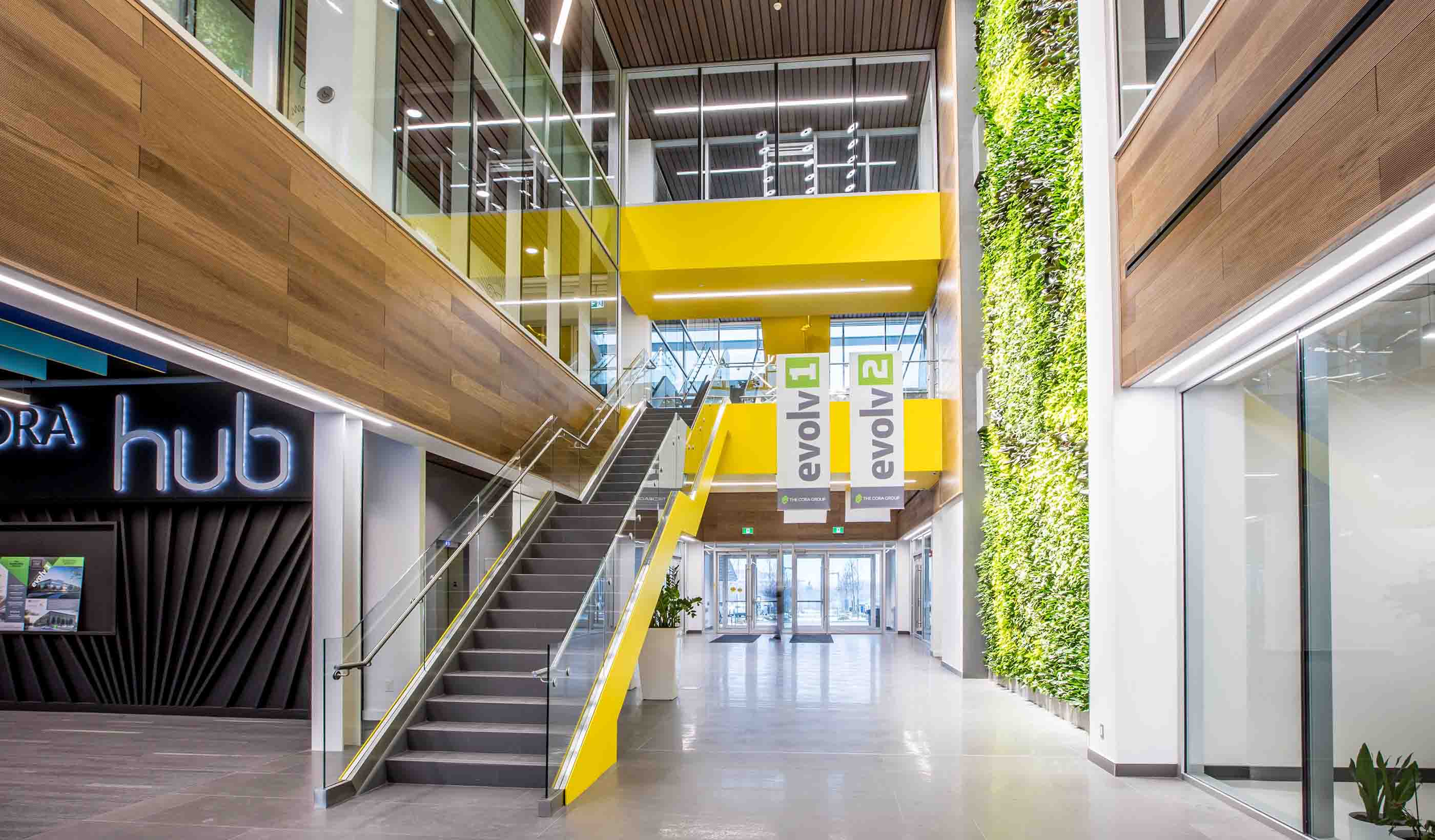
Published Article Net Positive Energy for People
-

Blog Post Give inclusivity a sporting chance by designing better recreational spaces
-
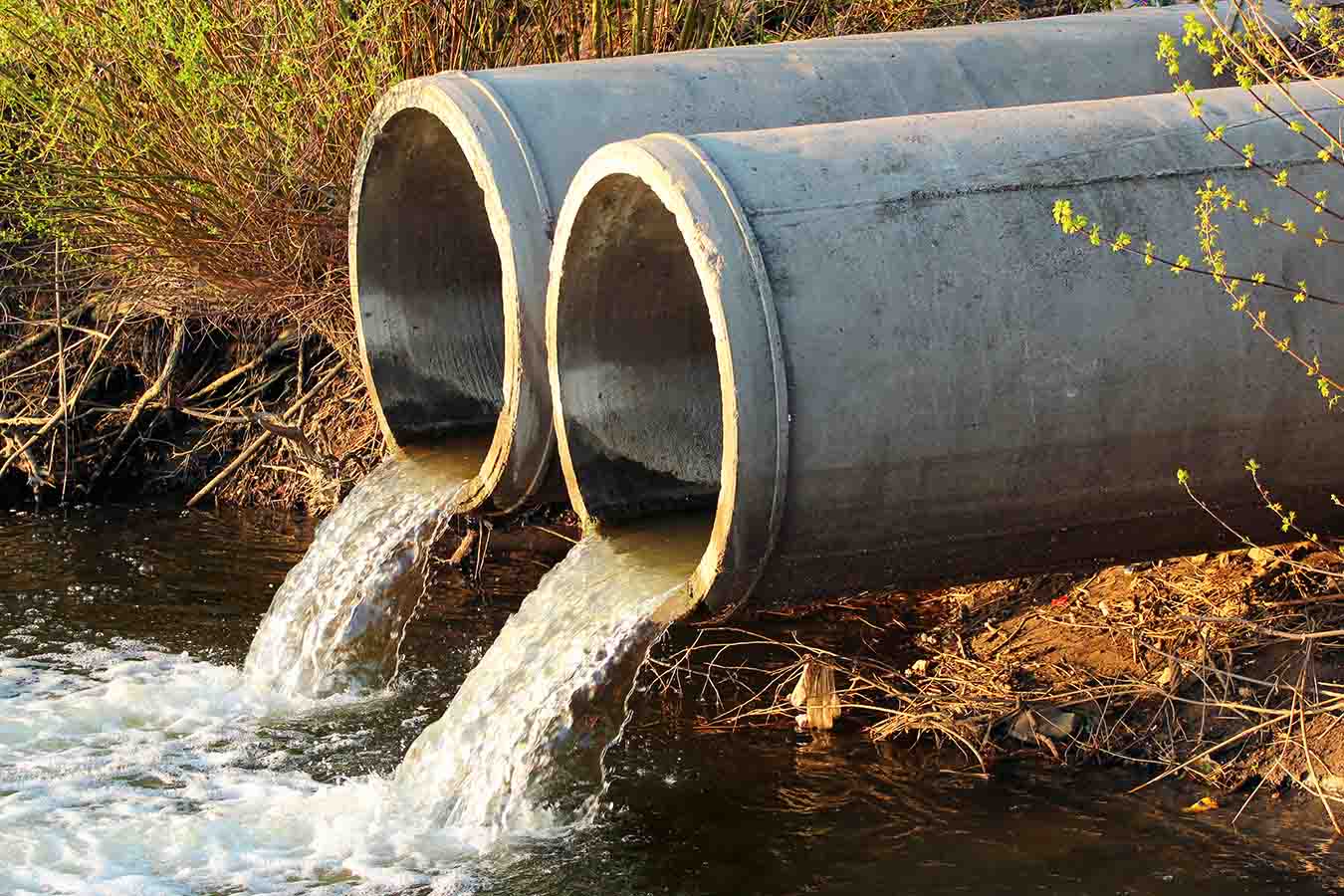
Published Article The challenges of managing long-term water assets
-
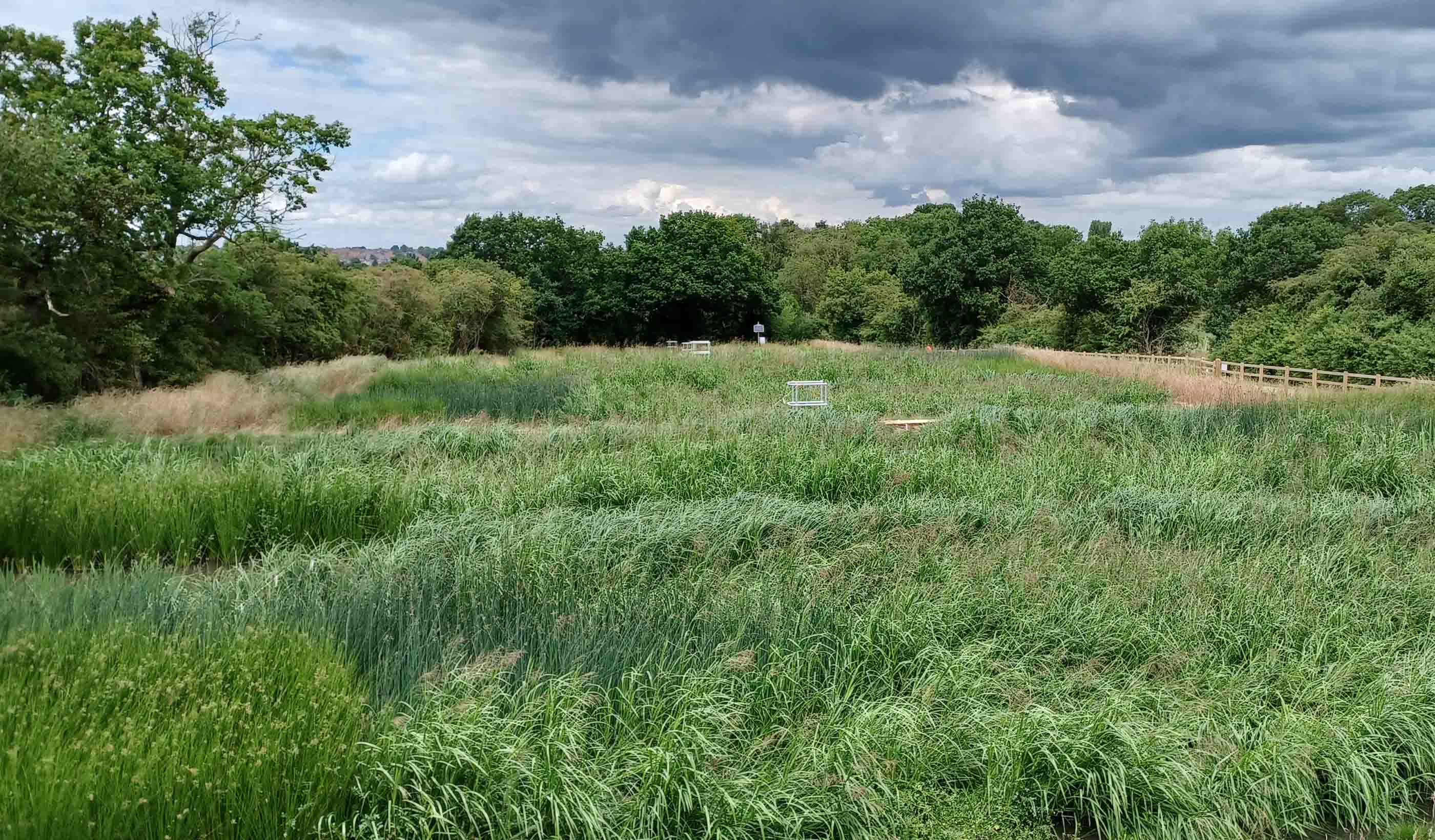
Published Article The challenges and opportunities of nature-based solutions
-

Publication Inside SCOPE Issue 2: Week 2 at COP27
-

Publication Inside SCOPE Issue 1: Week 1 at COP27
-
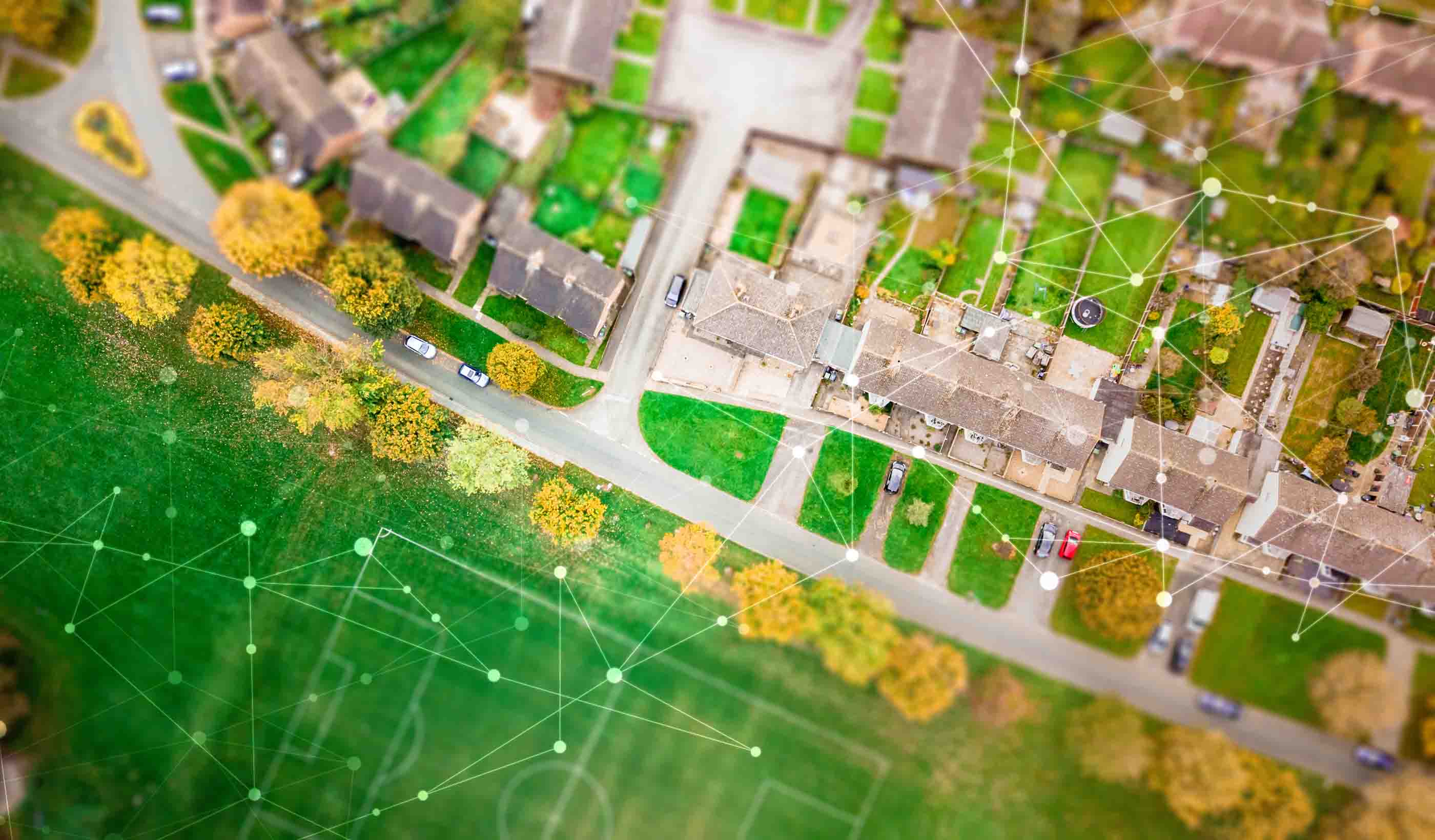
Blog Post Everything is connected: digital partnership opportunities for infrastructure and water
-

Blog Post Understanding the constant evolution of transport planning
-
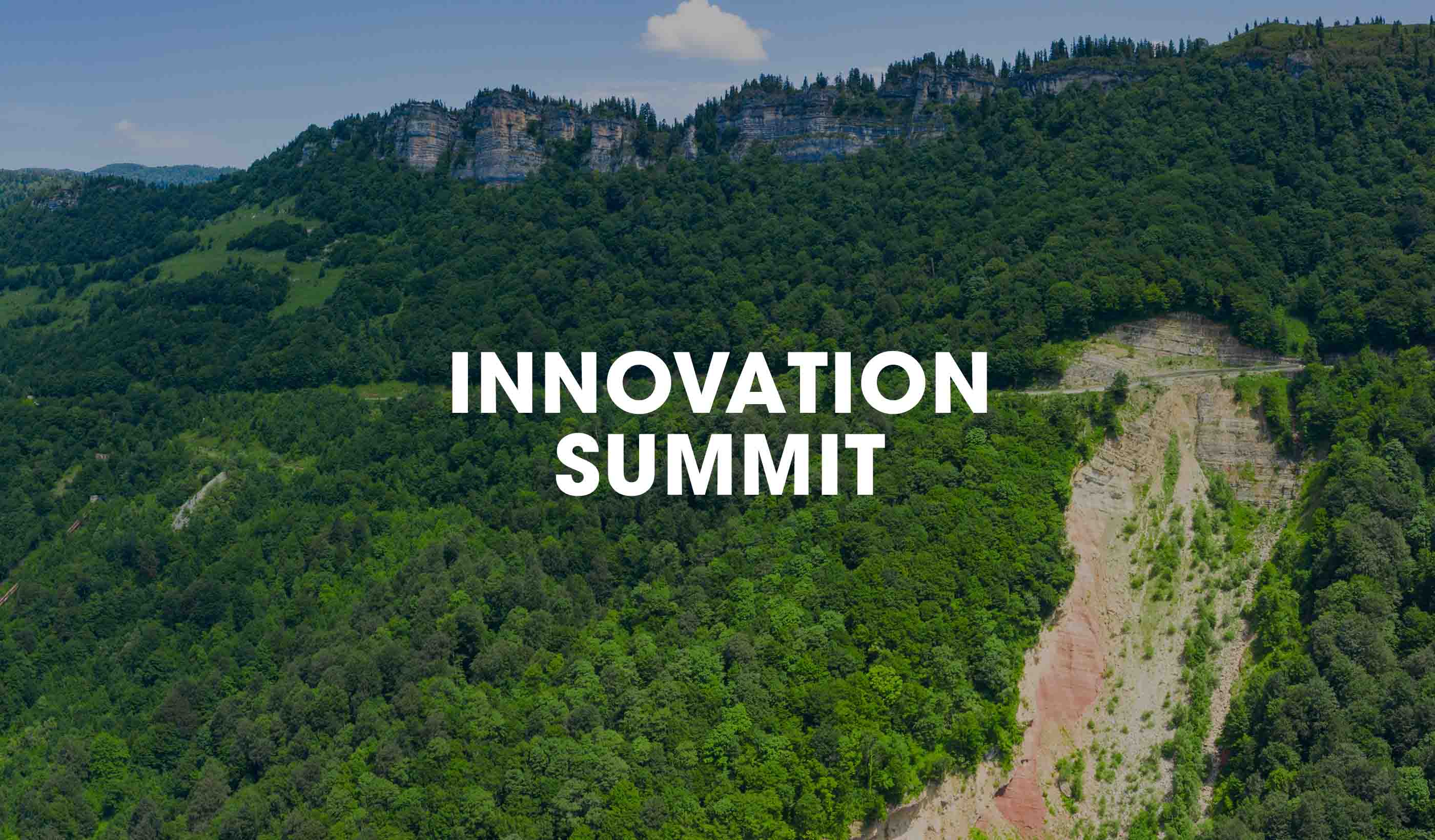
Video Cascading Climate Events and Predictions: Virtual Weather and Debris Flows
-

Blog Post Supply and demand: Energy security in the UK
-
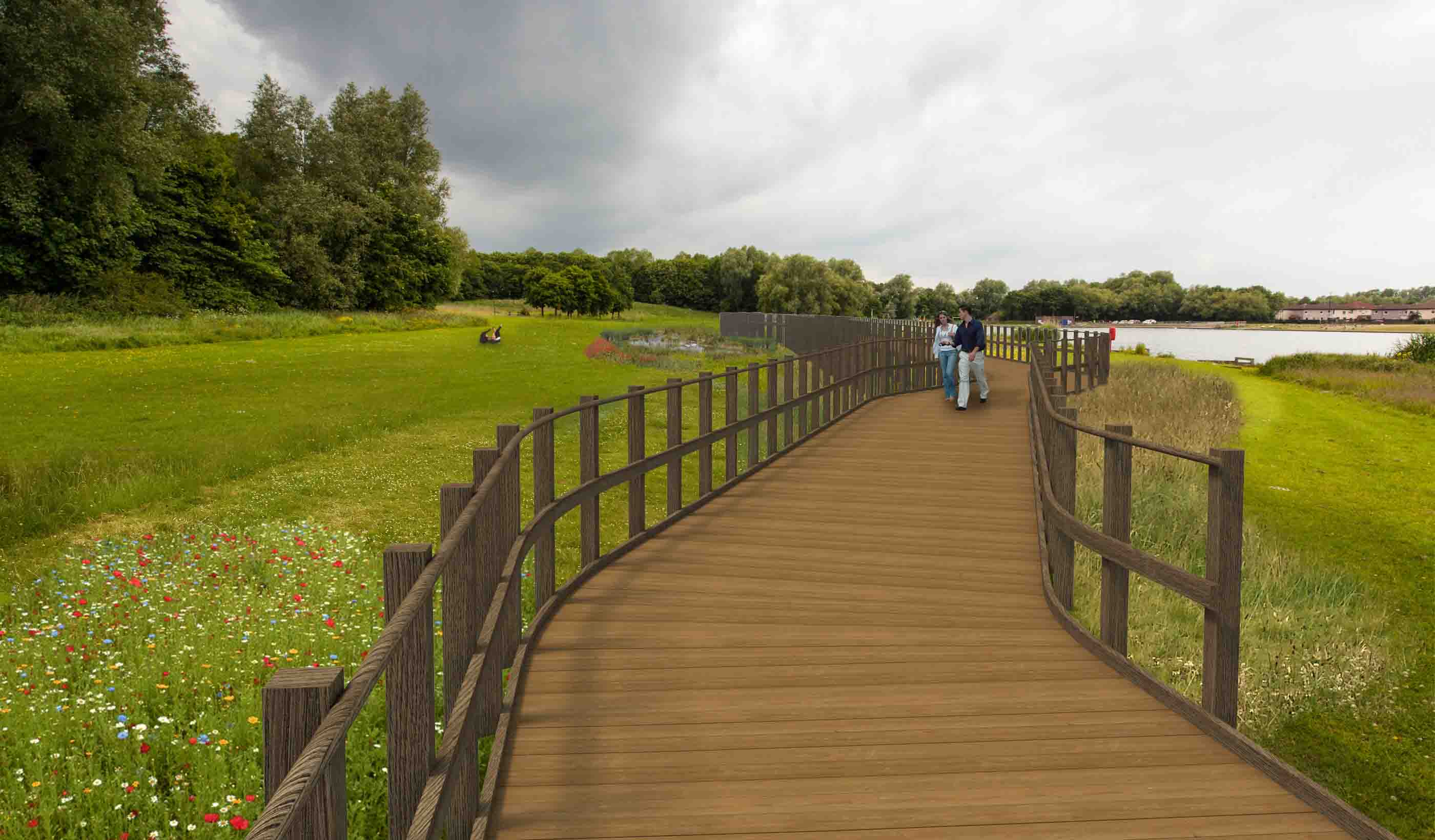
Published Article Storm Overflows: Mission Impossible?
-

Published Article Cleaner energy from waste
-
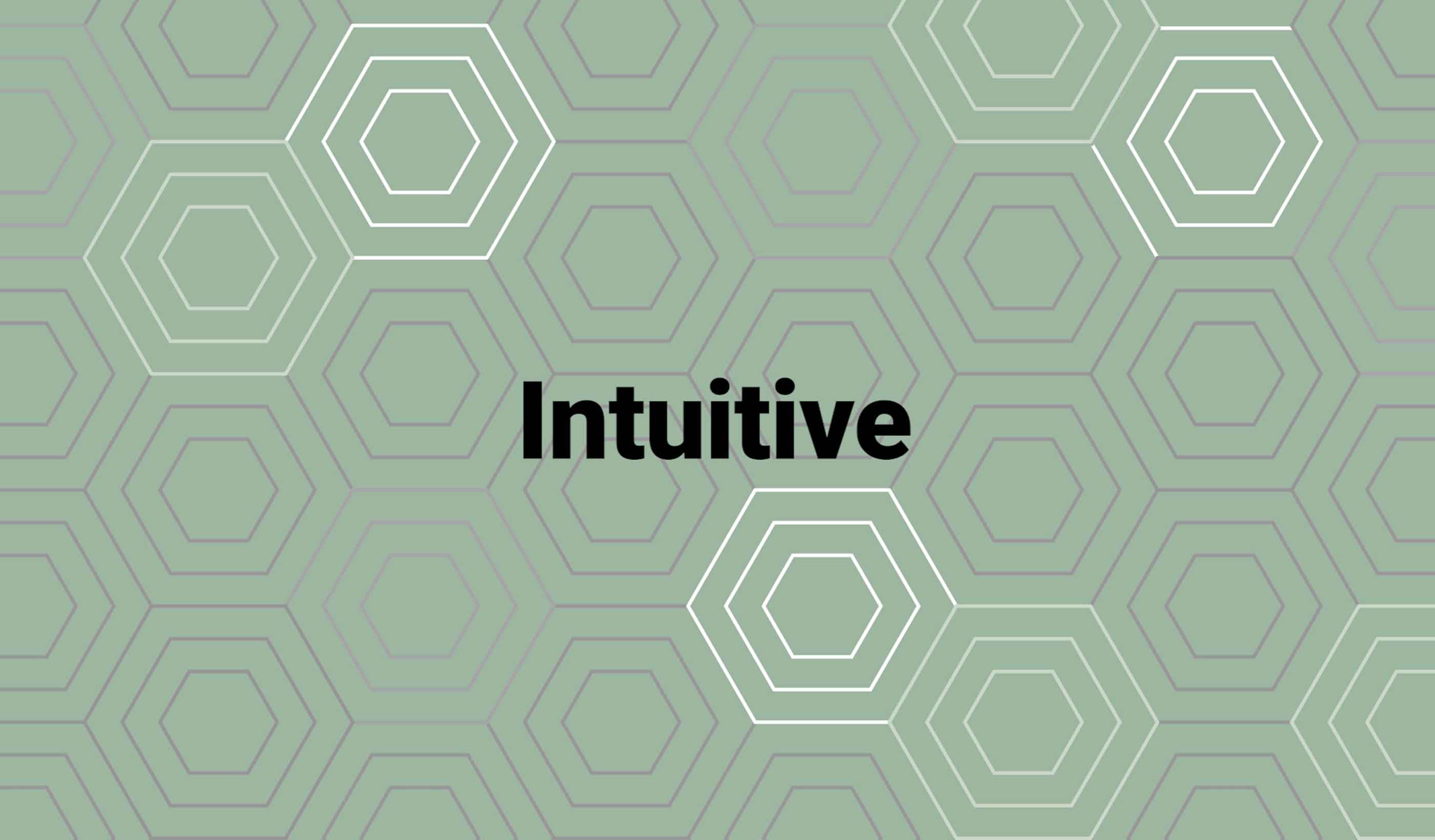
Video Intro to FAMS: How it works
-

Video Intro to FAMS: Built for users
-
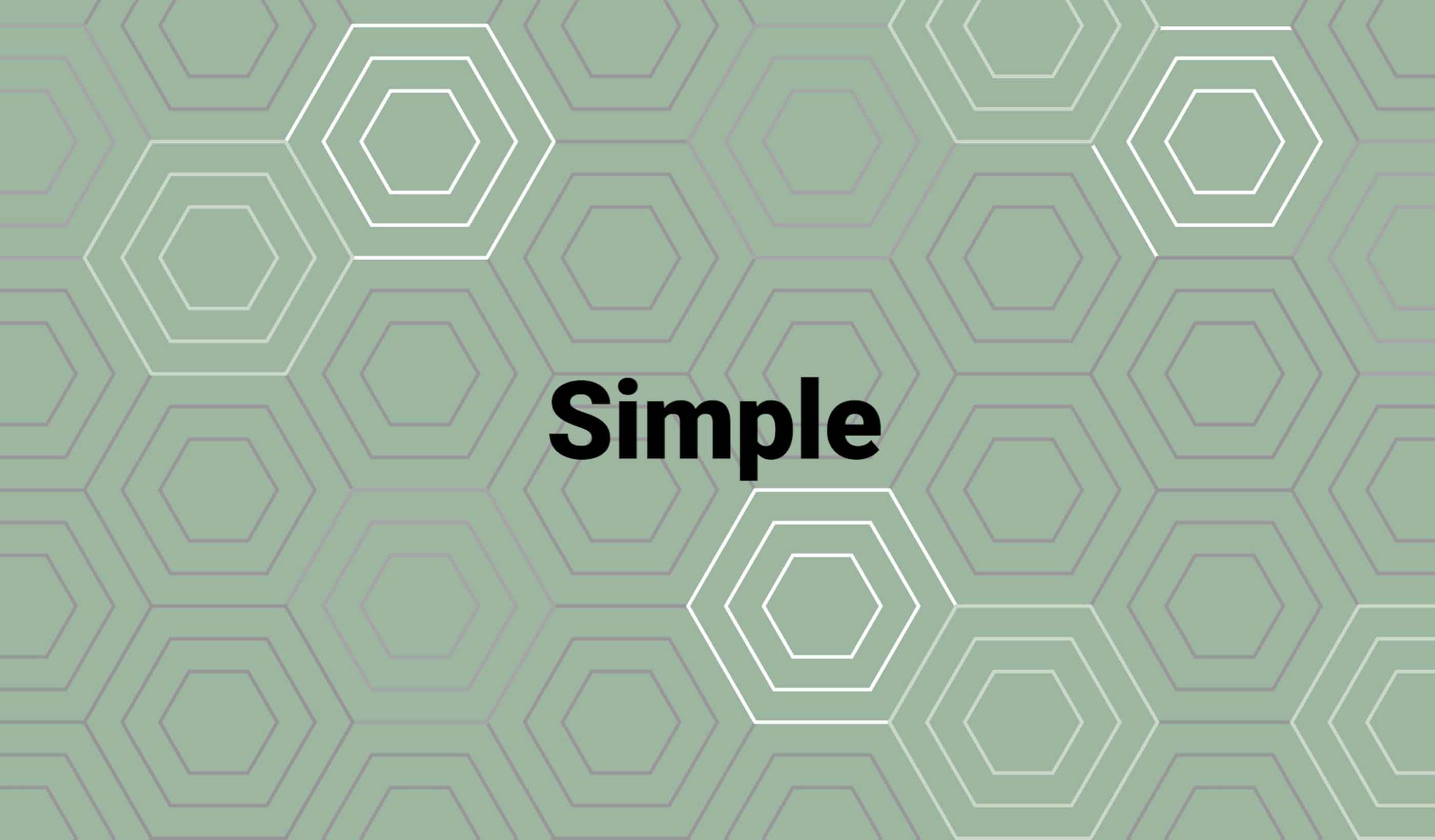
Video FAMS or FAMS Pro - Choose FAMS
-

Video FAMS or FAMS Pro - Choose FAMS Pro
-

Podcast How retail and office spaces are being transformed in the post pandemic world
-
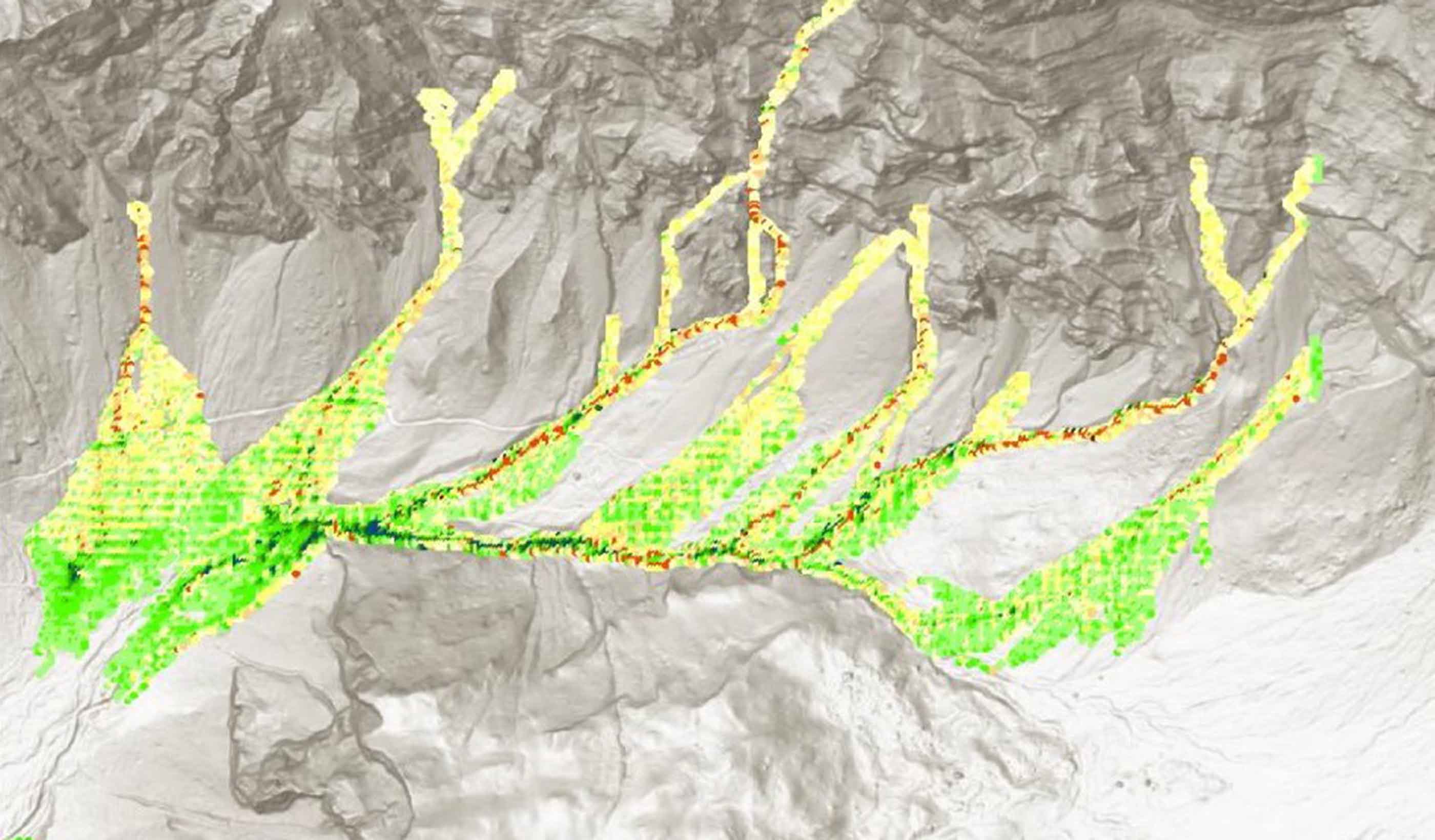
Technical Paper A comparison of two runout programs for debris flow assessment at the Solalex-Anzeindaz region of Switzerland
-
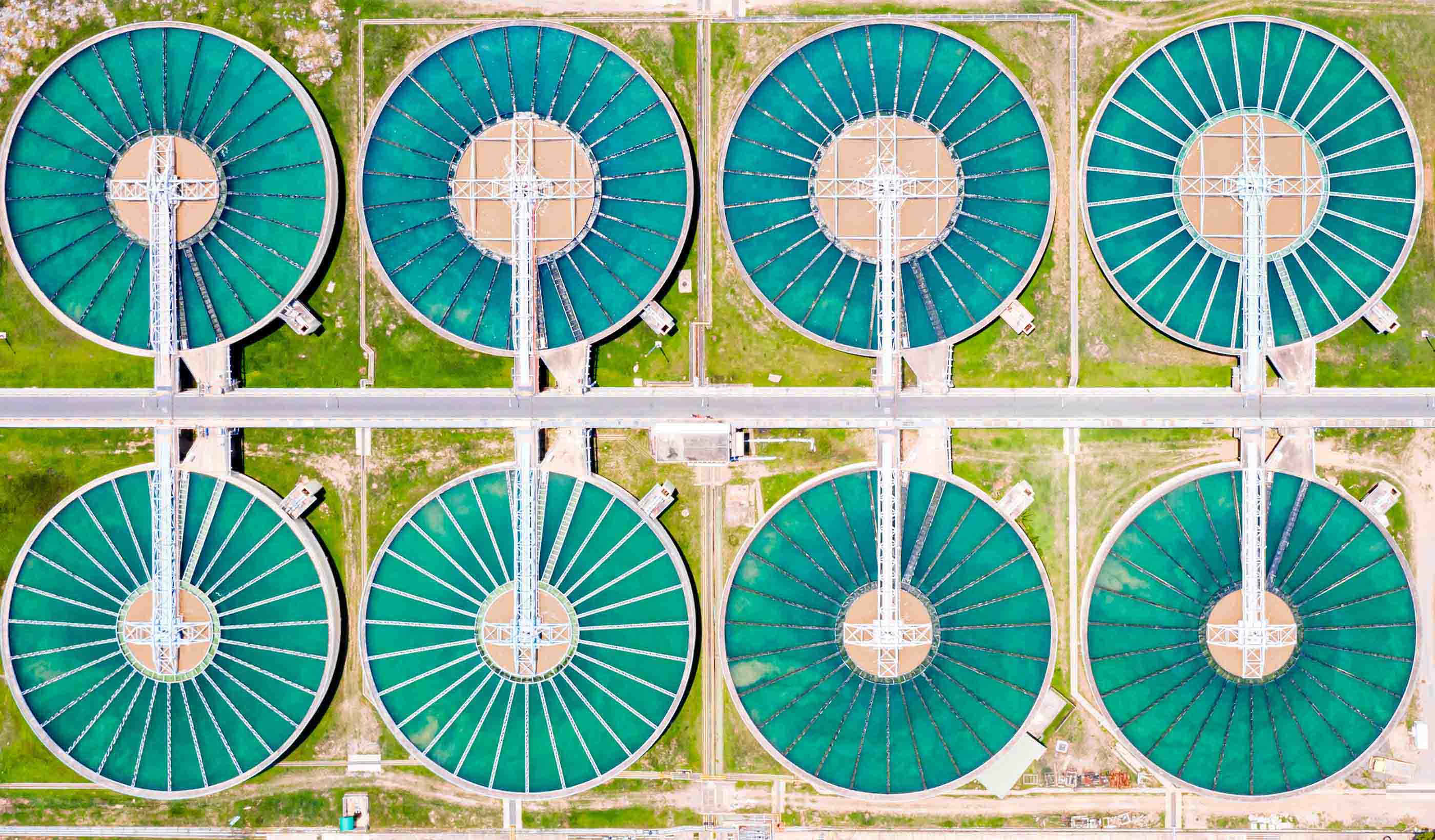
Blog Post Welcome to the carbon culture club
-
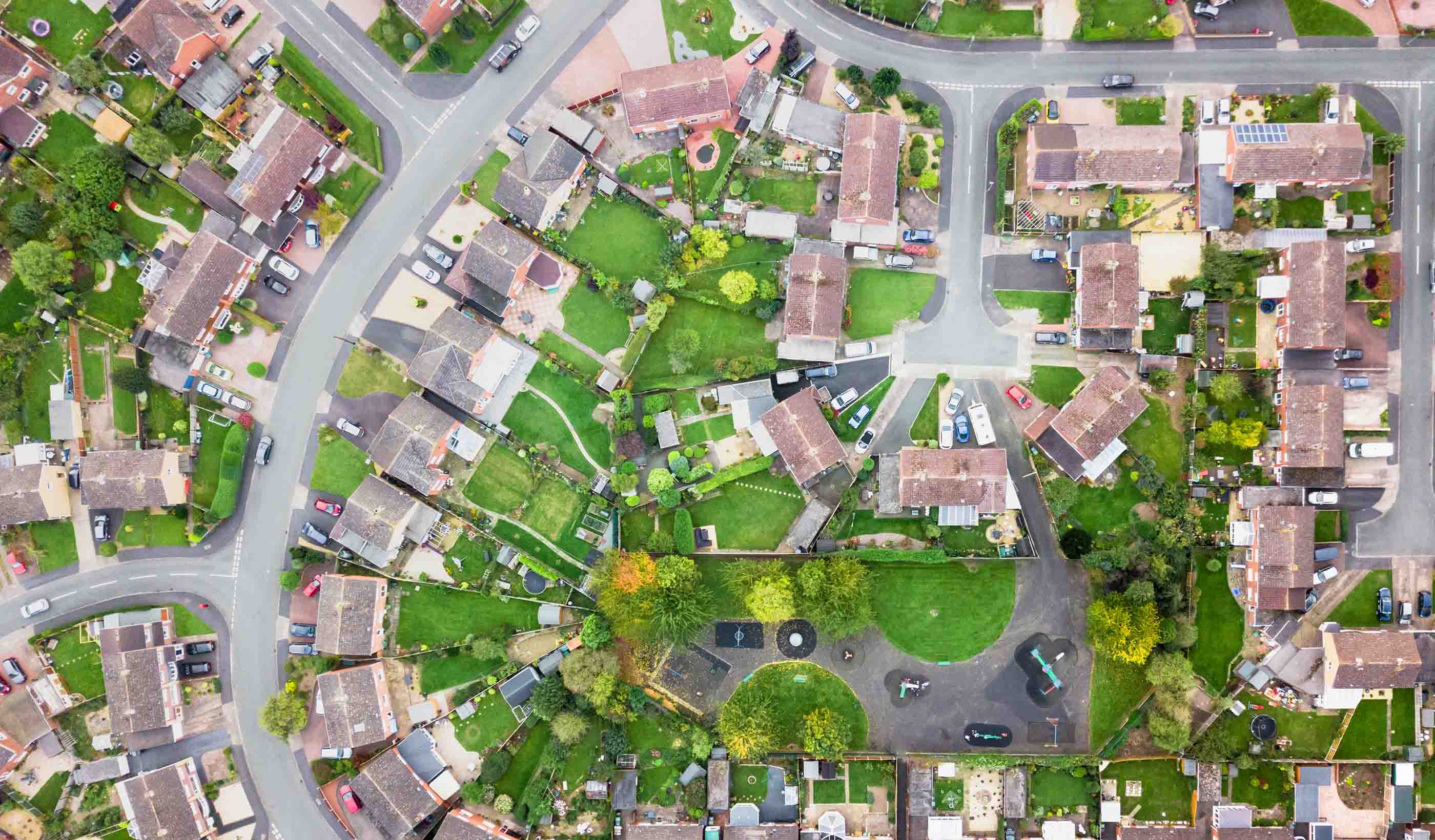
Report Delivering better place outcomes through use of data
-

Webinar Recording Natural Capital for AMP8
-
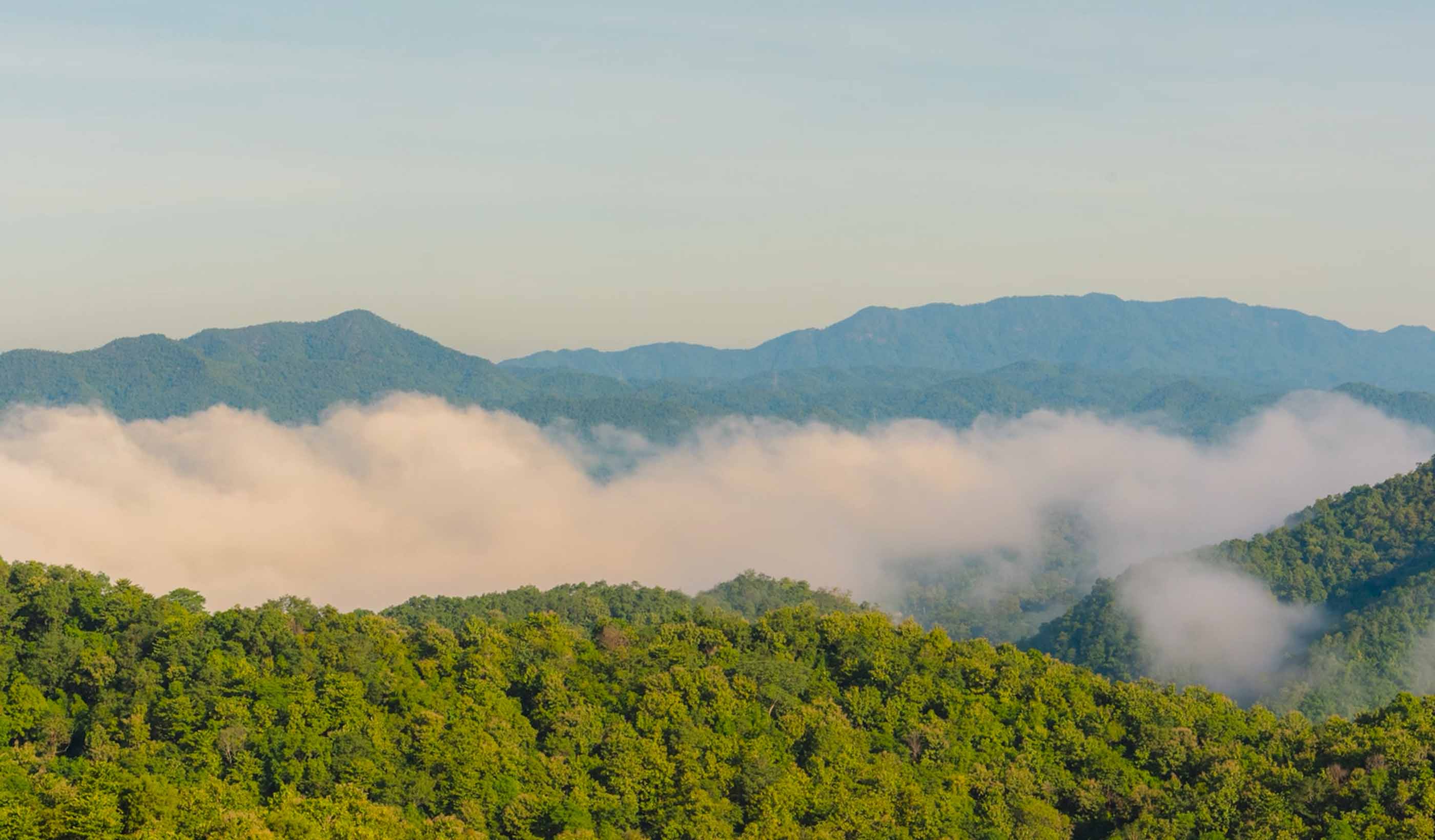
Video Our approach: The Climate Solutions Wheel
-

Podcast Stantec.io Podcast: The CommunityHQ Episode
-
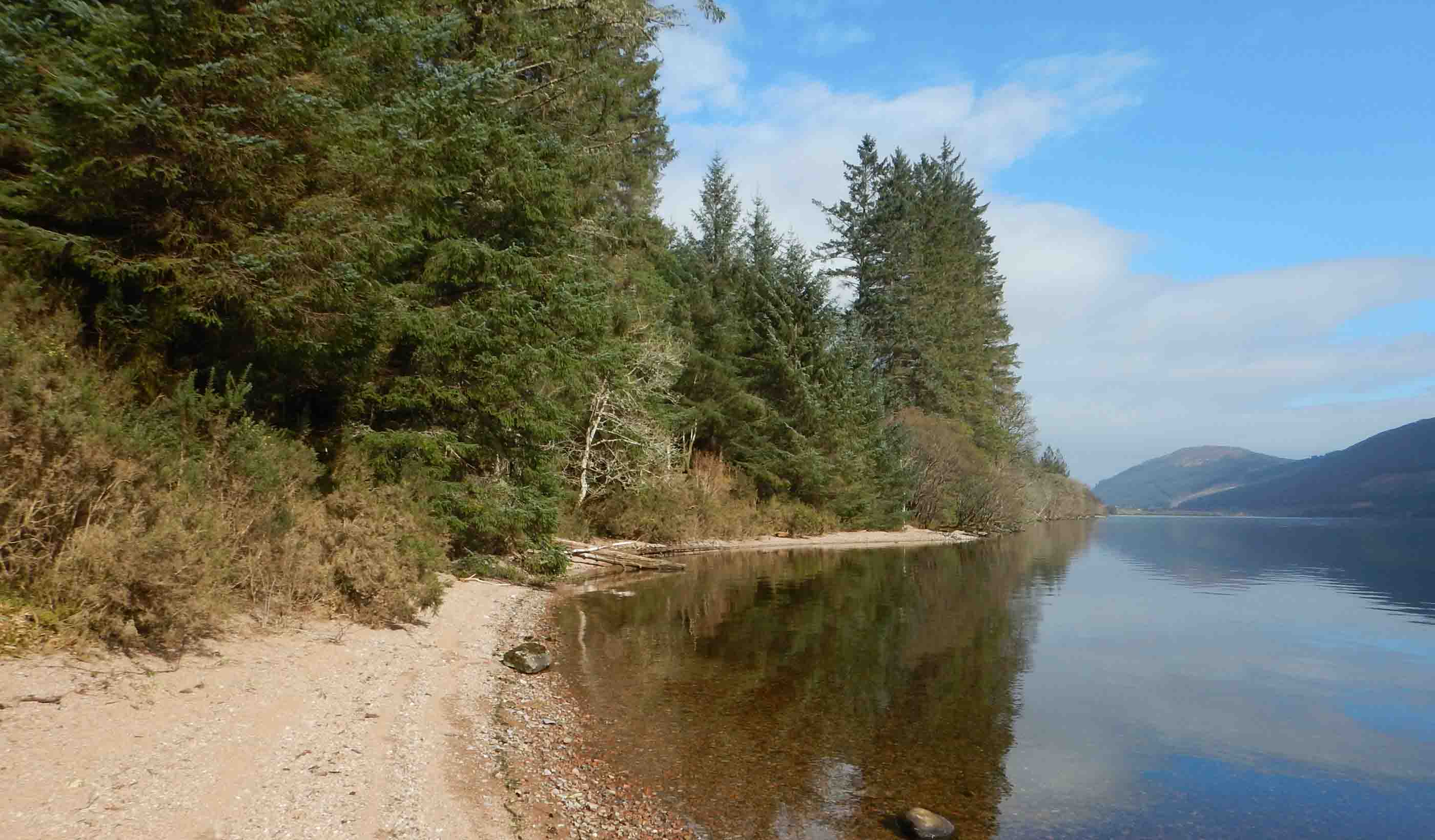
Published Article Scaling up UK energy storage is vital to securing supply and stabilising the grid
-

Published Article Involve comms teams at earliest stages of any projects
-

Blog Post How can businesses and policy makers achieve climate justice?
-
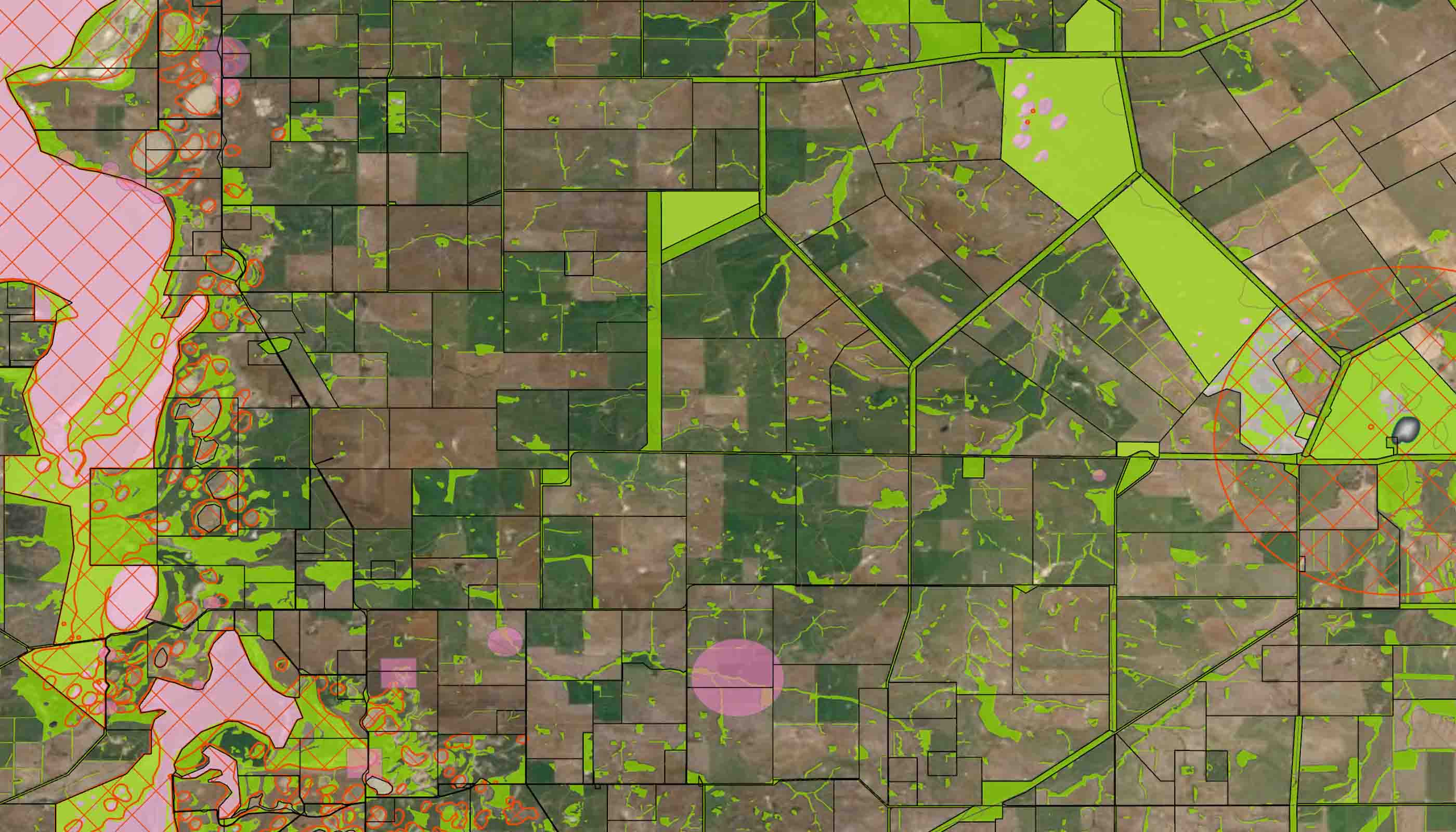
Podcast Stantec.io Podcast: The EnviroExplore Episode
-

Blog Post Data + Design = Decision
-
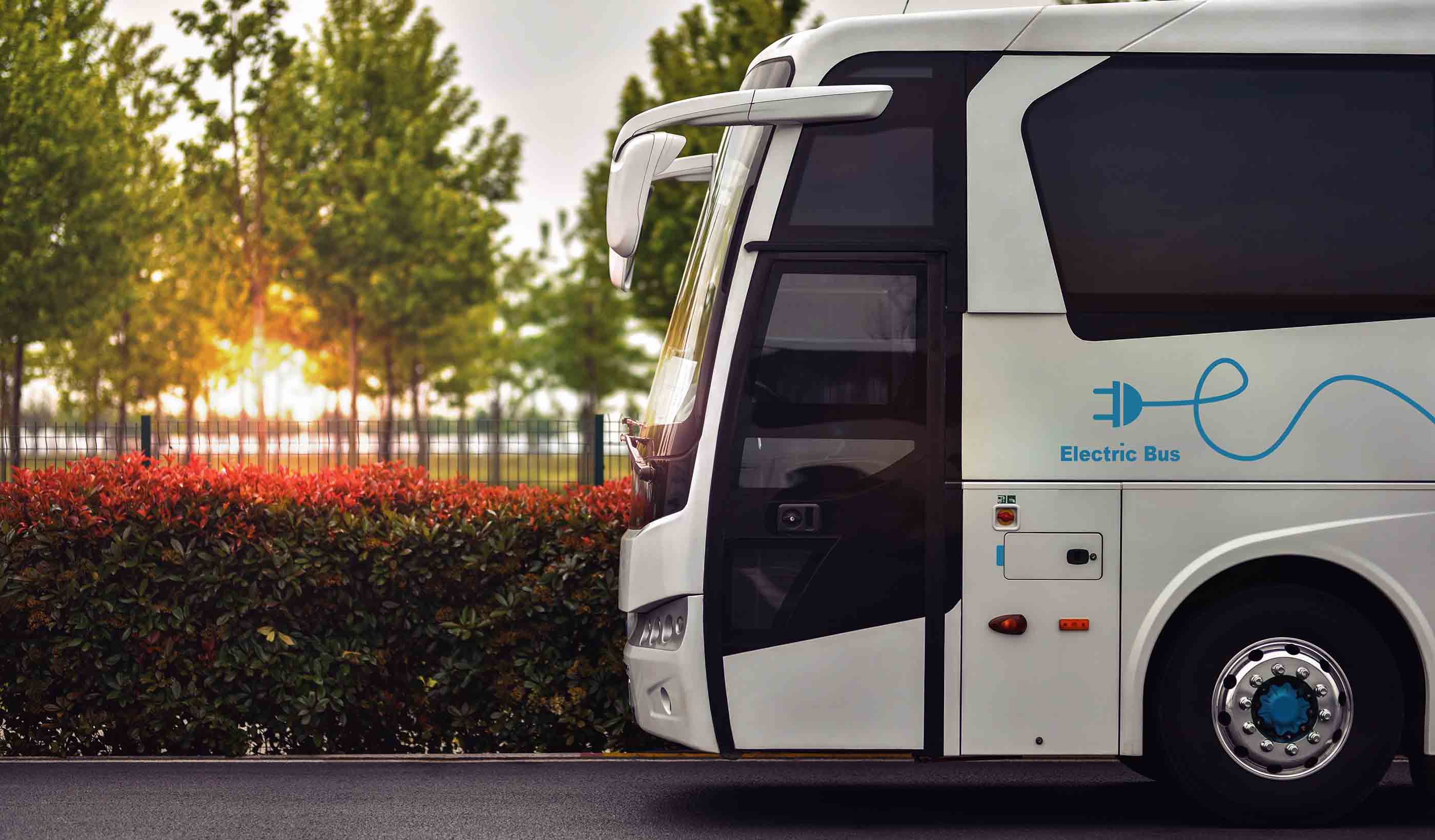
Blog Post The future is electric: supporting Blackpool’s new bus fleet
-
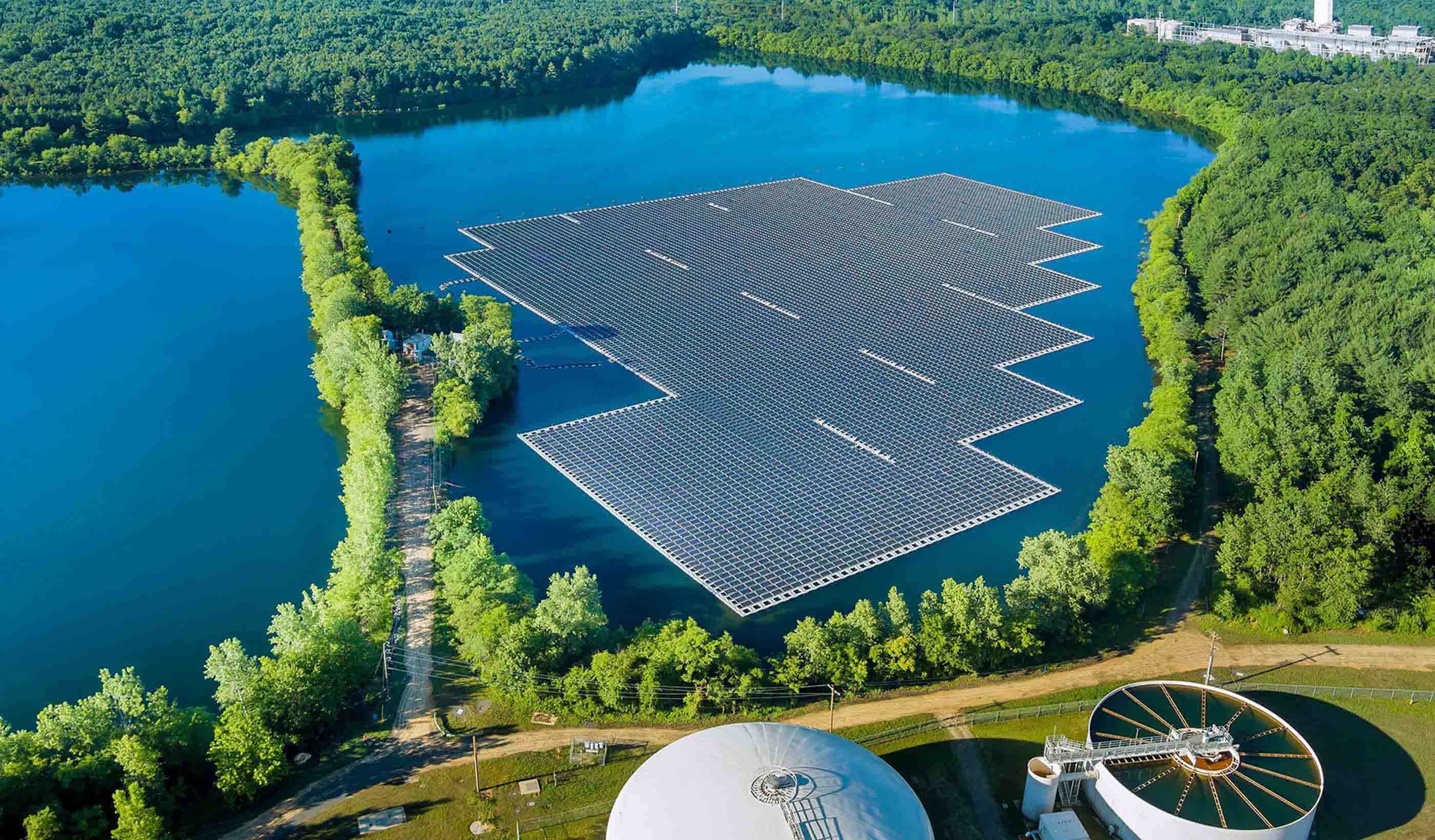
Blog Post Hydro batteries: Making renewables dispatchable
-
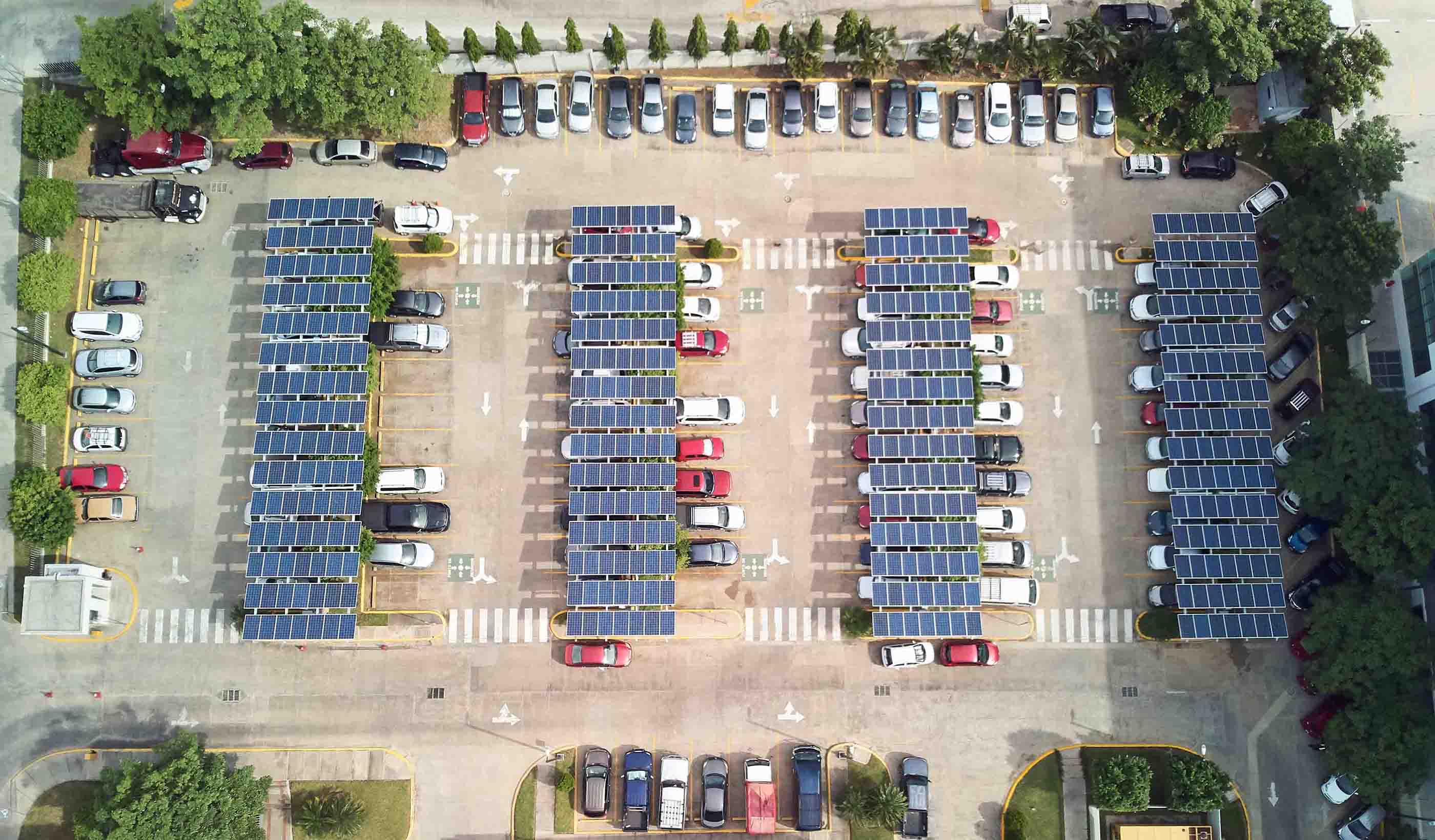
Blog Post How can solar canopies help us electrify our industry?
-

Blog Post Making smart asset choices from imperfect asset data
-

Published Article The social dimension of transport planning
-

Blog Post Regenerative urban greening in the face of a hotter, wetter UK
-
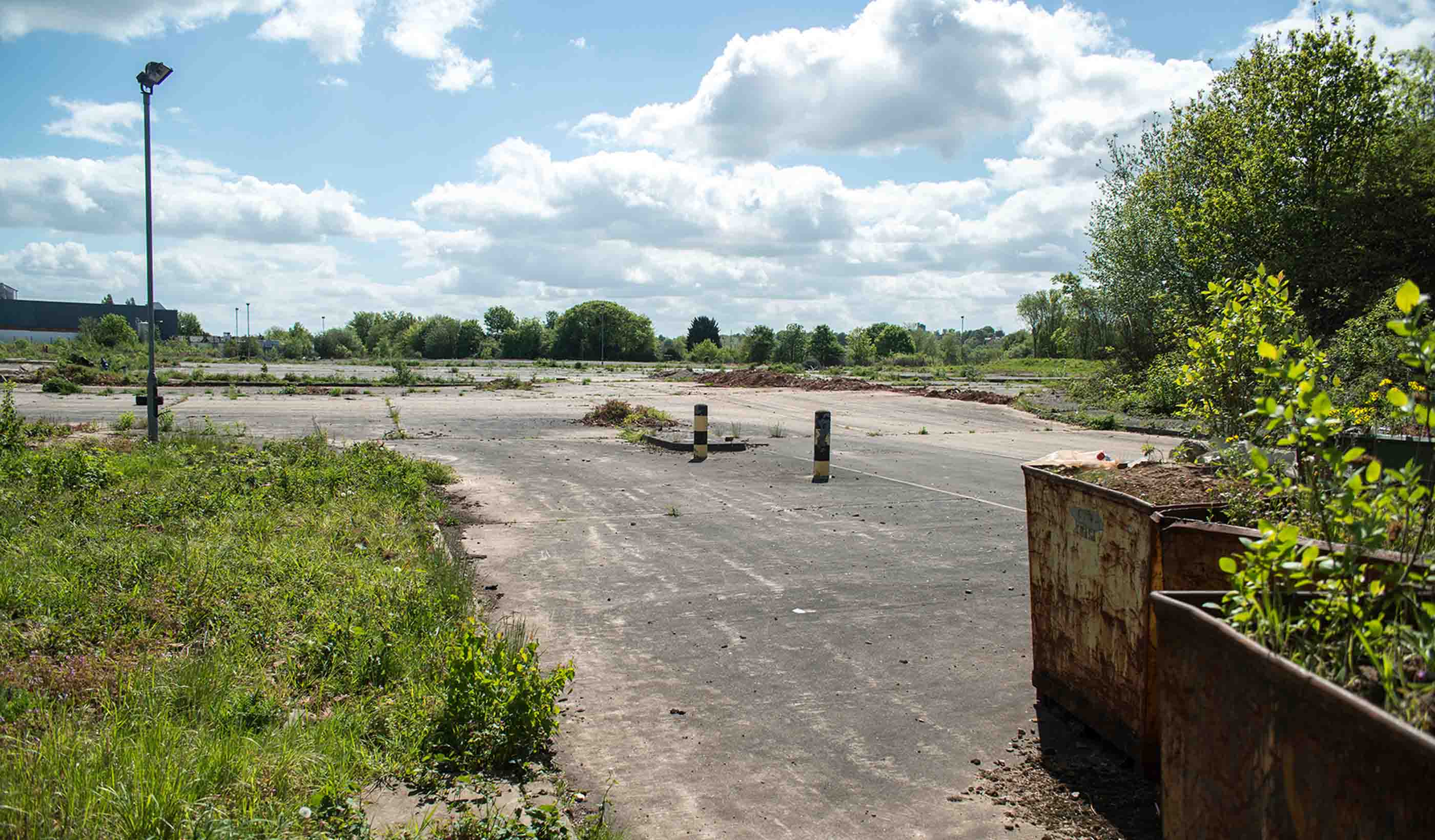
Webinar Recording Developer Masterclass Webinar Series: Brownfield Land
-

White Paper Bridging the Gap programme of research
-

Blog Post Groundwater plays a critical role in climate change adaptation
-
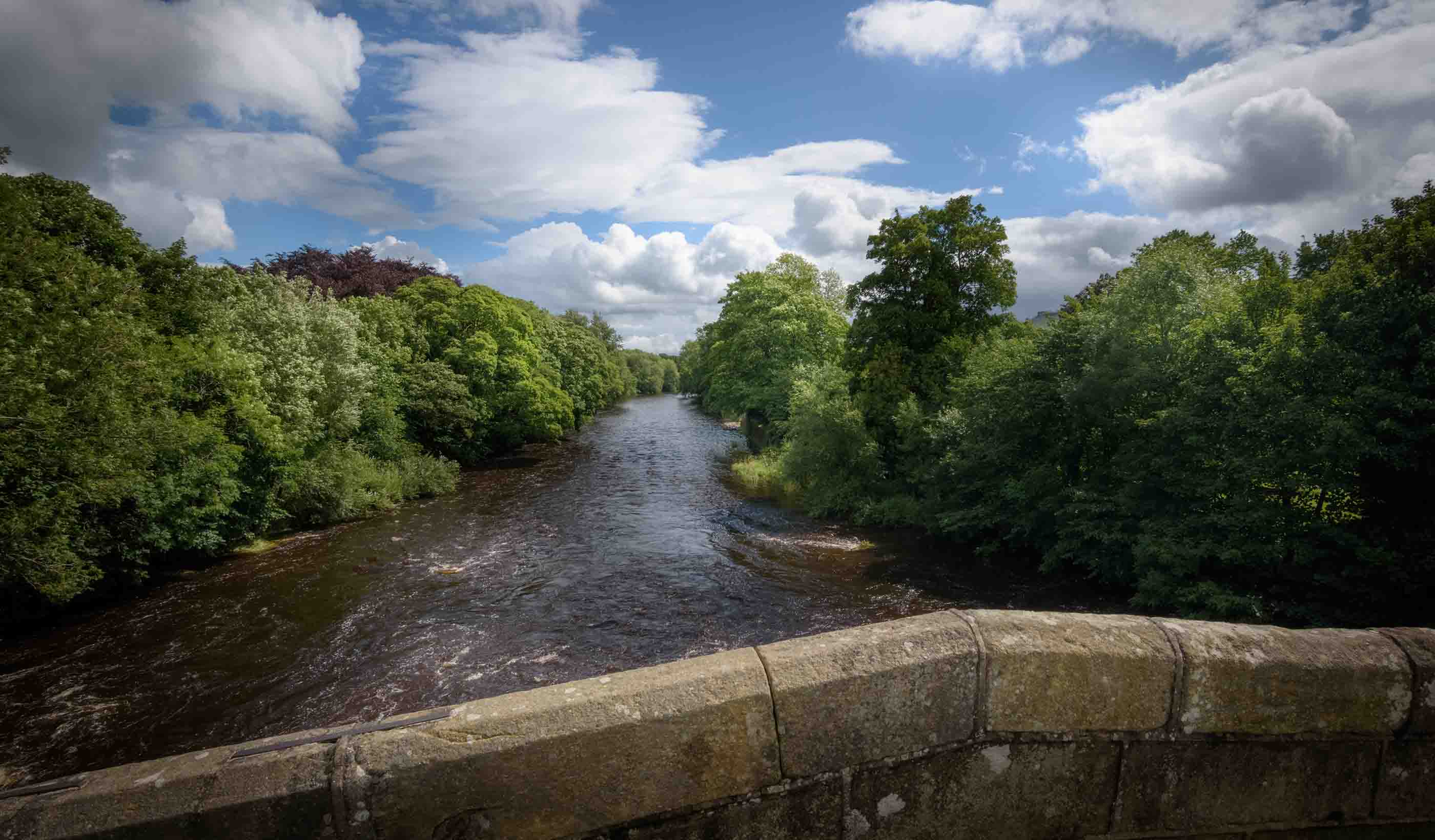
Published Article UK water industry must prepare for riverine bathing water designations
-

Podcast Stantec.io Podcast: The Fire Flow Episode
-
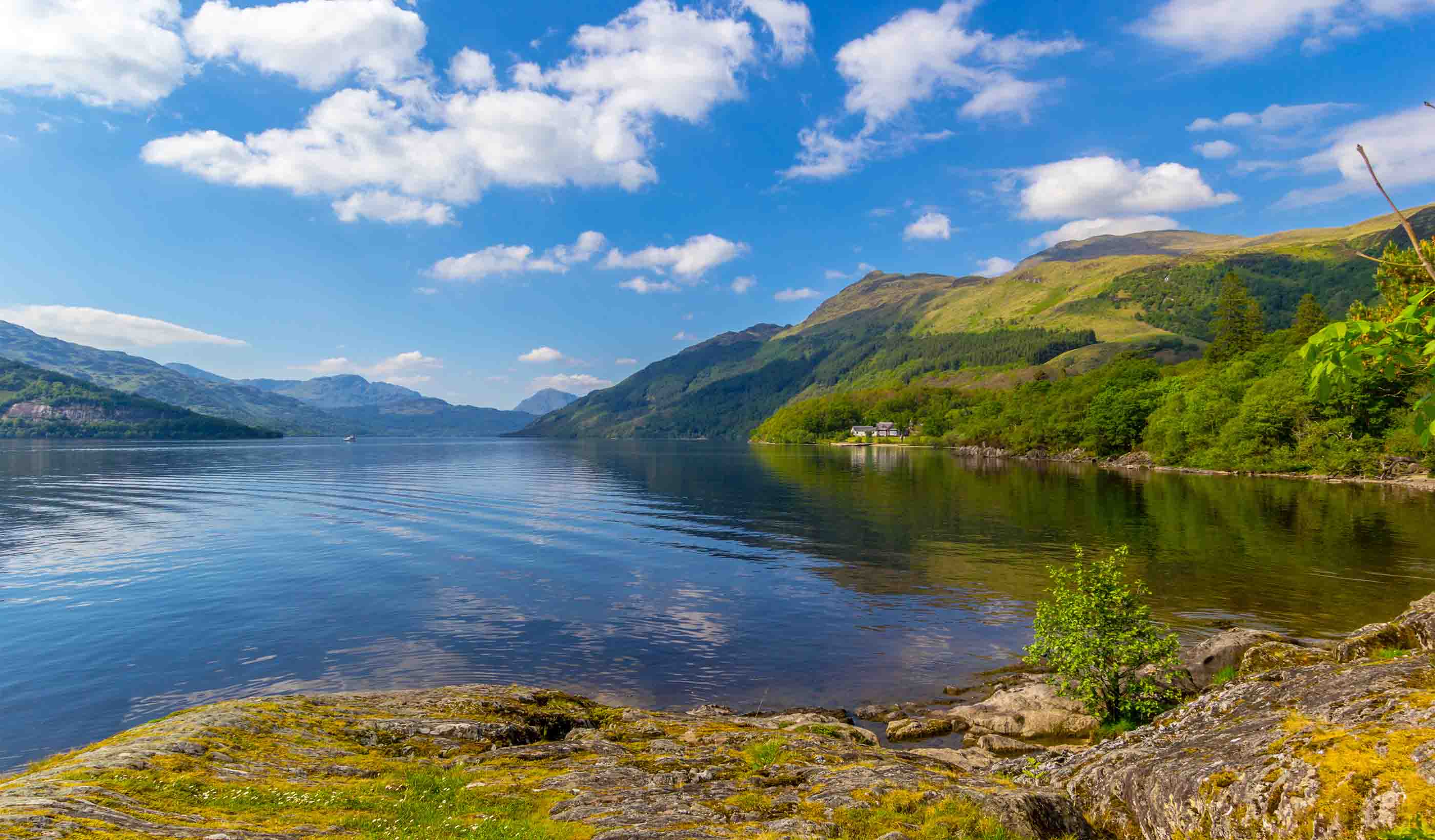
Webinar Recording Catchment Systems Solutions
-
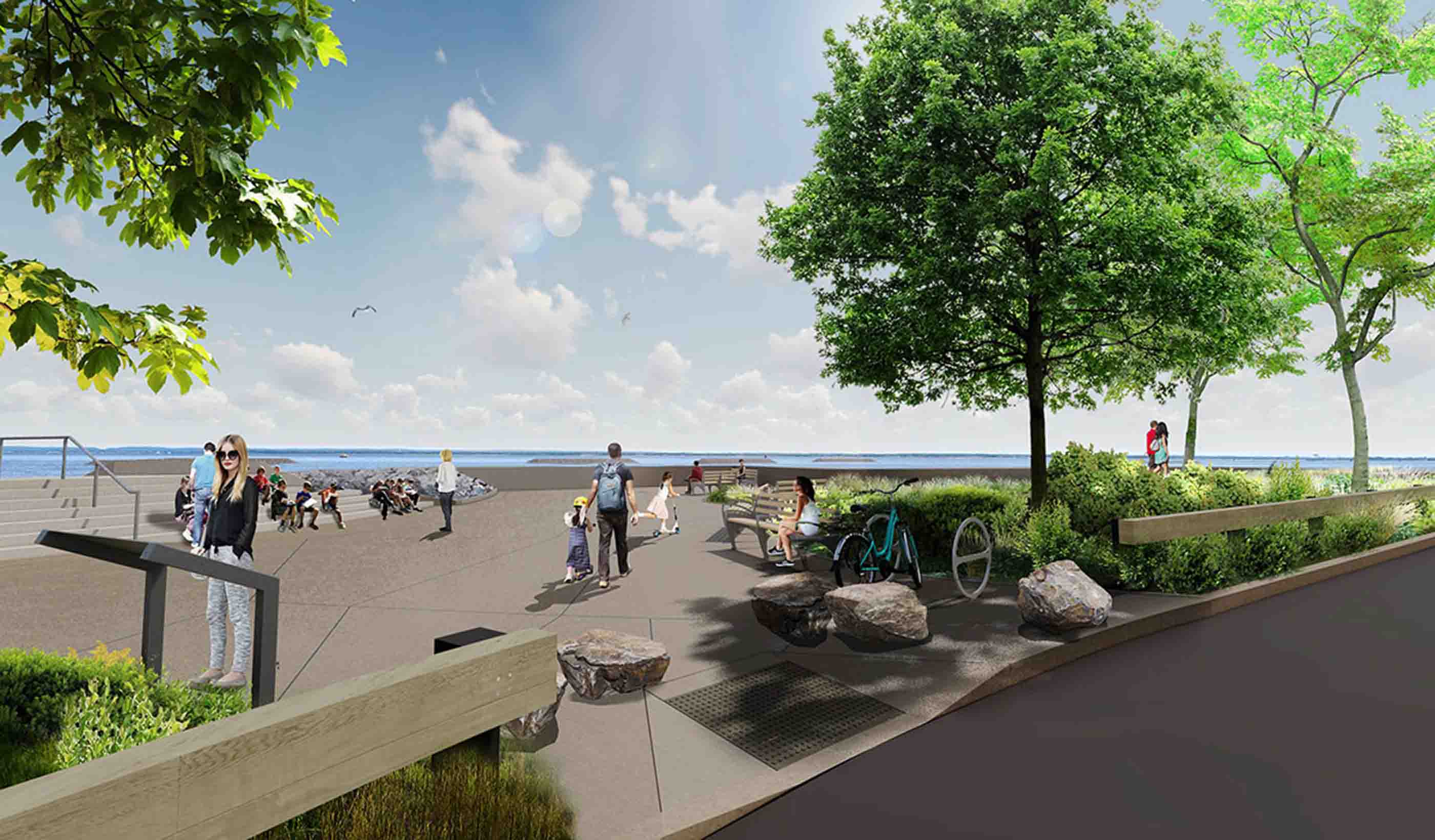
Blog Post Smart resilience planning and design includes triple bottom line benefits
-

Blog Post Breaking the bias: How two women are making spaces and places more inclusive
-
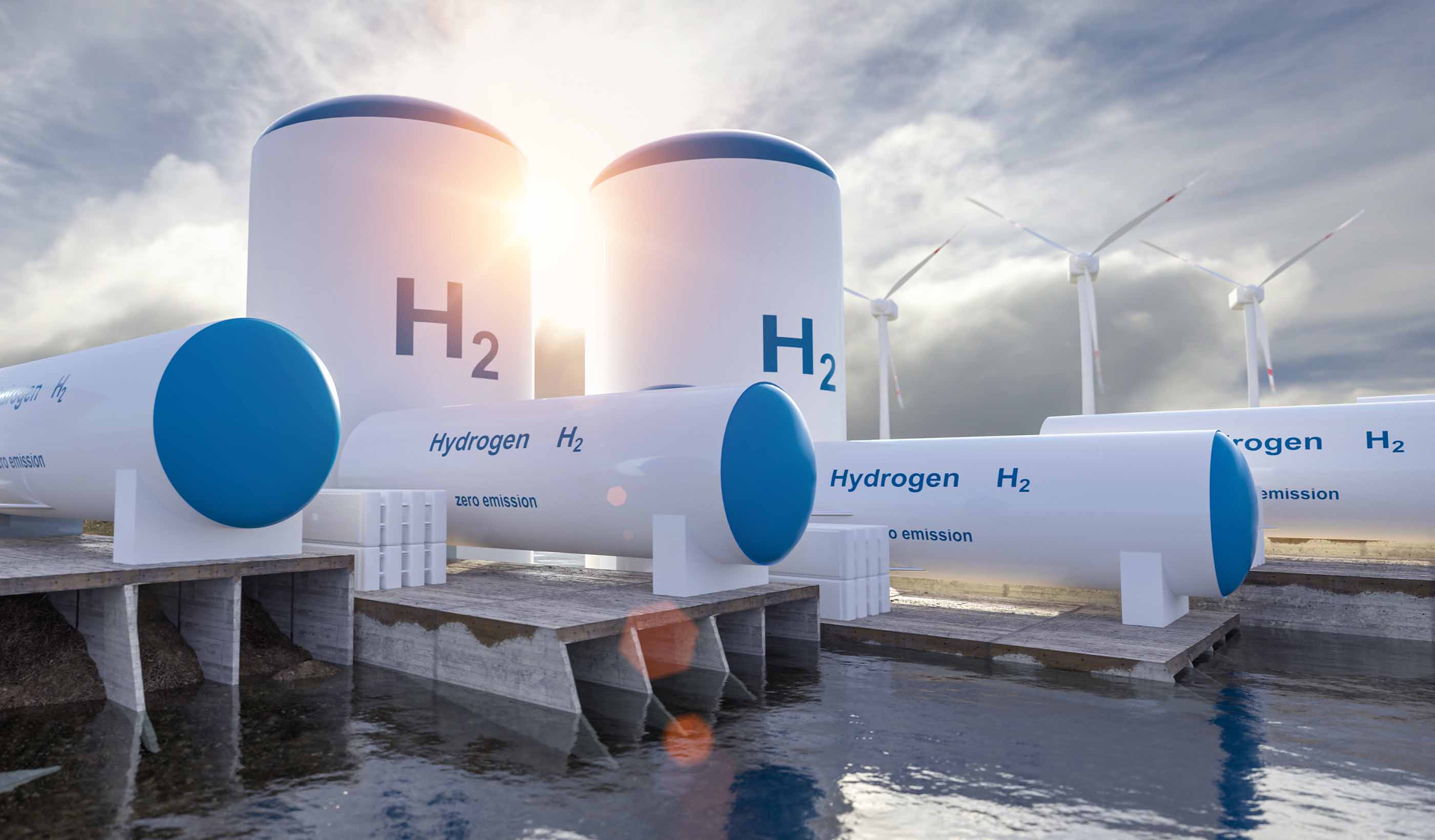
White Paper The Geography of Hydrogen is the catalyst to economic stimulus and adaptation to climate change
-

Blog Post What is design automation, and how can you optimize it for your next project?
-
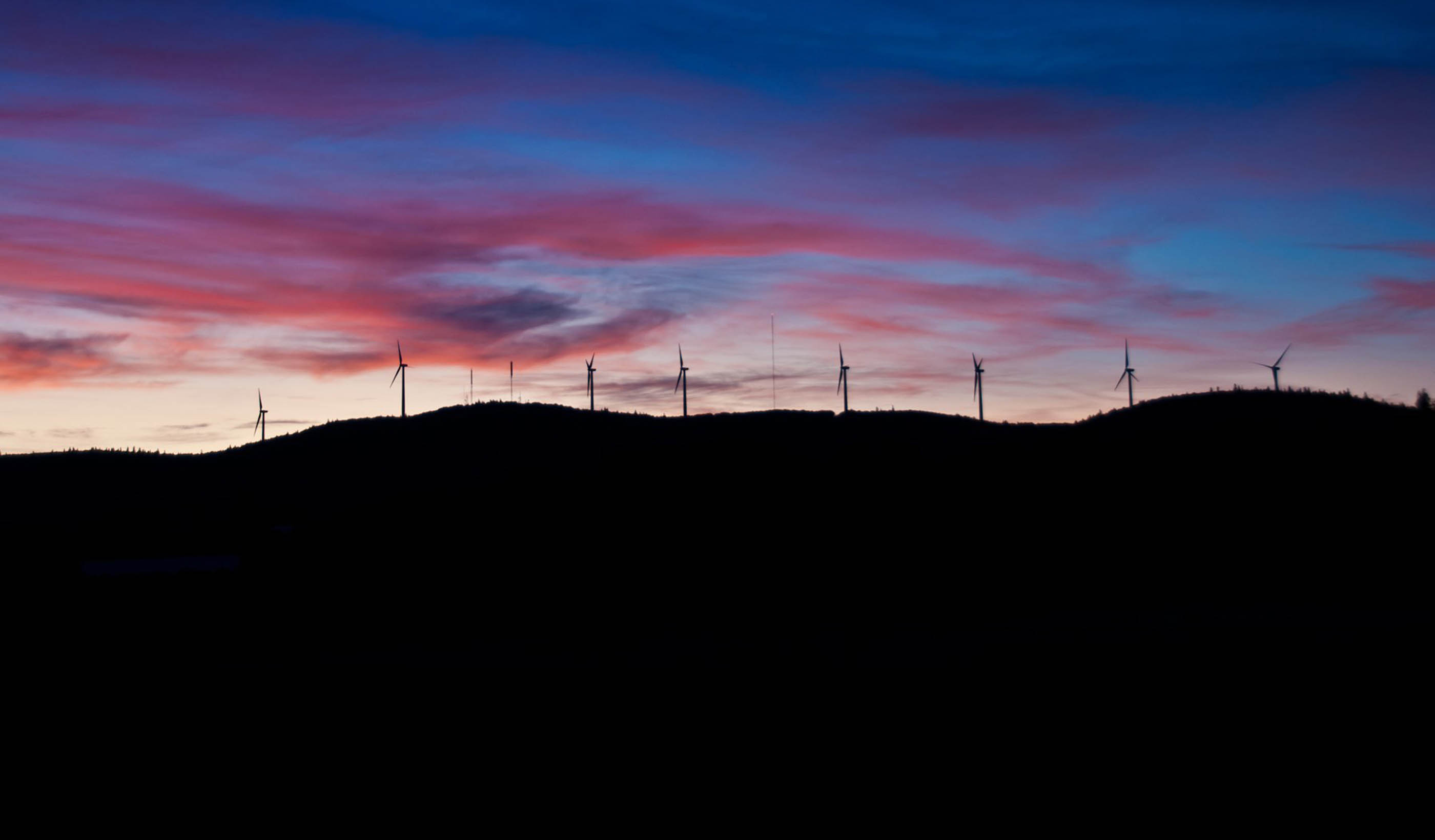
Webinar Recording Climate Solutions Webinar Series: Navigating climate change terminology
-
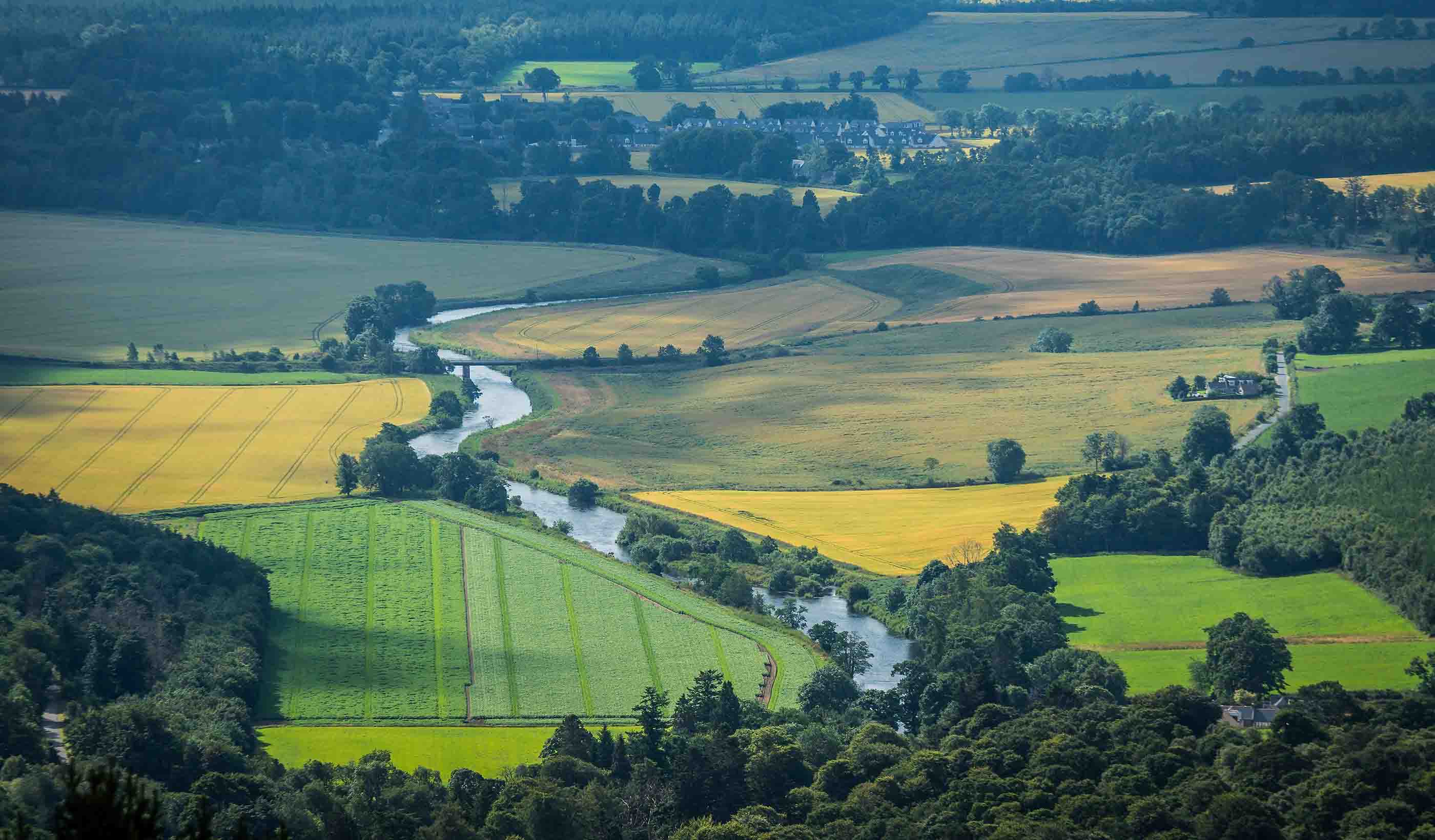
Published Article Changing how we manage our water assets
-
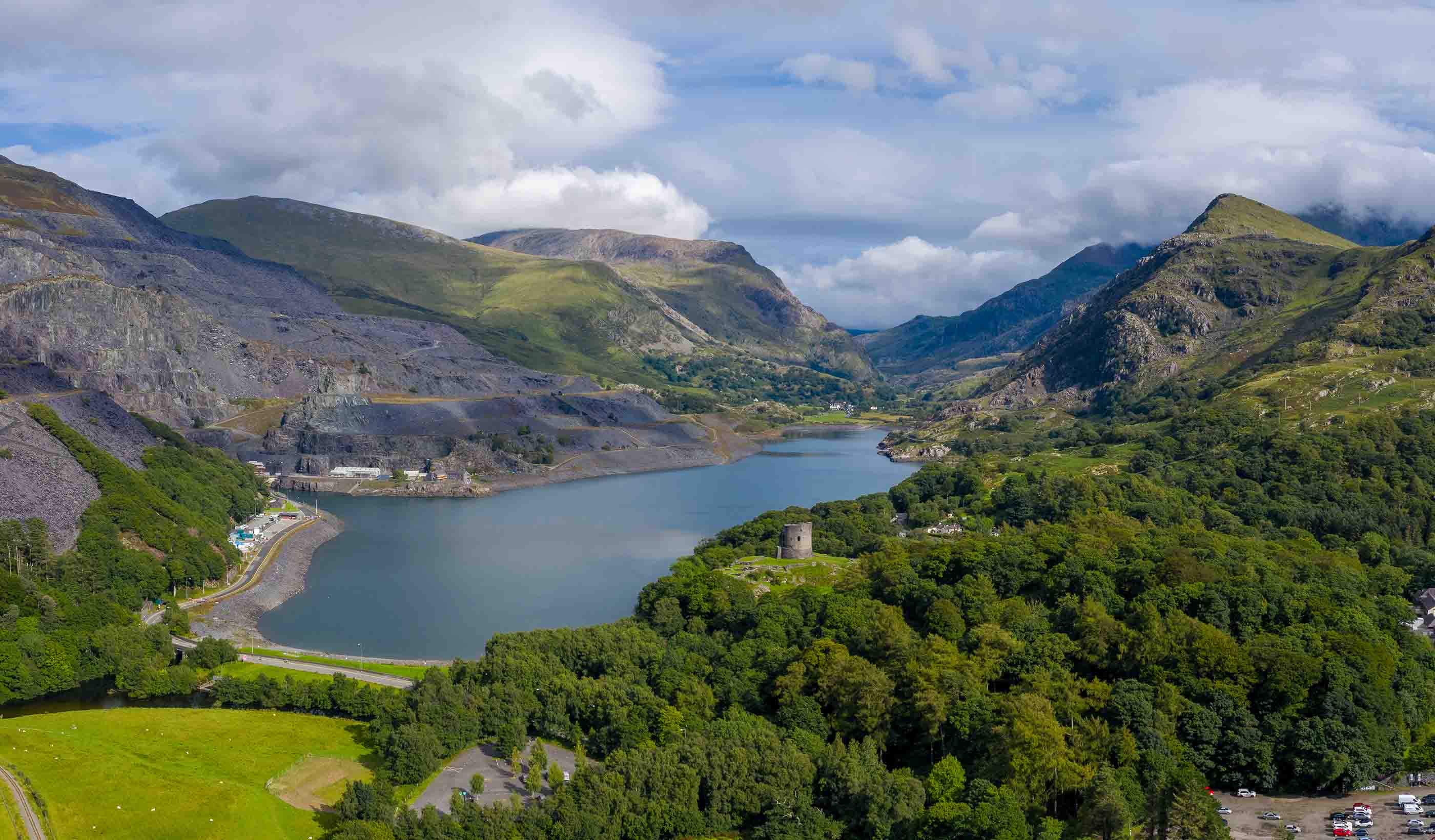
Published Article Mining towards Renewable Energy in the UK
-

Published Article Breaking the model: designing streets for the future in Suffolk, UK
-

Video GlobeWatch: World Leading Remote Sensing Technology
-
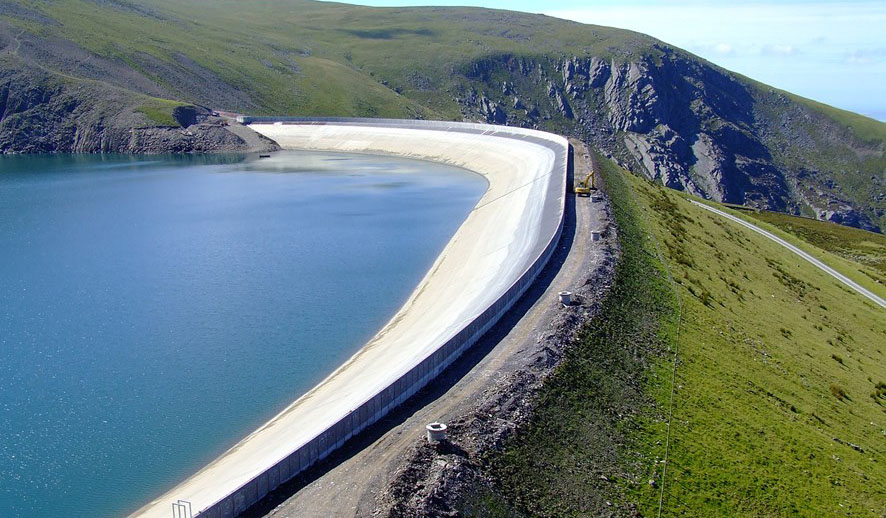
Published Article Delivering pumped hydro storage in the UK after a three-decade interlude
-
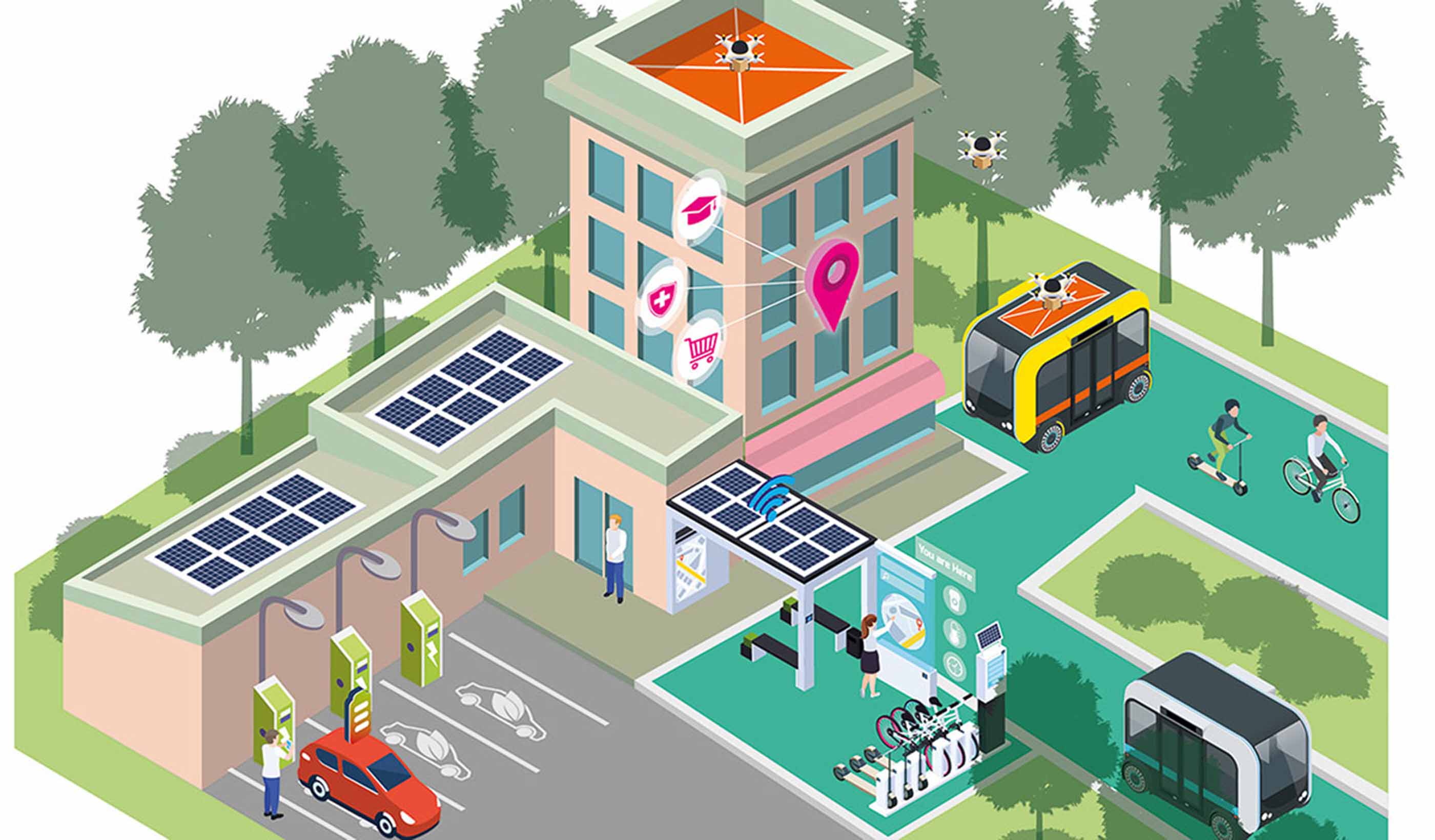
Blog Post How is transit responding to reopening?
-
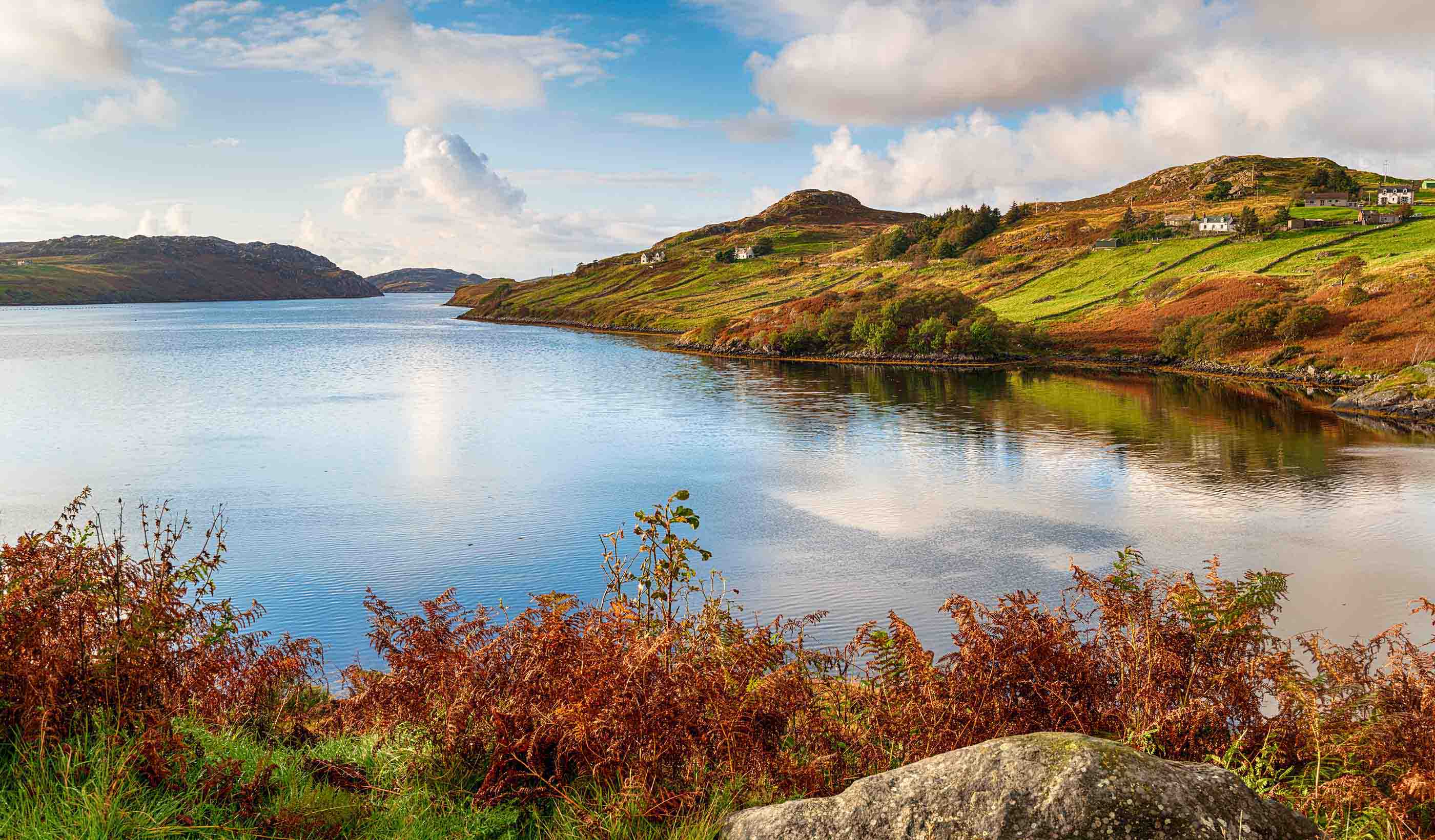
Blog Post Best places to produce hydrogen? Look at a topographic map
-
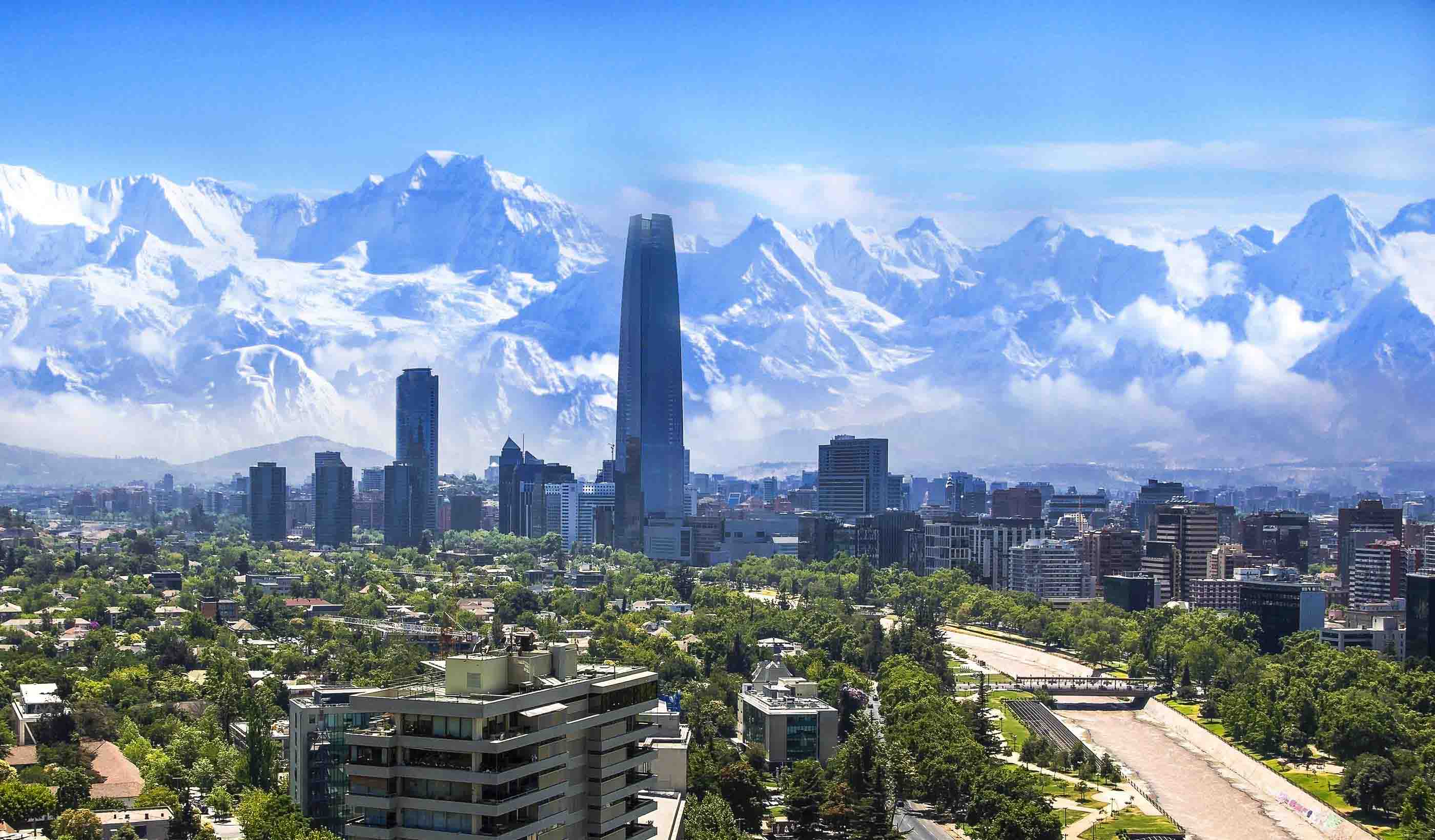
Blog Post Climate emergency: How governments around the globe are tackling the crisis
-
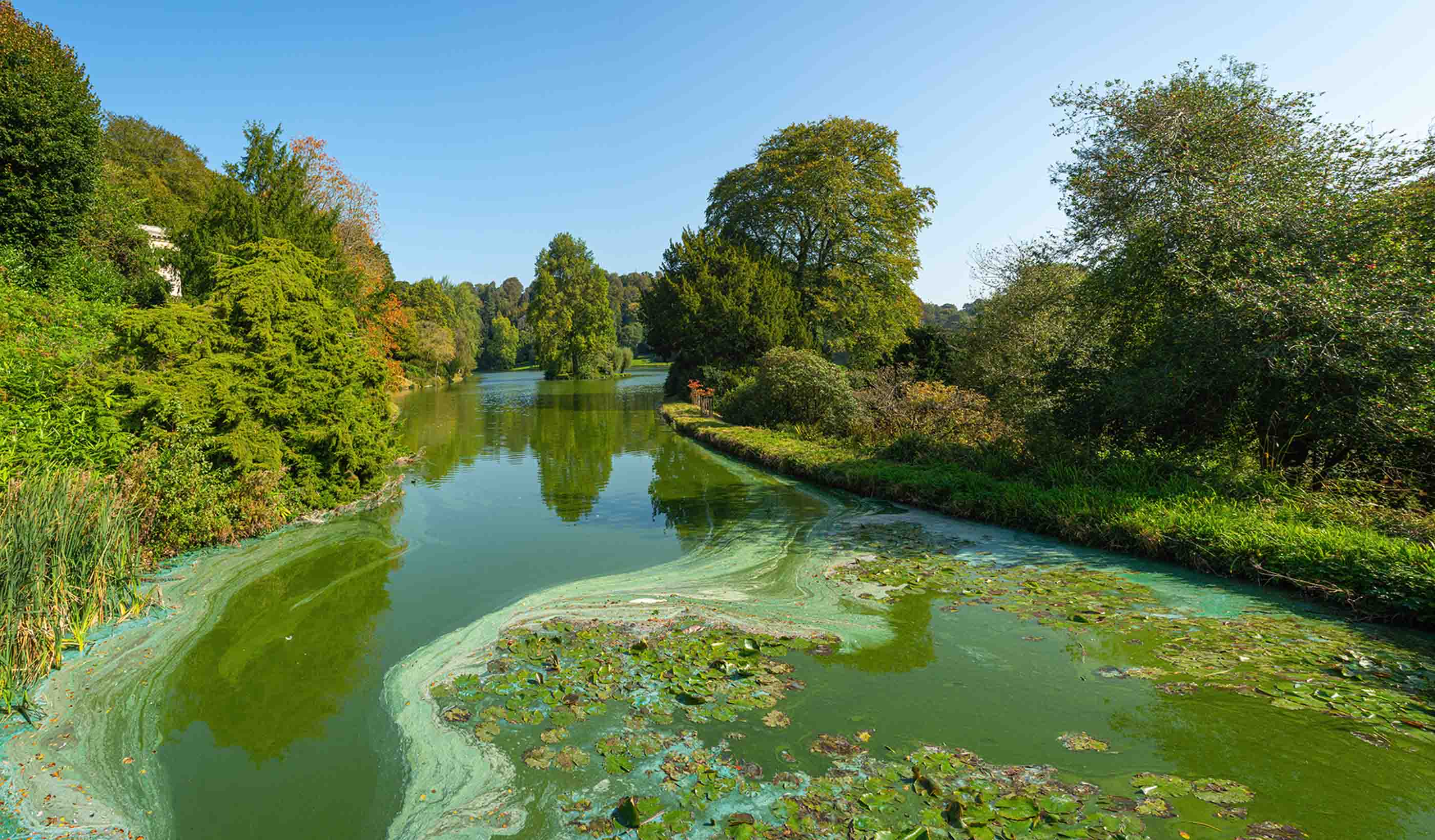
Blog Post Cleaning up our waters: actions to remove nitrogen pollution from estuaries and coasts
-
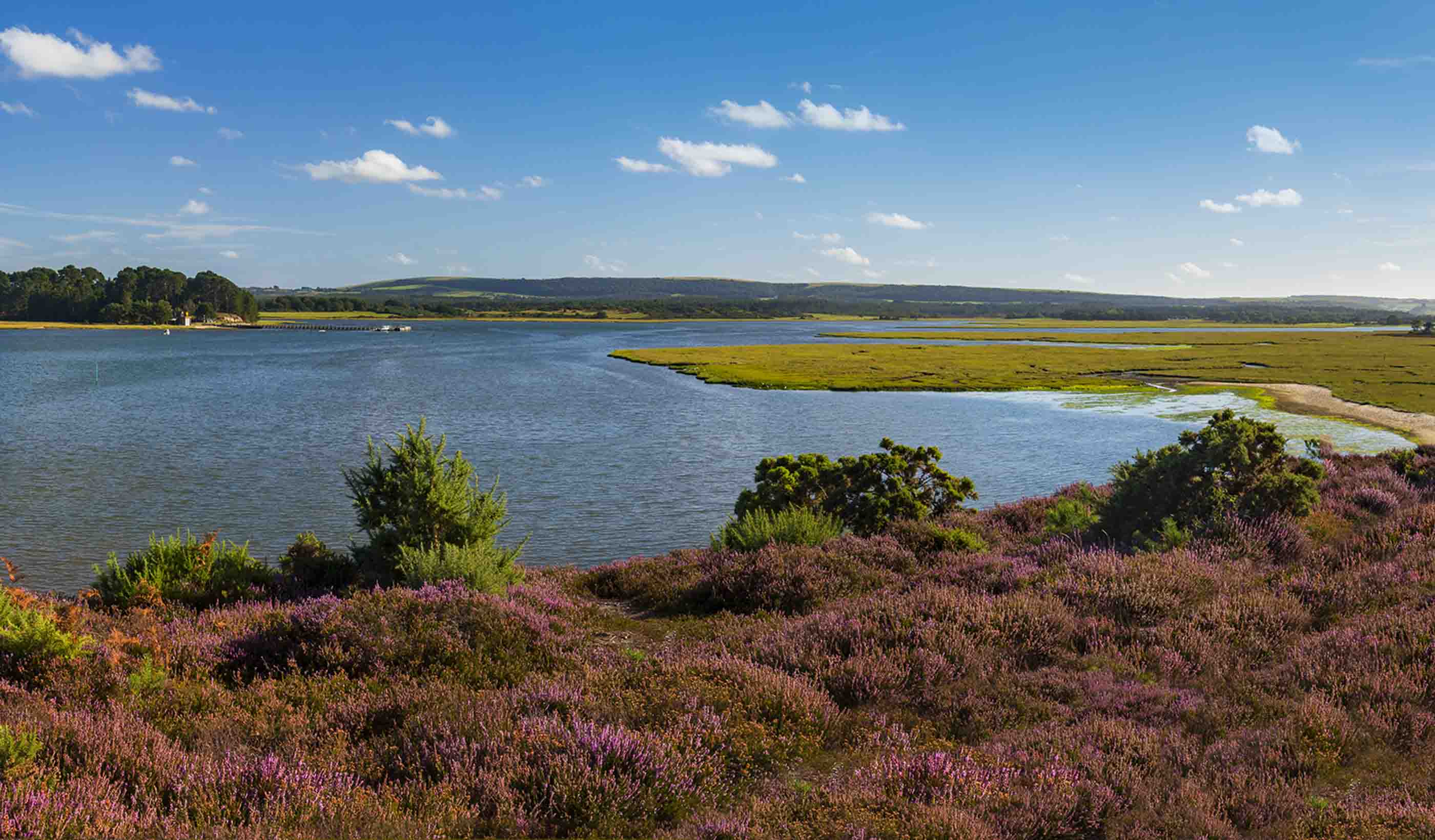
Blog Post How will Nutrient Management Plans affect UK growth objectives?
-
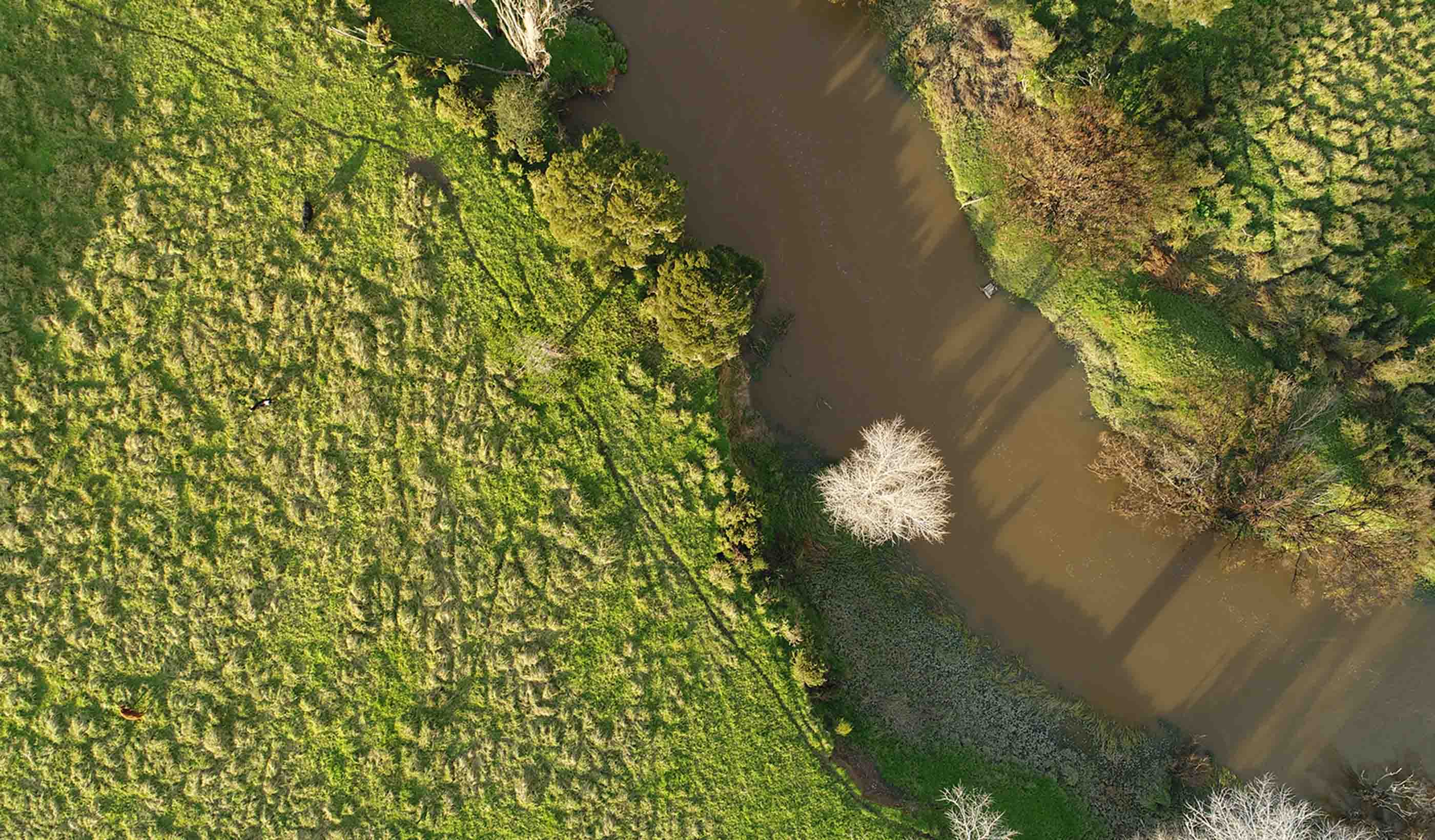
Blog Post Beneath every new development is nature we need to protect
-
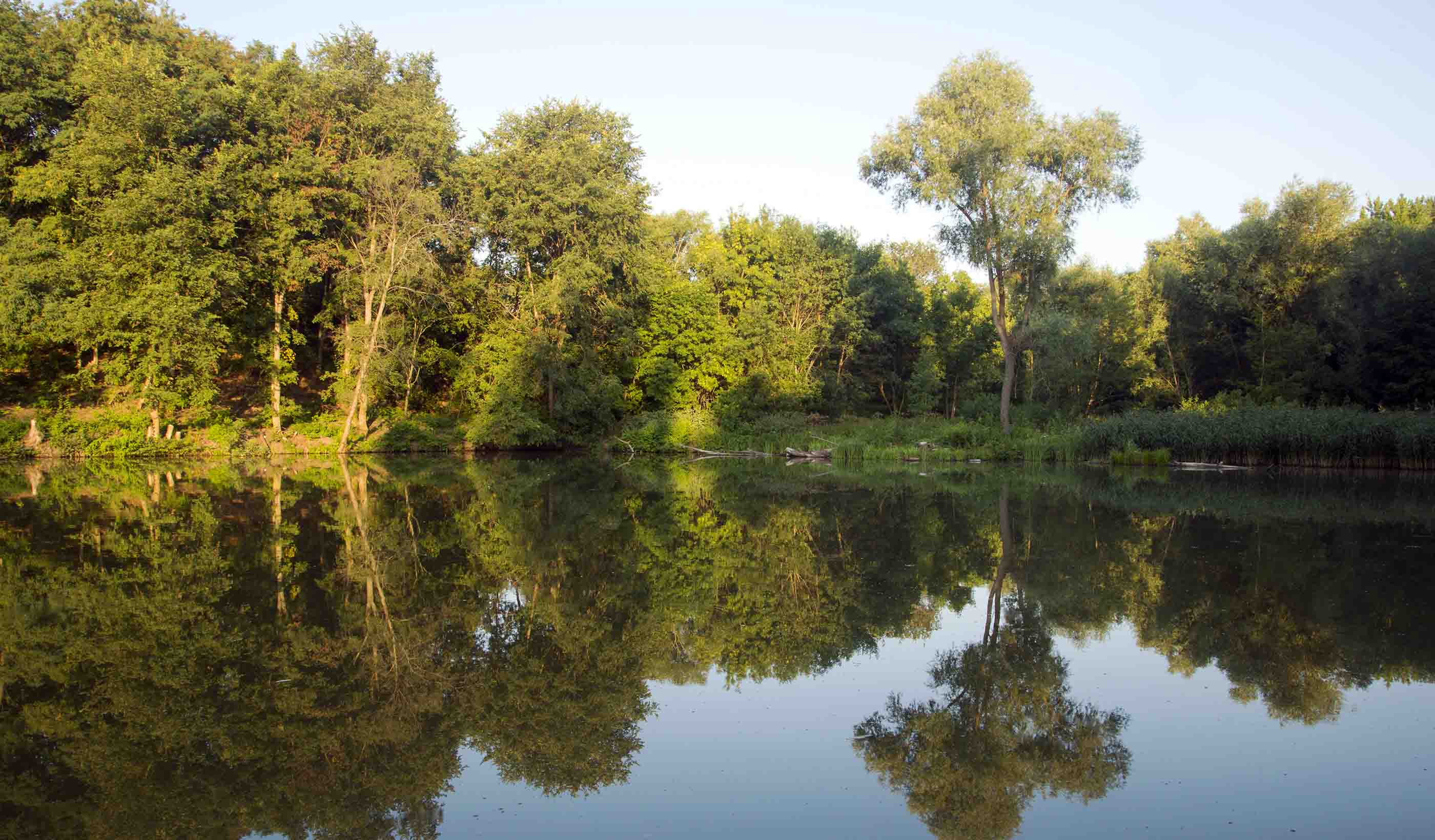
Webinar Recording STWL WINEP phosphorus obligations - Opportunity for nature based solutions
-
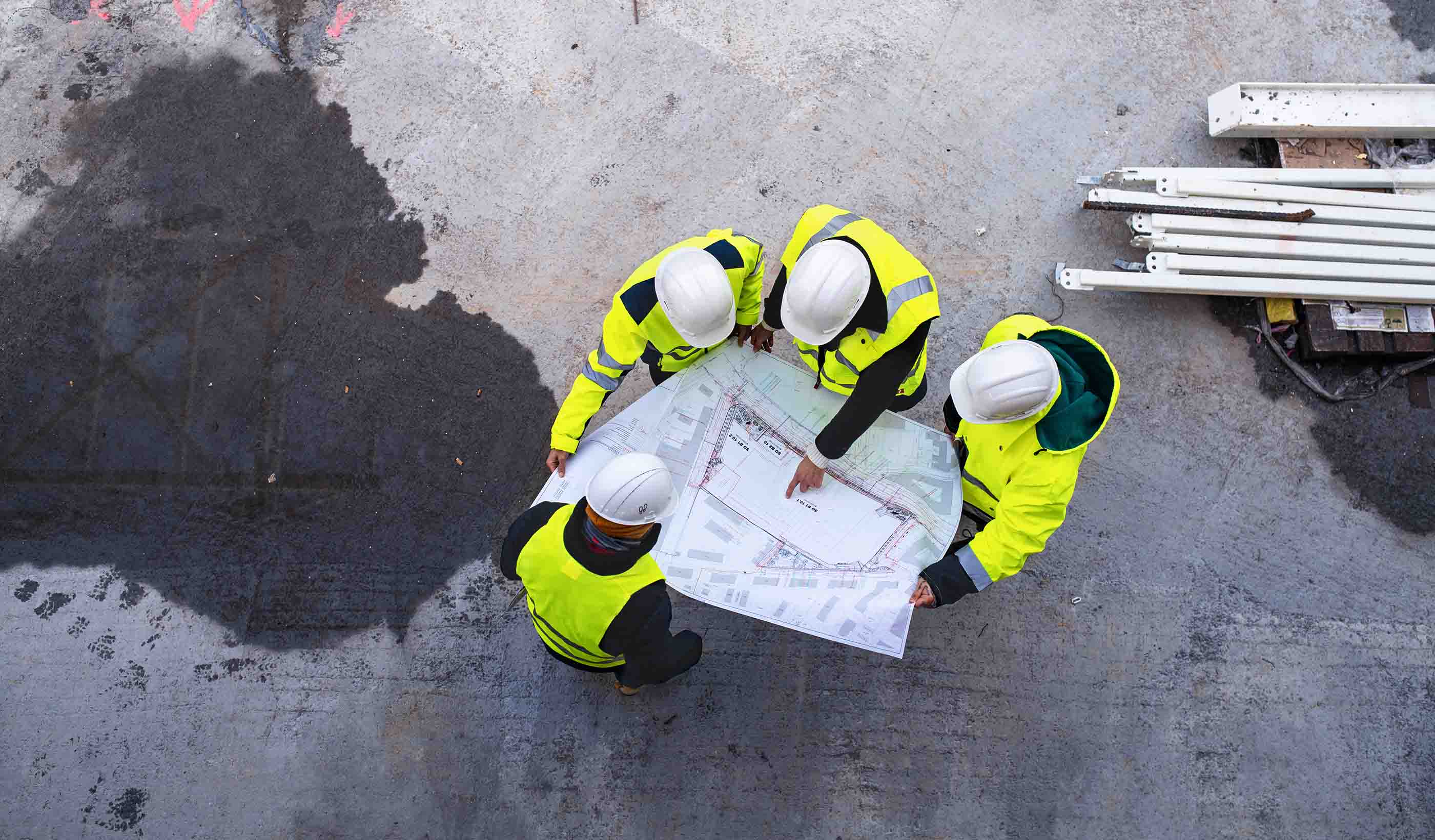
Blog Post To incentivise or to tax, or both? How we can reduce carbon in our infrastructure schemes
-

Published Article Integrated Constructed Wetlands: The Start of a Journey
-

Blog Post Passports to a net zero carbon future
-

Published Article Waste-to-energy tech could slash carbon emissions, but its promise remains underdeveloped
-

Blog Post Evolution – How a systems based approach to asset management is realising new benefits
-

Blog Post Reducing carbon on UK’s road schemes: actions to take for the sake of climate change
-
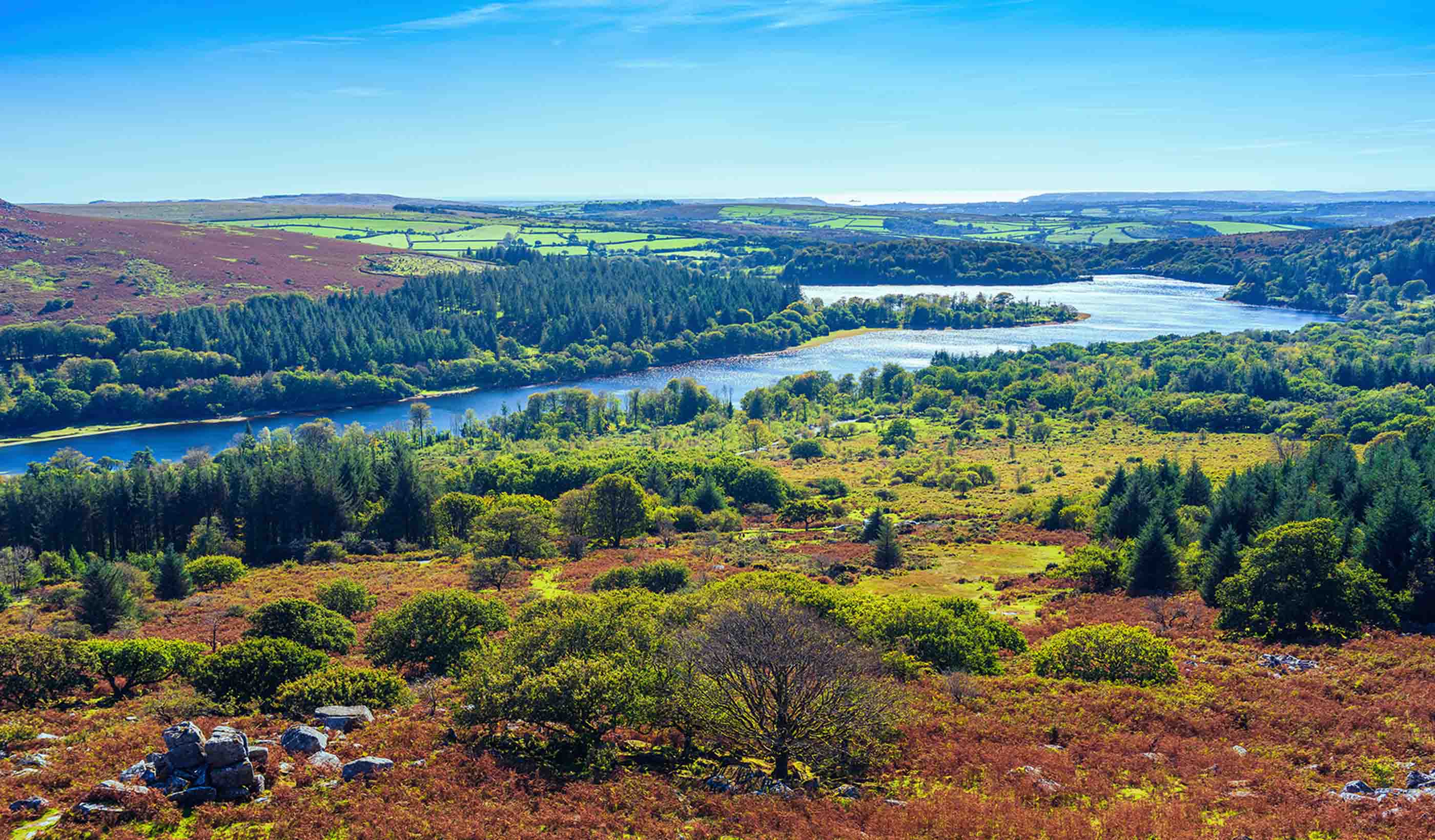
Published Article Applying a carbon lens in evaluating strategic water resource options
-
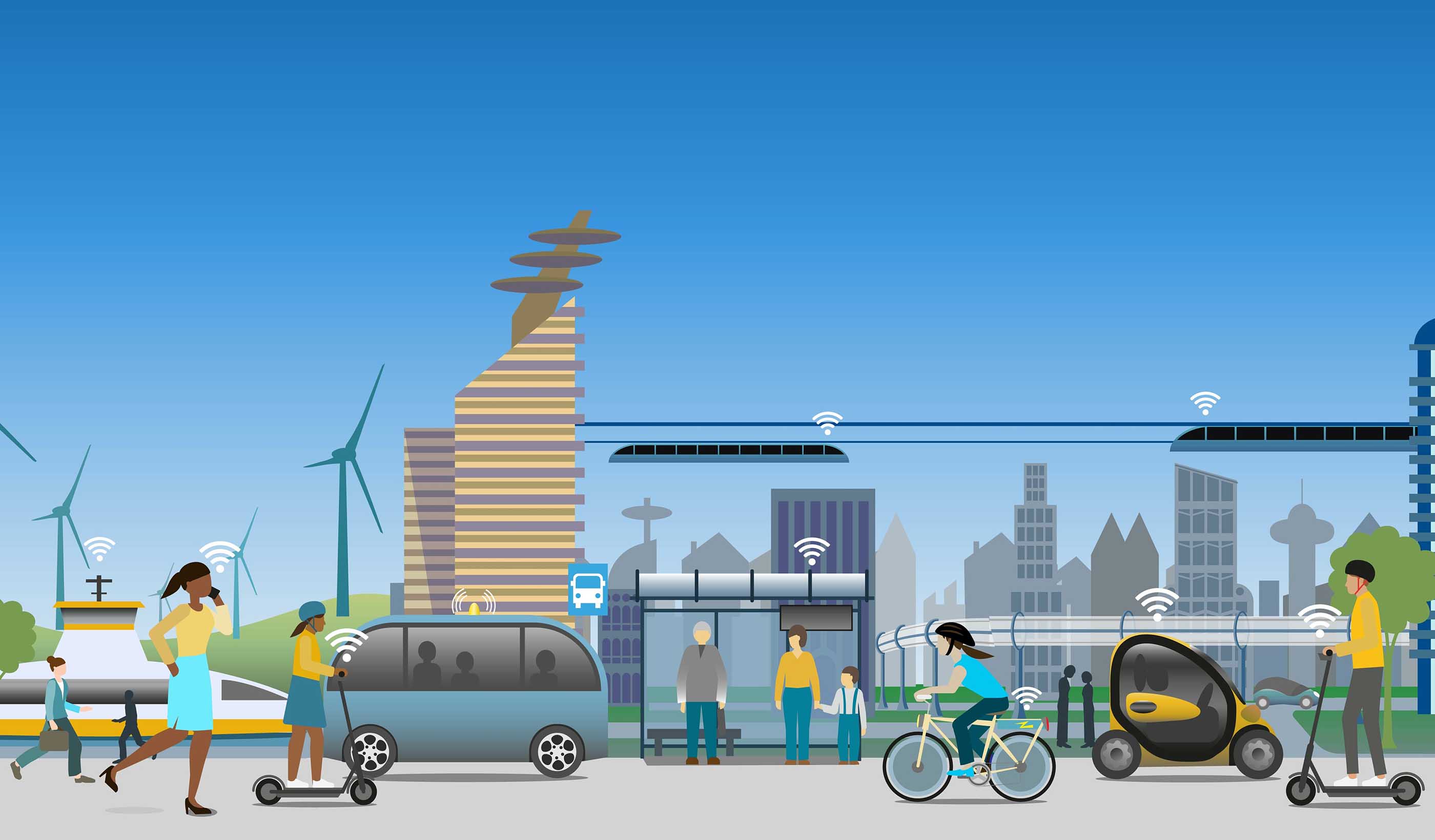
Blog Post What does connectivity look like for your community?
-
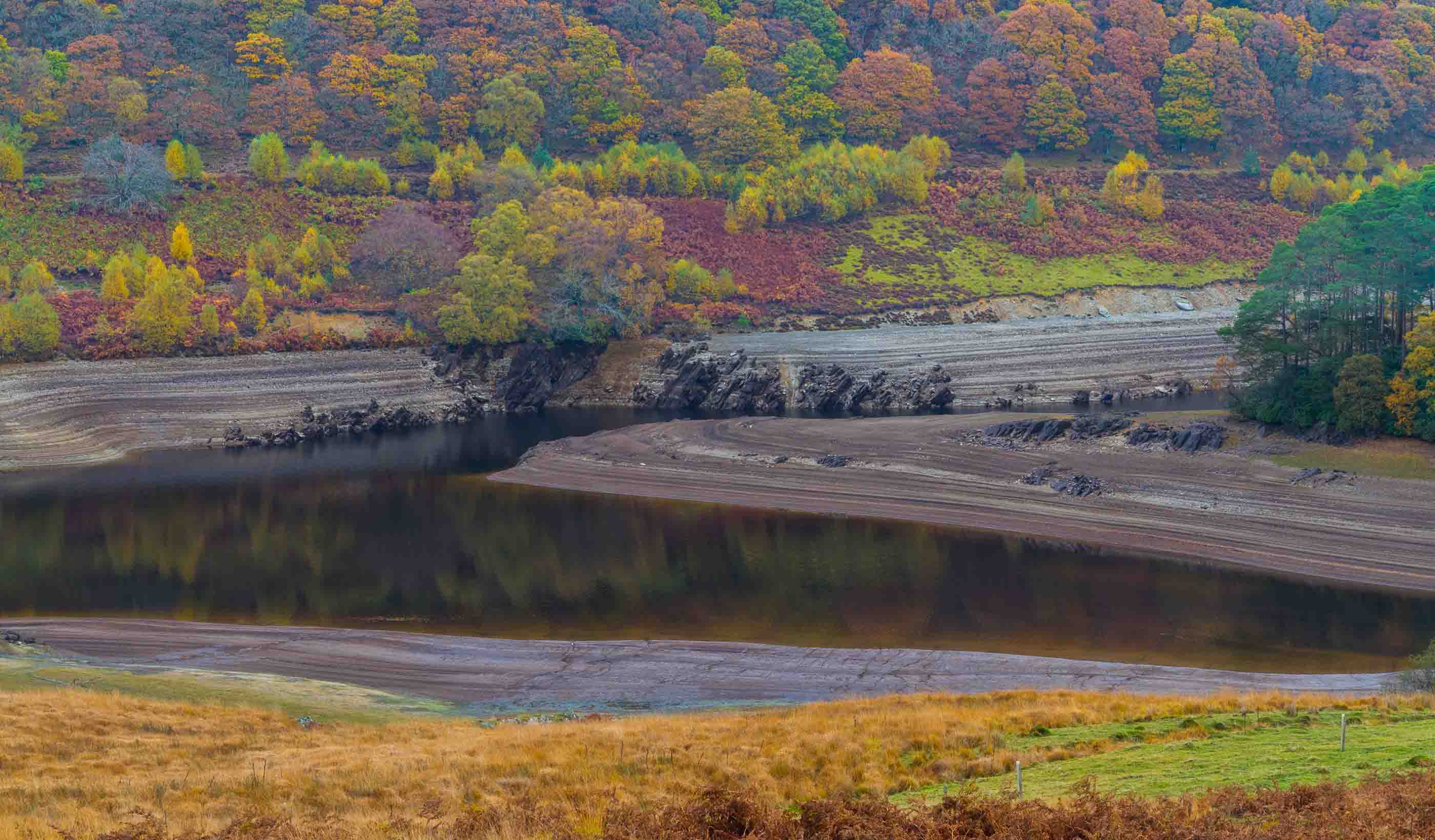
Published Article Developing strategic resource options to tackle increasing water stress
-

Presentation Producing Hydrogen using Hydropower in the US
-
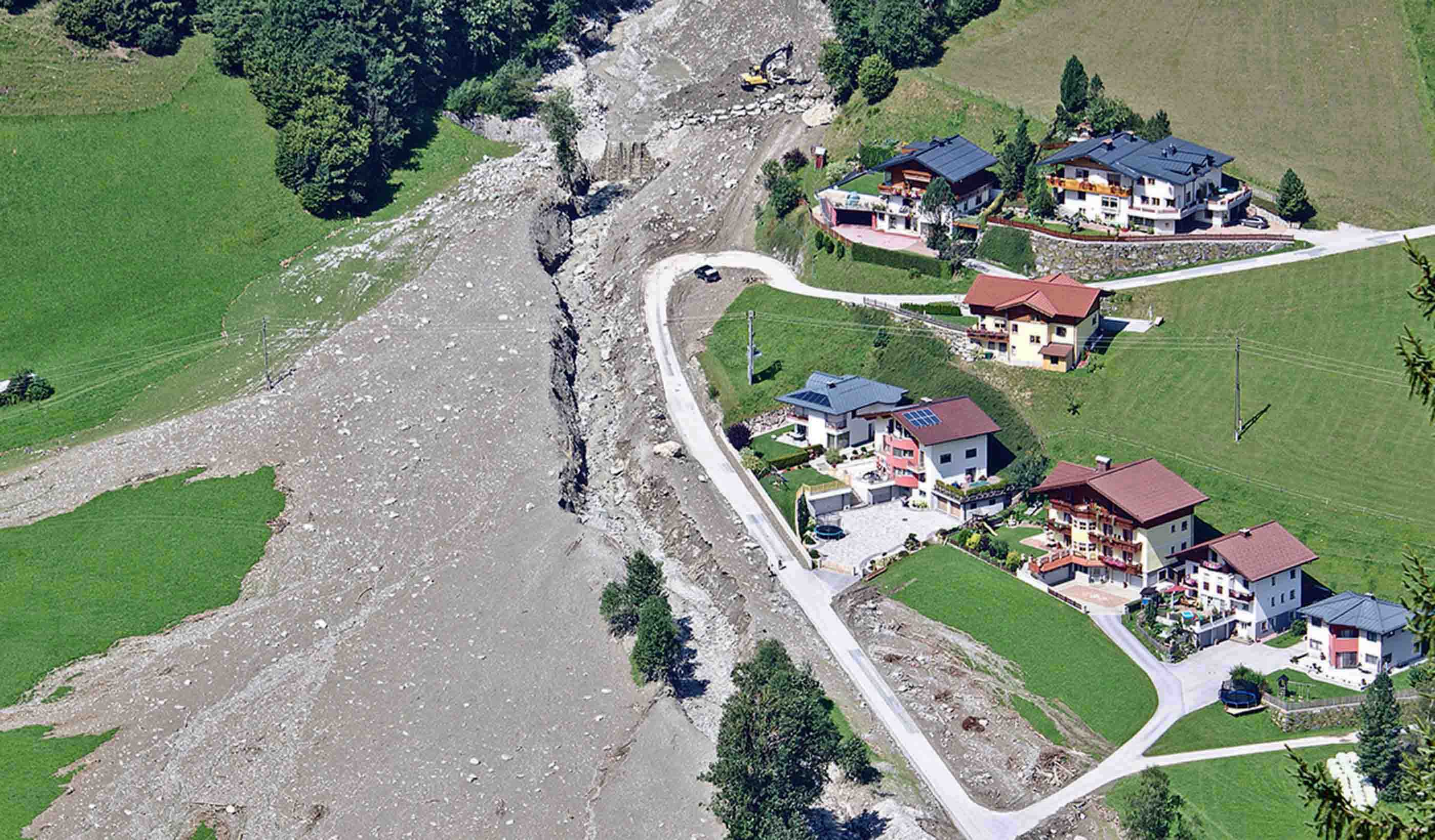
Blog Post A new digital tool can help predict landslides, protecting people and infrastructure
-
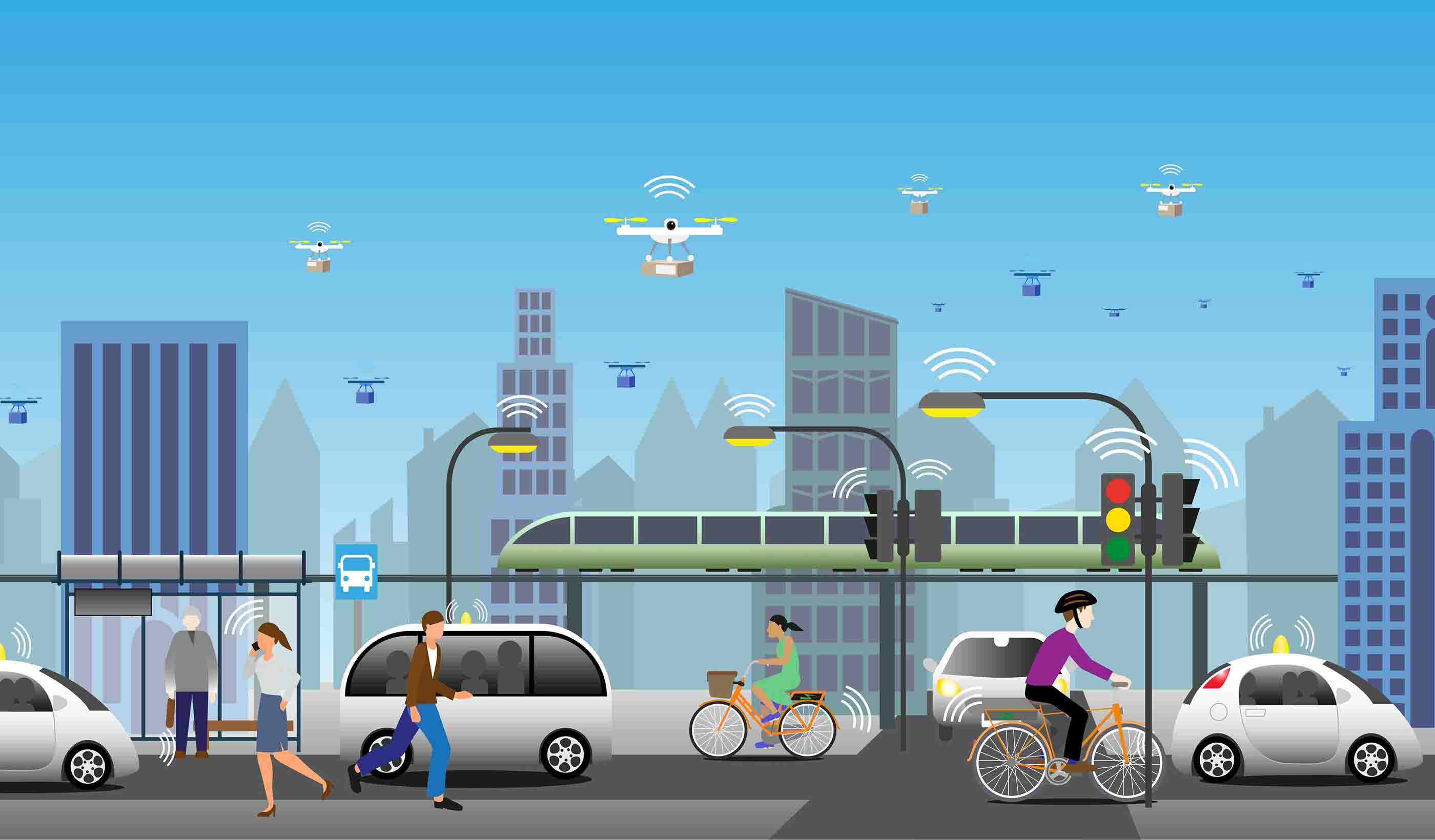
Report Shaping the future transport network for the Thames Valley
-

Blog Post Can your council lend a hand to small businesses?
-

Podcast We need an EV charging renaissance
-
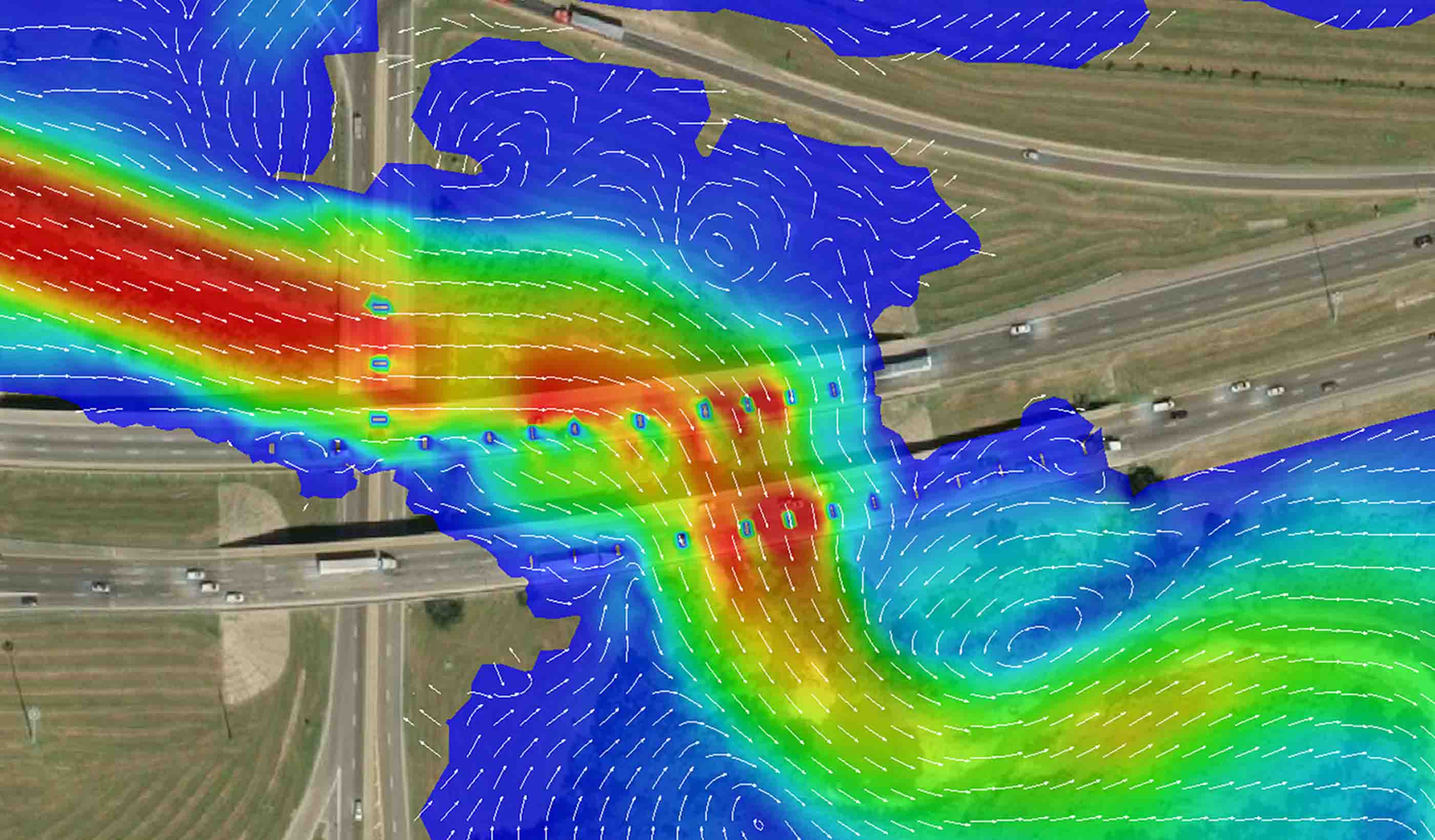
Blog Post Completing the picture: The future of hydraulic modeling is two dimensional
-
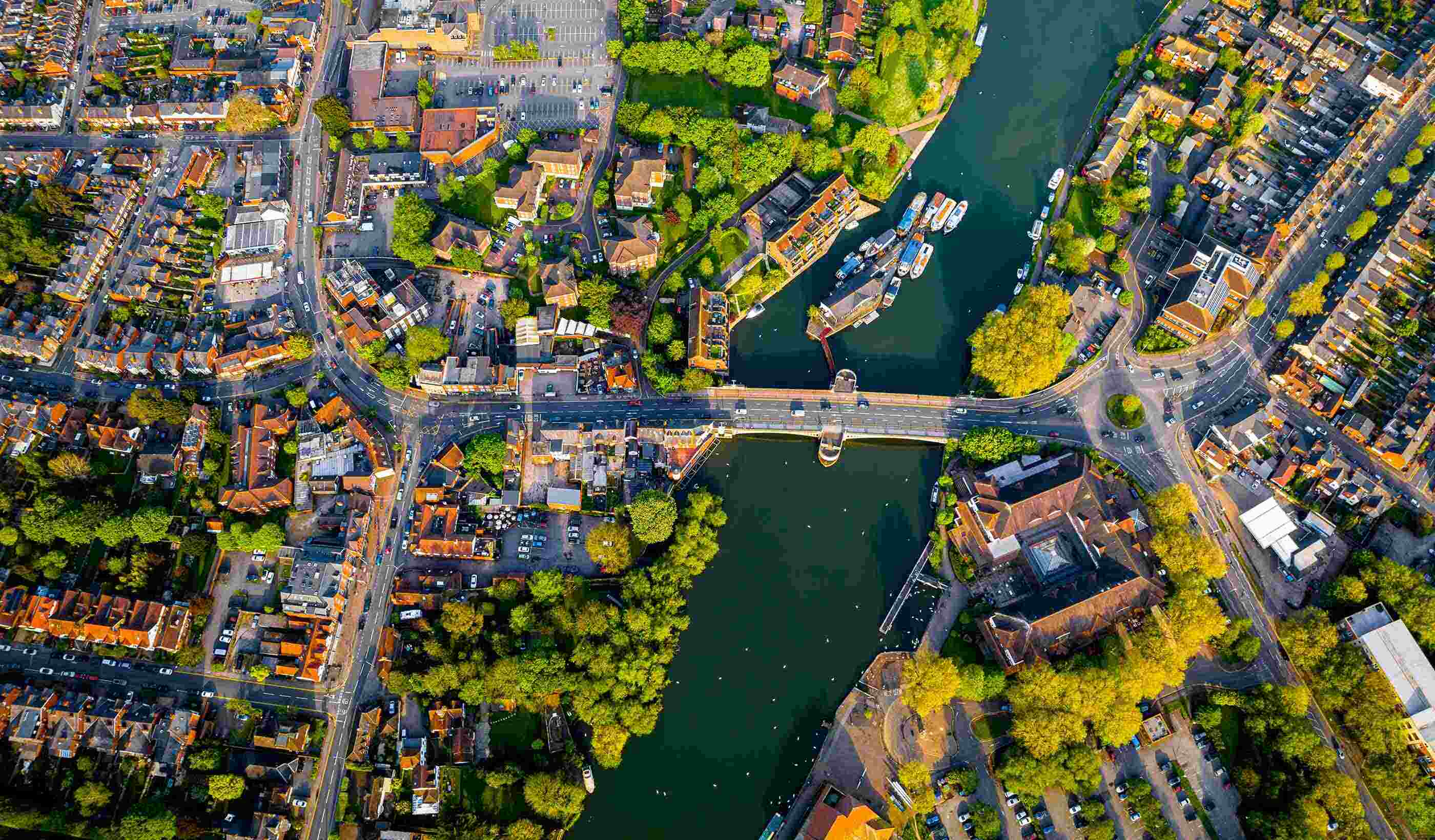
Published Article What's the outlook for planning and regeneration in Reading?
-
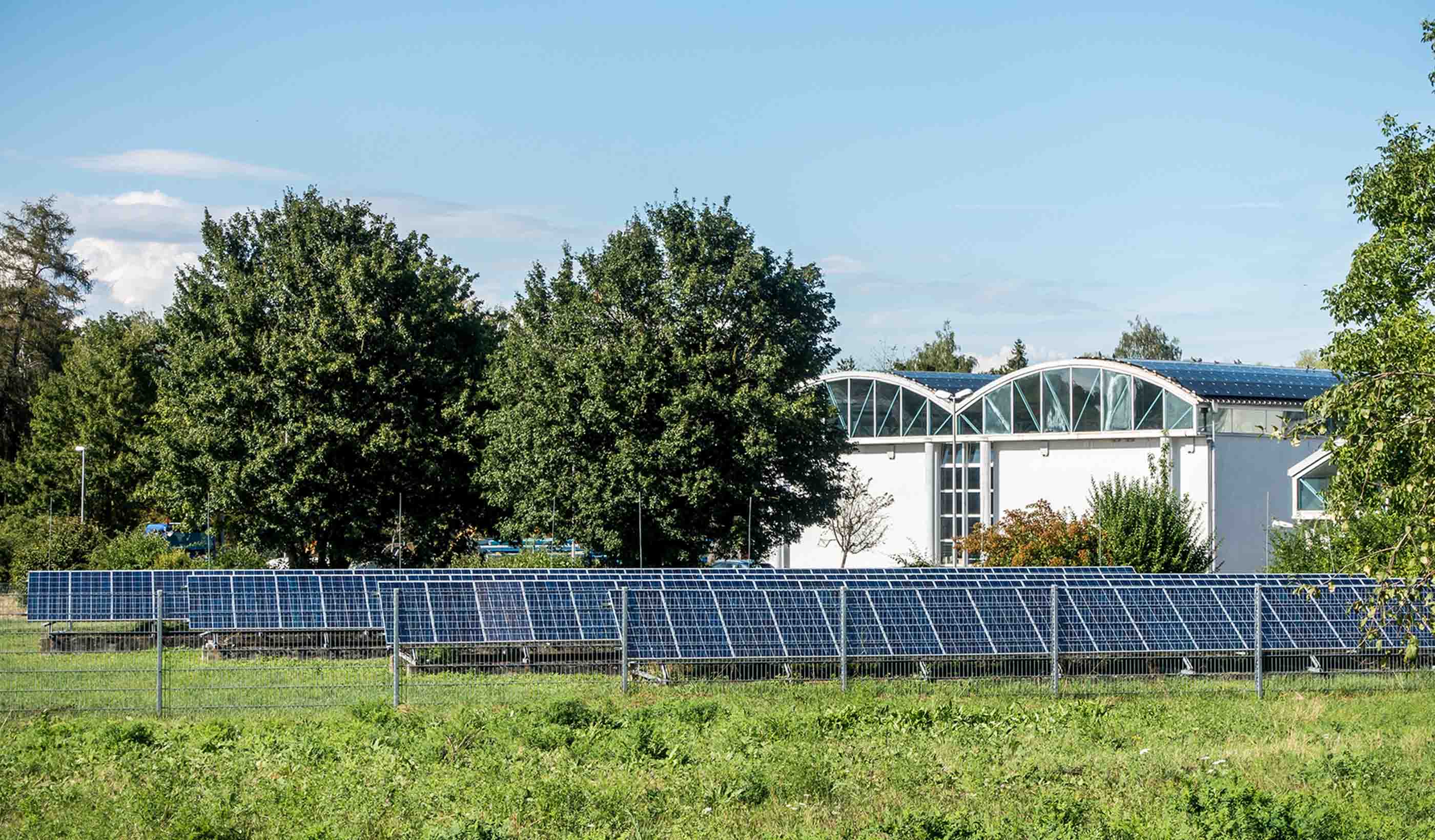
Blog Post 7 trends and techs—and 3 obstacles—shaping the big picture for an energy transition
-
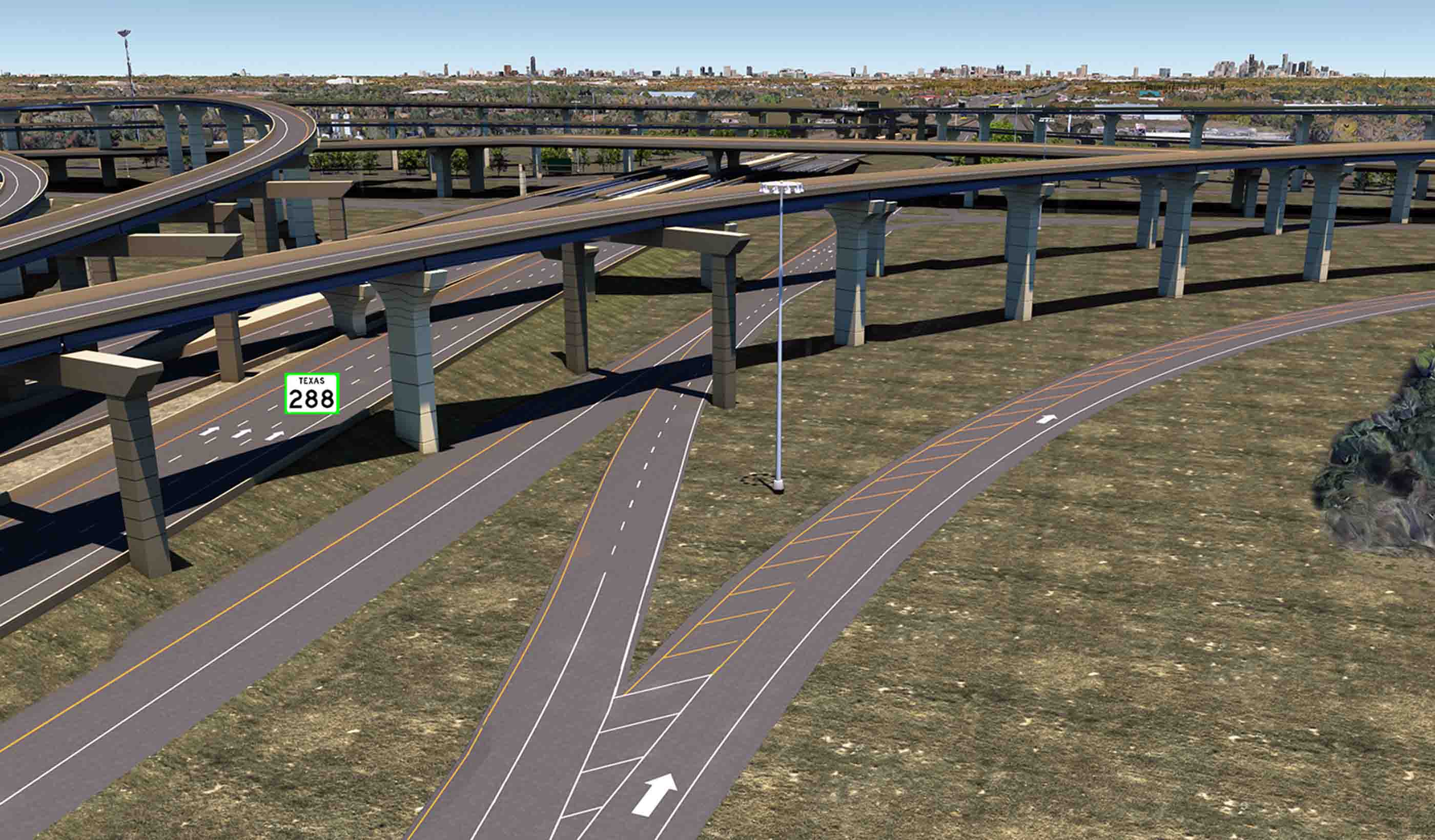
Blog Post 4 reasons why 3D modeling and BIM are the future of infrastructure design
-
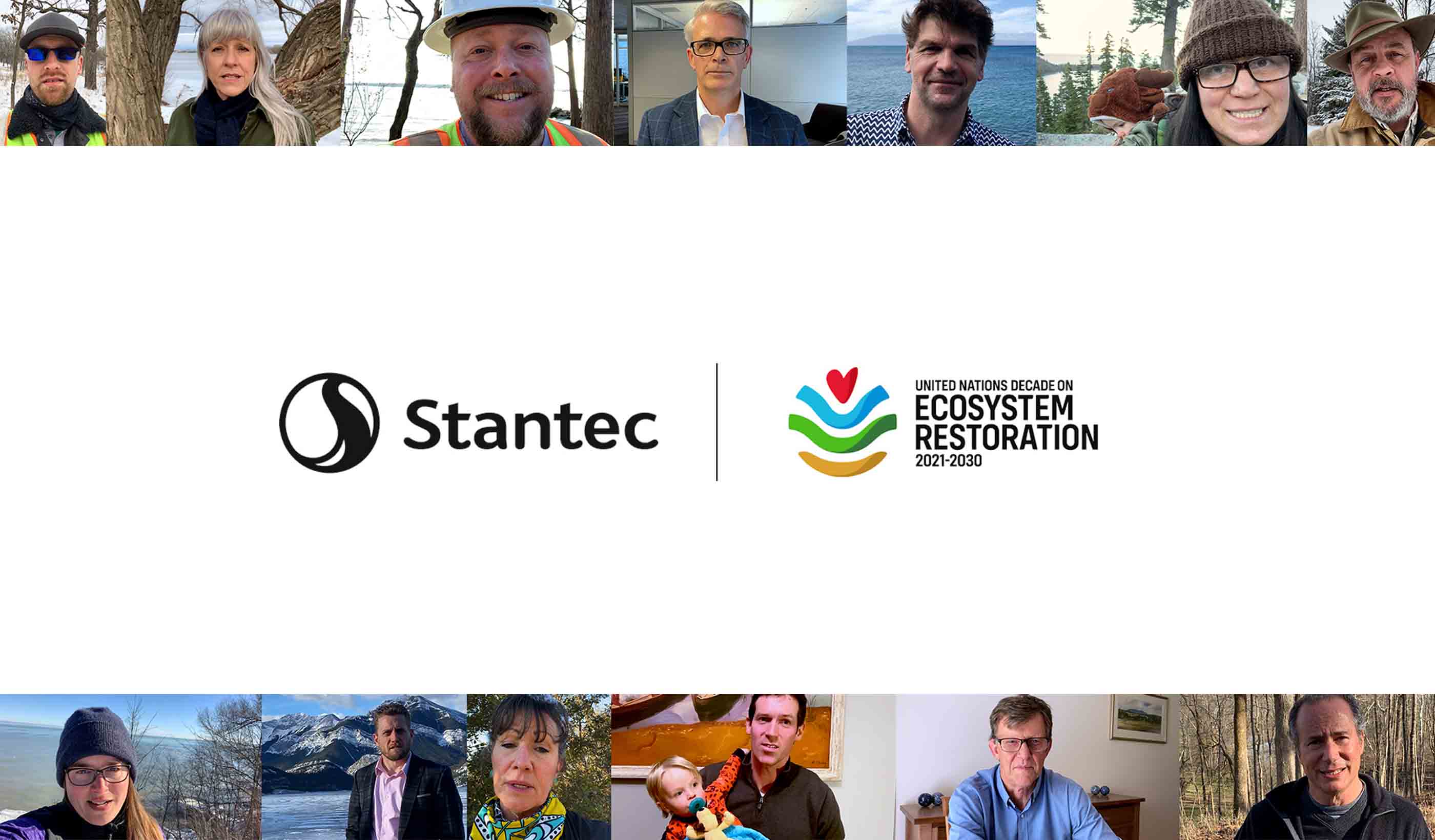
Video Stantec kicks off the United Nations’ Decade on Ecosystem Restoration RIGHT!
-
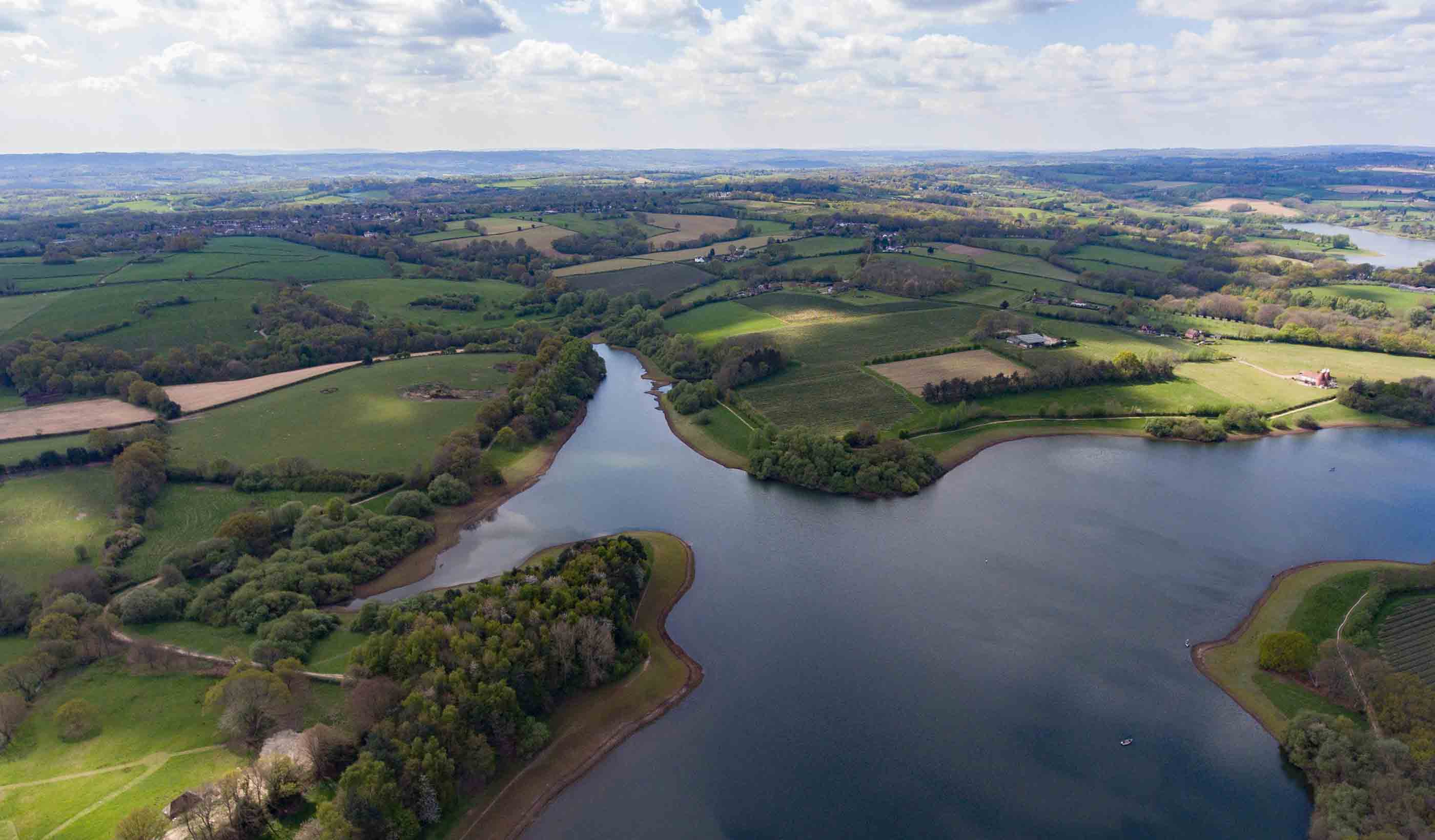
Published Article How can strategic water resource options deliver best value for all?
-
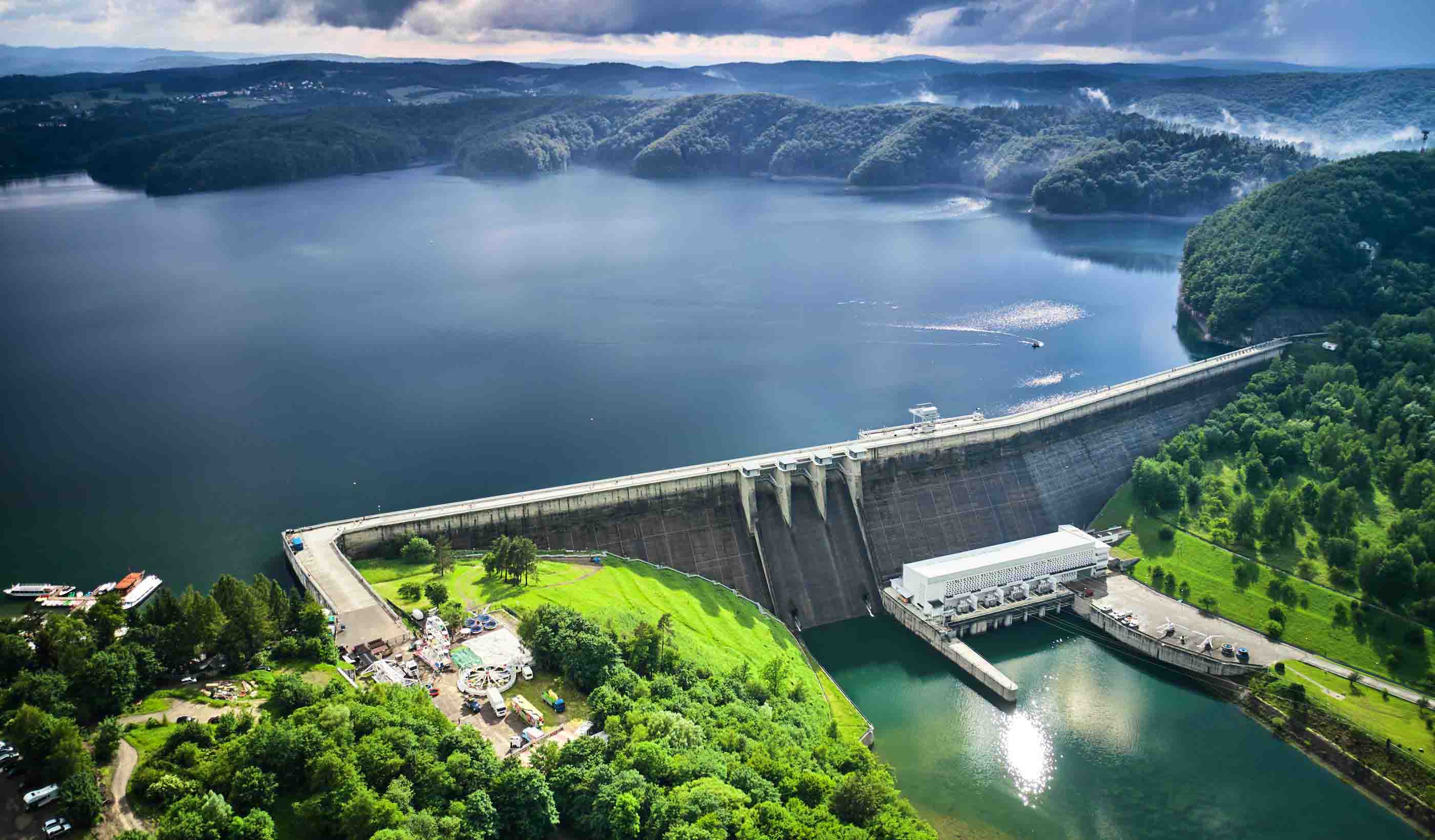
Blog Post How can hydrogen fuel a more sustainable energy future?
-
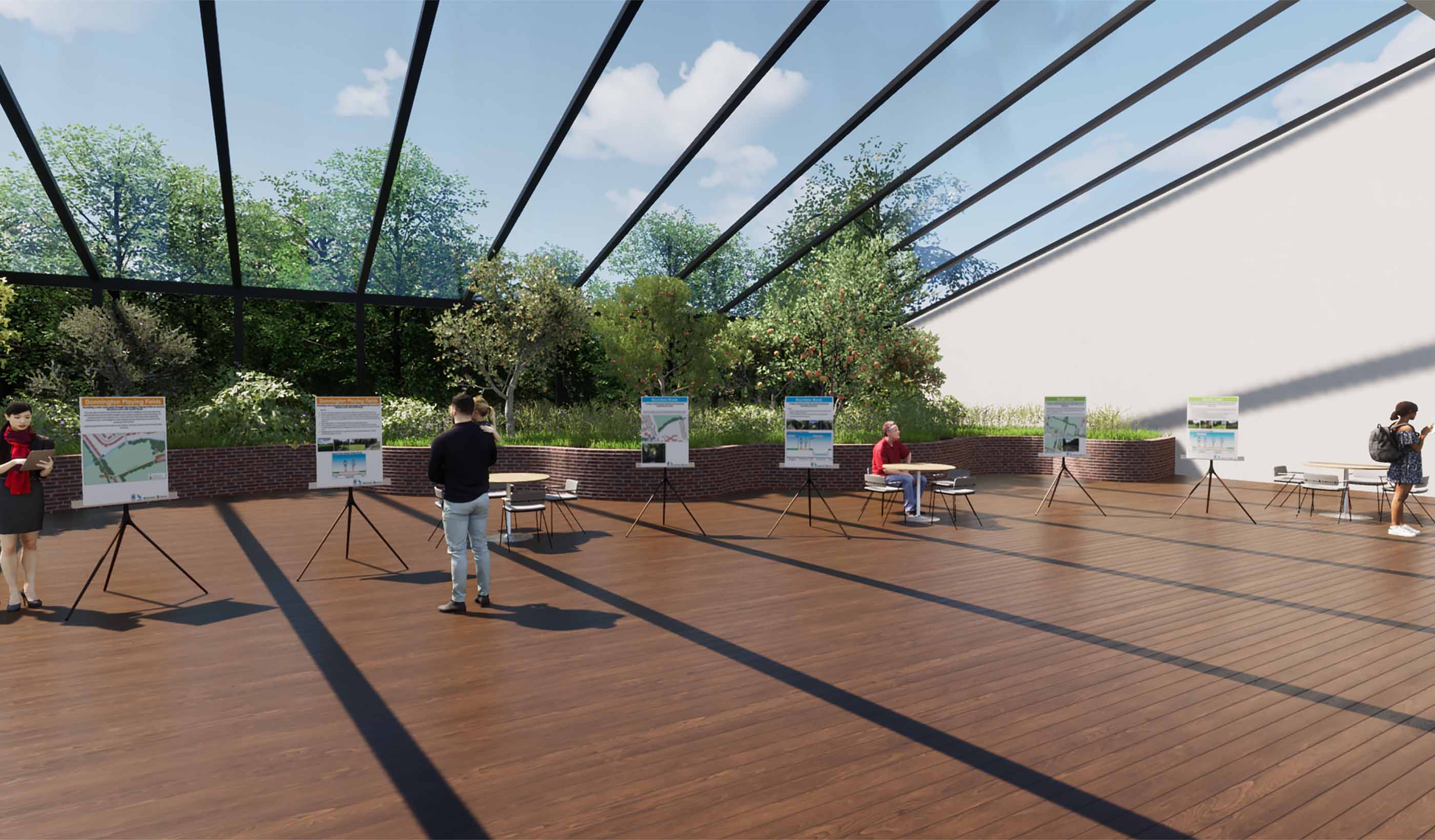
Blog Post Why online consultations are a gamechanger for community engagement
-
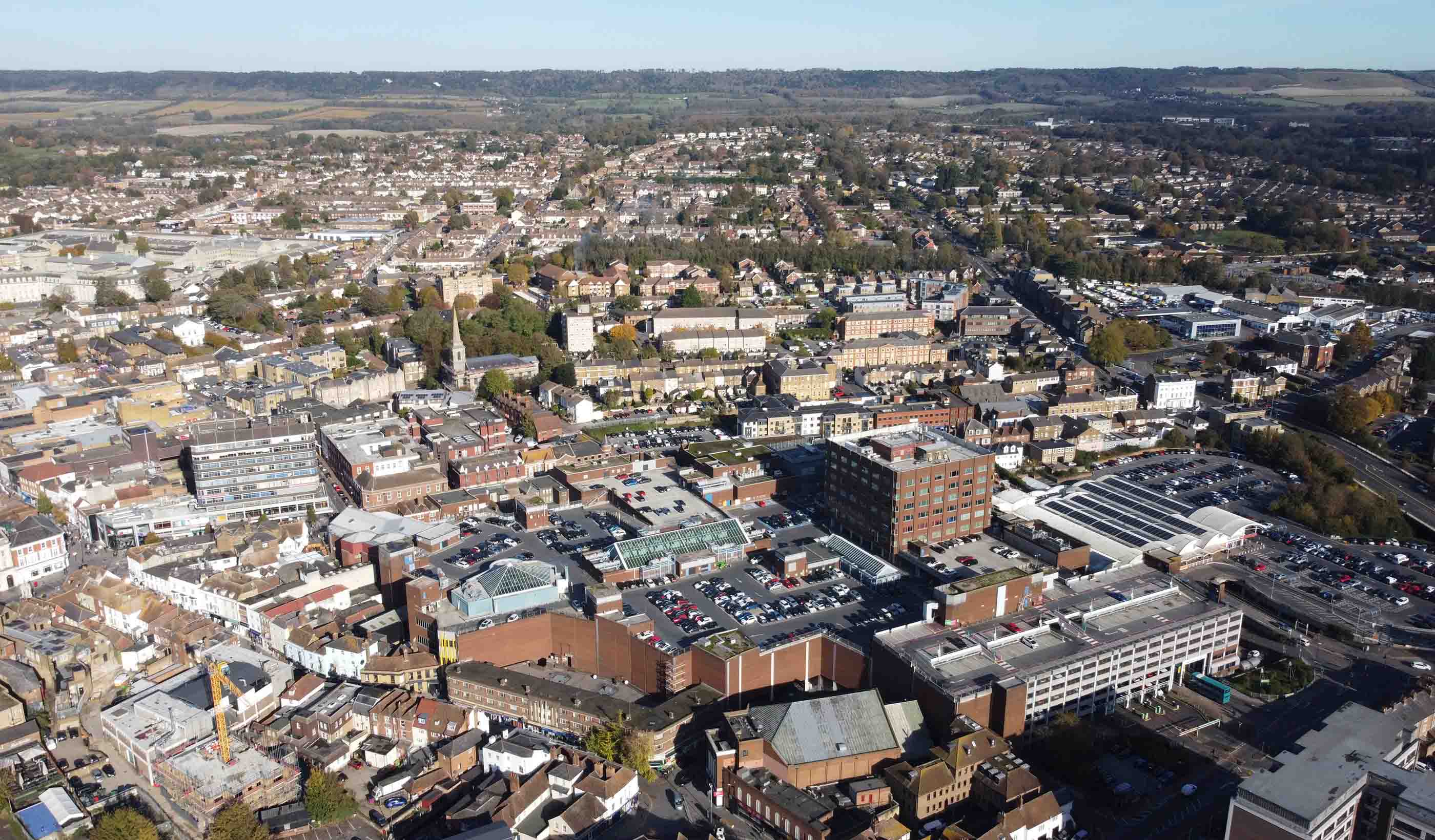
Webinar Recording The new permitted development rights: what do they mean for you?
-
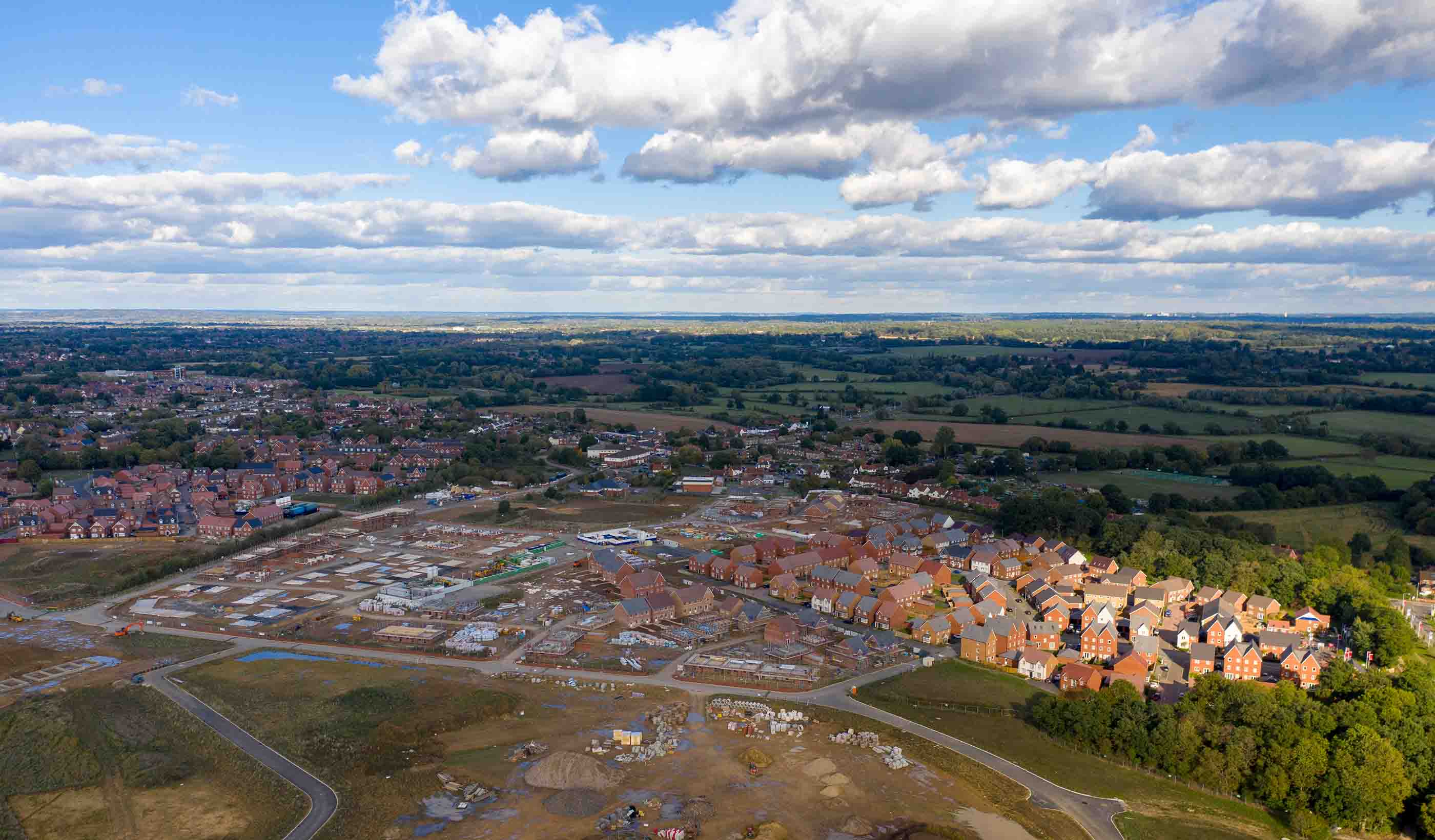
Report Better Places (Social Value) Toolkit: Stage 1 Report Summary
-
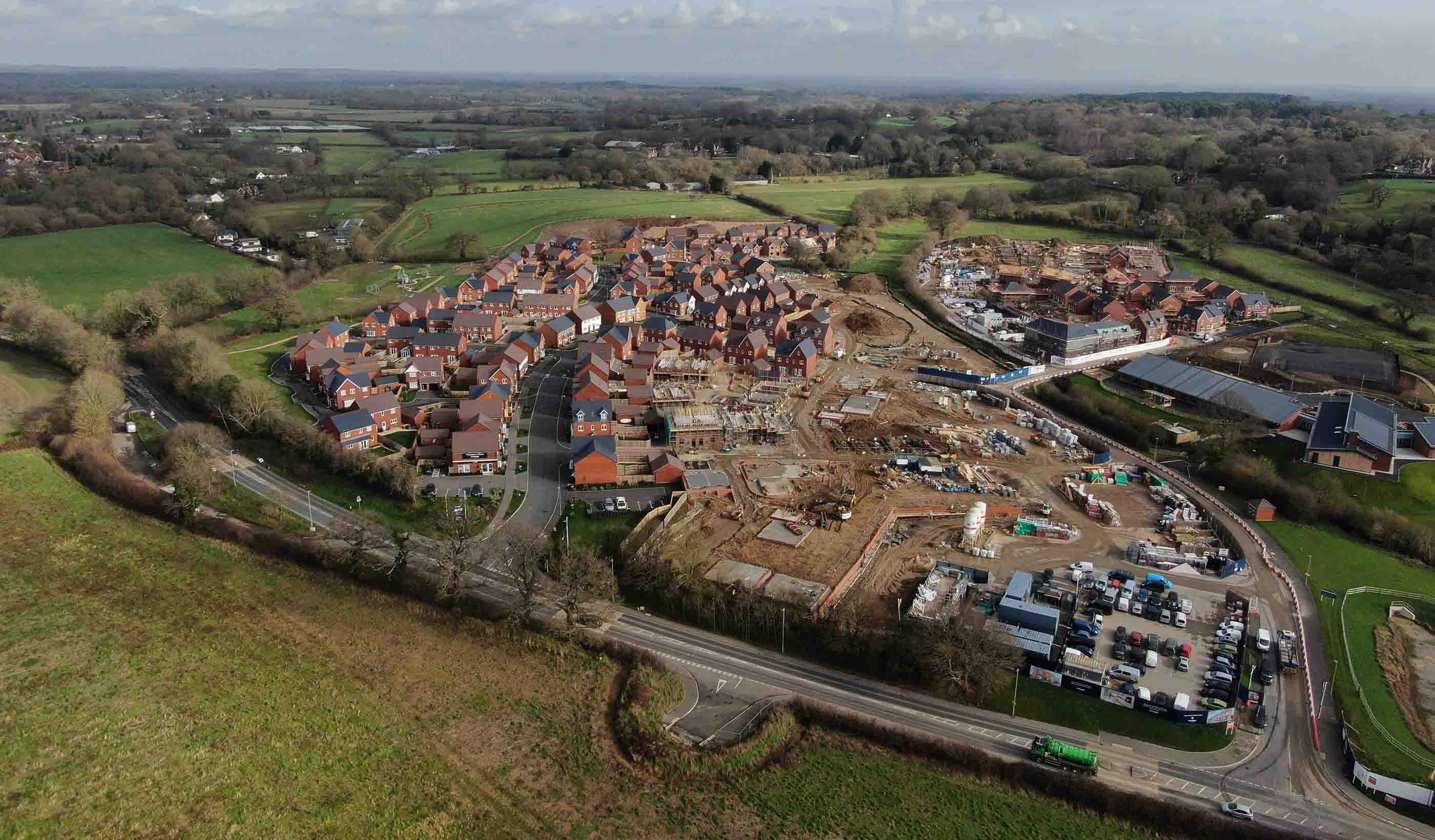
Report Better Places (Social Value) Toolkit – Stage 1 Report
-

Blog Post Does the Chancellor’s Spending Review help us Build Back Better?
-

Blog Post Harnessing the power of mobile GIS apps to simplify field work and save time, money
-

Publication Water Futures +1 – Water Energy and Agriculture to 2035
-
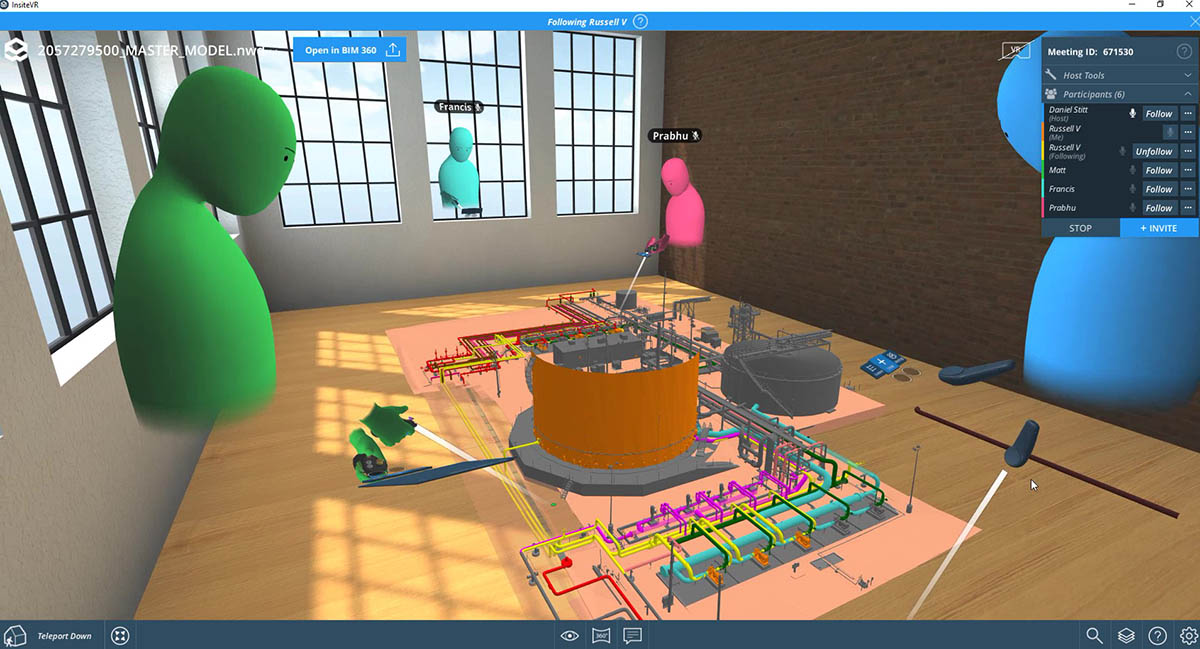
Published Article How virtual design changes the way we work
-

Published Article Exploring the diffusion of engineering innovation in UK water and sewerage companies
-

Blog Post Working 9 to 5 has been a double climate change whammy
-
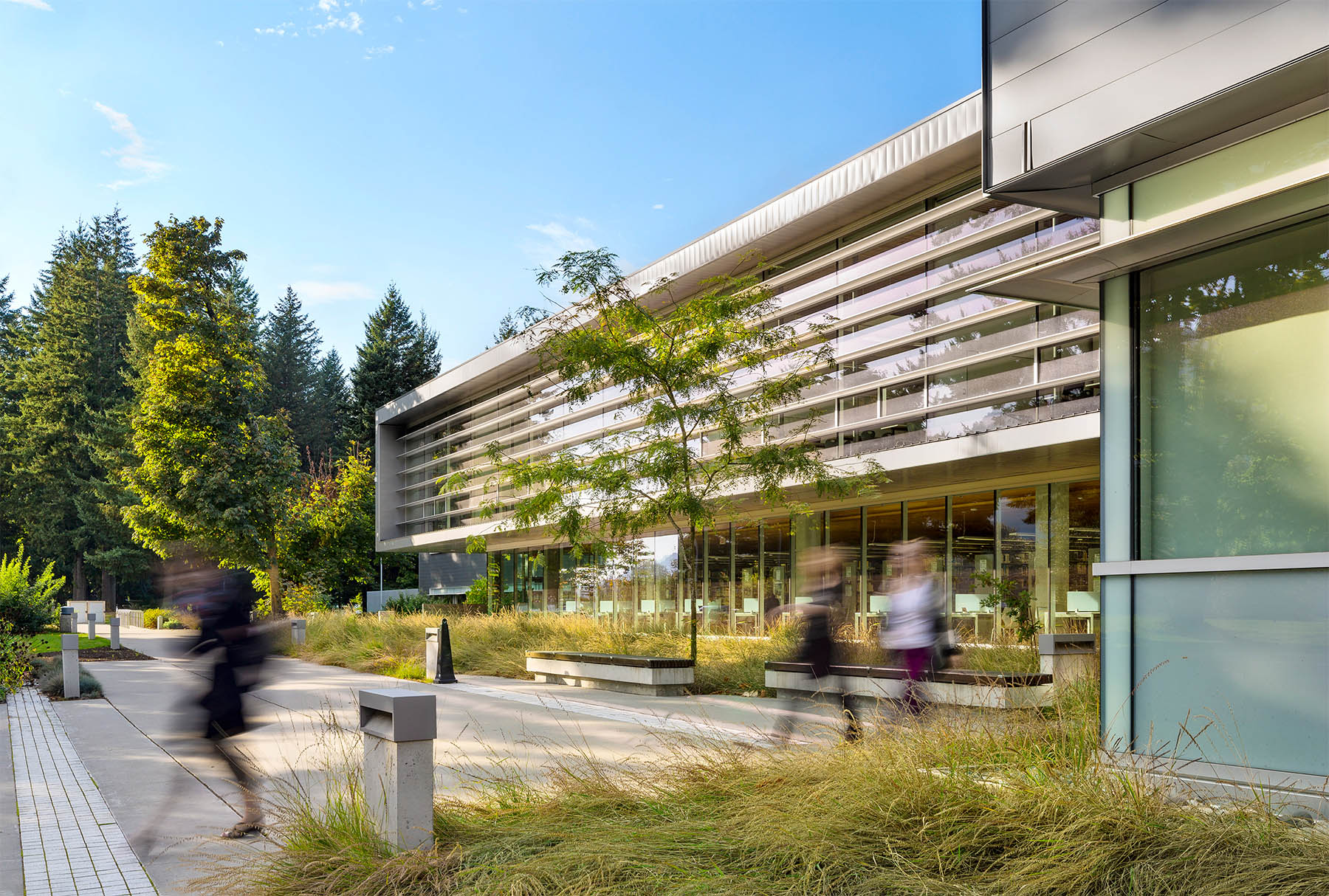
Blog Post Carbon: A common language for change—now is the time to act
-
![[With Video] Why VR matters in healthcare design](/content/dam/stantec/images/projects/0053/ucsf-precision-cancer-medicine-bldg-1.jpg)
Blog Post [With Video] Why VR matters in healthcare design
-
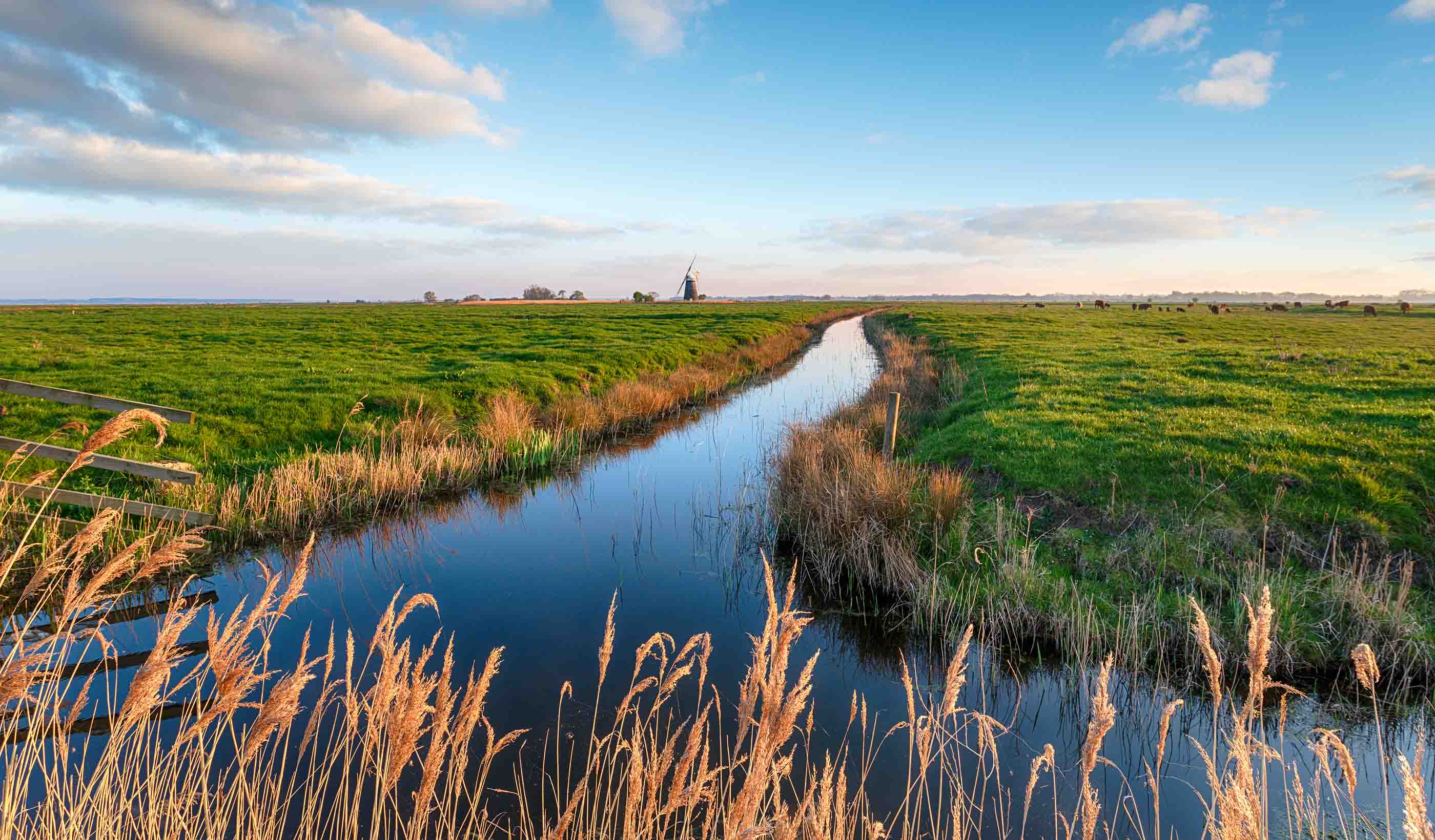
Article The how and why of measuring your water footprint
-

Blog Post The pandemic’s lessons in loneliness and aging in place
-
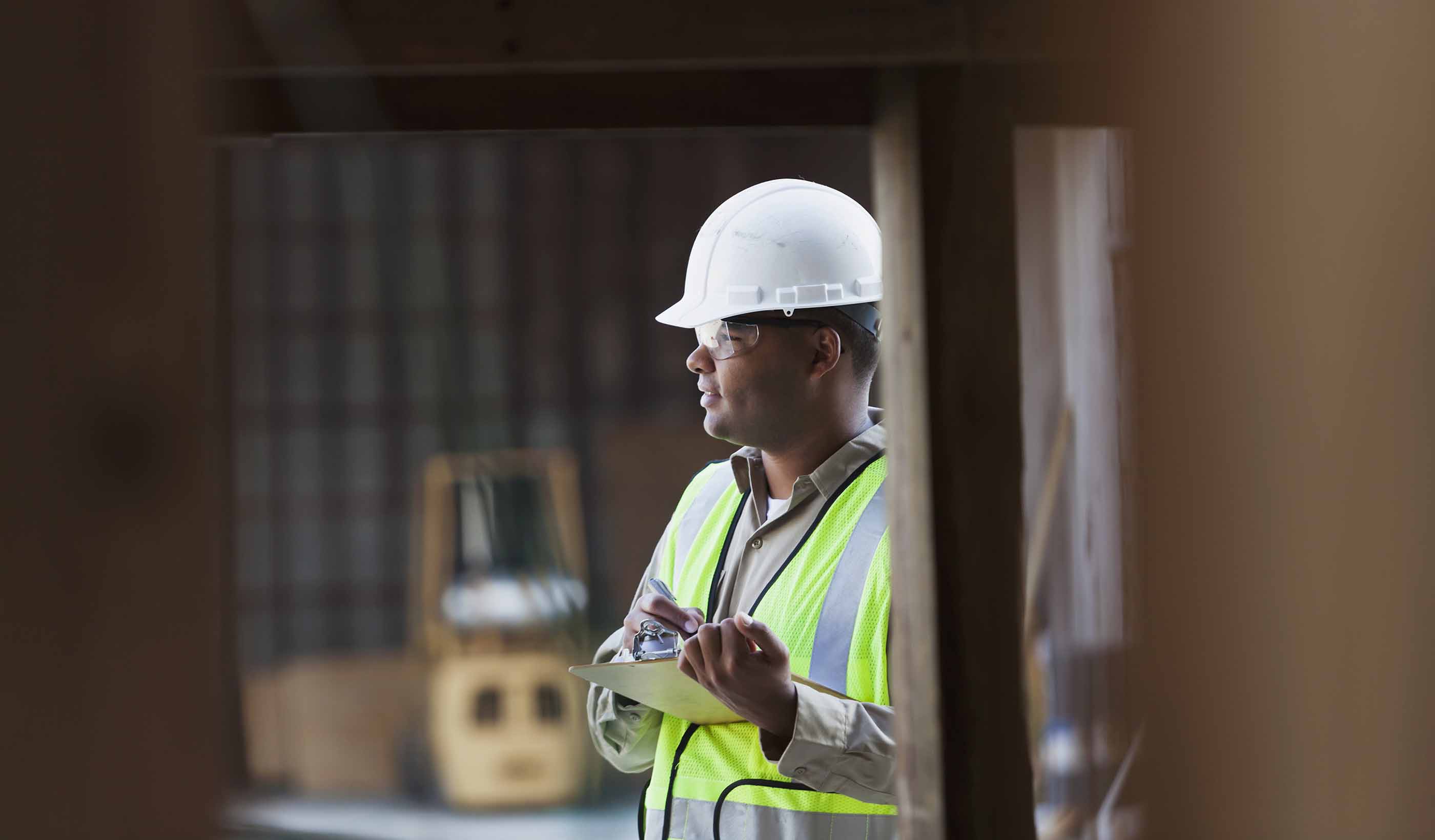
Published Article A system for safety
-
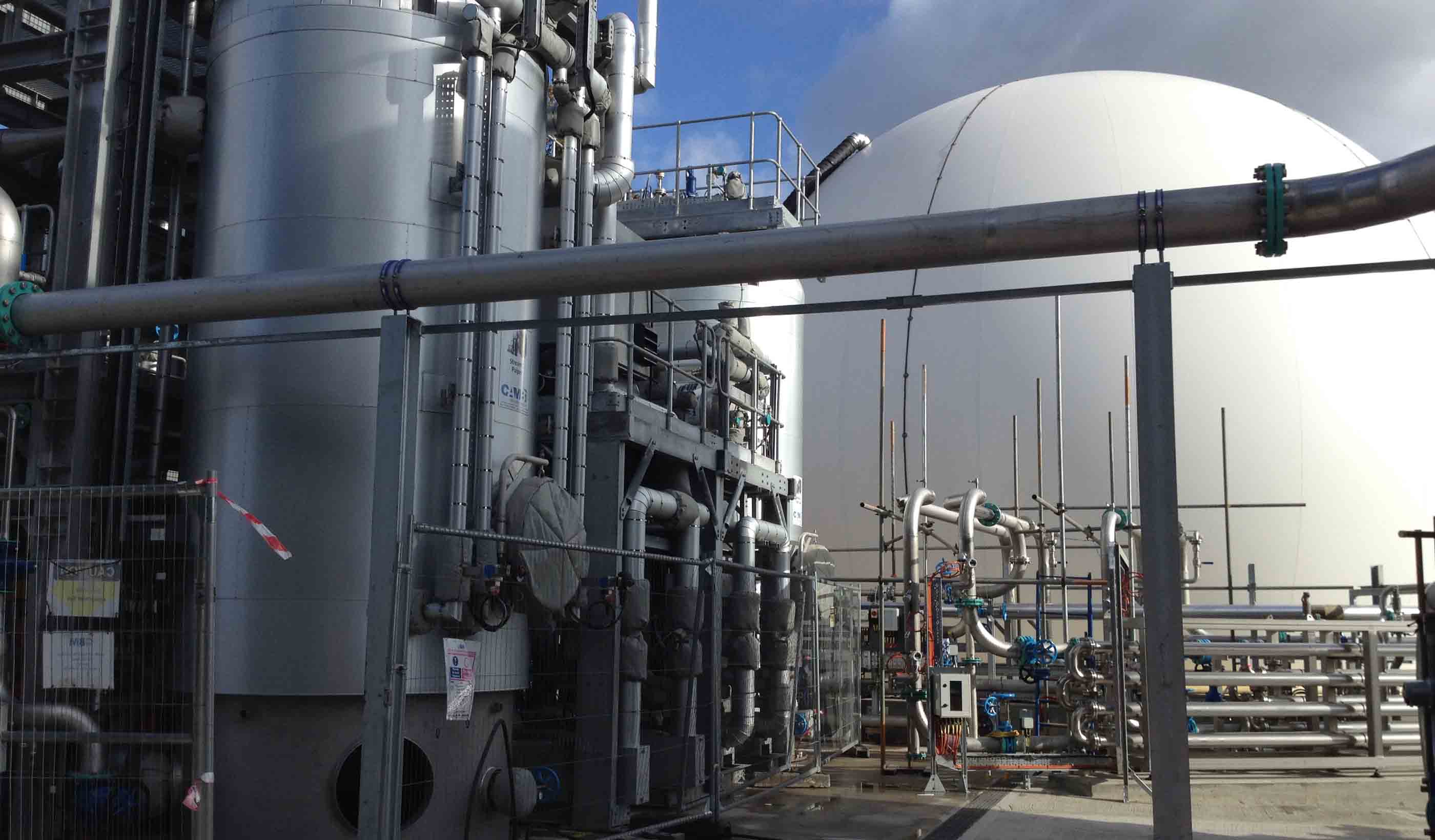
Blog Post Continuing advances in wastewater-to-energy technology
-
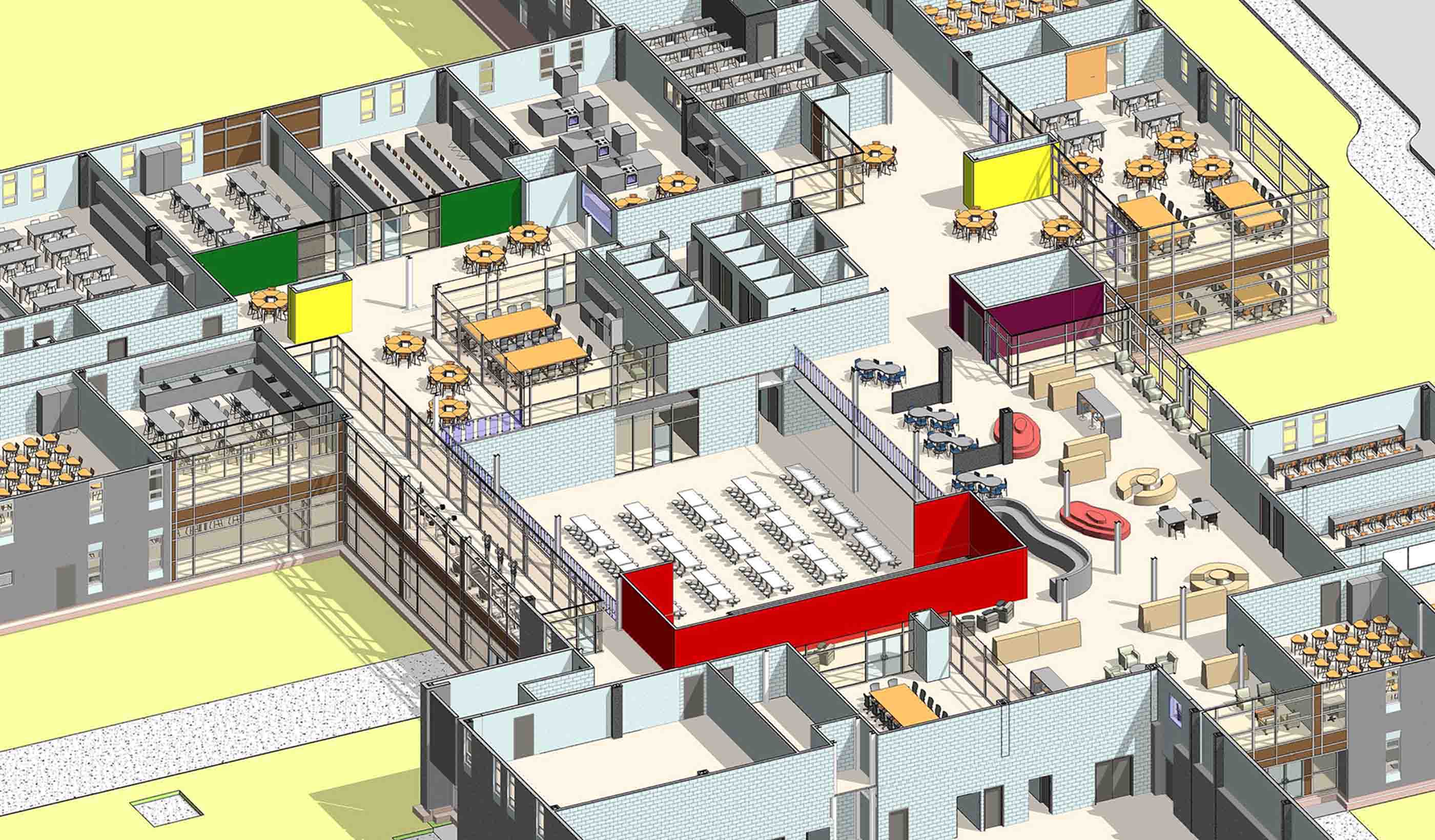
Blog Post Did COVID-19 finally push us to completely paperless projects?
-

Blog Post Digital data collection for wildlife surveys leads to better—and faster—information
-
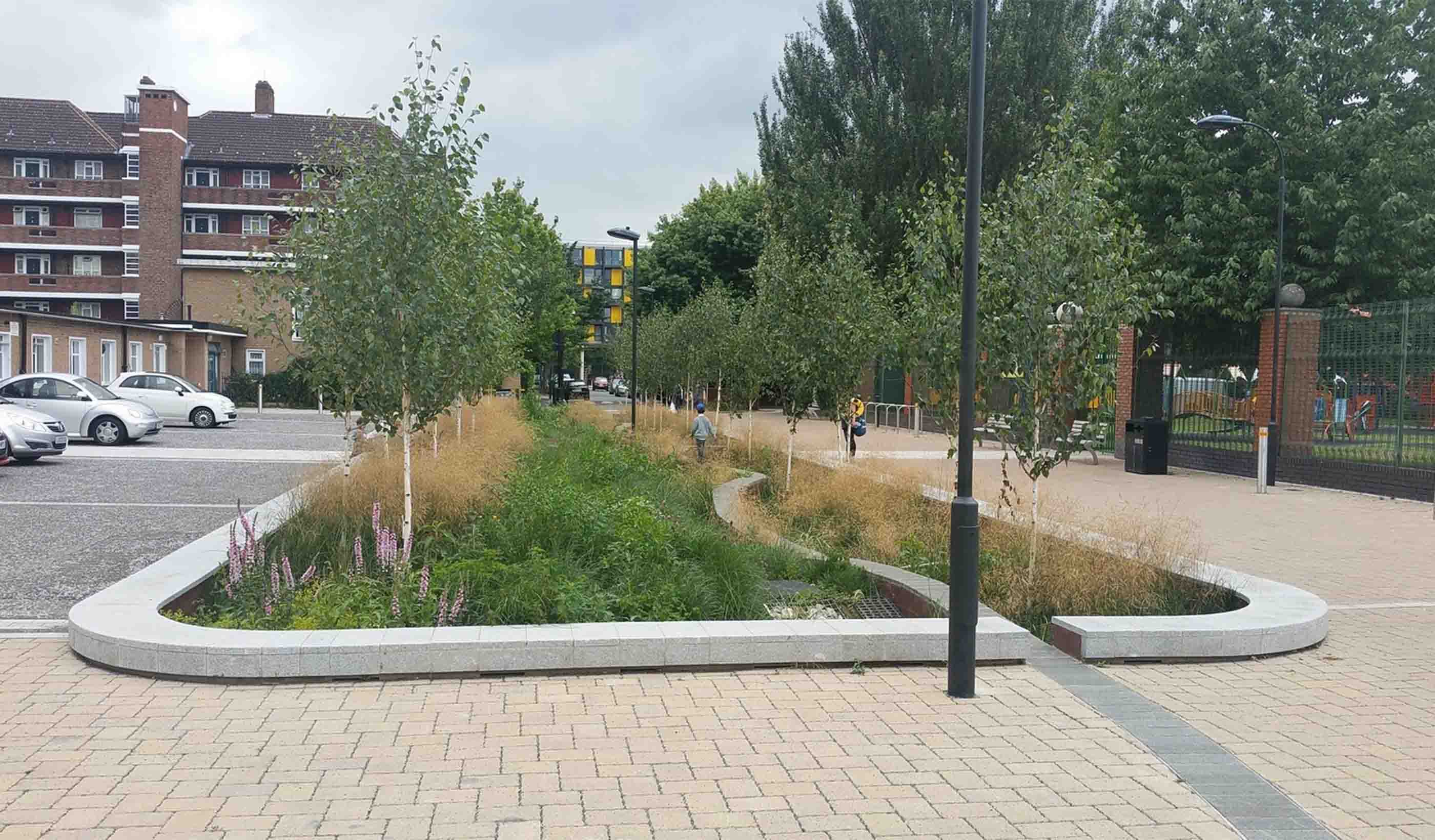
Published Article A glimpse of the future – opportunities to manage surface water
-
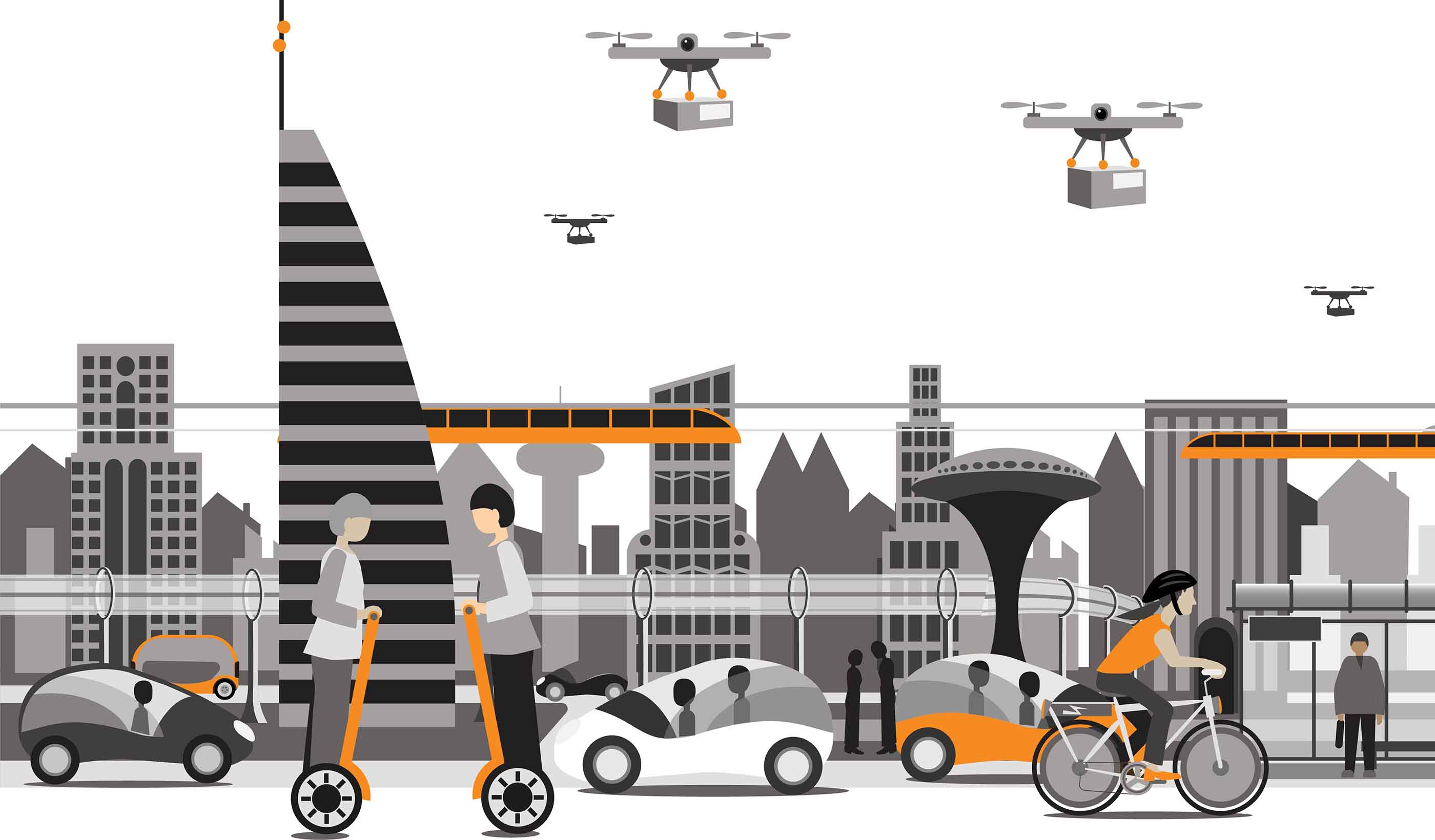
Planning Transport & Development
-
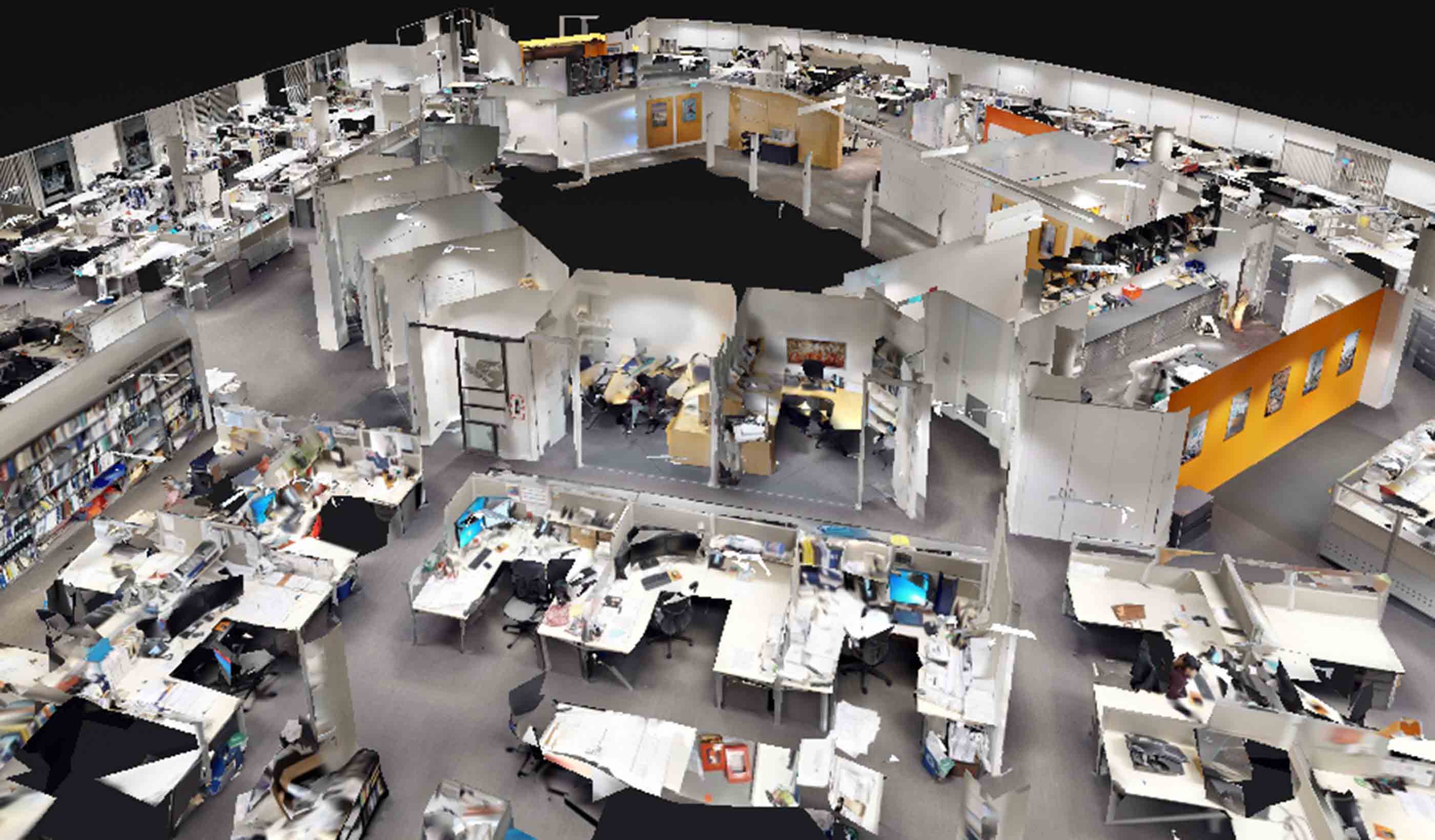
Blog Post Scanning smarter: Using reality capture on renovations
-

Article Digital Impact Assessment: A Primer for Embracing Innovation and Digital Working
-

Blog Post Delivering clean, smart and inclusive growth: Rebooting the transport and places skills agenda
-

Published Article Published in the Institute of Water Magazine: Tackling the Climate Emergency
-

Blog Post Helping our planning clients adapt to virtual ways of working
-

Publication Places First: Volume 2
-

Publication Places First: Volume 1
-
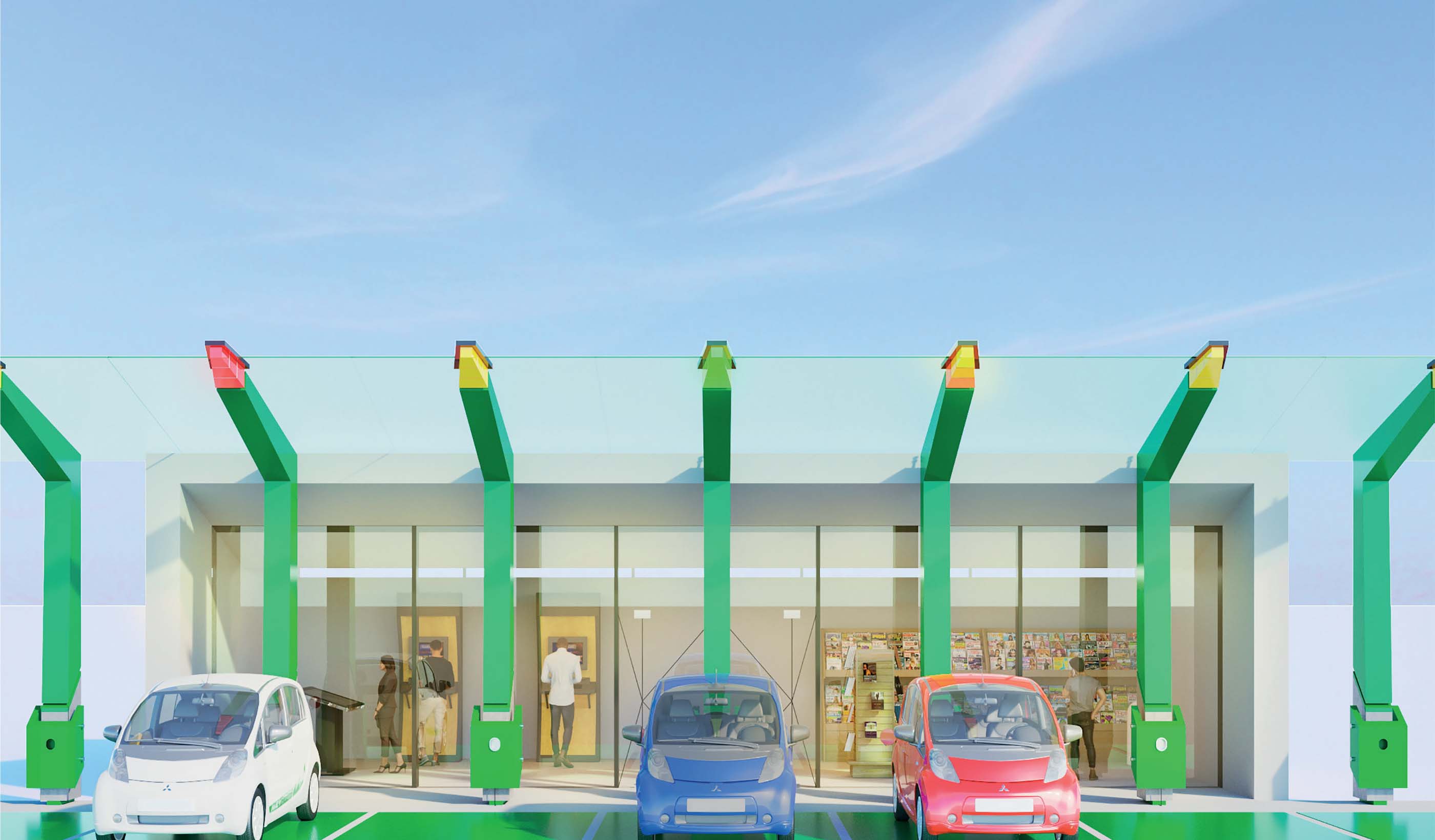
Report Charging into the 4th Industrial Revolution
-
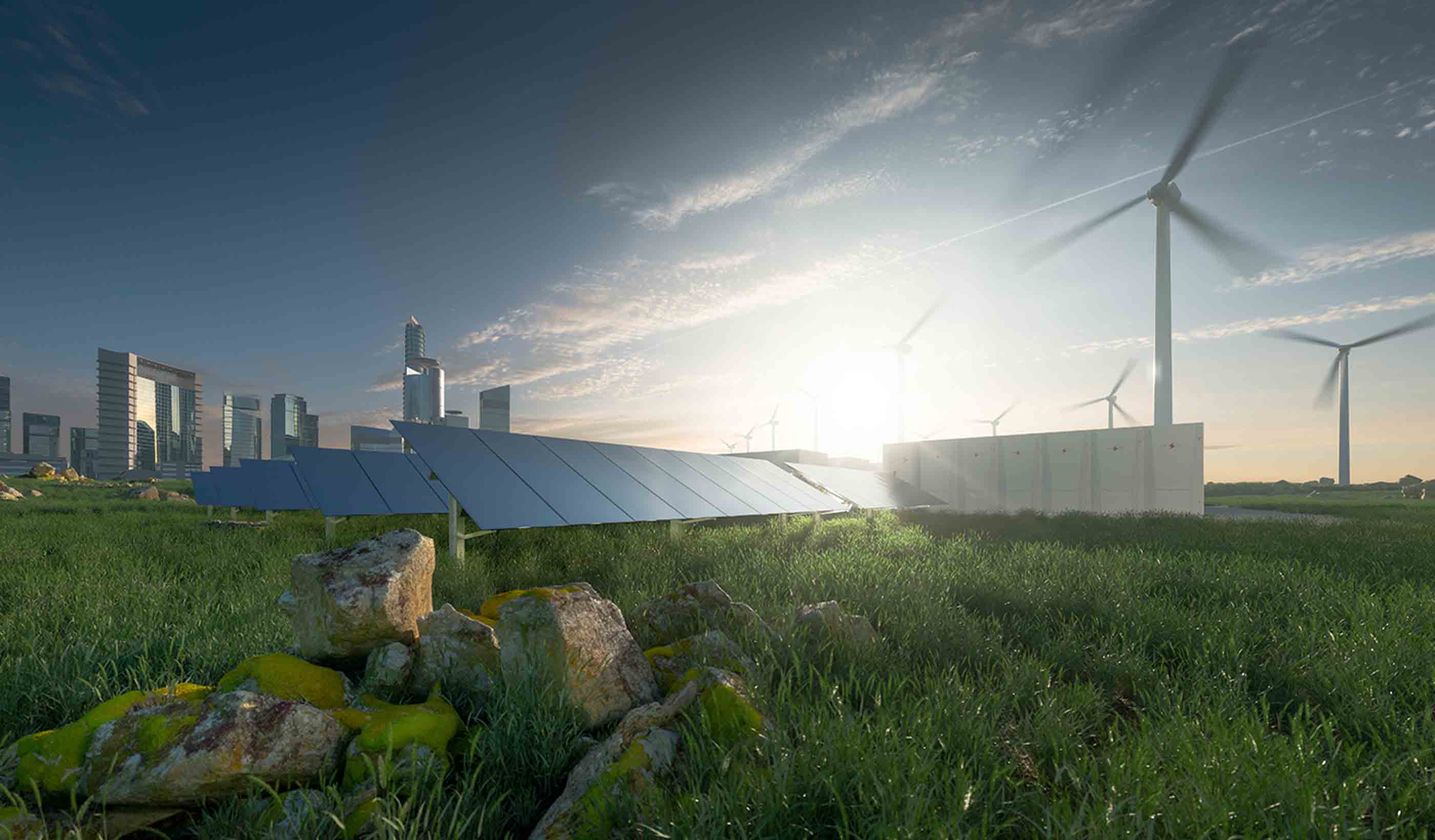
Blog Post How will energy demand change in the post-COVID-19 world?
-

Webinar Recording Electric Futures
-

Blog Post A global view of design and urban planning post-COVID-19 (Part 3): New infrastructure
-
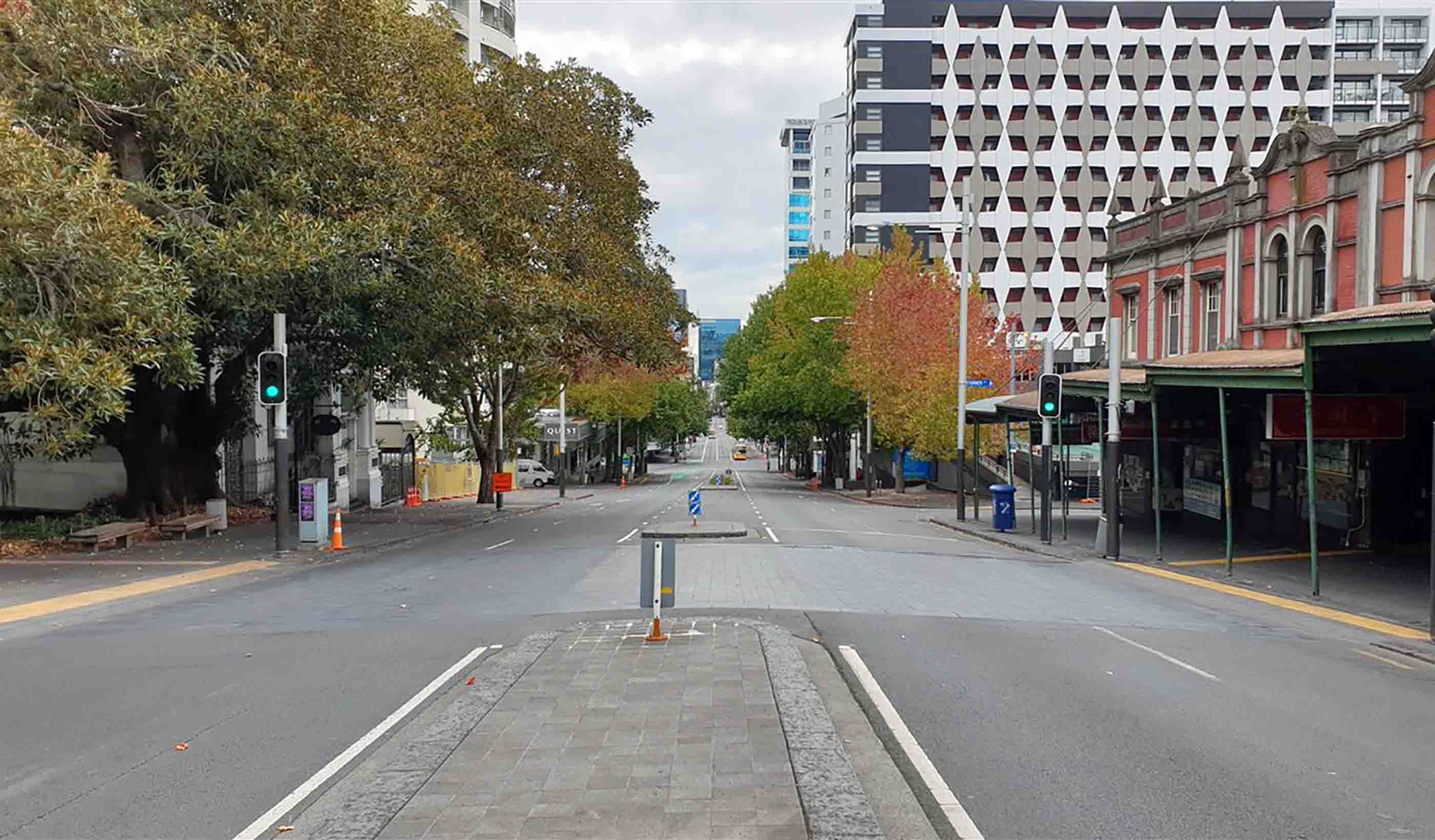
Blog Post The transformation of engagement: Community considerations for driving online conversation
-

Blog Post So, what happens when it’s time to get back to the office?
-
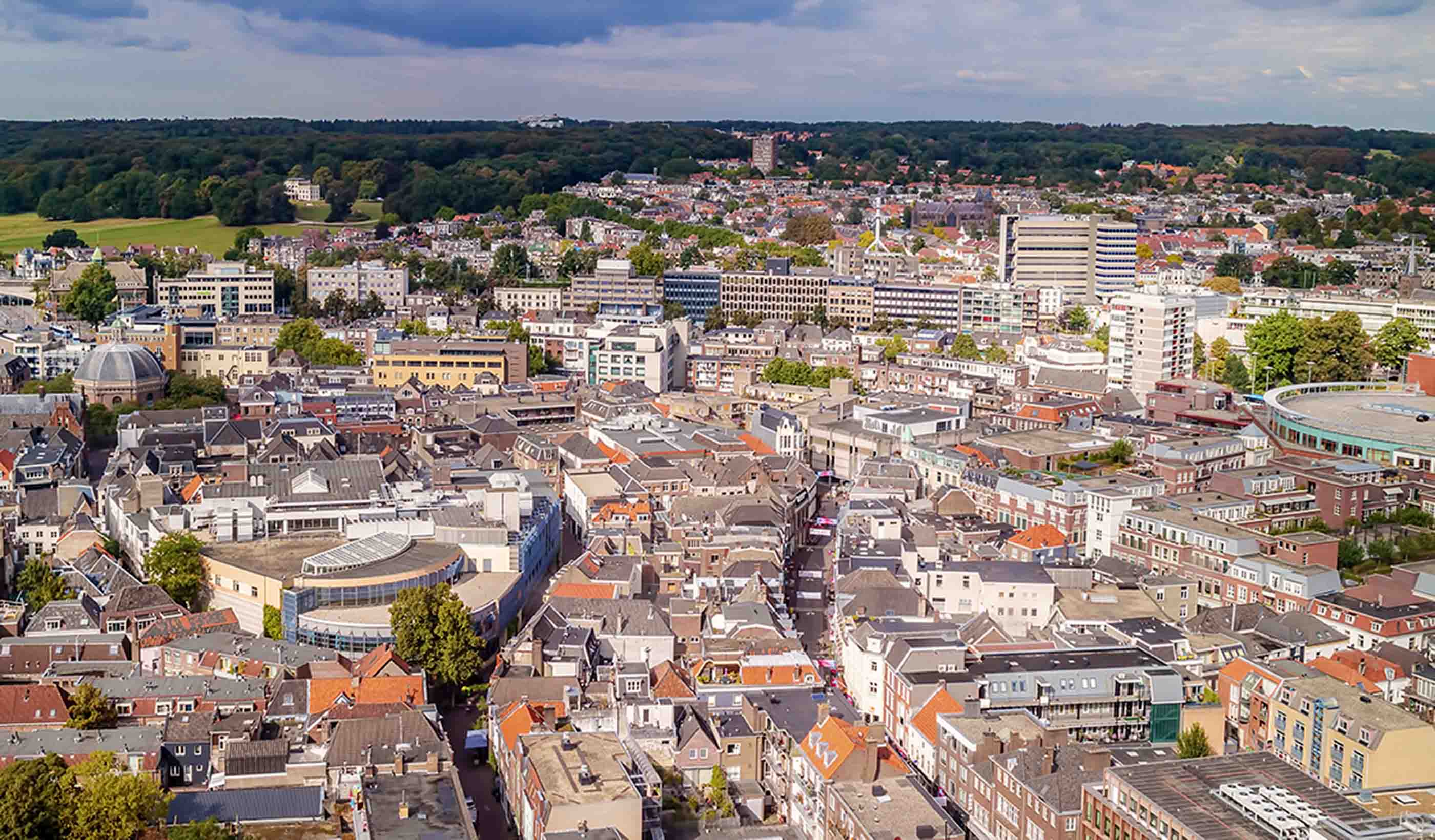
Blog Post A global view of design and urban planning post-COVID-19 (Part 2): Changing perspectives
-

Published Article Published: Seize the Moment and Shift the Dial
-

Blog Post A global view of design and urban planning post-COVID-19 (Part 1): Pandemic prevention
-
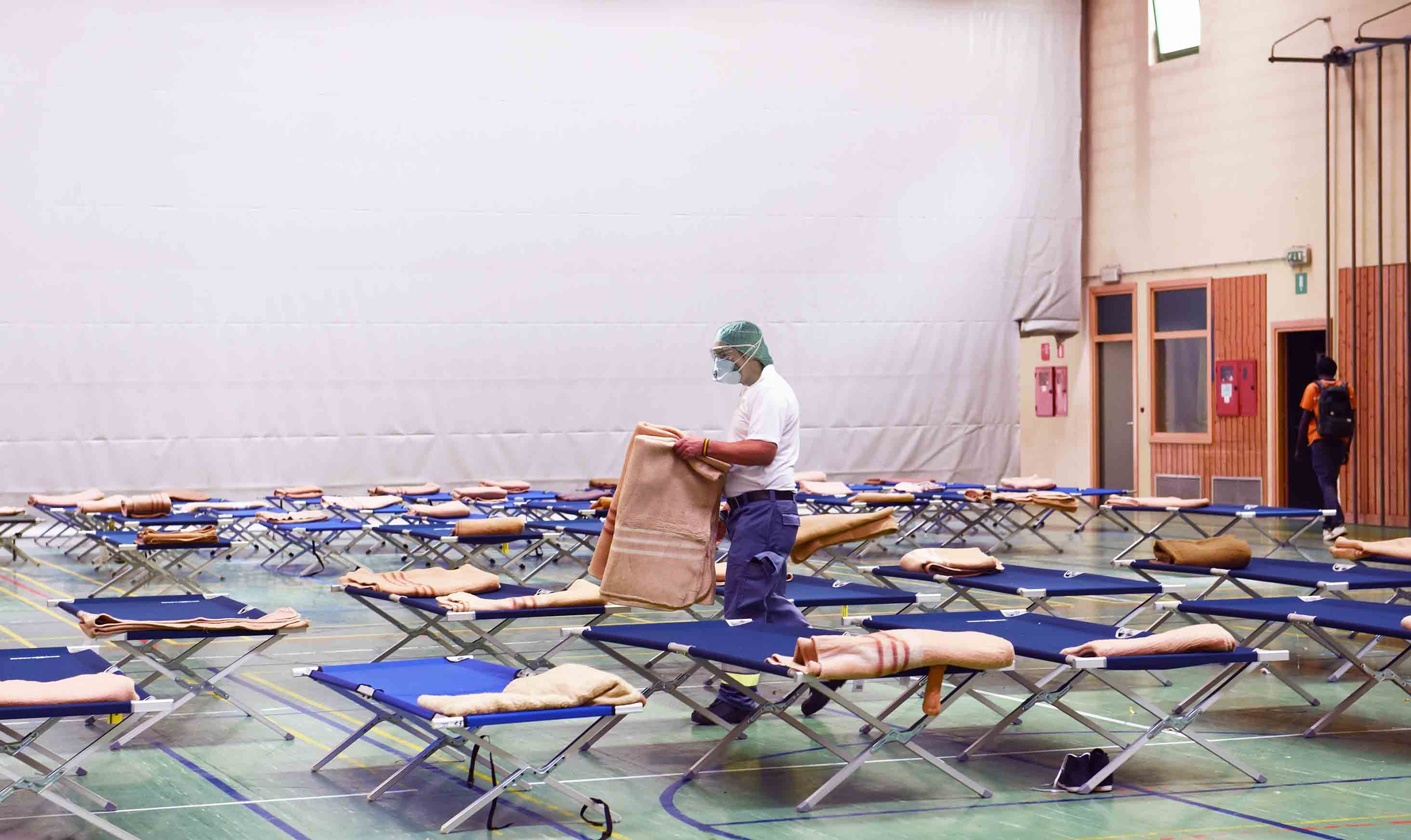
Blog Post Disaster preparedness in the midst of COVID-19
-
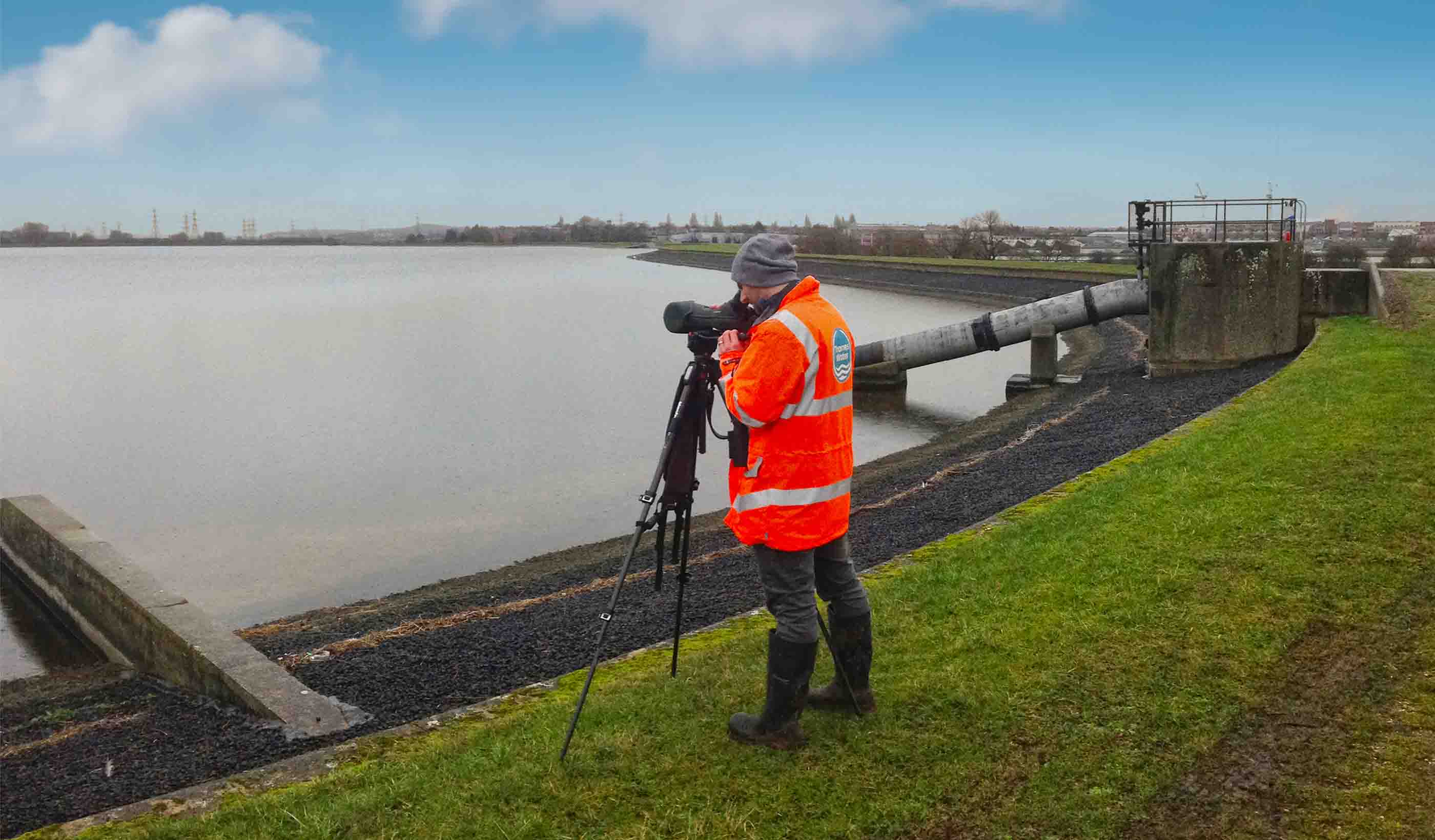
Published Article Published: Delivering compliance through effective environmental management
-
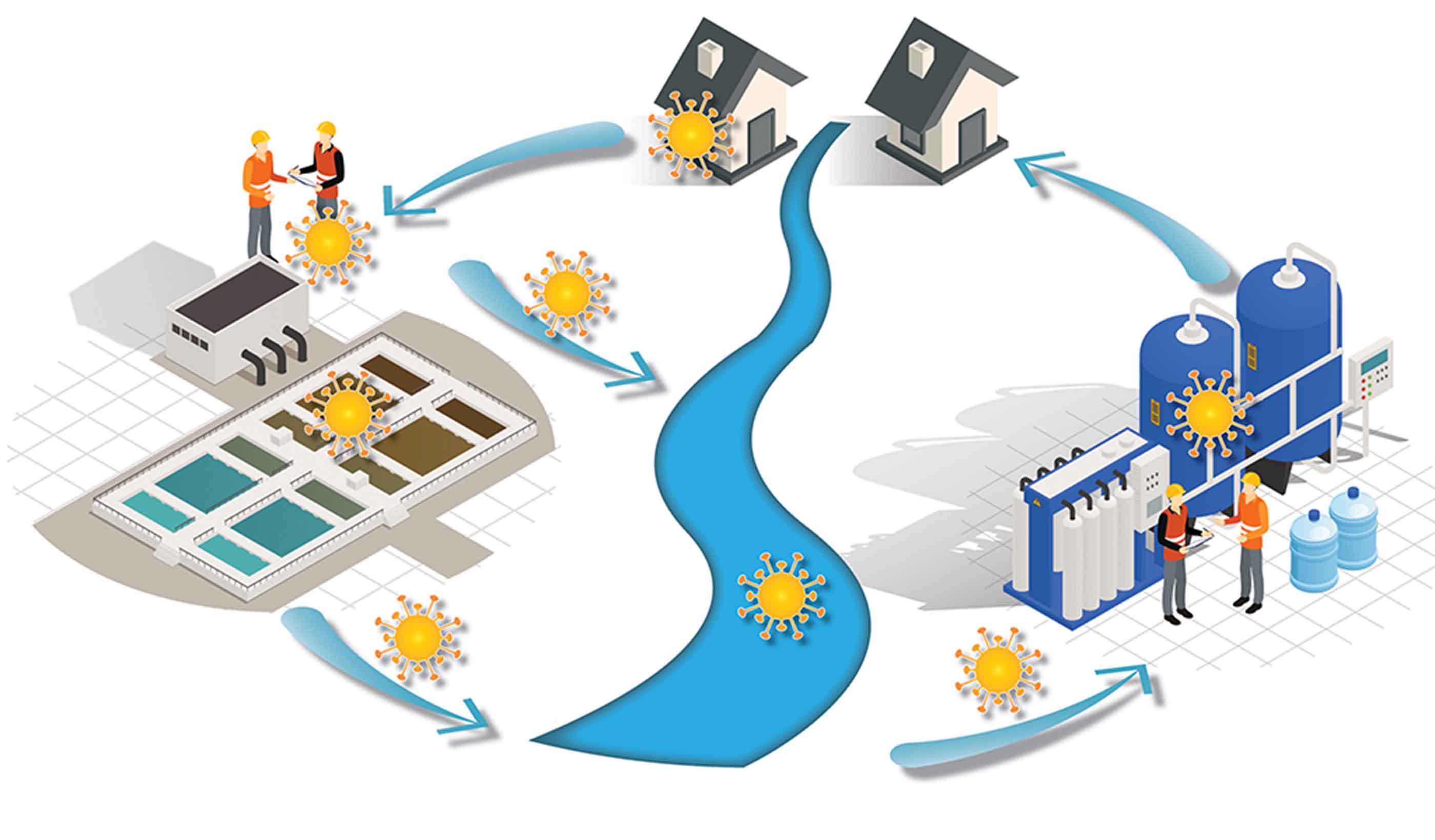
Video Impact of COVID-19 on water/wastewater utilities
-

Webinar Recording The UK digital water utility experience
-
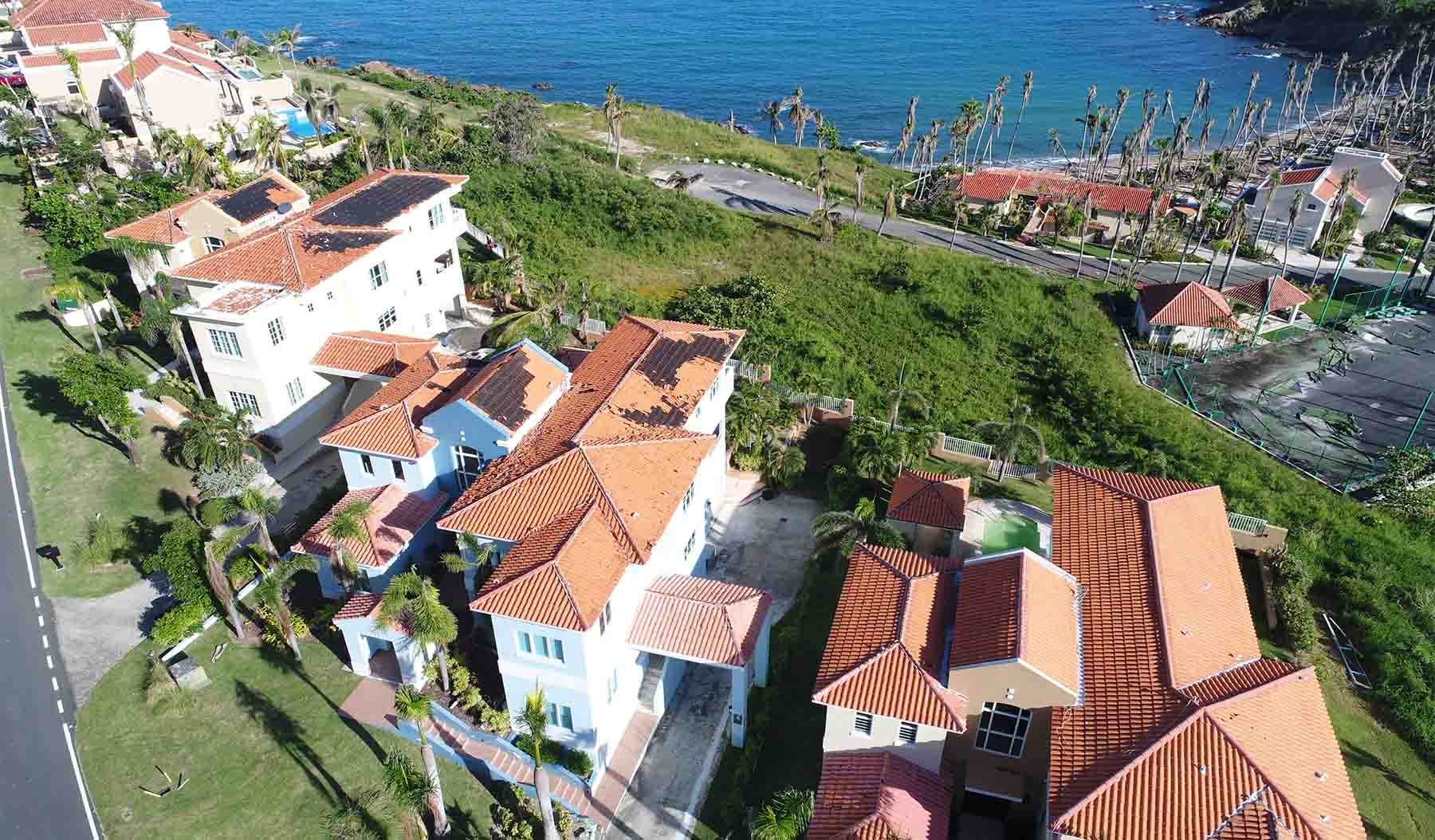
Blog Post Can drone technology help us mitigate the impact of future natural disasters? Absolutely
-

Blog Post Coronavirus and the water cycle—here is what treatment professionals need to know
-
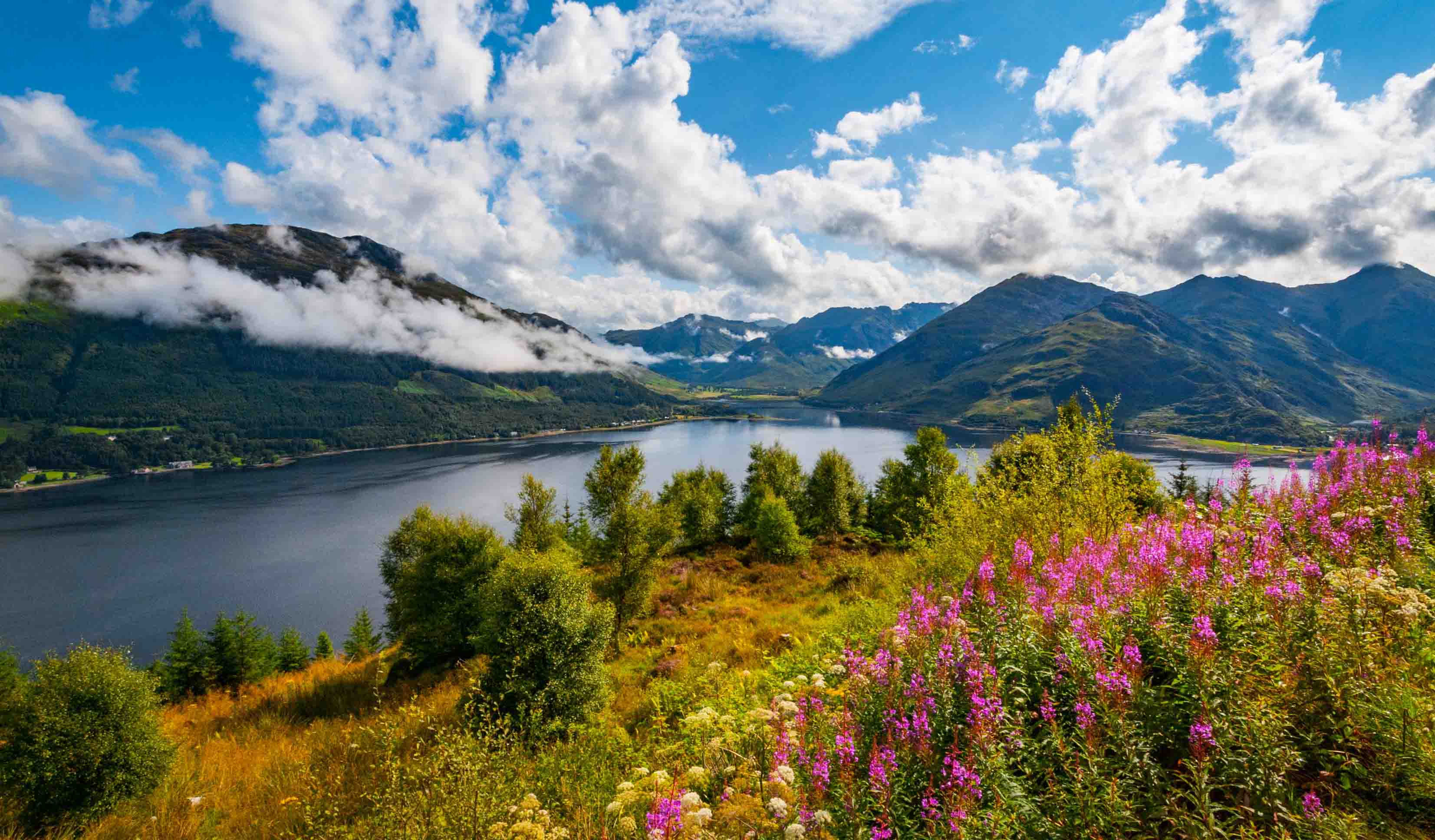
Published Article Published: Rising to the challenge of delivering the largest ever UK national environmental programme
-
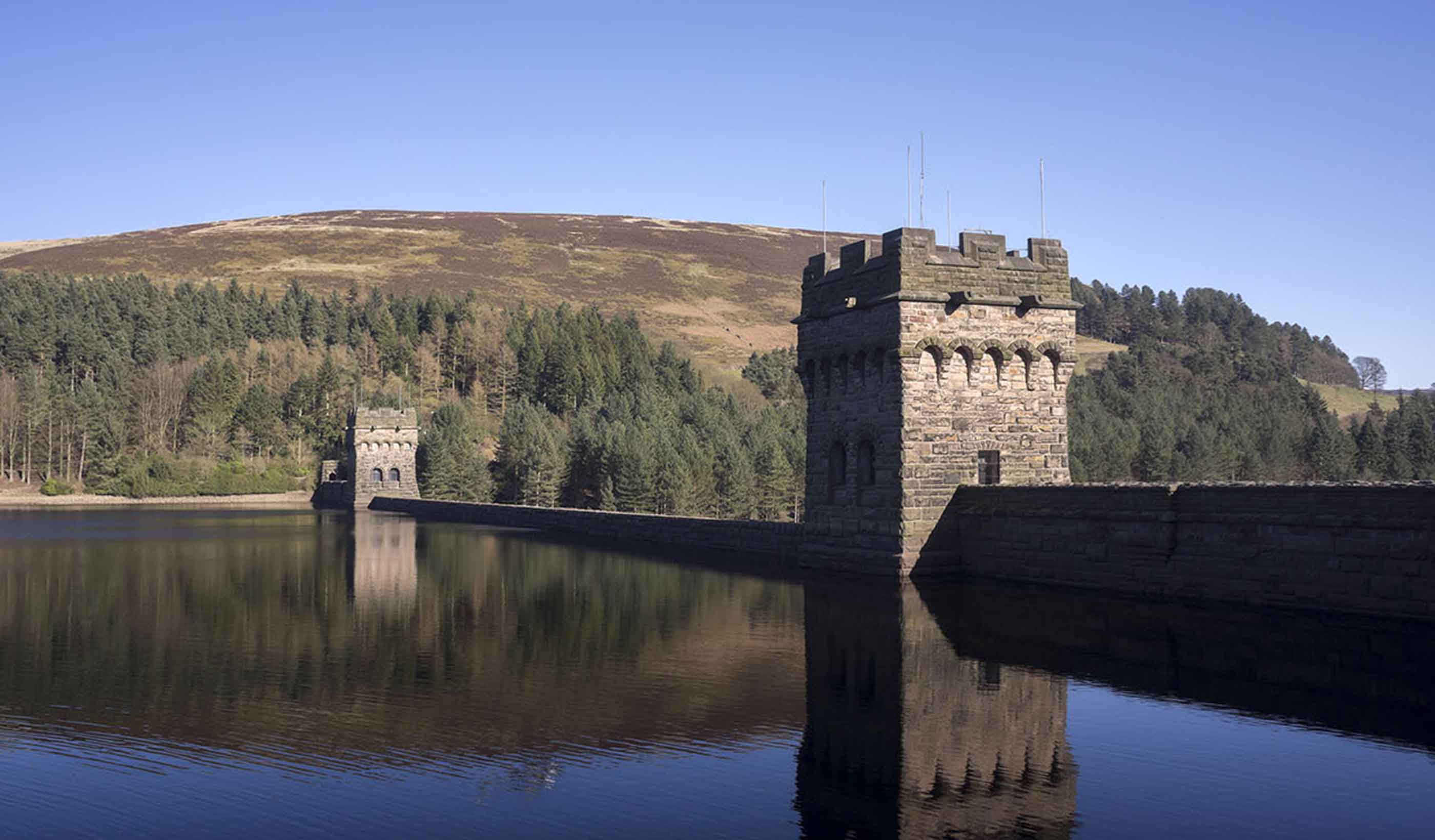
Published Article Published in Waterbriefing: A new approach to water resource planning
-
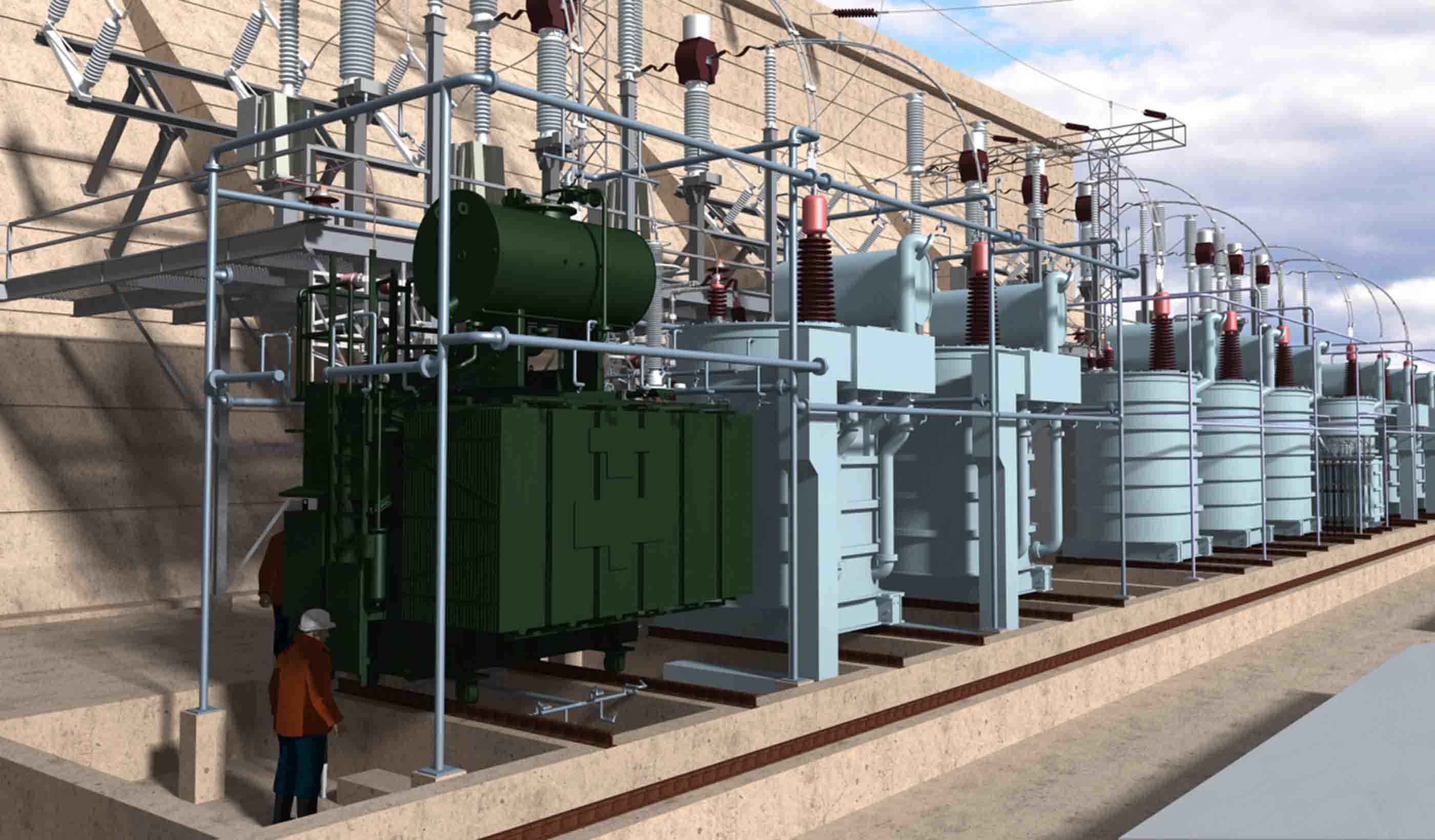
Blog Post From Stantec ERA: 5 ways 3D modeling is changing the way we design power projects
-
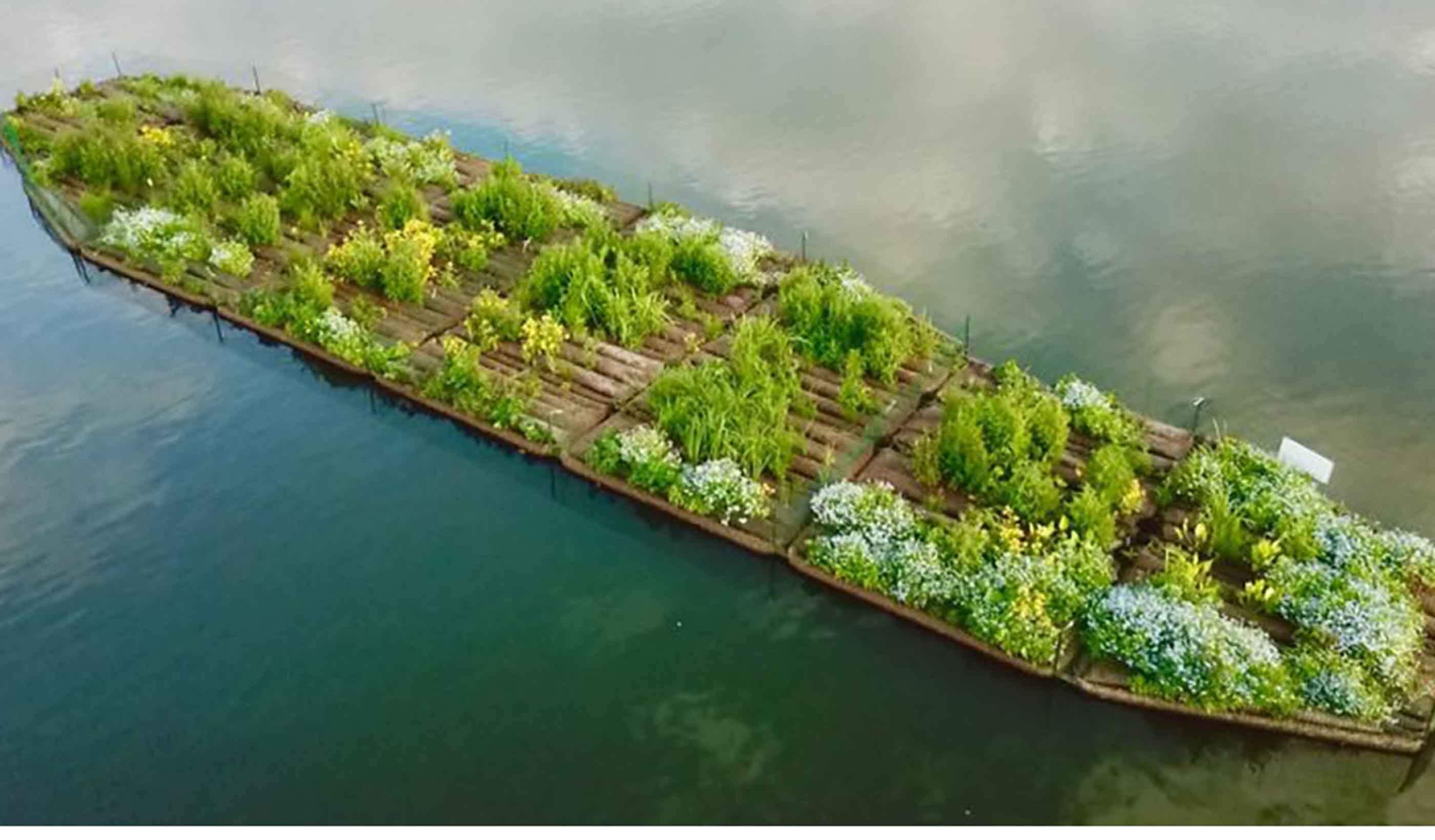
Published Article Published in Waterbriefing: Helping the UK water sector deliver net zero carbon emissions
-
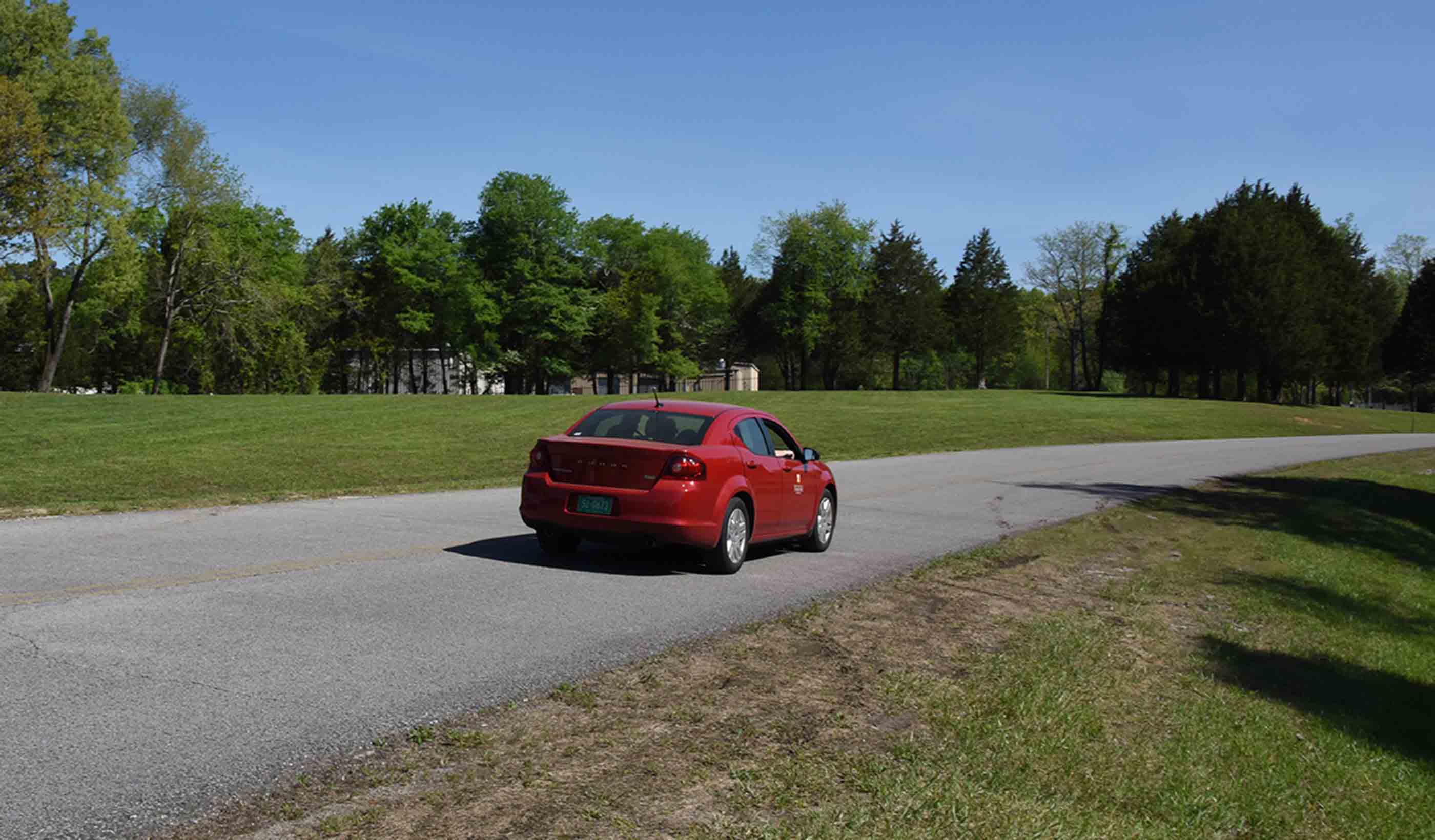
Blog Post On the leading edge: Decentralized computing can transform smart-mobility infrastructure
-
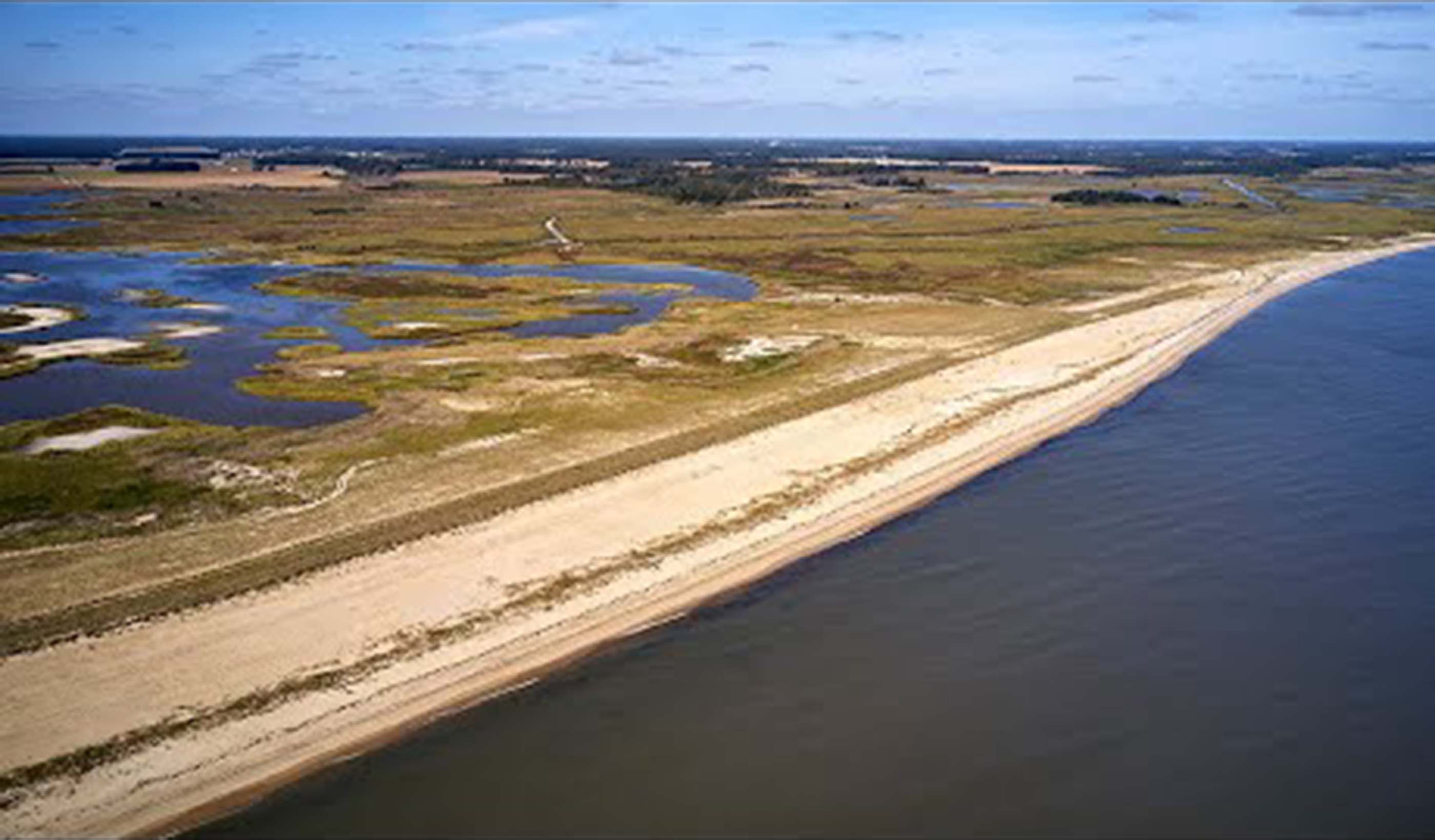
Video Restoration and resilience post disaster
-

Blog Post We are at the heart of the climate change challenge
-

Blog Post Global Asbestos Awareness Week
-

Published Article Transport planning and the need to deliver more housing
-
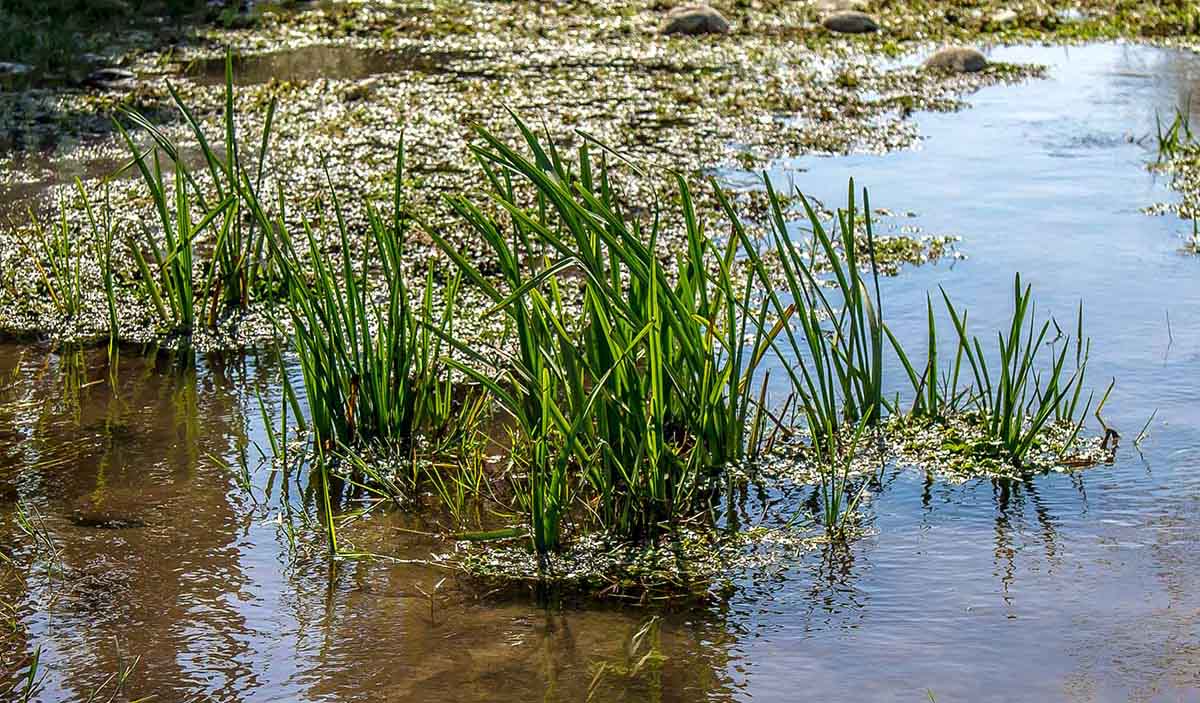
Blog Post World Wetlands Day 2019
-

Blog Post Review of BEN Oxford to Cambridge Corridor Development Conference
-

Blog Post World Water Day 2019
-

Article International Women's Day 2019
-

Blog Post Standard method—help or hindrance?
-

Blog Post World Cities Day: Here’s how we can build a better urban life for future generations
-
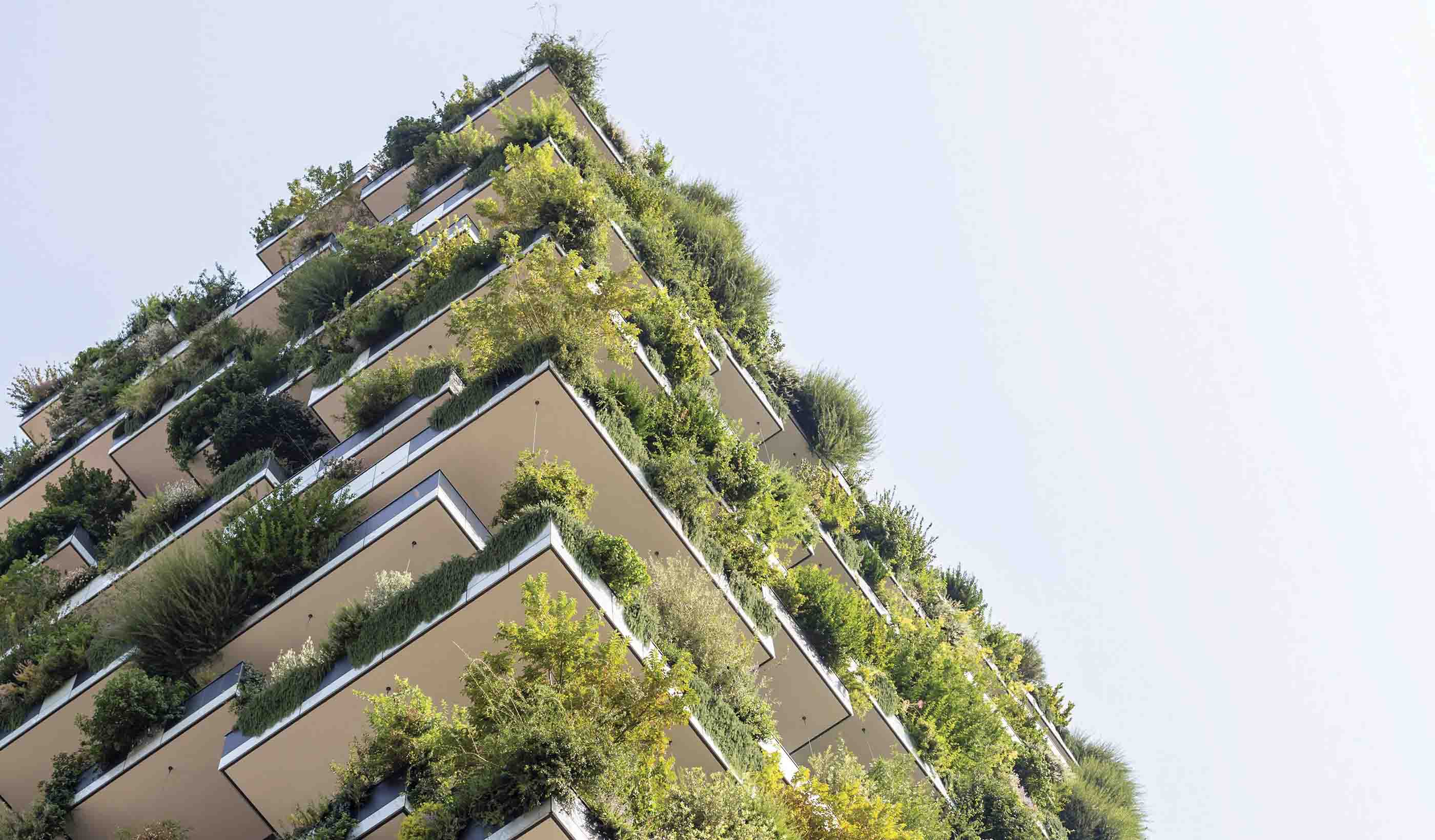
Publication Community Futures: Think globally, act locally has never mattered more
-

Blog Post The hidden climate impact of the Internet of Things
-
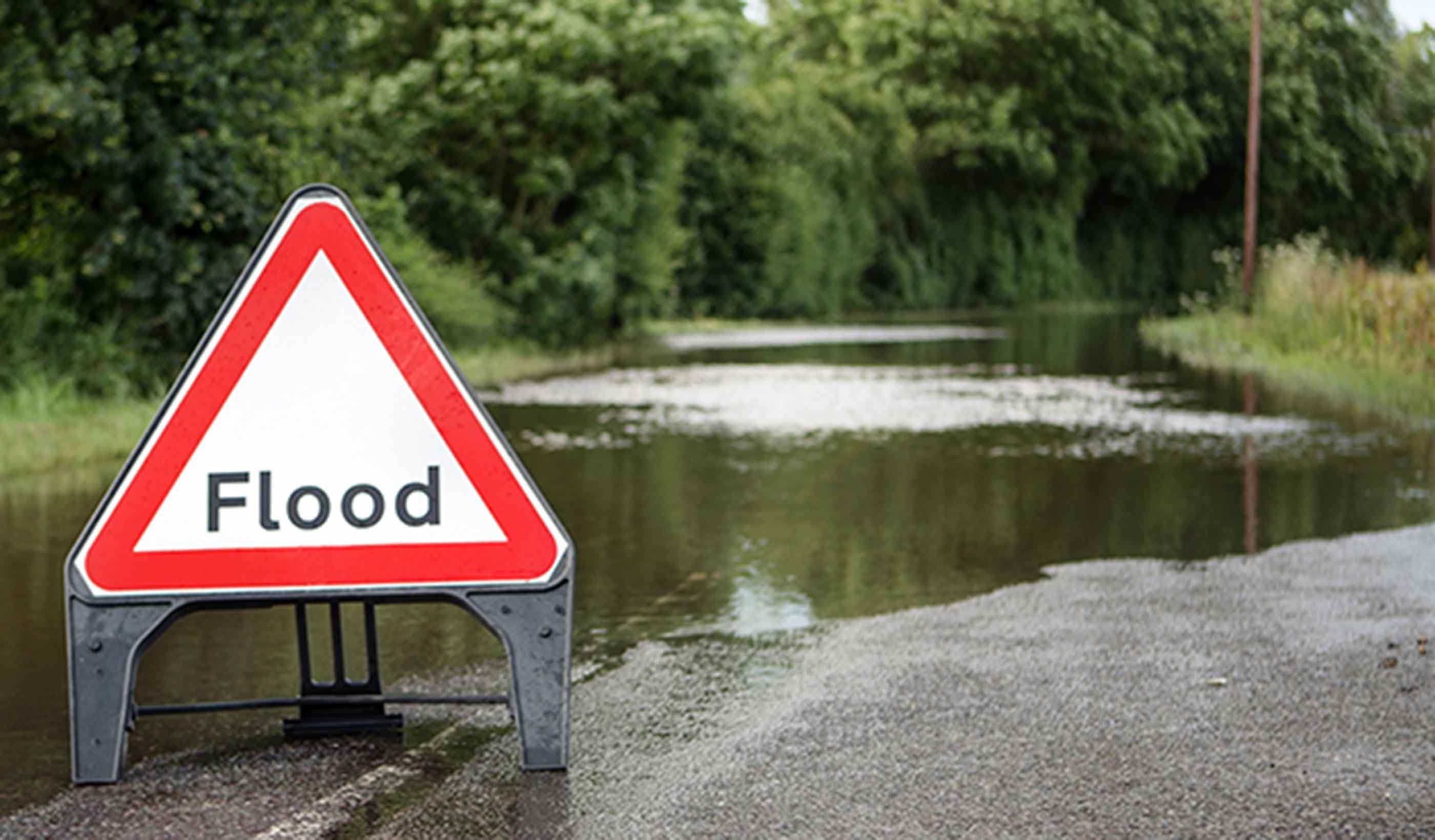
Blog Post Creating communities through citizen science
-

Blog Post Taking our mental health advocacy to new heights across the world
-

Blog Post The Internet of Environment: digitally twinning the planet
-

Published Article Published in the Institute of Water: Delivering change through research-led innovation
-

Published: Could Project 13 deliver a step change in efficiency for the UK water sector?
-

Published in World Water Magazine: Embracing change delivers SMART technologies
-

Published Article Published in Waterbriefing: What next for PR19?
-

Published Article Published on WWT Online: The robots aren't coming... they’re already here
-
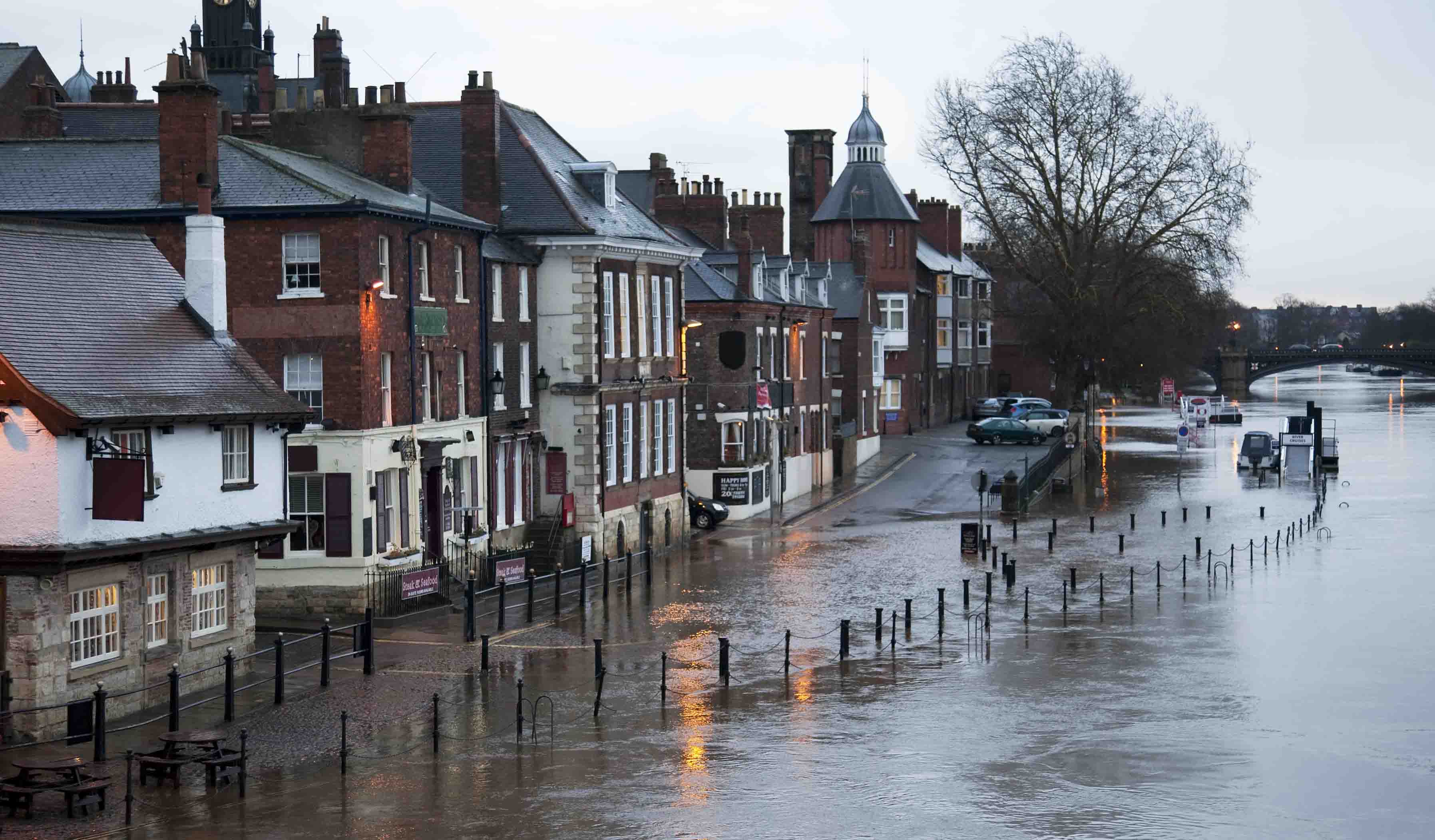
Article Predicting the unpredictable: How a Stantec toolbox helps us understand future flood risks
-
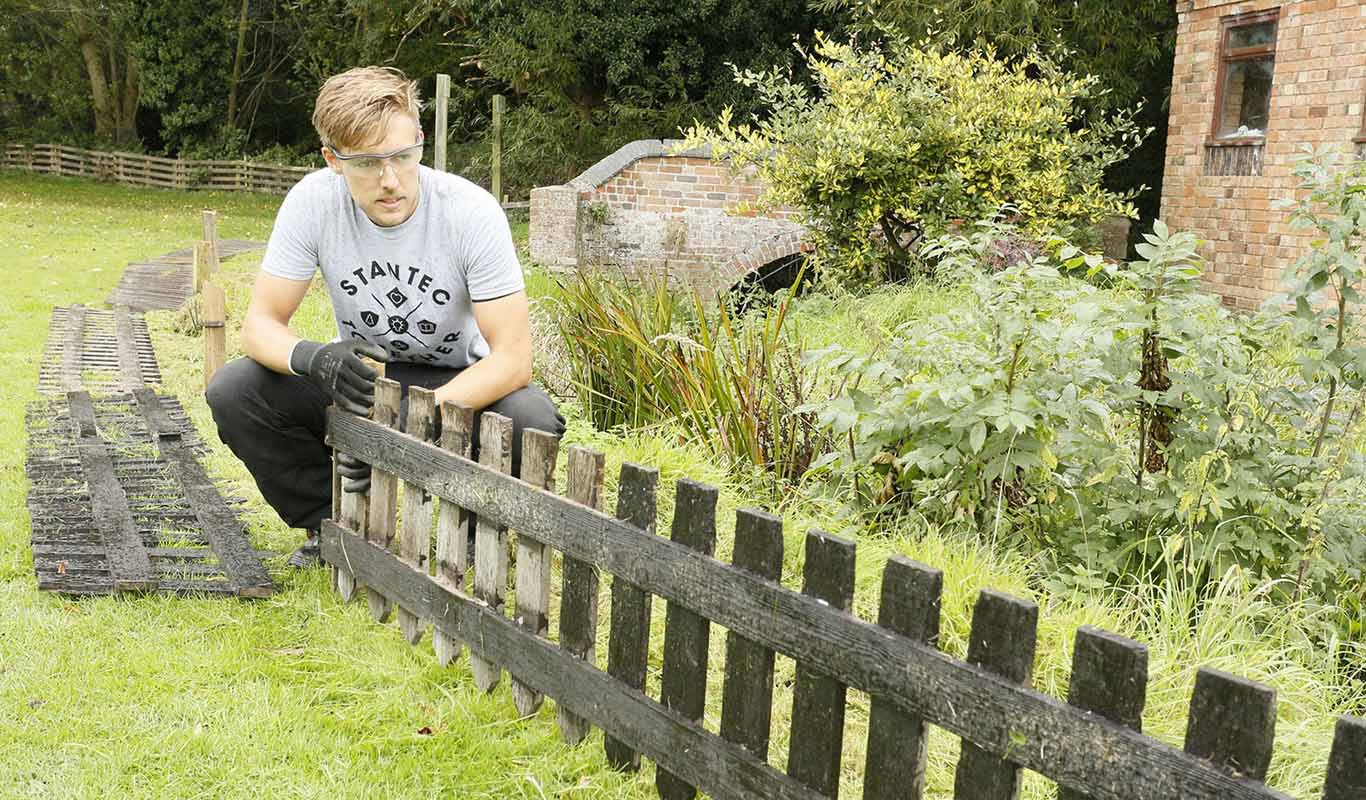
Published Article Published in WET News: In Focus — Social value and procurement
-

Published Article Published in Infrastructure Intelligence: The Project 13 initiative—engineering behavioural change
-
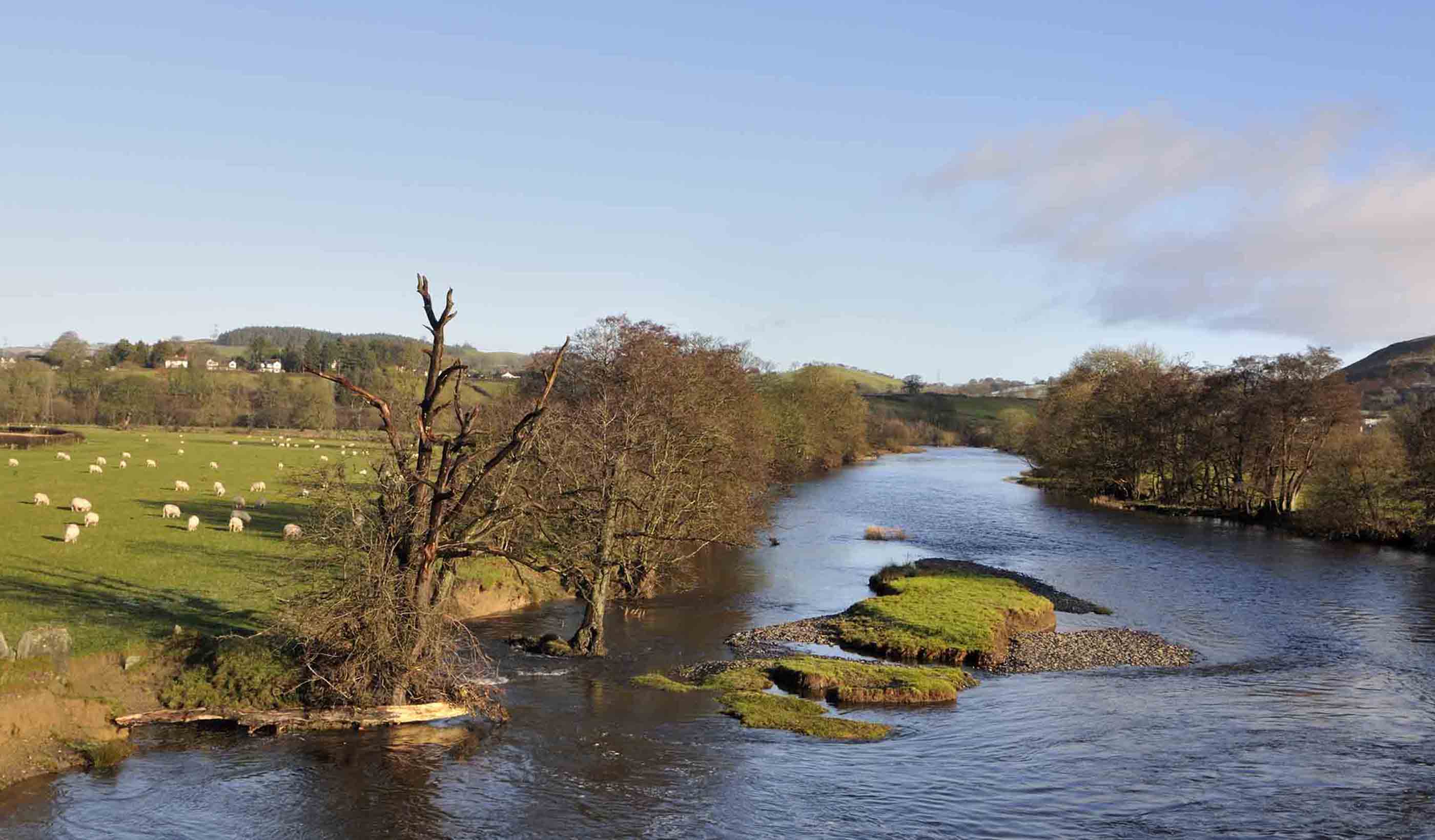
Published Article Published in The Institute of Water Magazine: Developing with our water environment
-
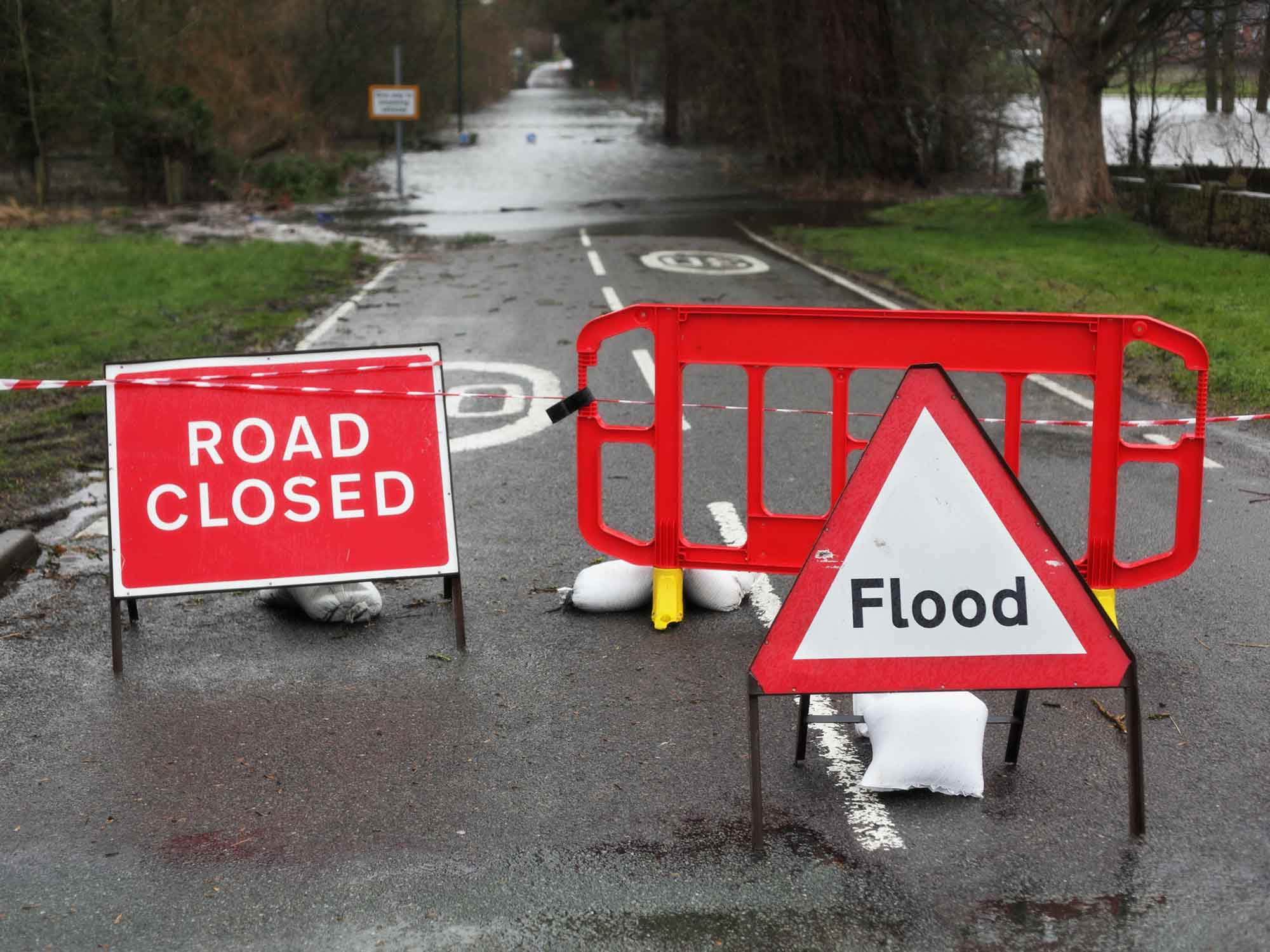
Published Article Published in CIWEM Environment Magazine: Creating a flood-resilient future for Yorkshire
-

Published Article Published in WET News: Focusing on what matters to customers
-

Blog Post Blockchaining ecosystem services to provide natural capital accounting
-

Blog Post Budget 2018: A development & infrastructure view
-
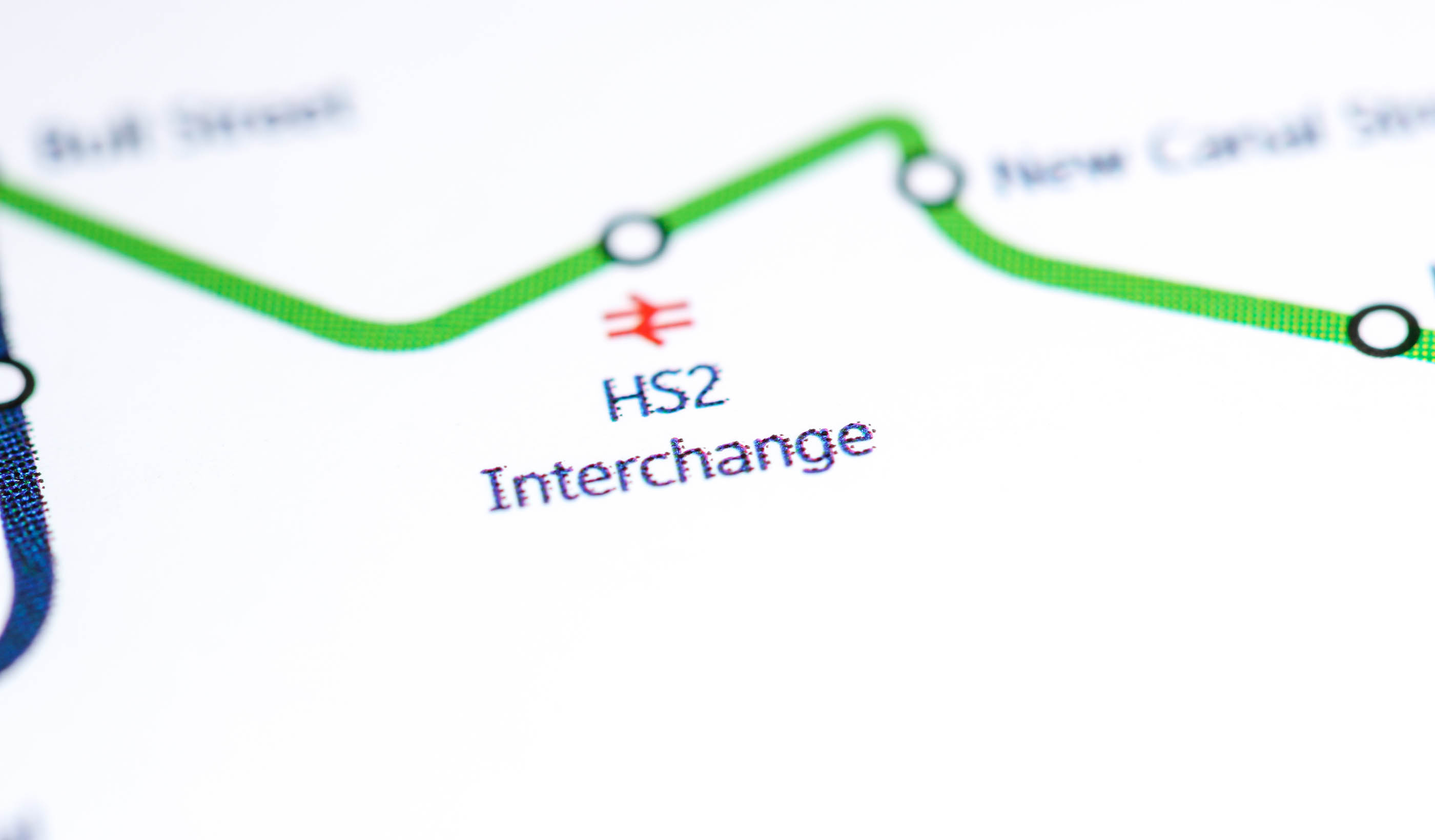
Blog Post Planning for life beyond HS2
-

Blog Post BREEAM New Construction 2018 – Part Two
-

Blog Post Are we keeping pace with climate change?
-
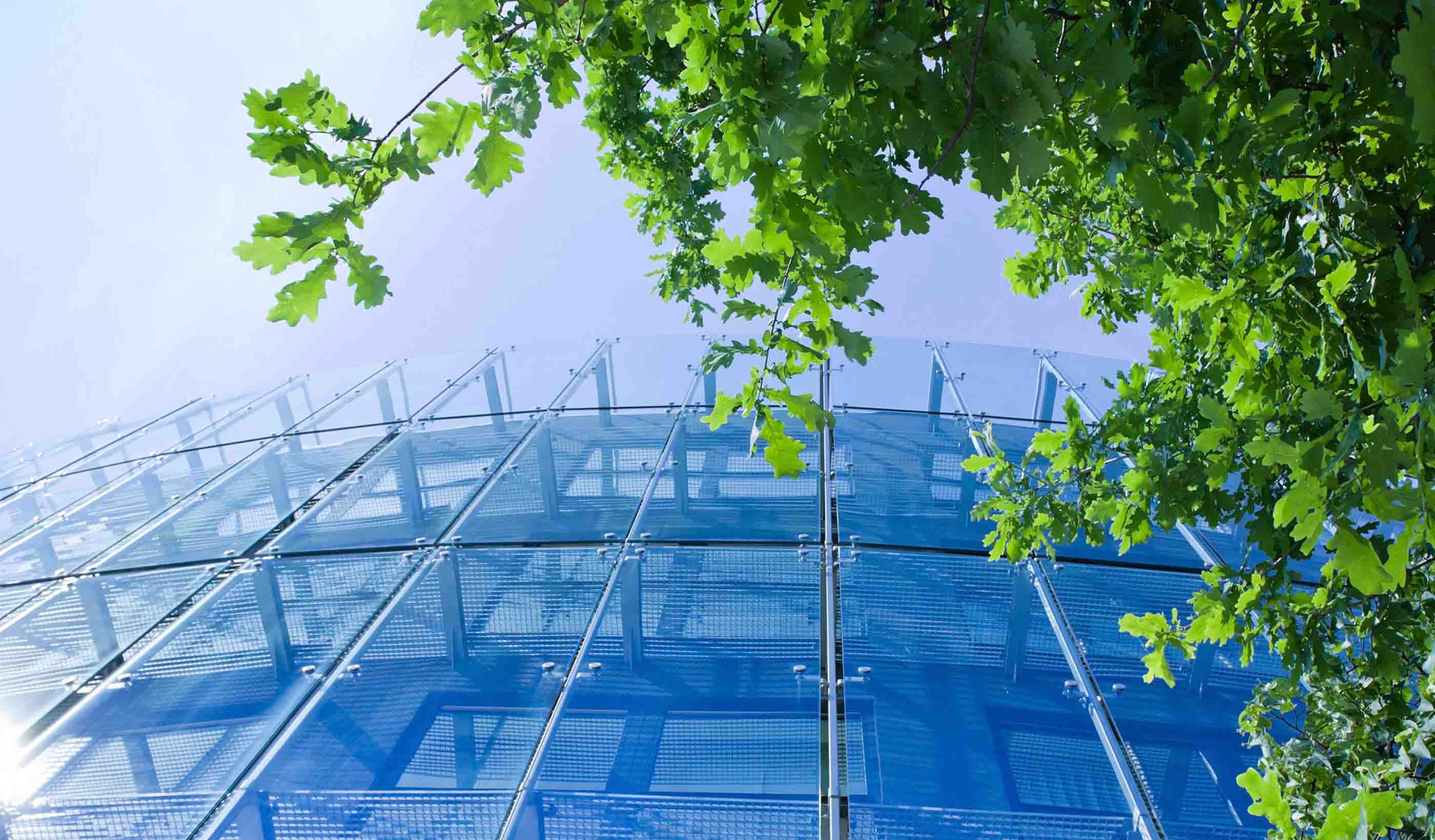
Blog Post BREEAM New Construction 2018 – Part One
-

Blog Post Putting Places First
-
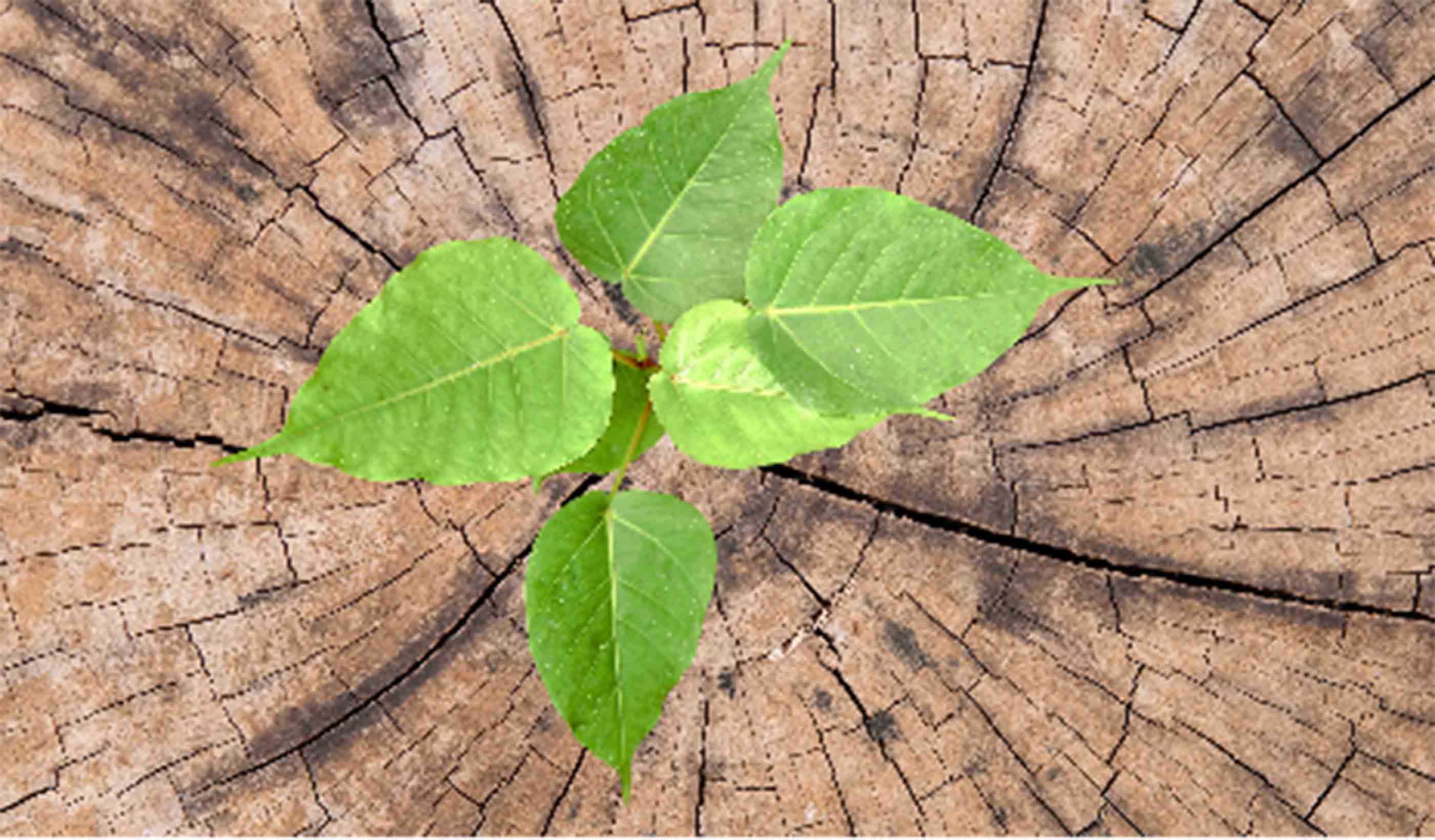
Published Article Published: Making The Most Of What You Have—Optimisation Of Assets In Water And Energy
-
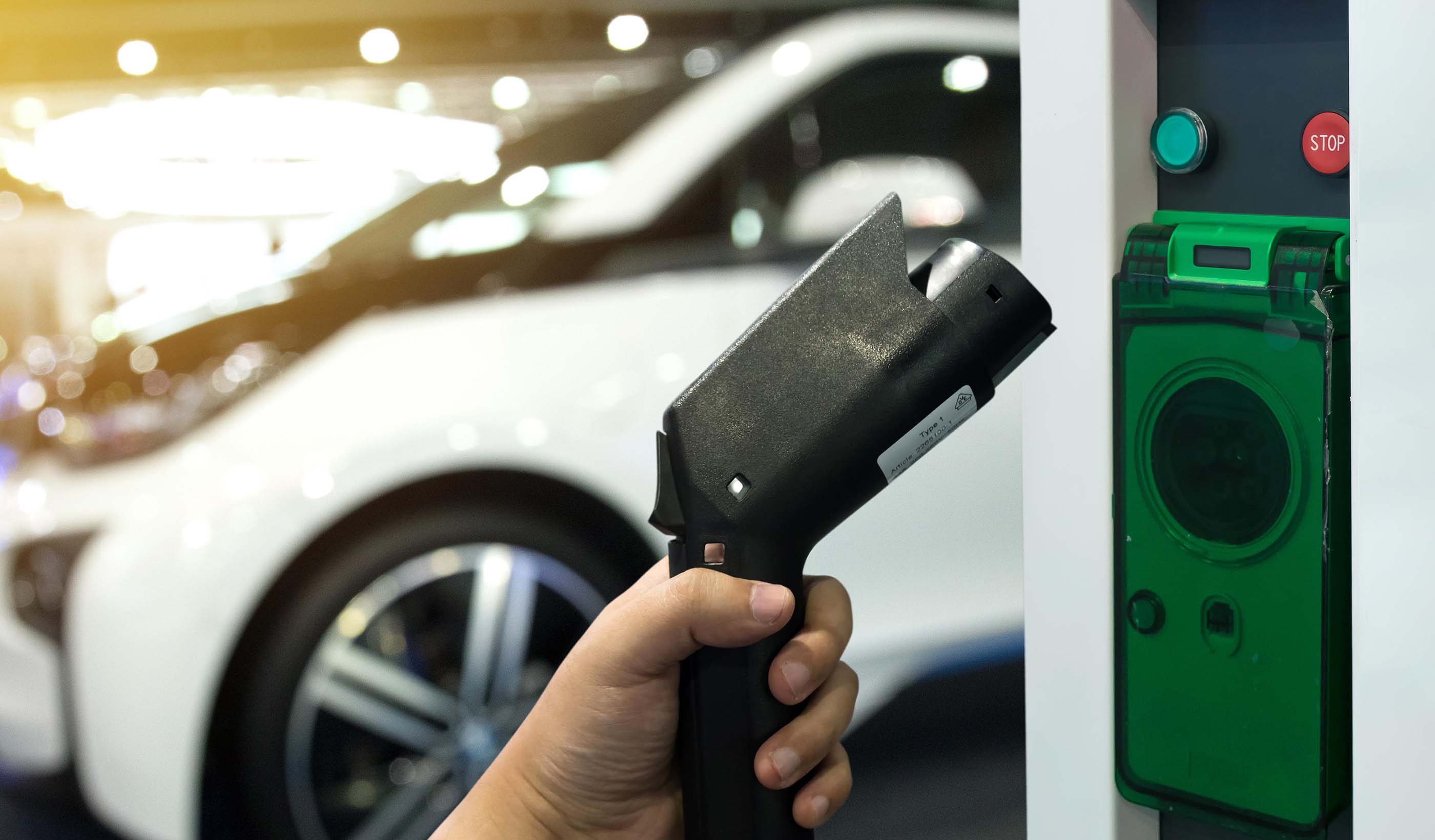
Blog Post The Road to Zero or the Road to Roadworks?
-
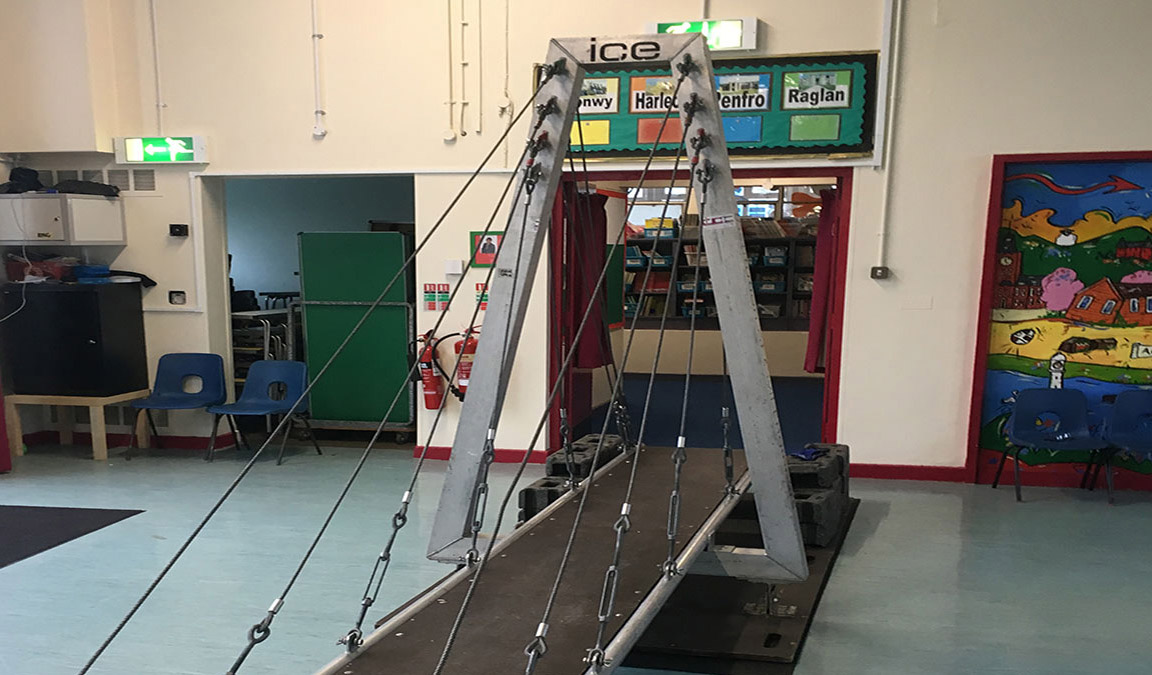
Article Stantec supports ICE Scotland to Build Bridges to Schools
-

Blog Post The flying menace coming to a city near you!
-

Blog Post New housing numbers and new population projections: all crystal clear now?
-
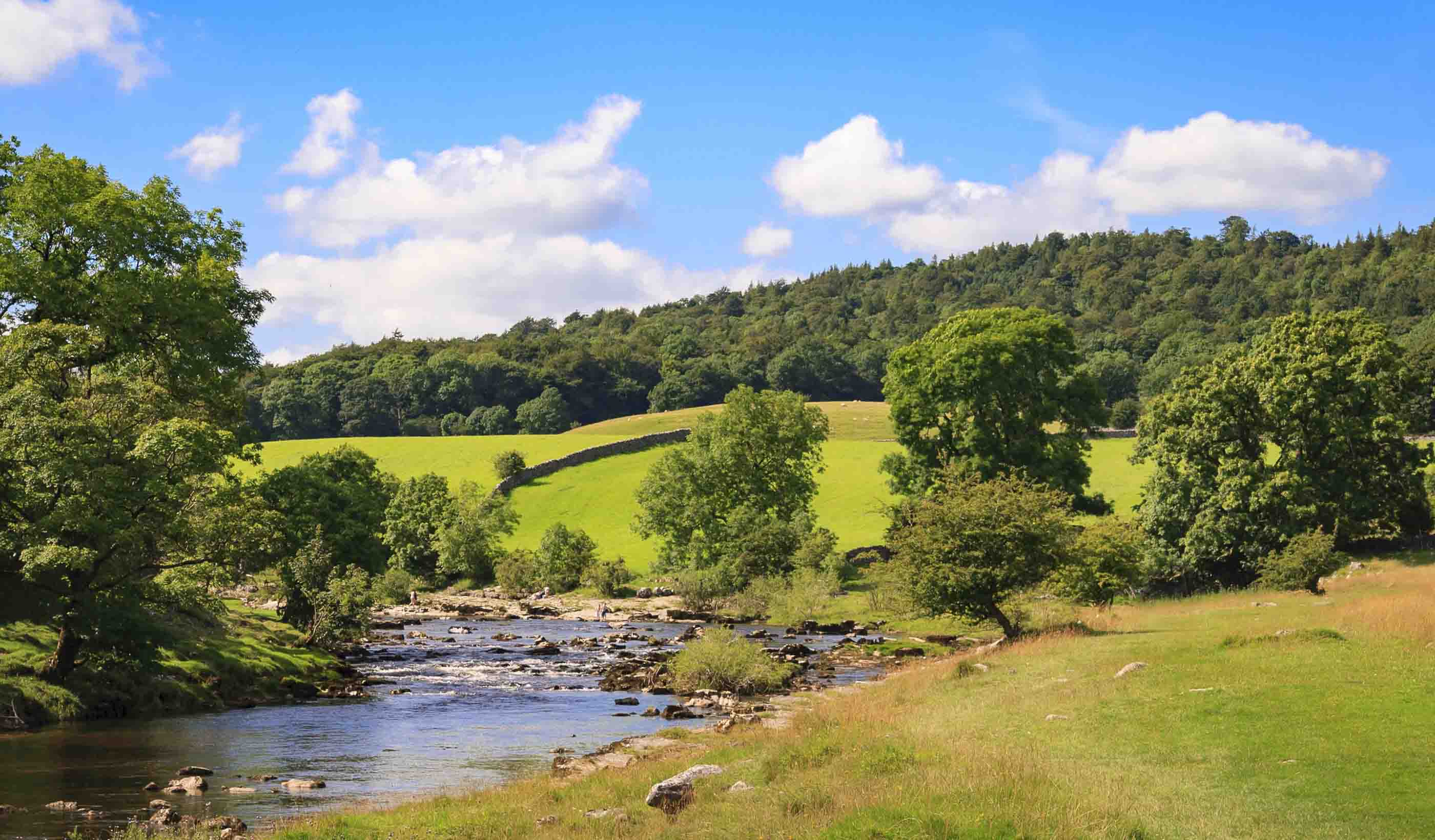
Published Article Collaboration Re-Defined: Positioning for Success at PR19
-
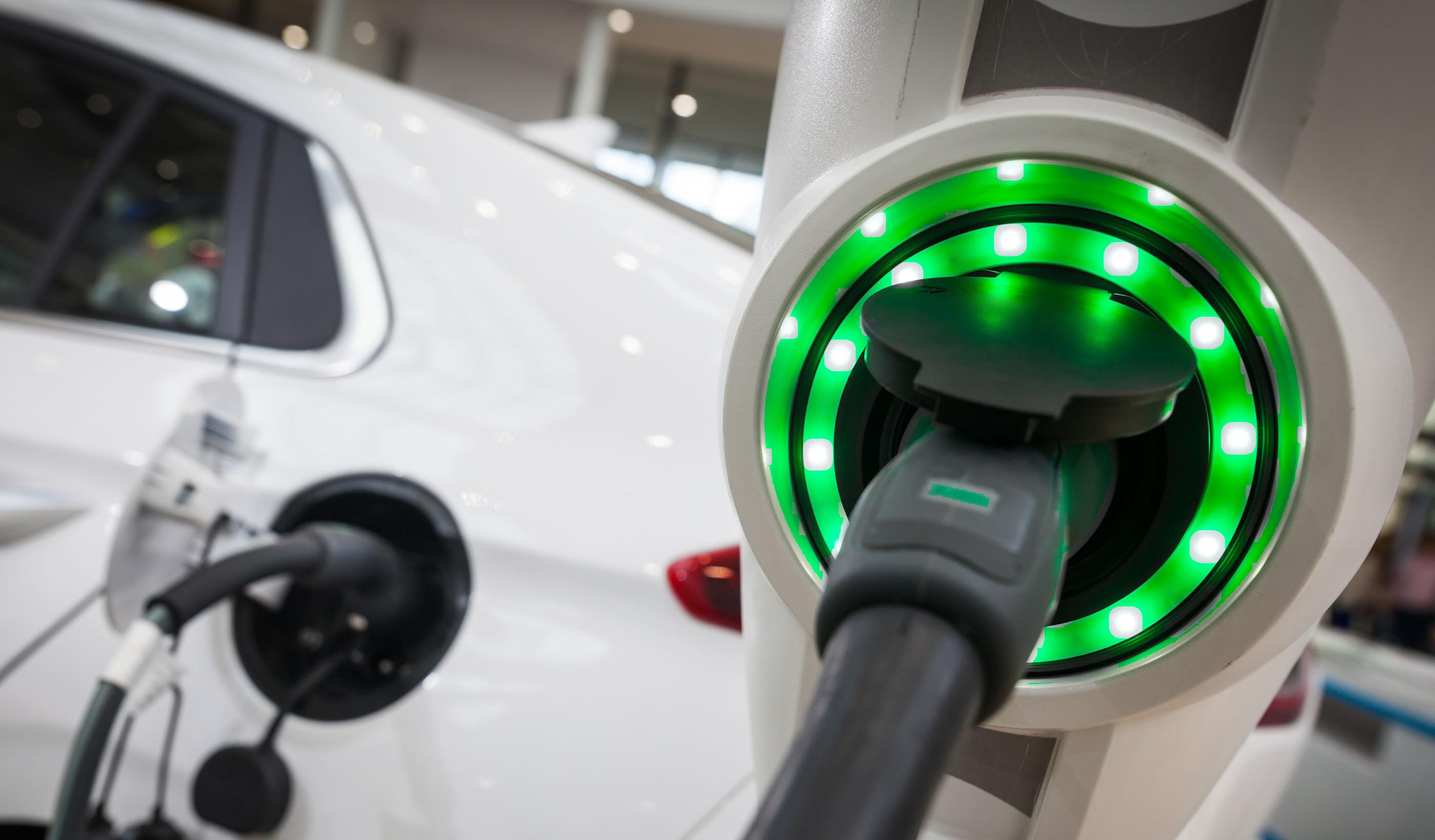
Blog Post Power poverty: the new paradigm for social and economic inequality of electric vehicles
-
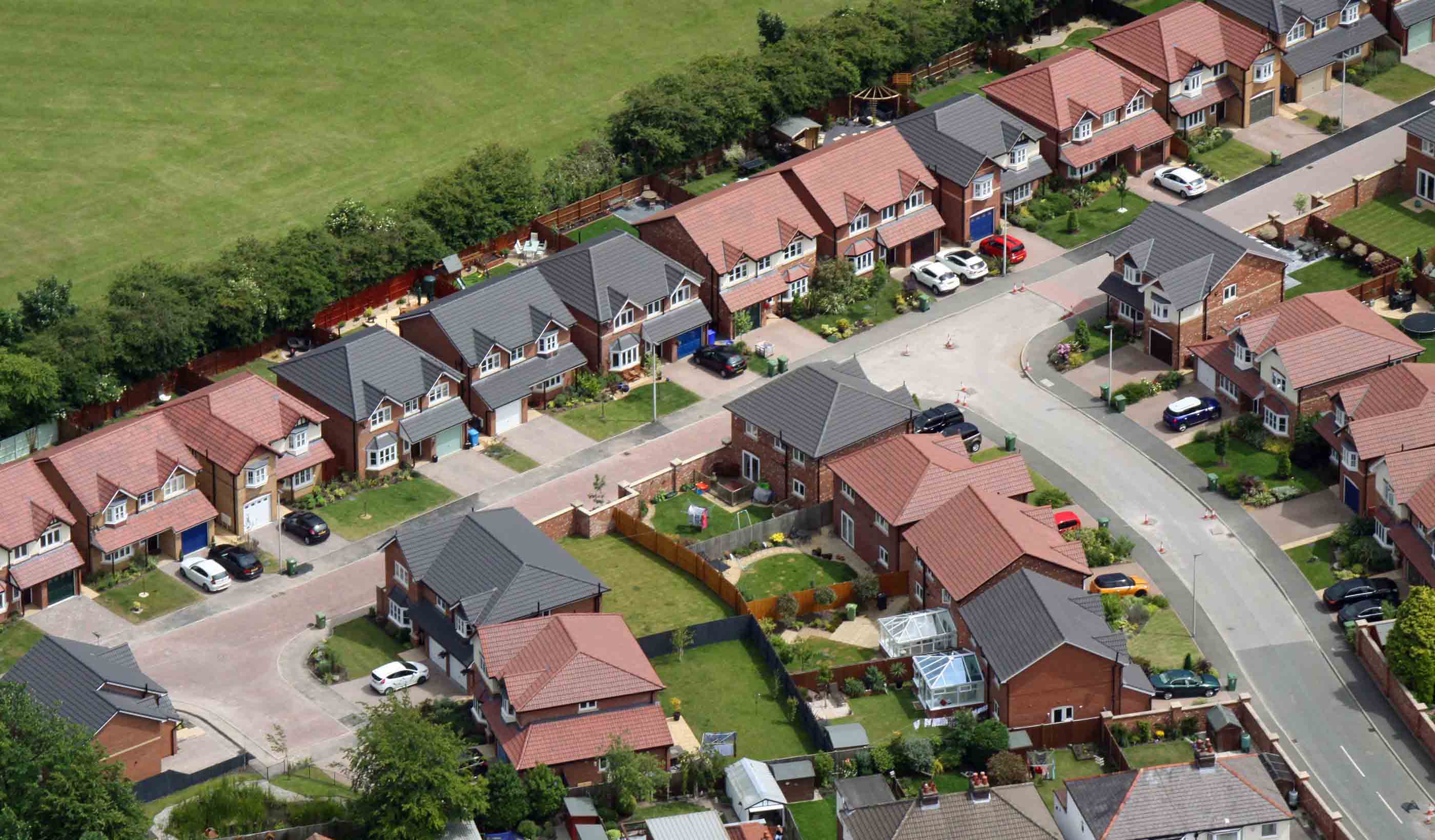
Navigating the draft revised National Planning Policy Framework
-

Blog Post Urban Greening and the Draft New London Plan
-
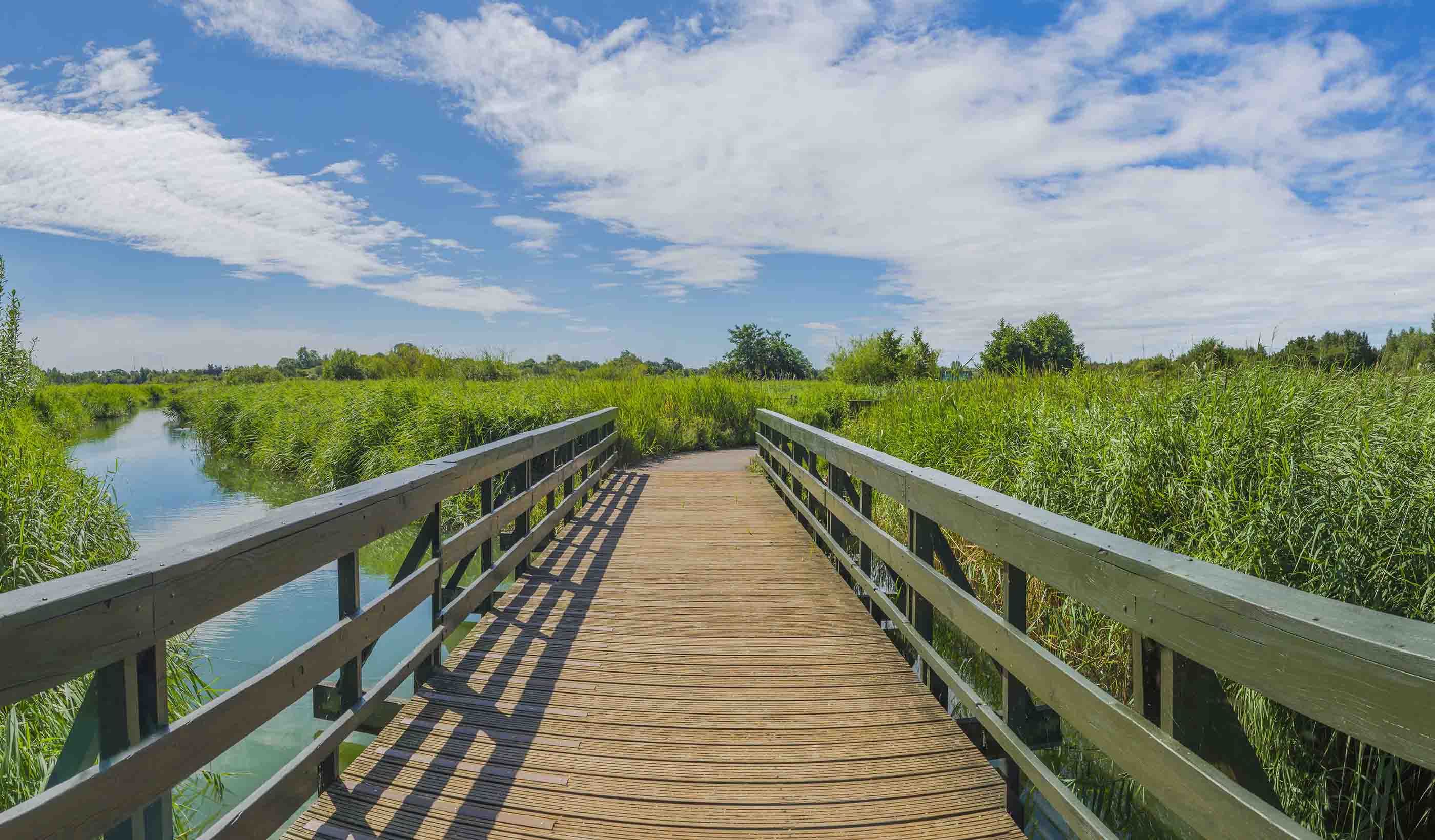
Blog Post World Wetlands Day 2018
-

Blog Post The healthy garden city
-
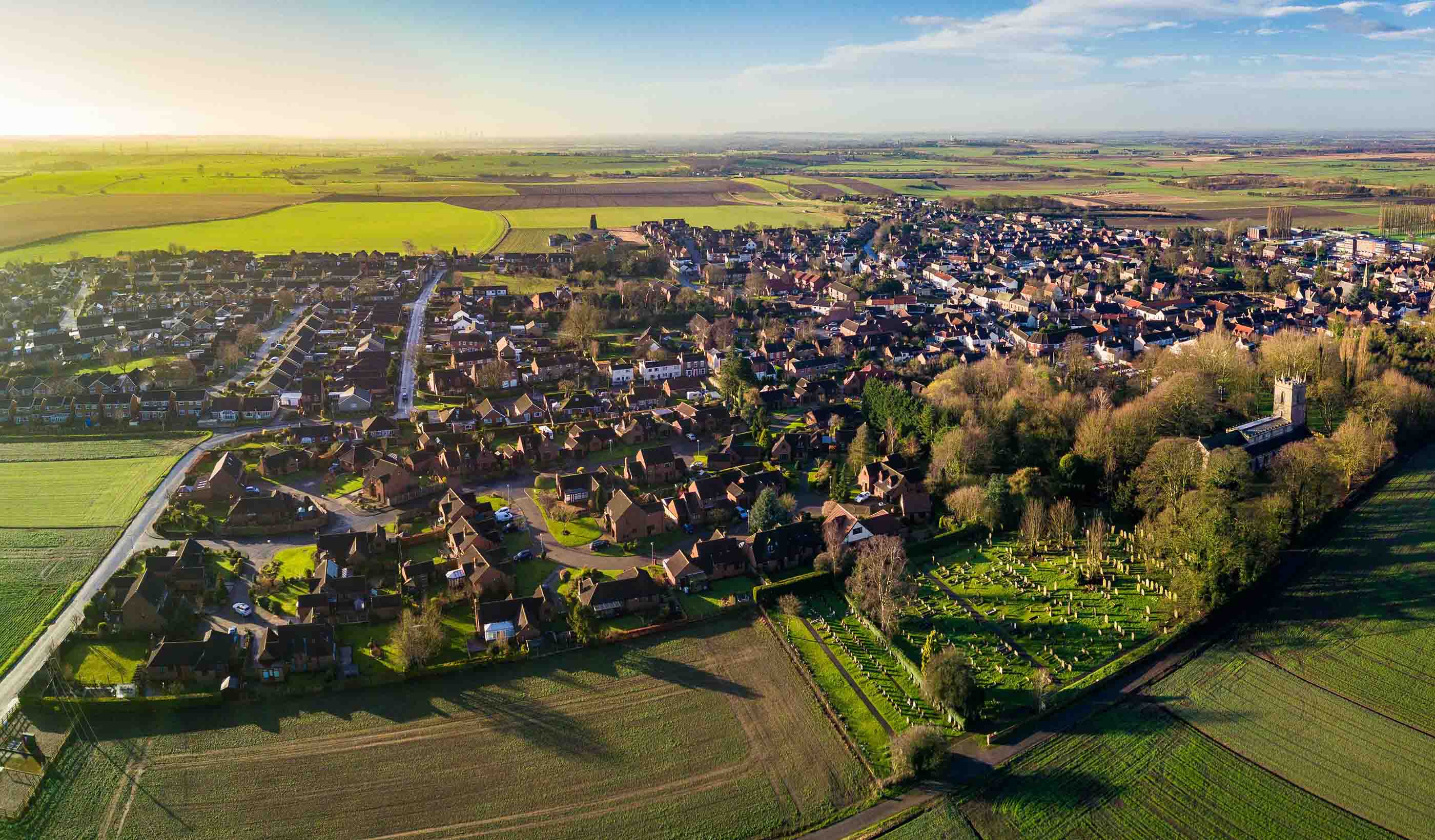
Blog Post The challenges of post-decision monitoring in EIAs
-

Blog Post Garden cities: lighter, faster, cheaper
-

Blog Post Garden cities & movement: achieving 'good growth'
-
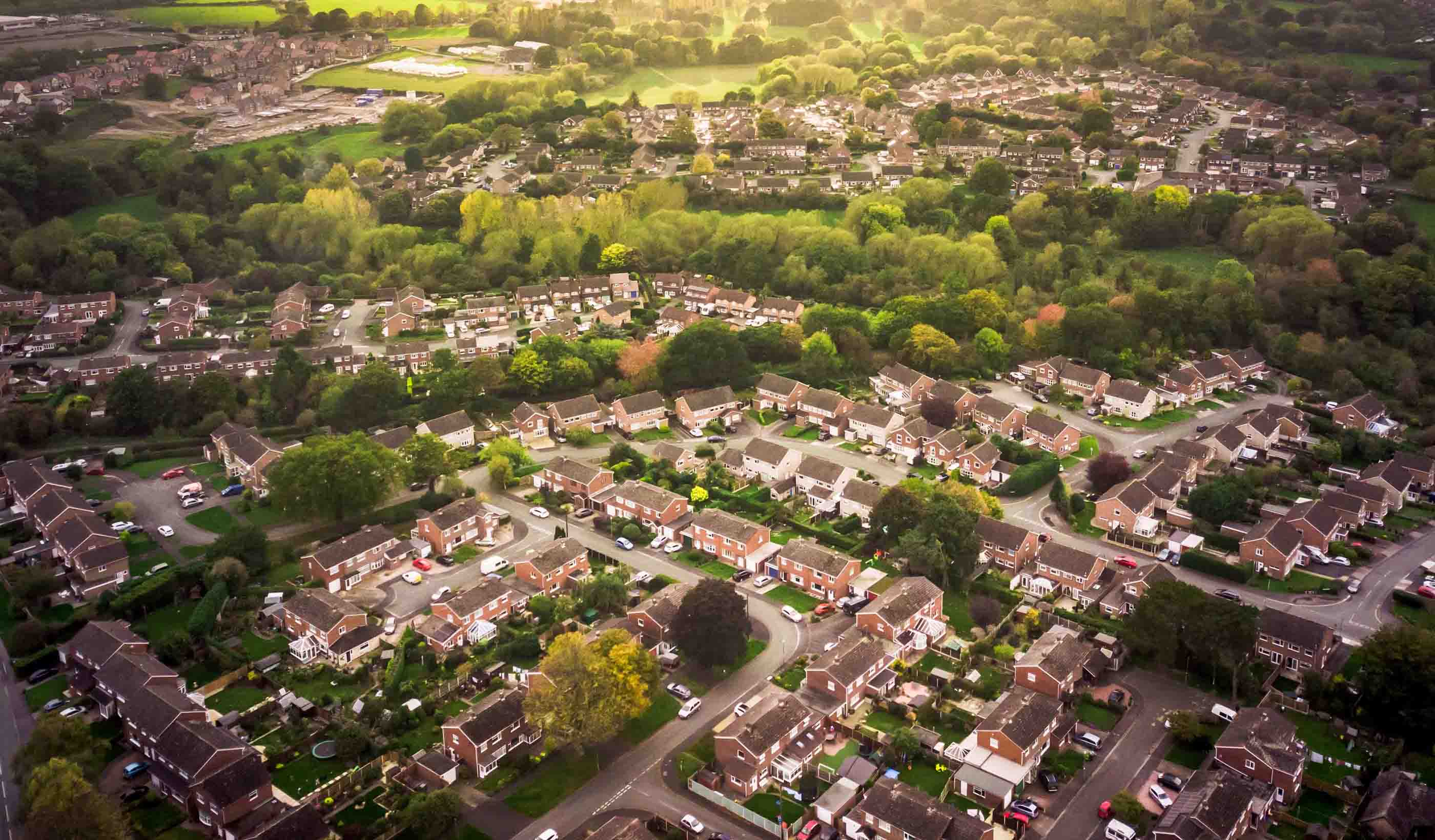
Blog Post Housing need: what can we learn from the new CLG proposals?
-
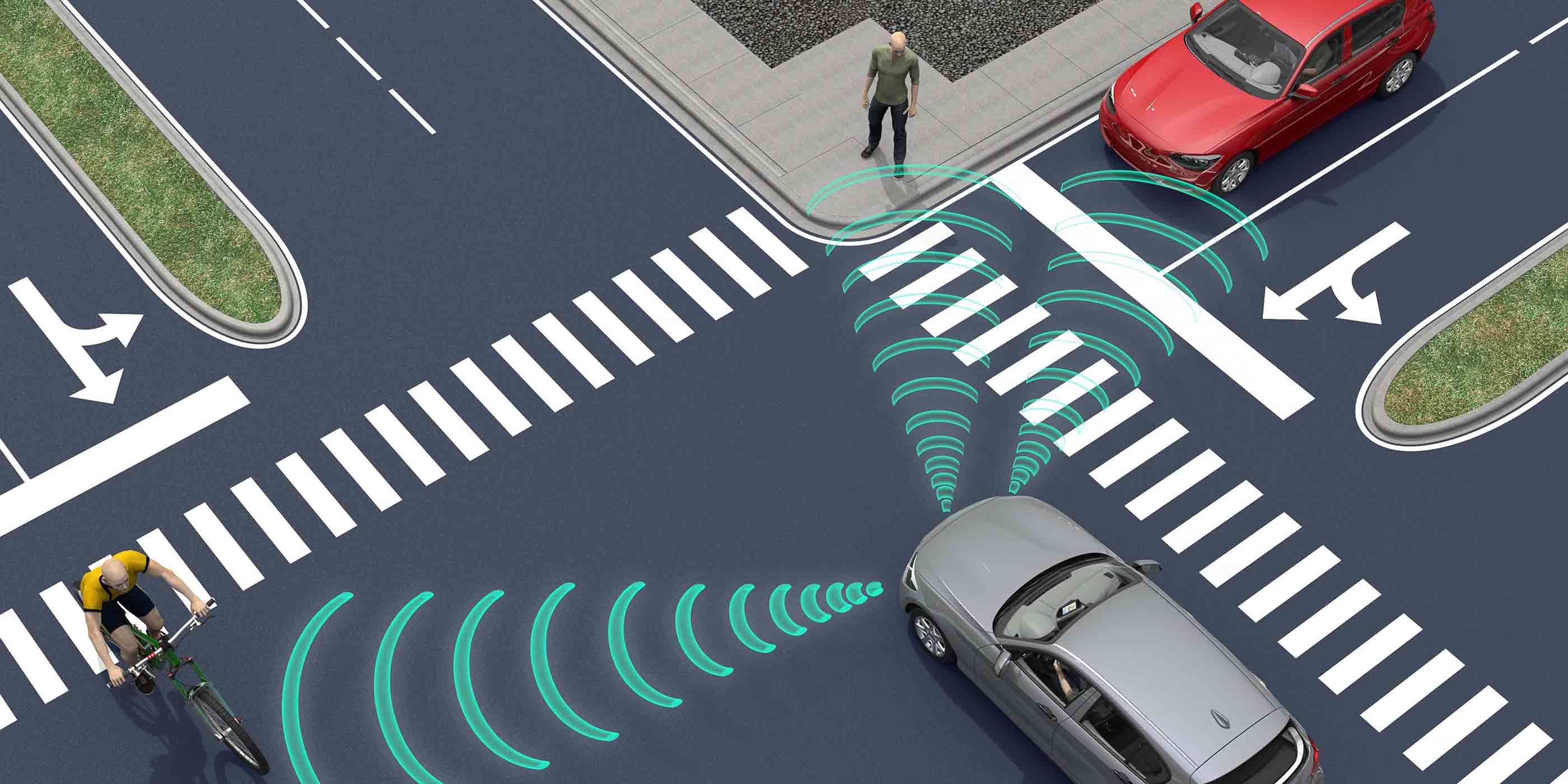
Blog Post Vehicle for change
-
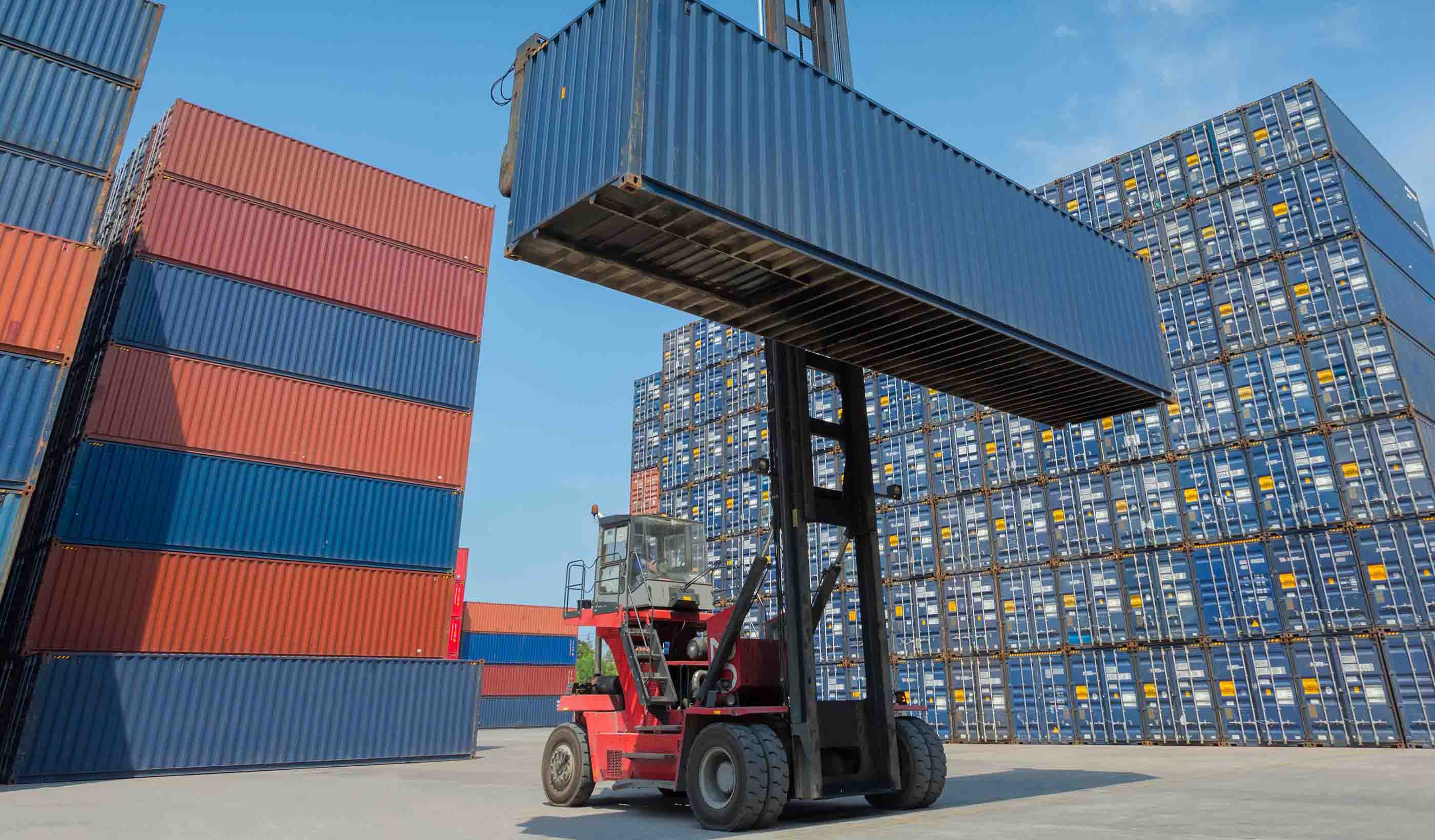
Blog Post The changing face of freight and logistics
-

Turning transport planning on its head: part II
-

Turning transport planning on its head: part I
-

Blog Post Brexit an environmental opportunity
-

Blog Post Explaining the case for infrastructure projects
-
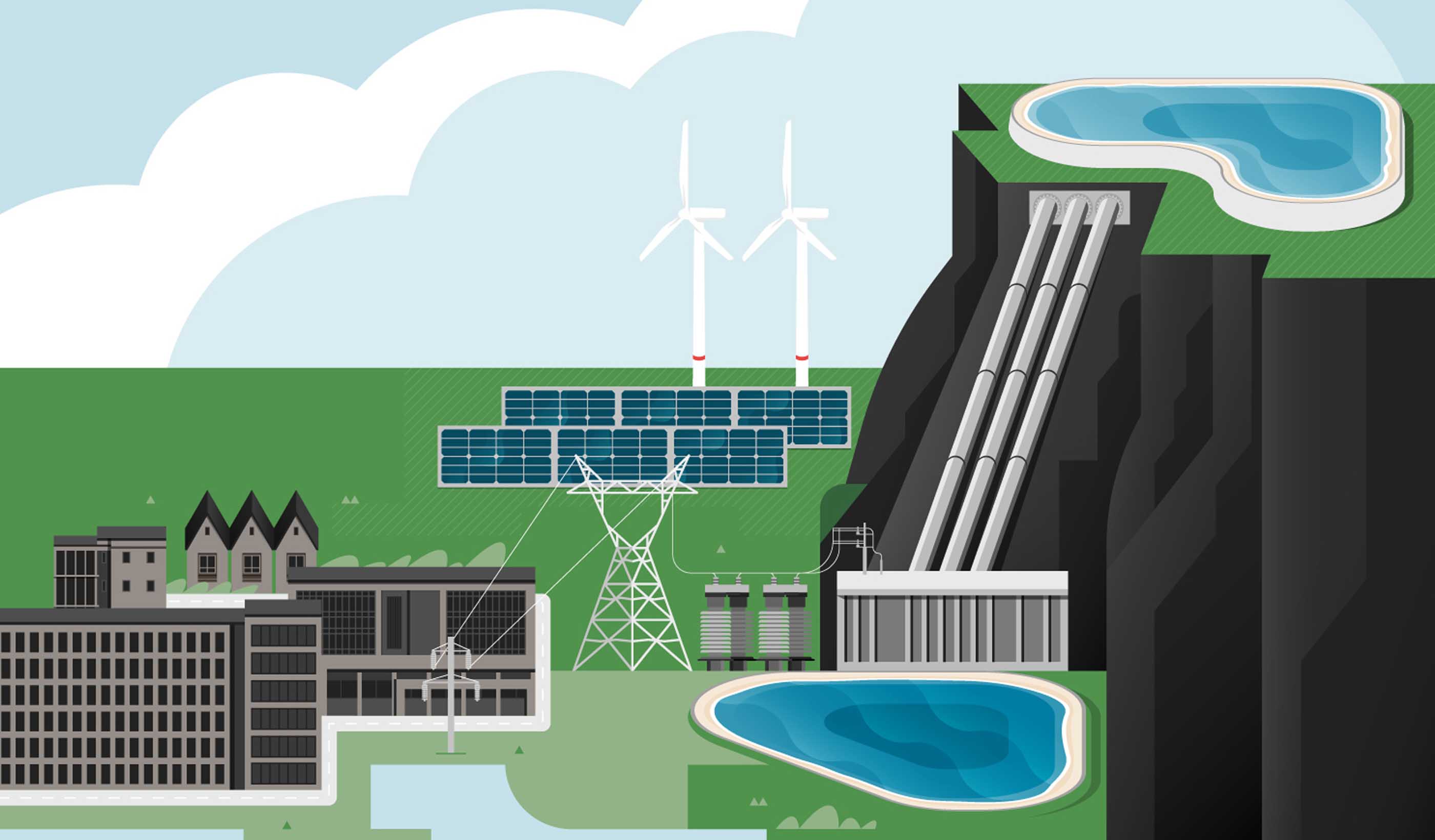
Interactive Can pumped storage fuel a more sustainable future?
-

Interactive The energy transition is about more than renewables
-

Interactive The Four Pillars of Successful Offshore Wind Development Consent Orders
-
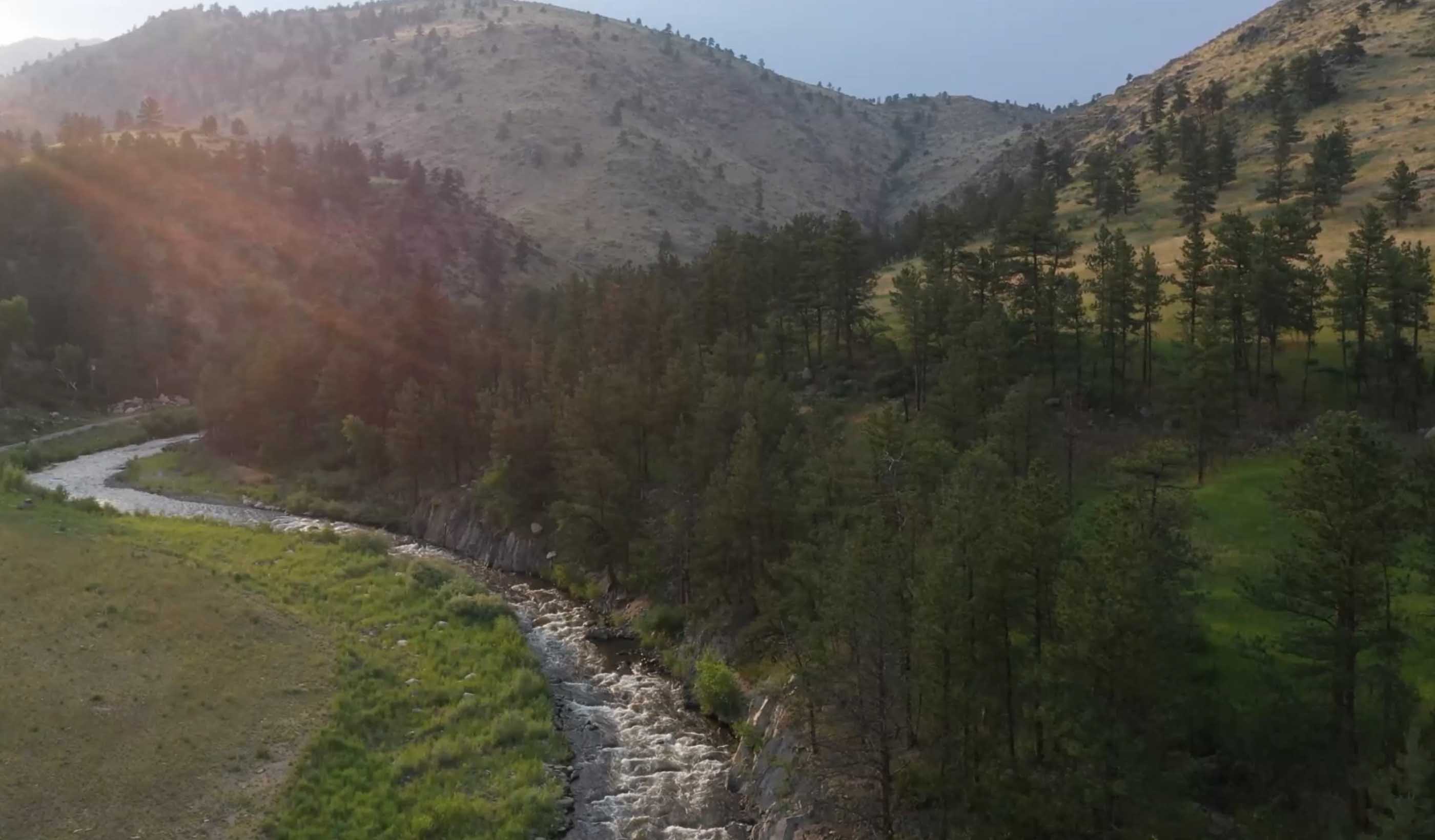
Interactive 6 Ways to Meet Your ESG Goals Through Nature
-
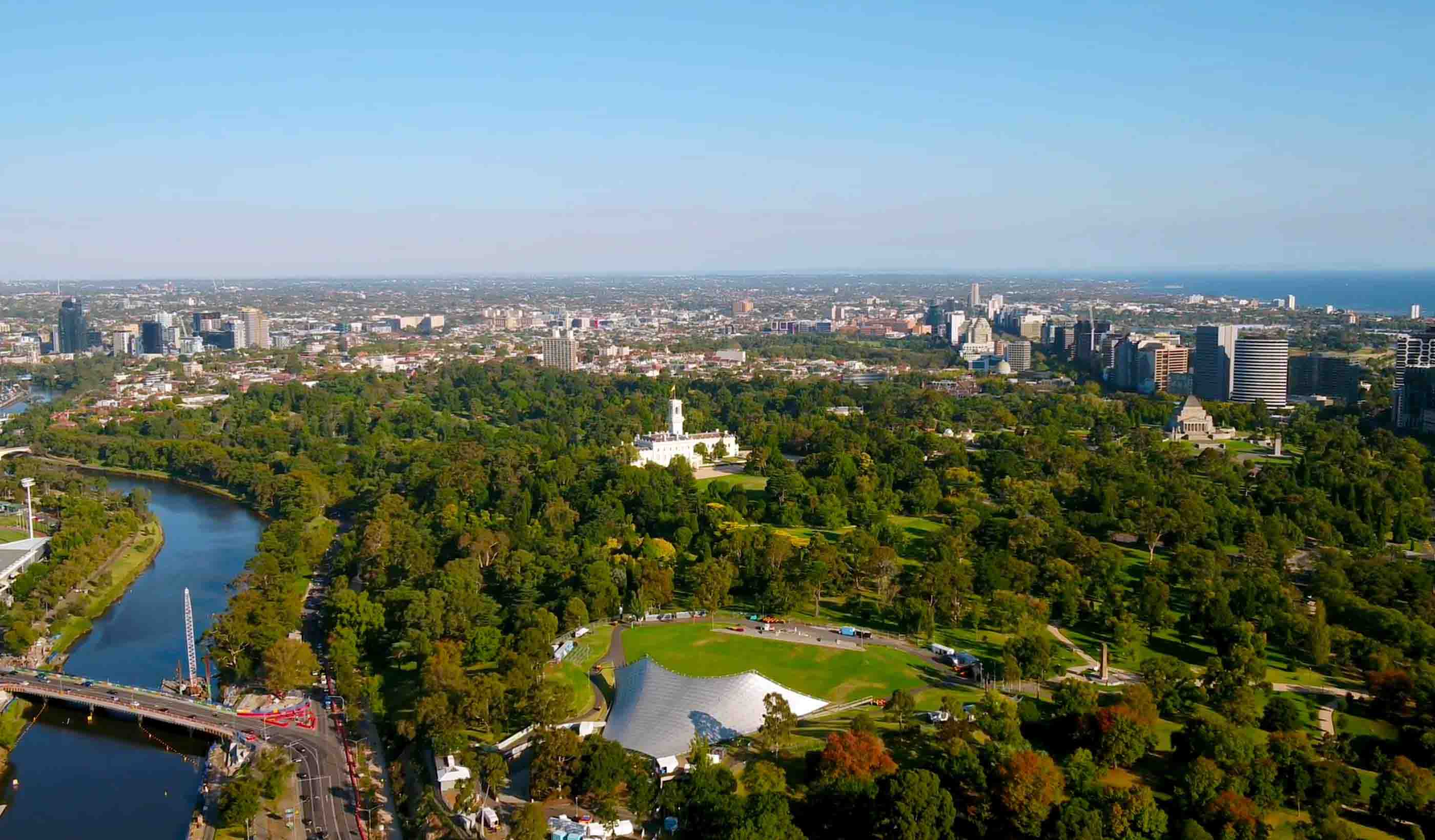
Interactive You have an energy transition or climate action plan, but is it integrated?
-
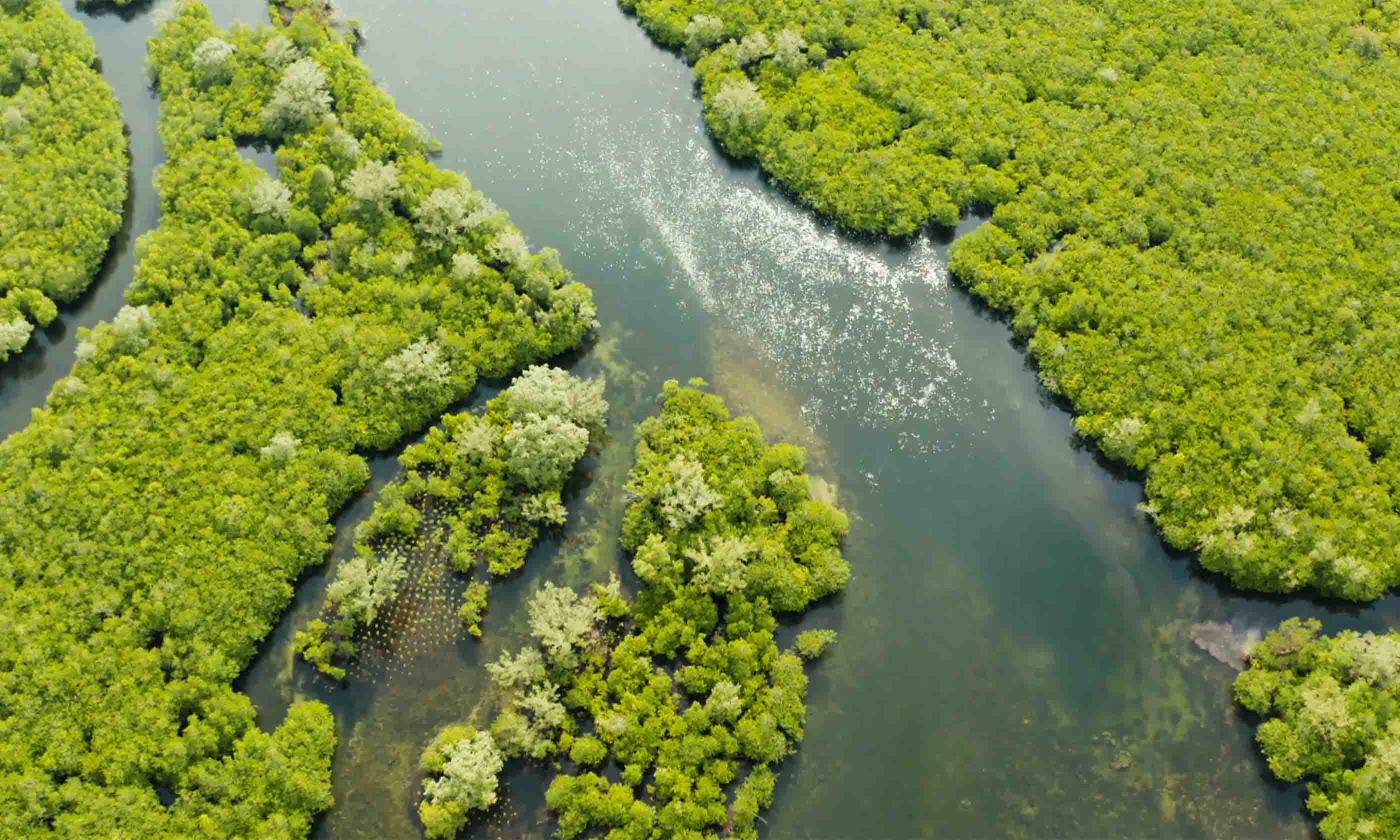
Interactive Stantec is committed to climate action
-
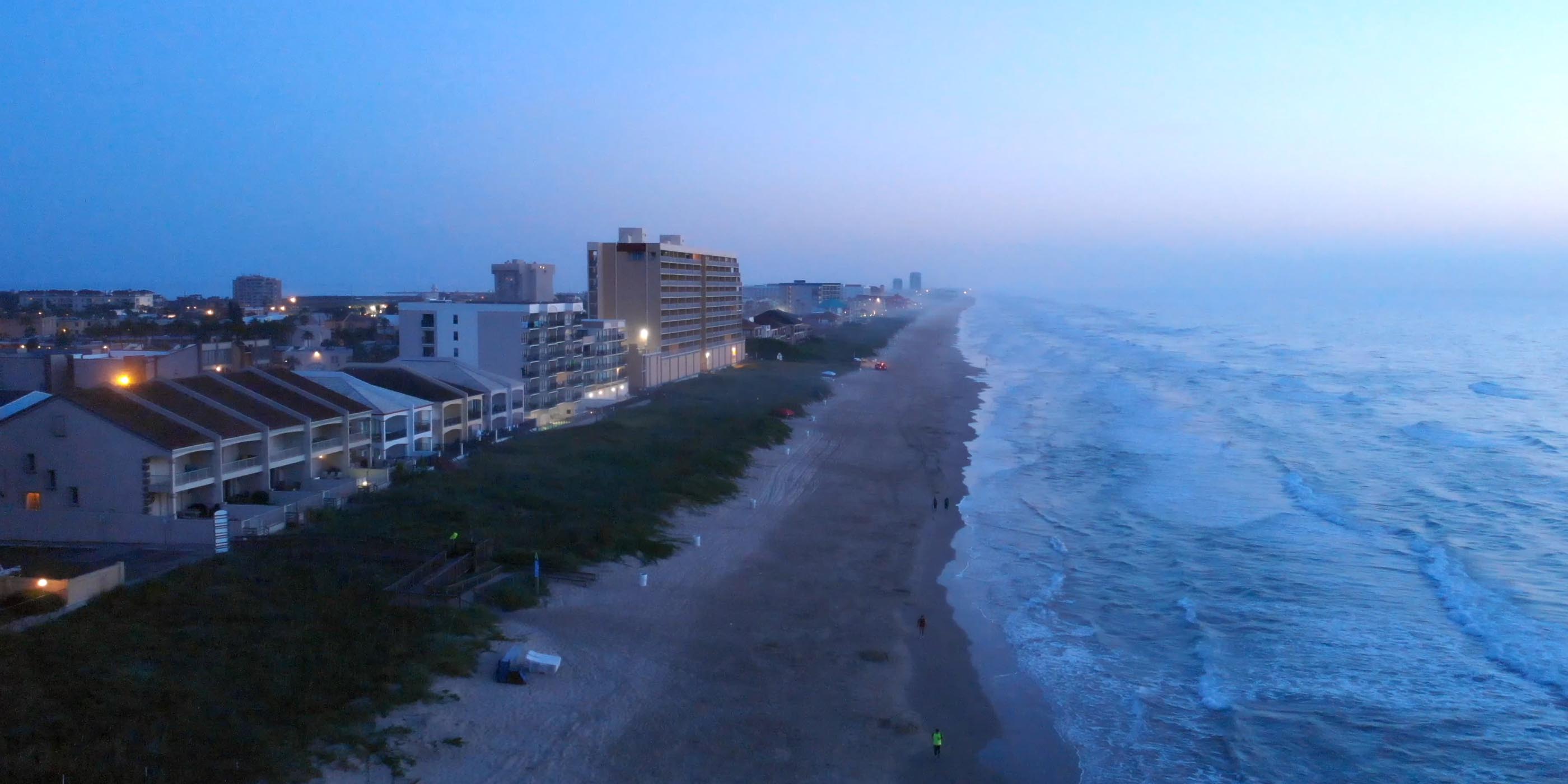
Interactive Coastal resilience by the numbers
-
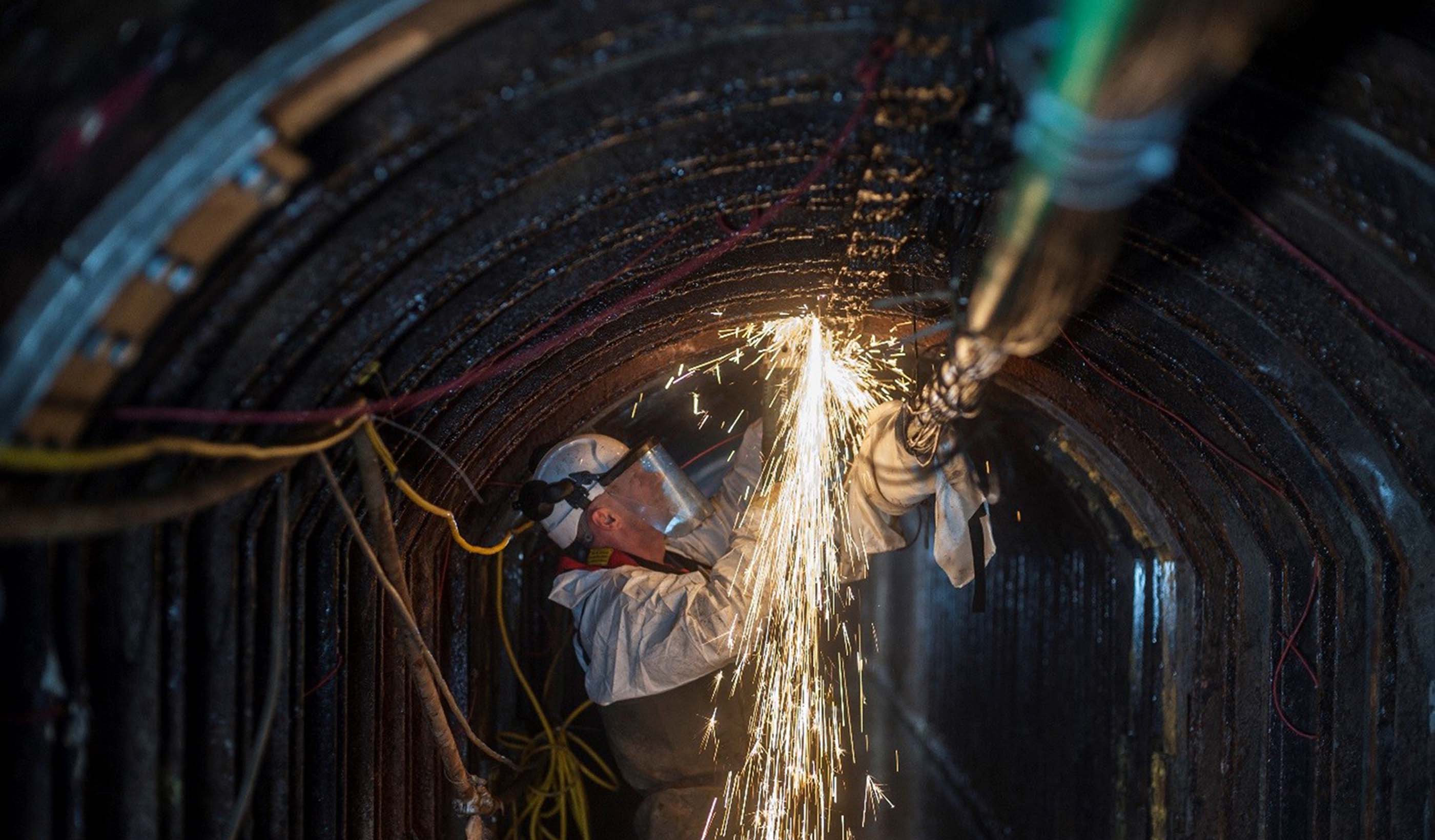
Sparking Innovation: King’s Scholar’s Pond Sewer Rehabilitation
